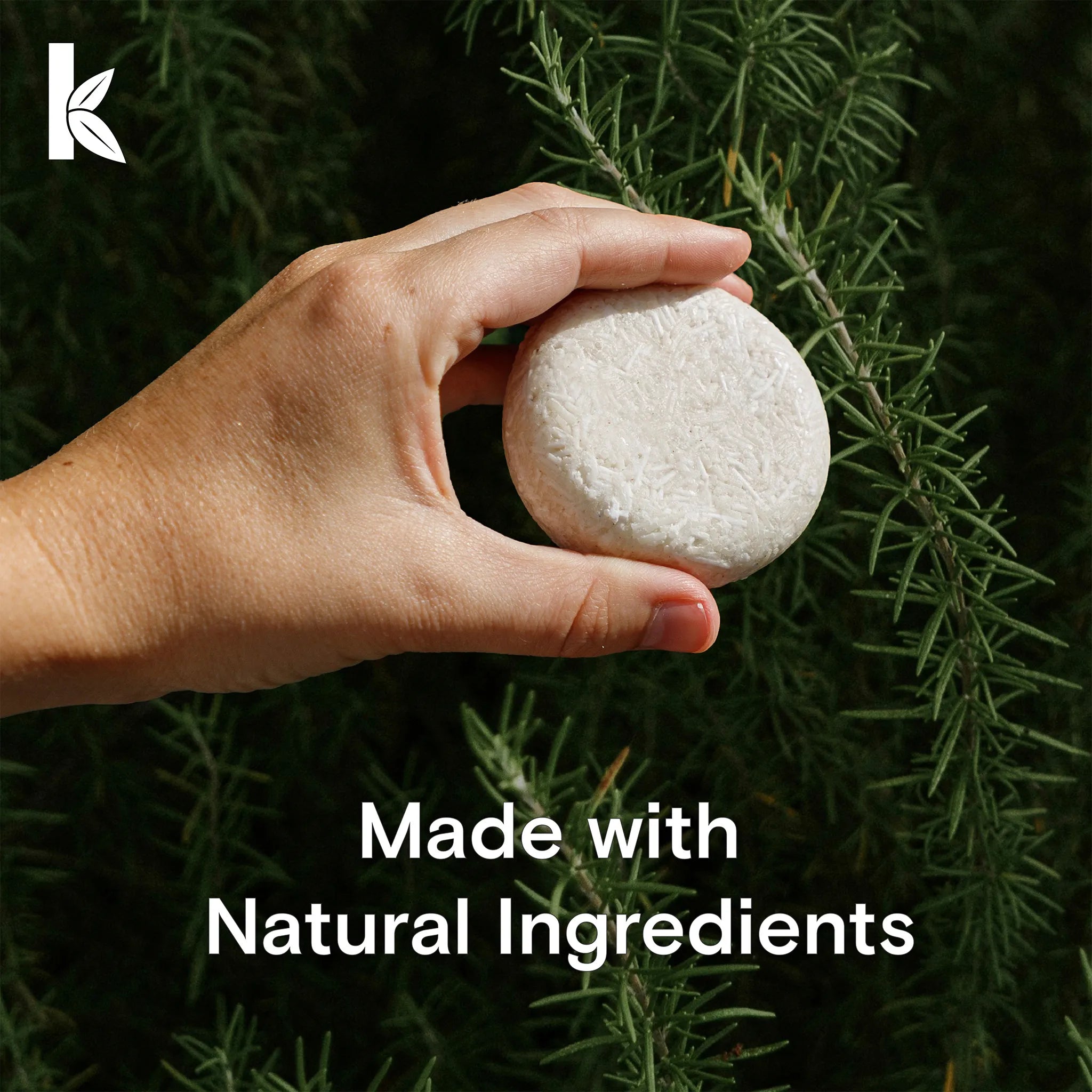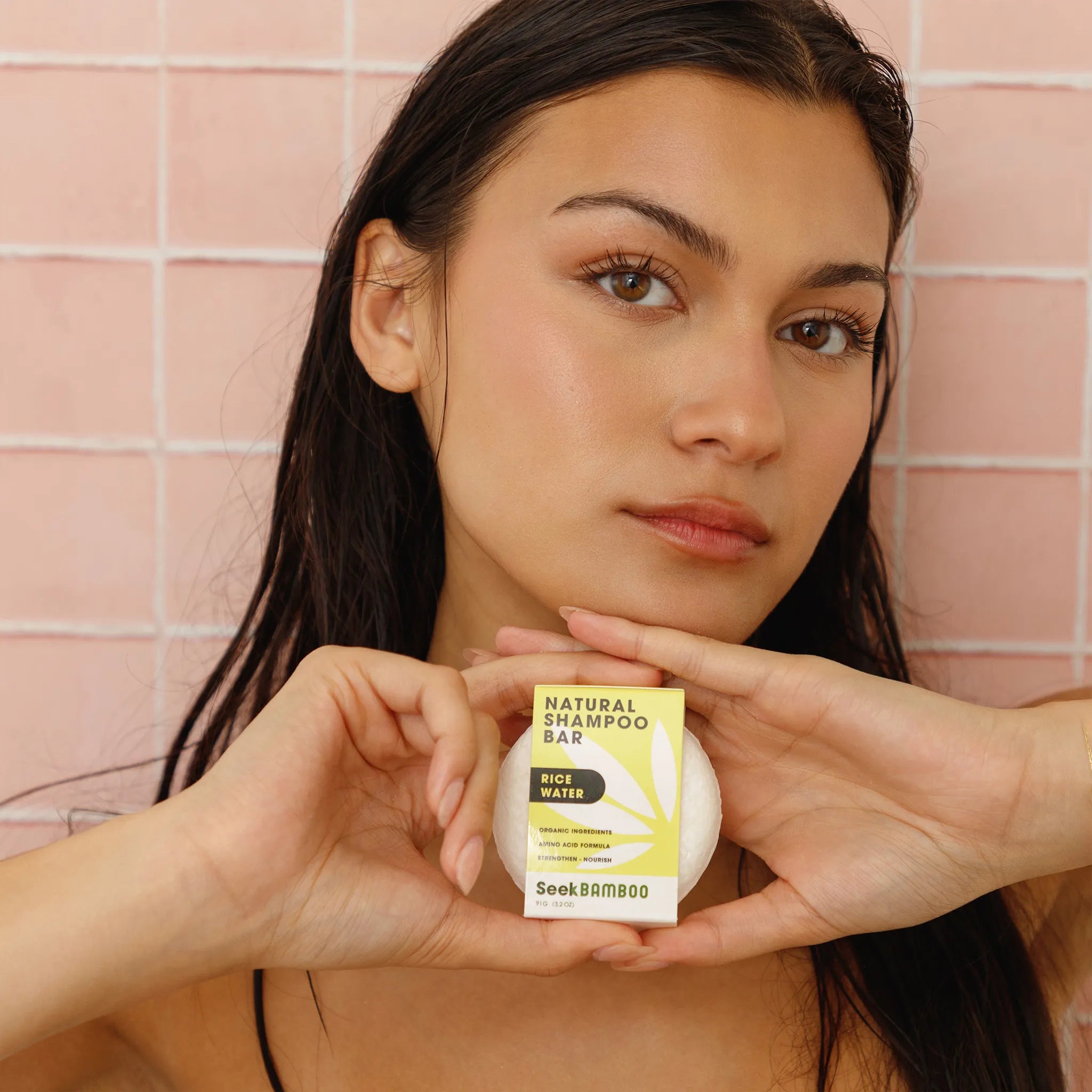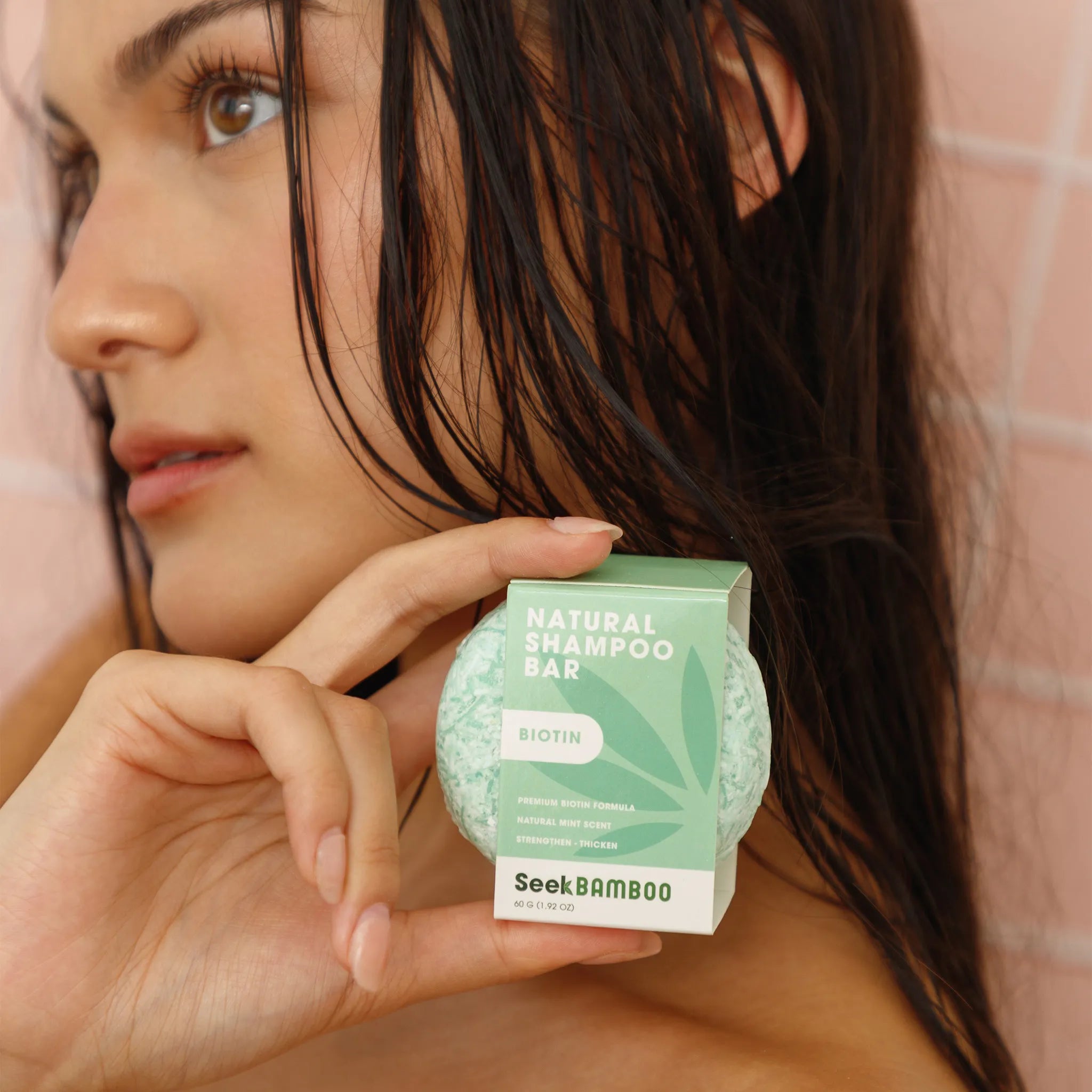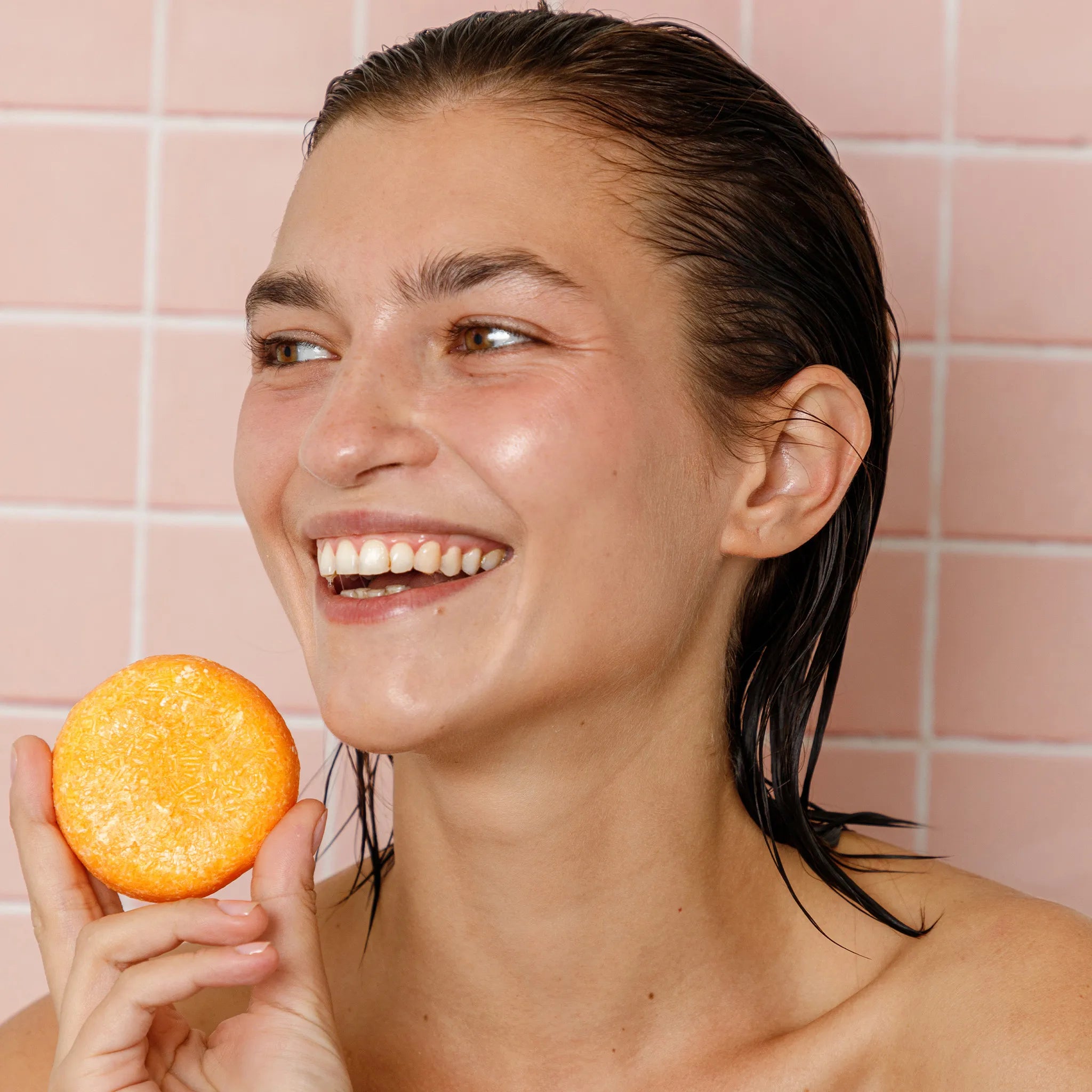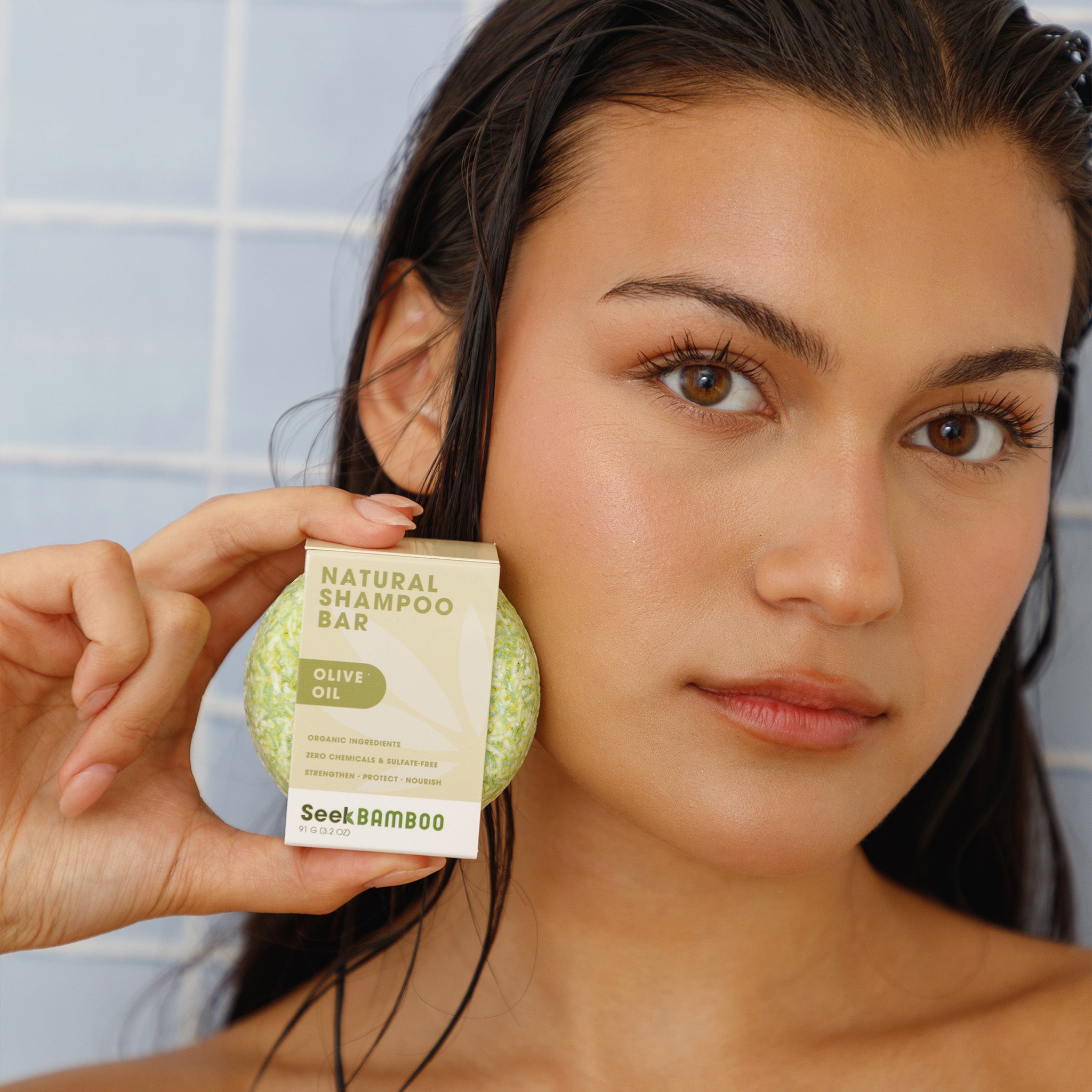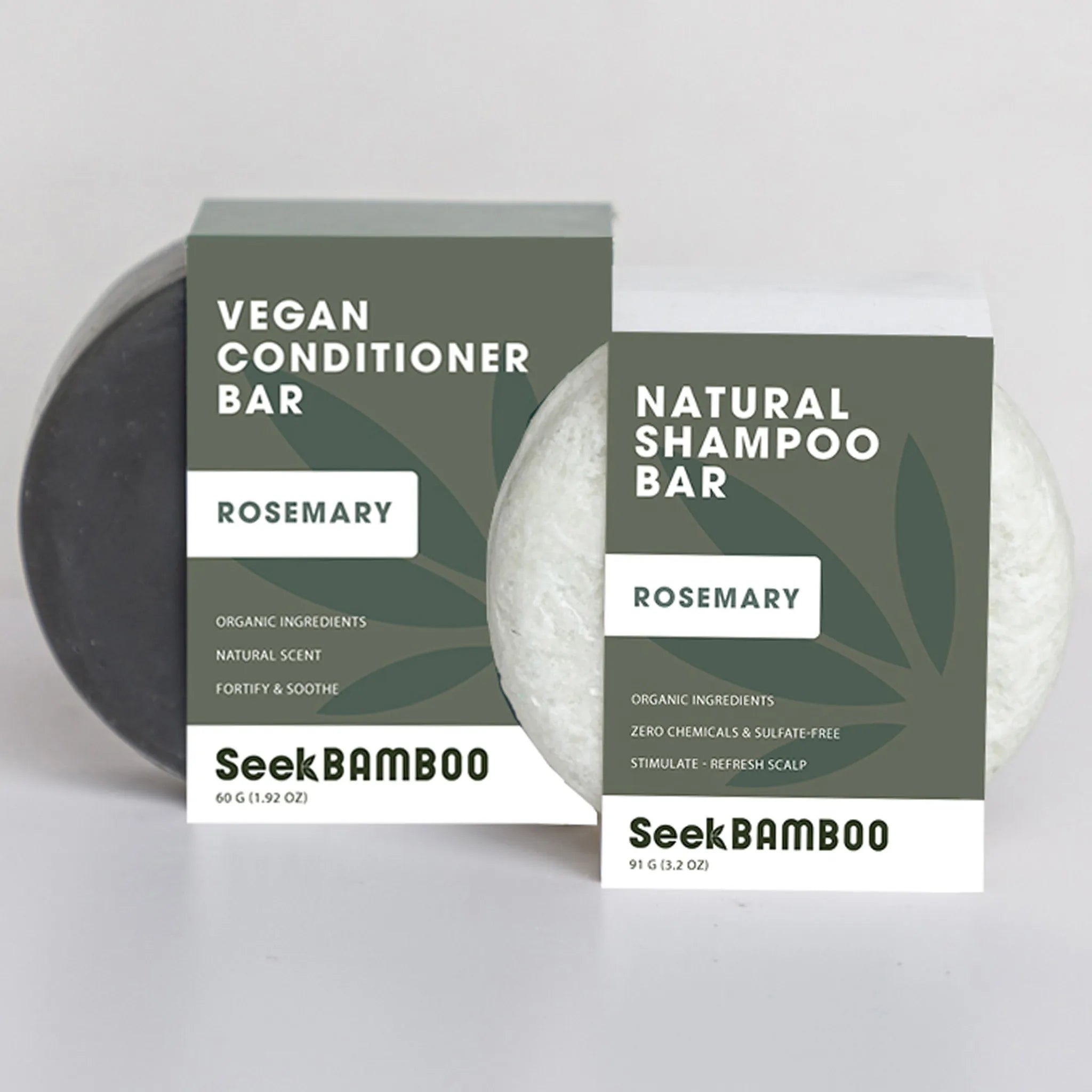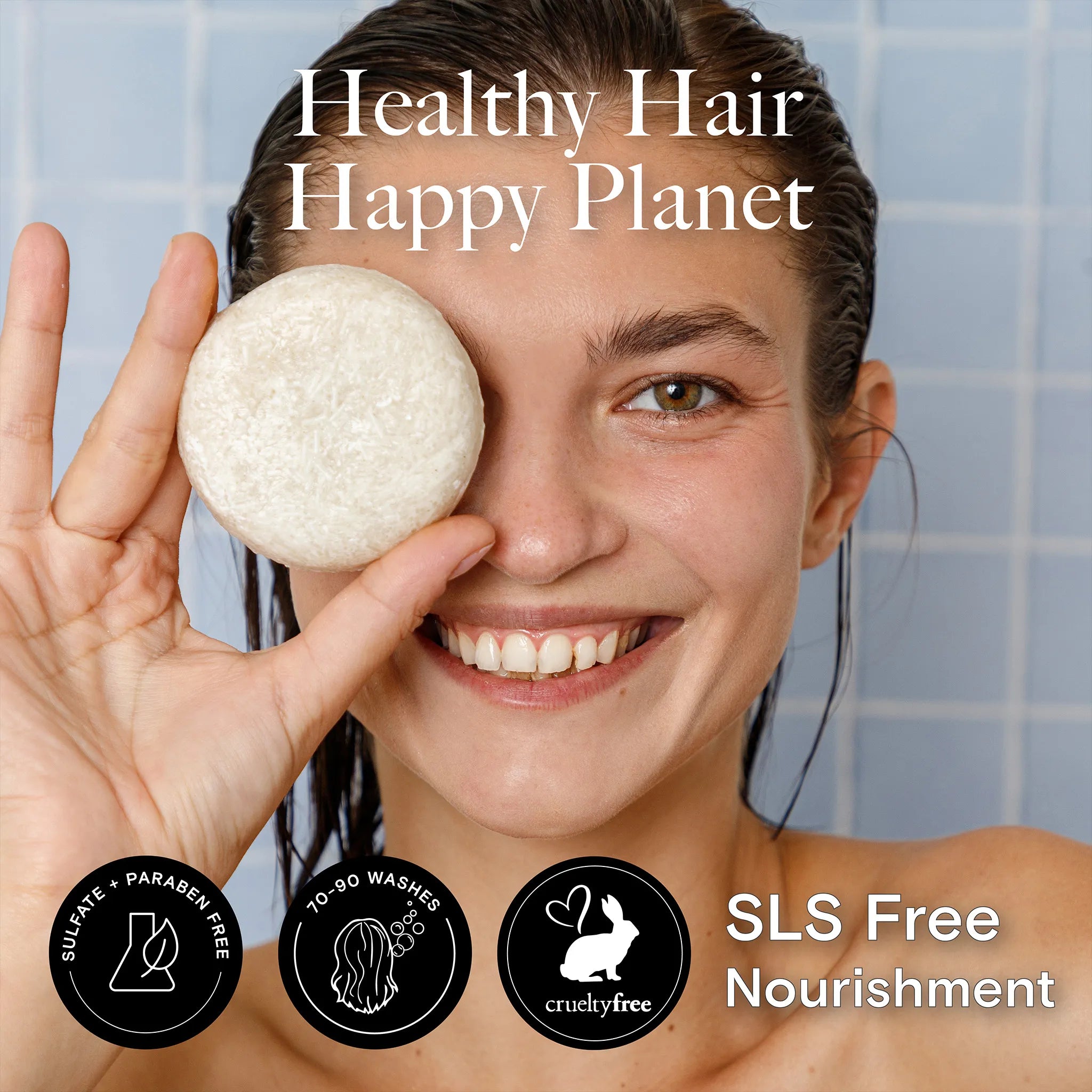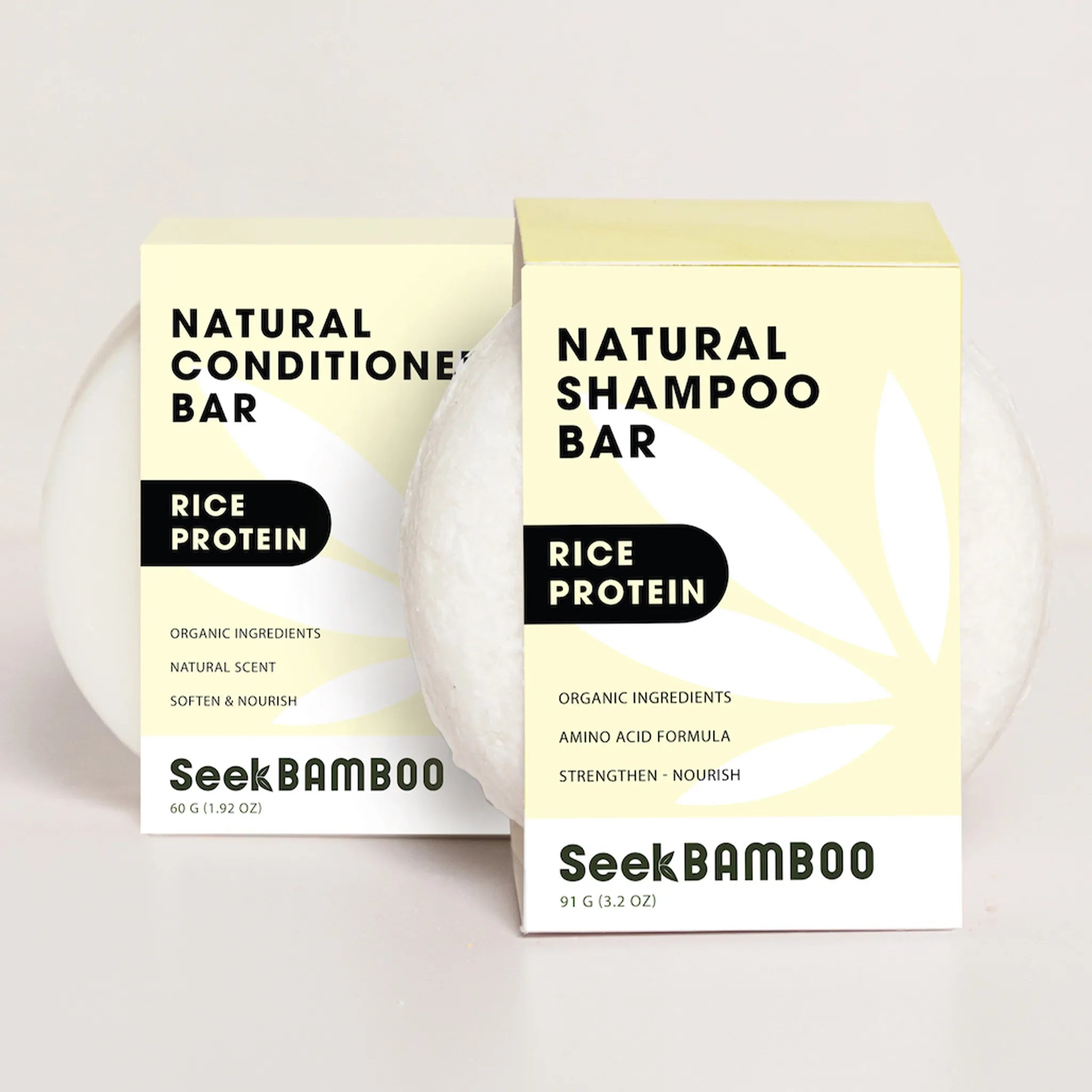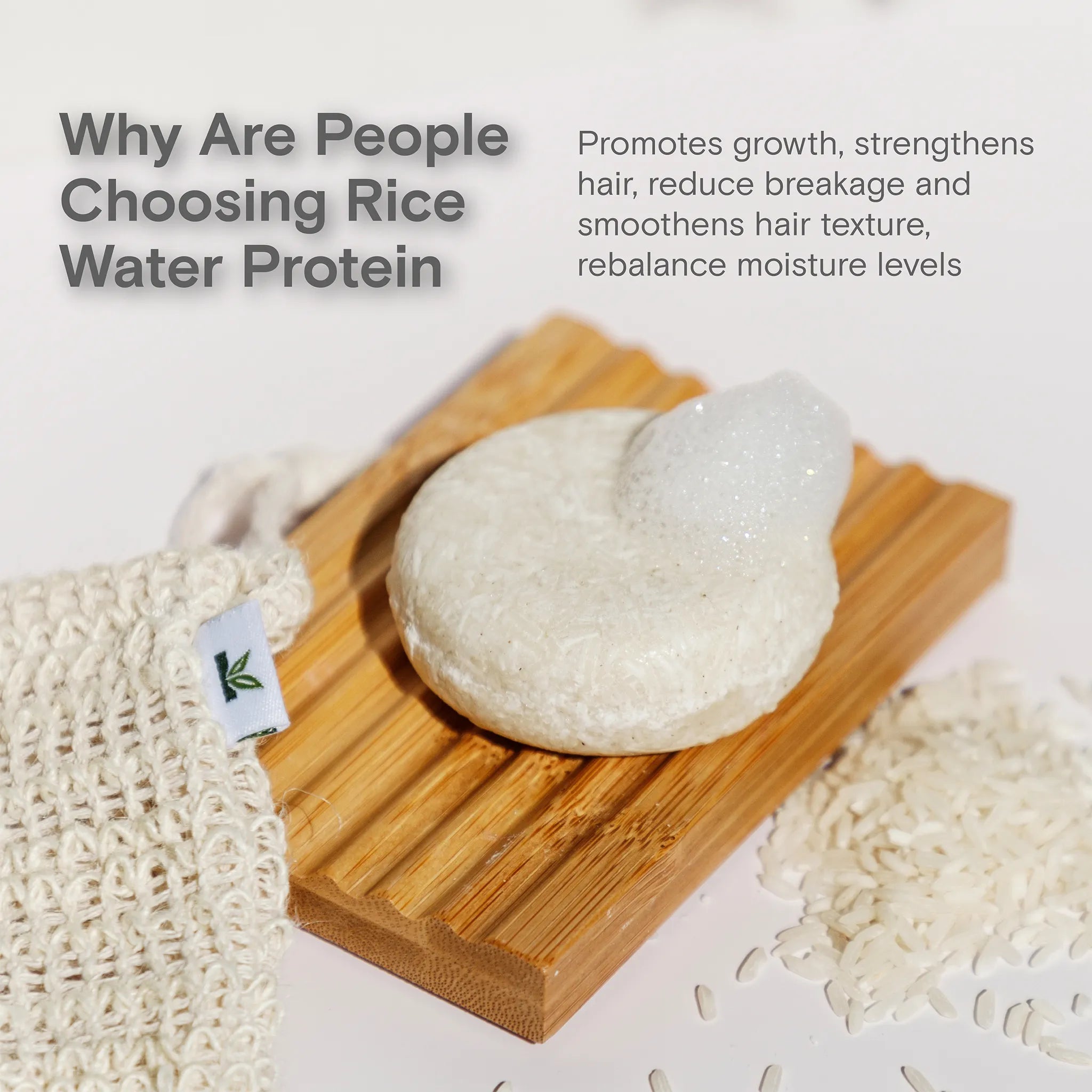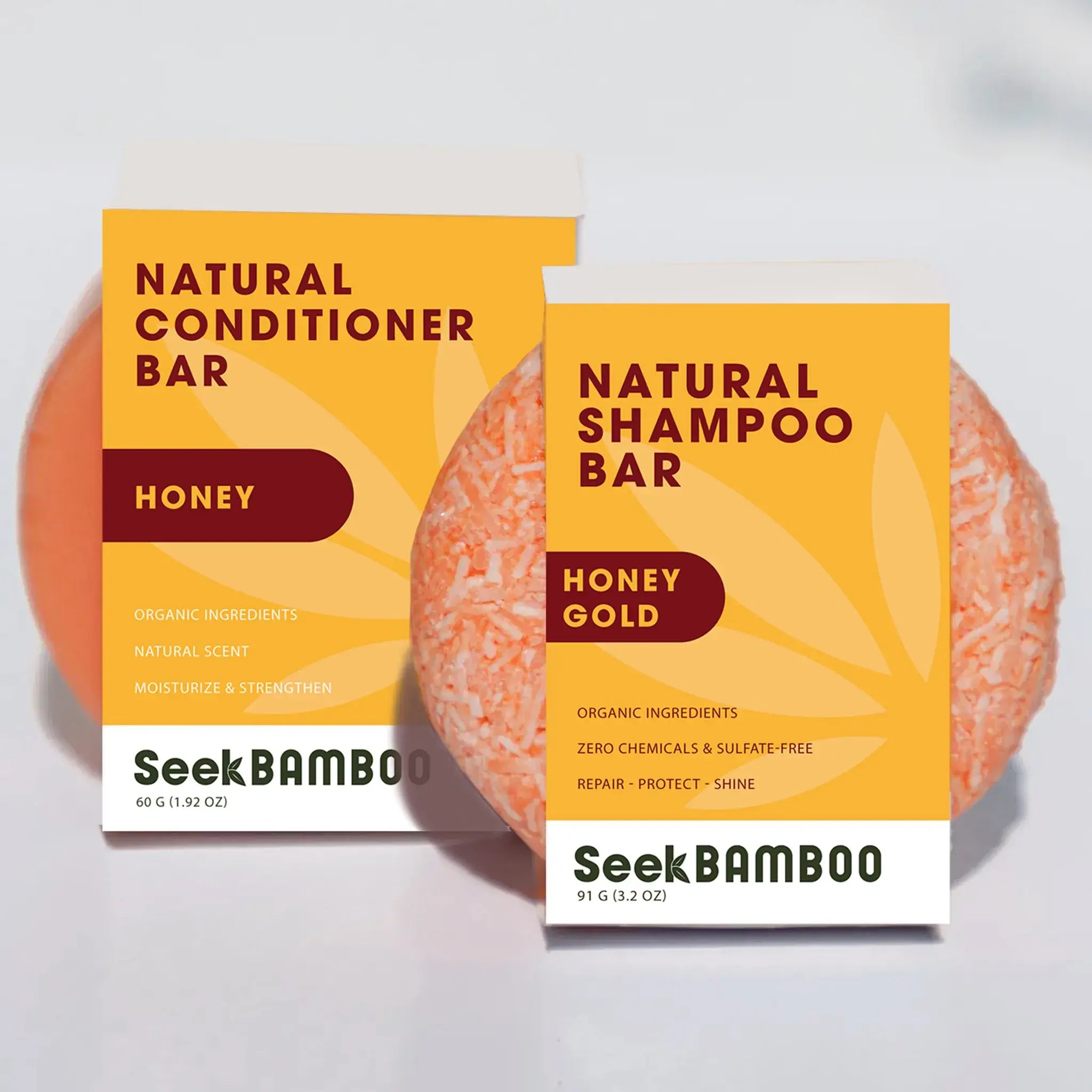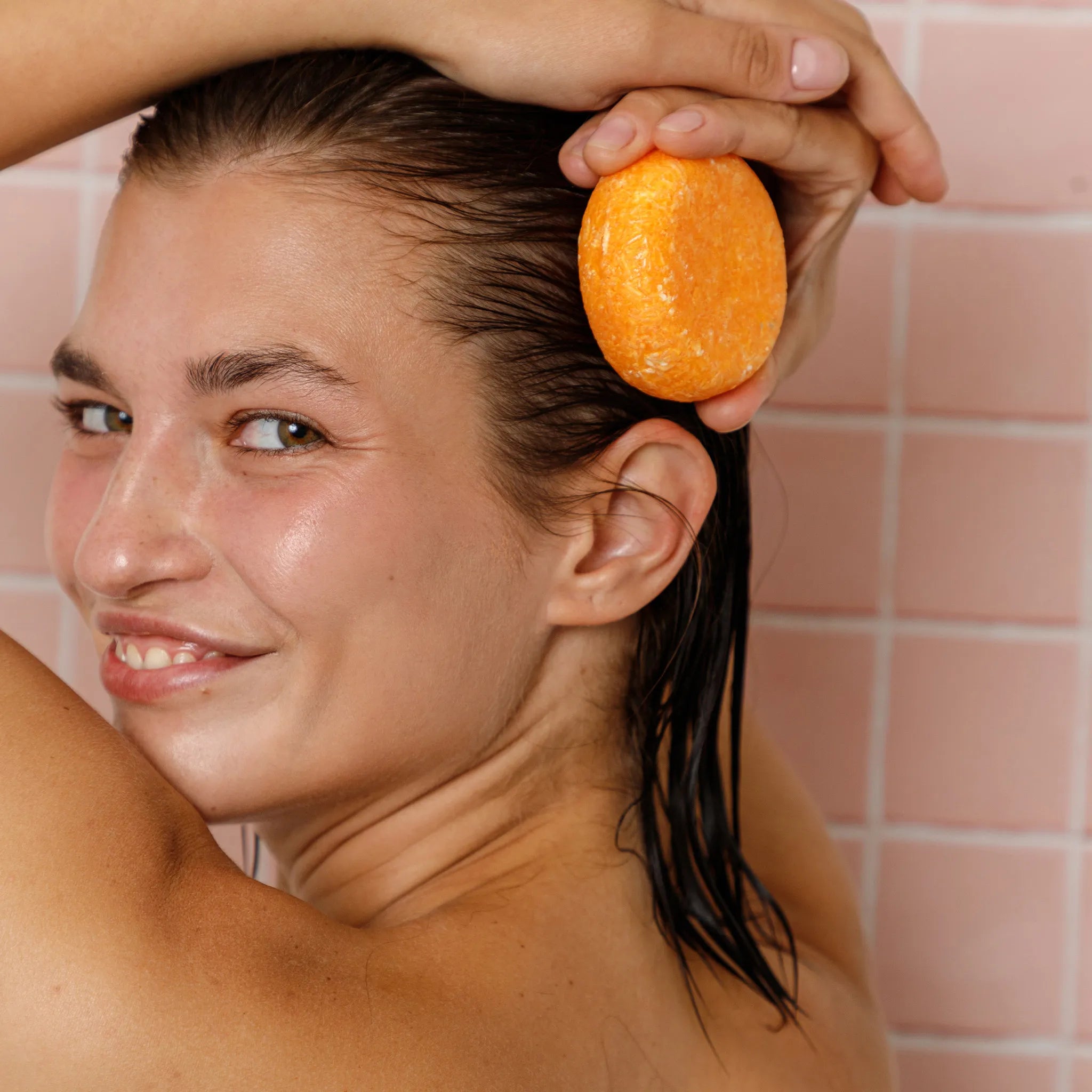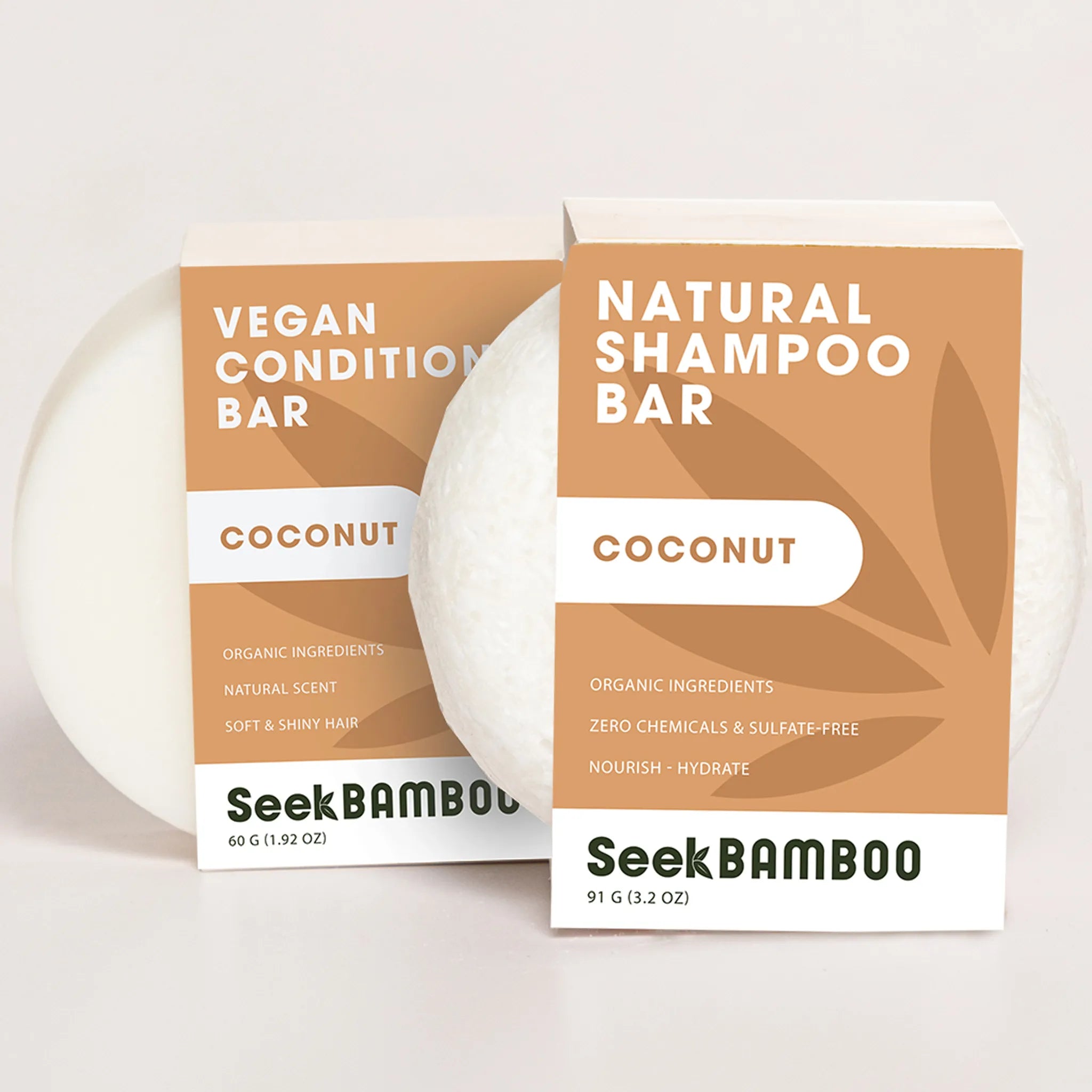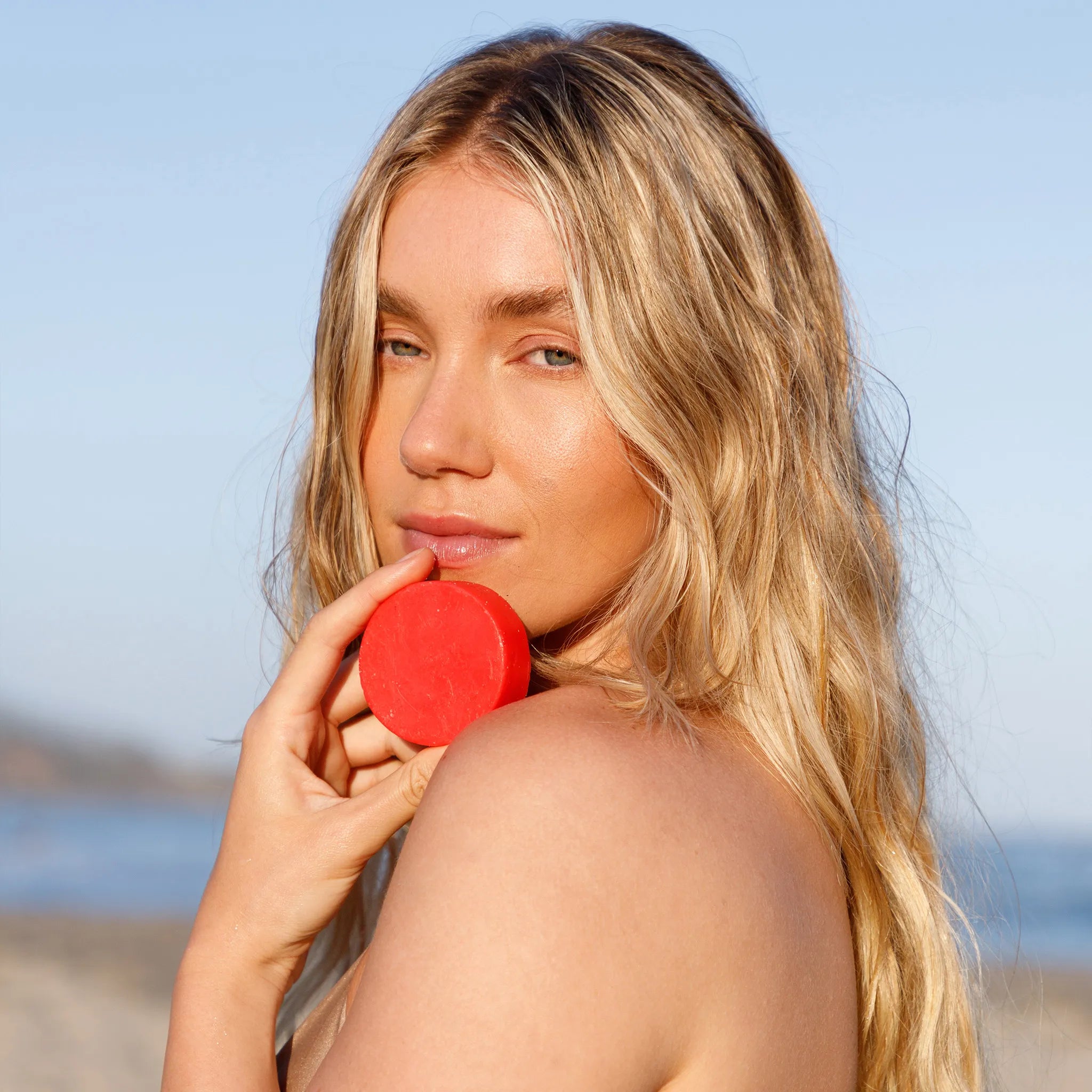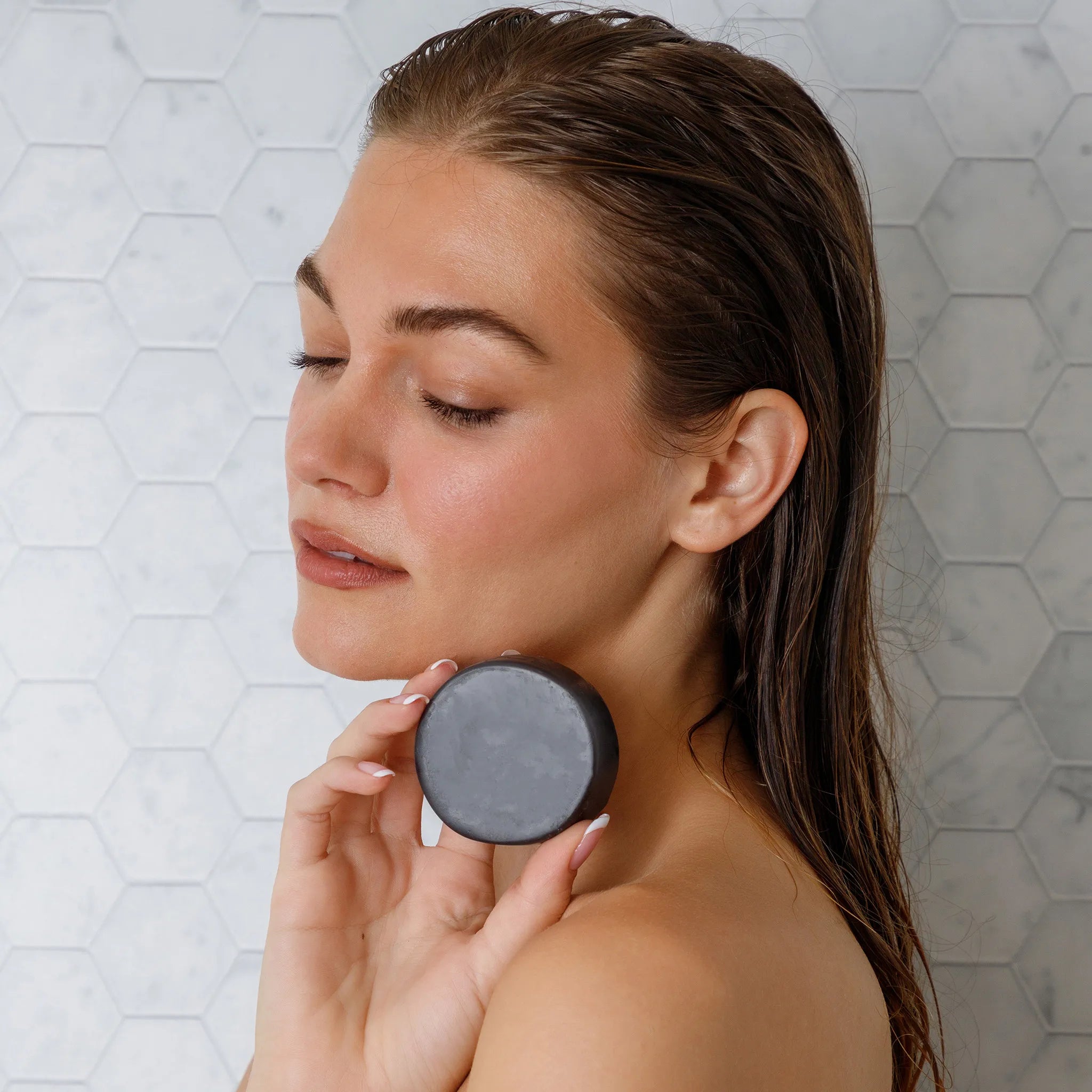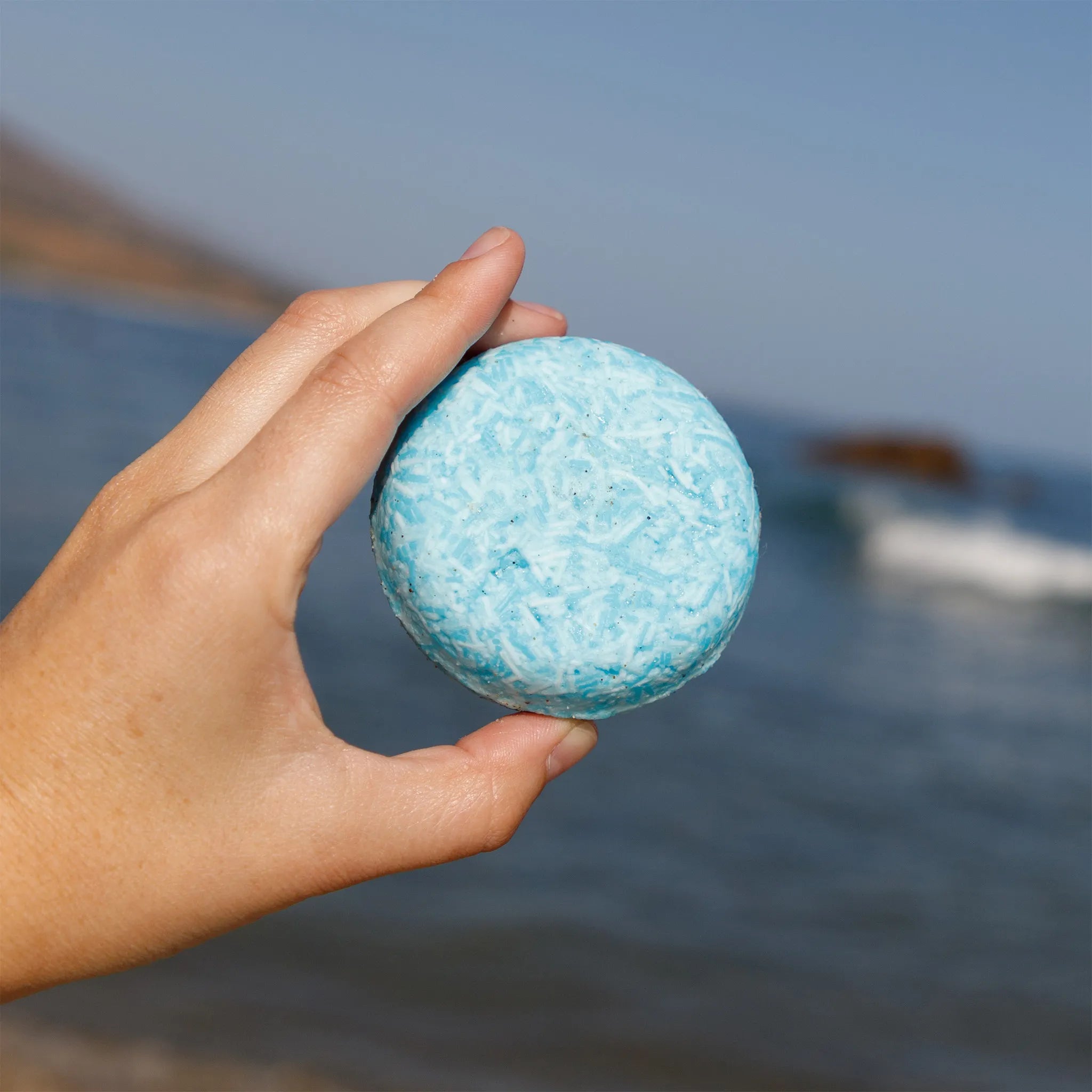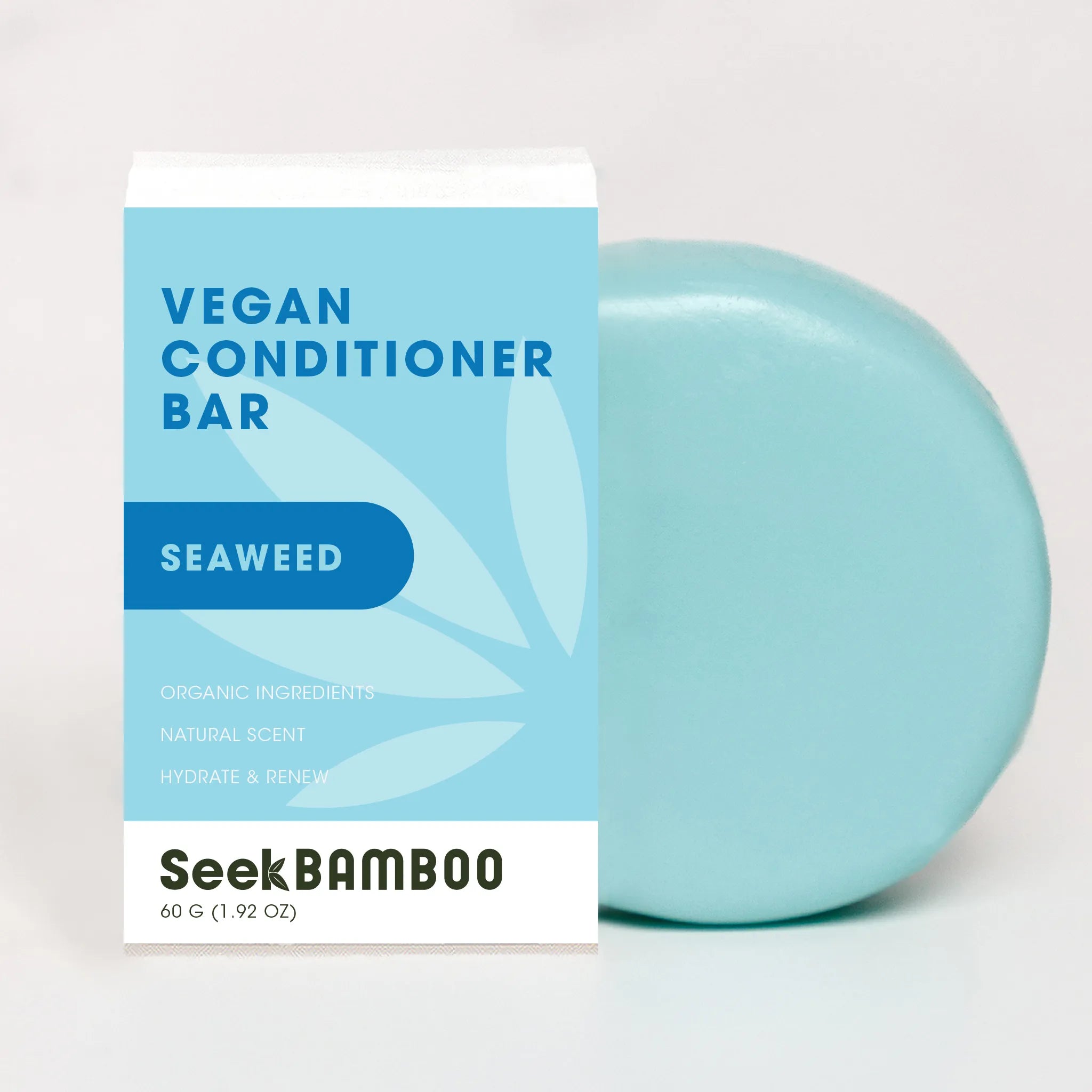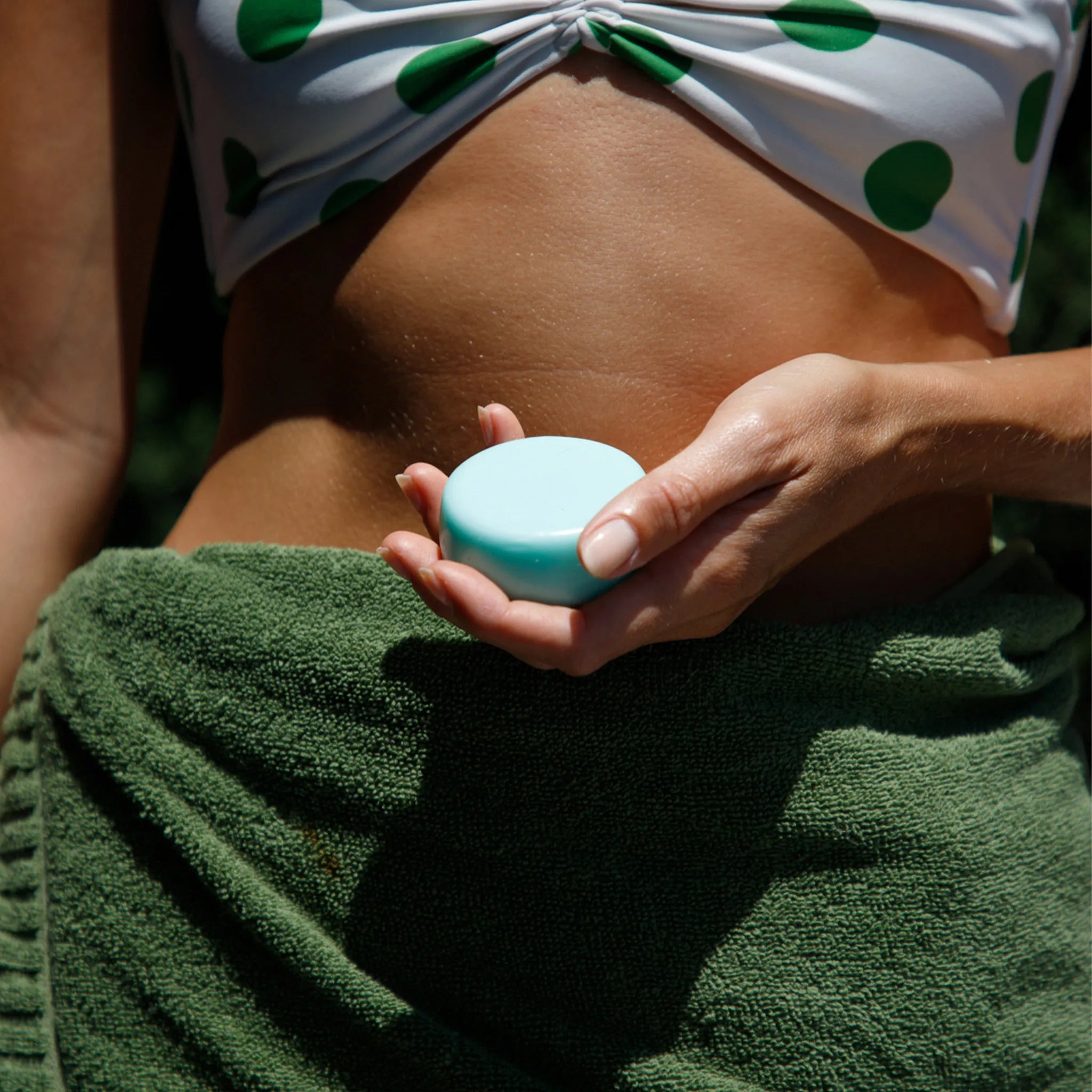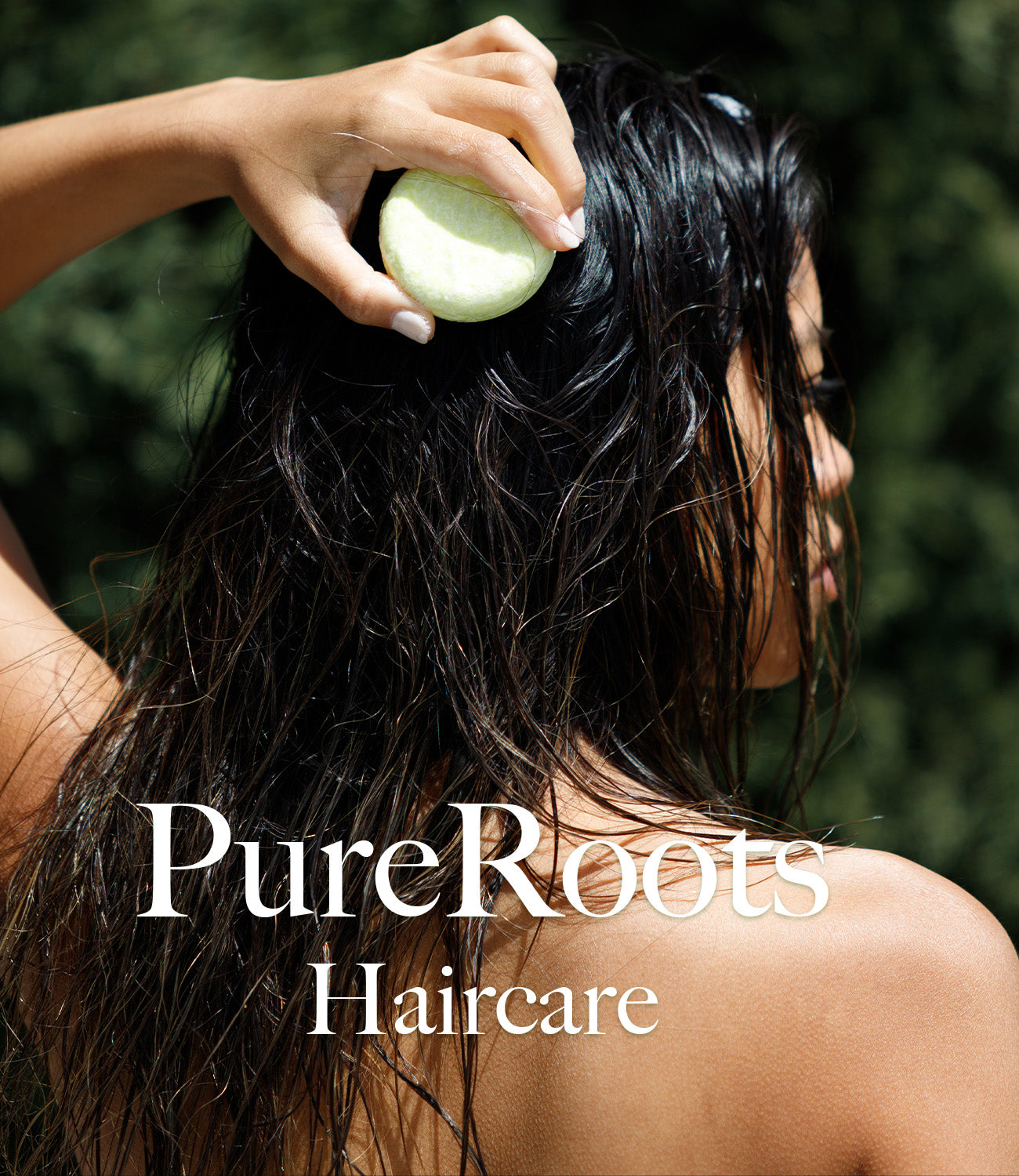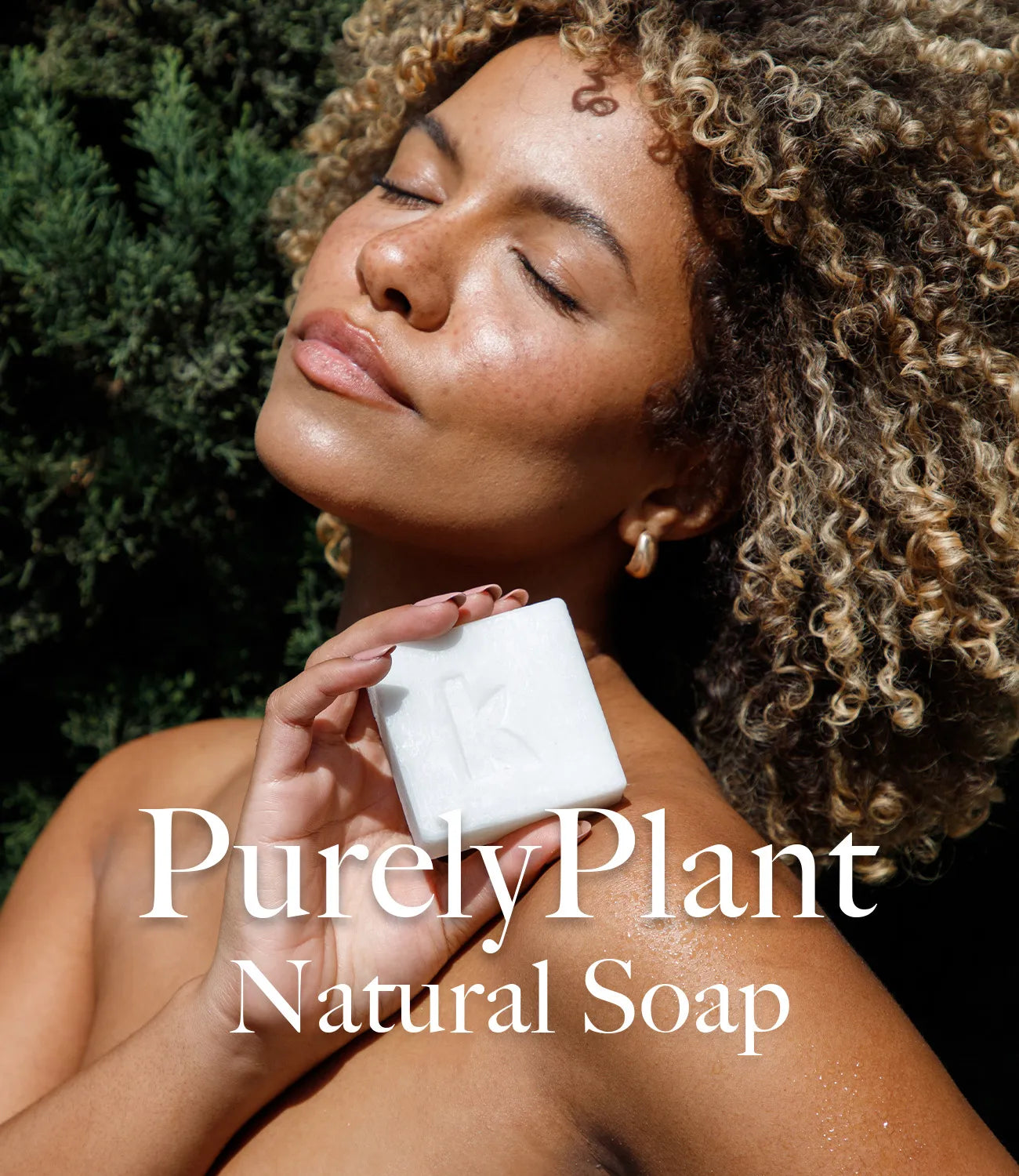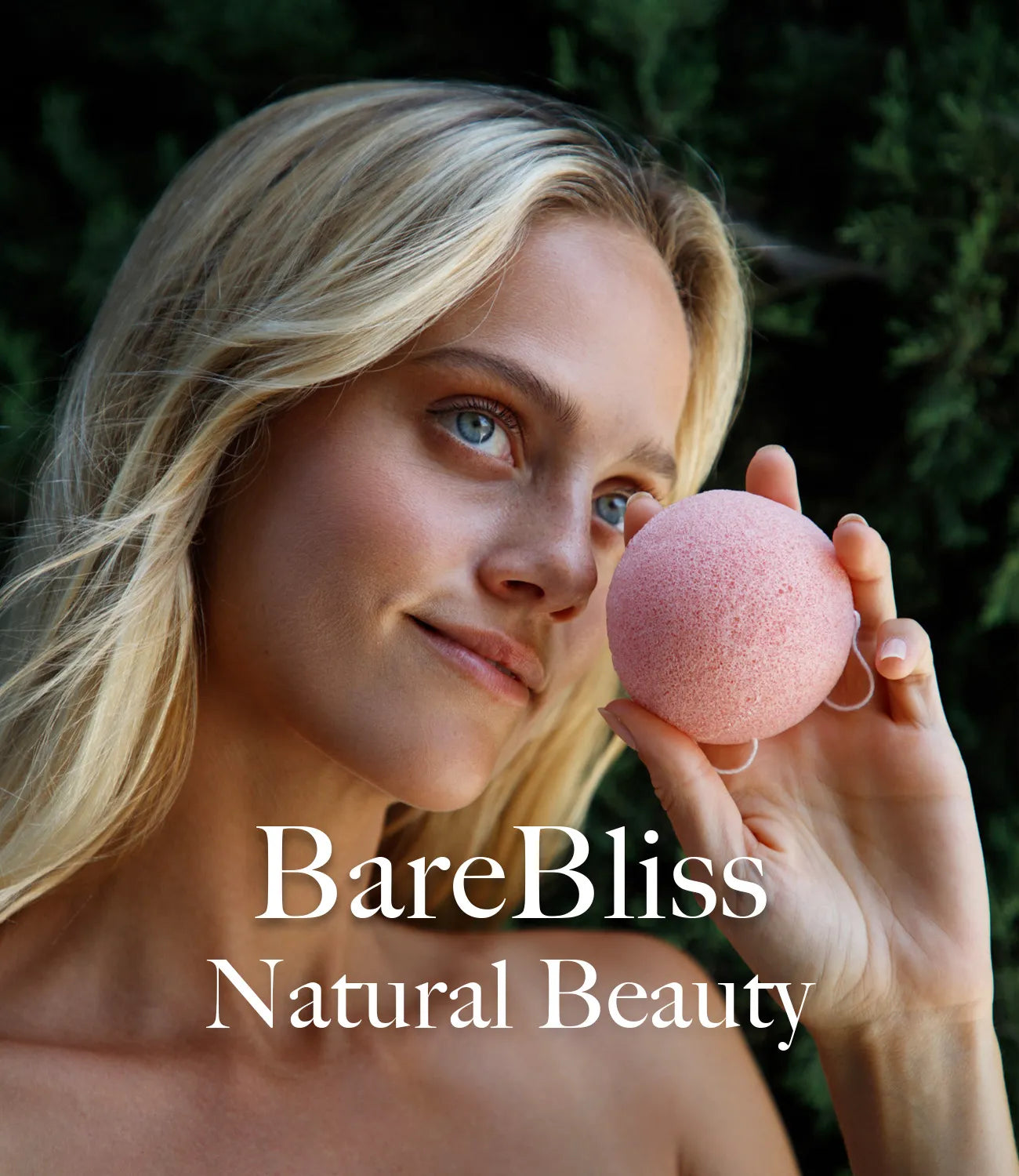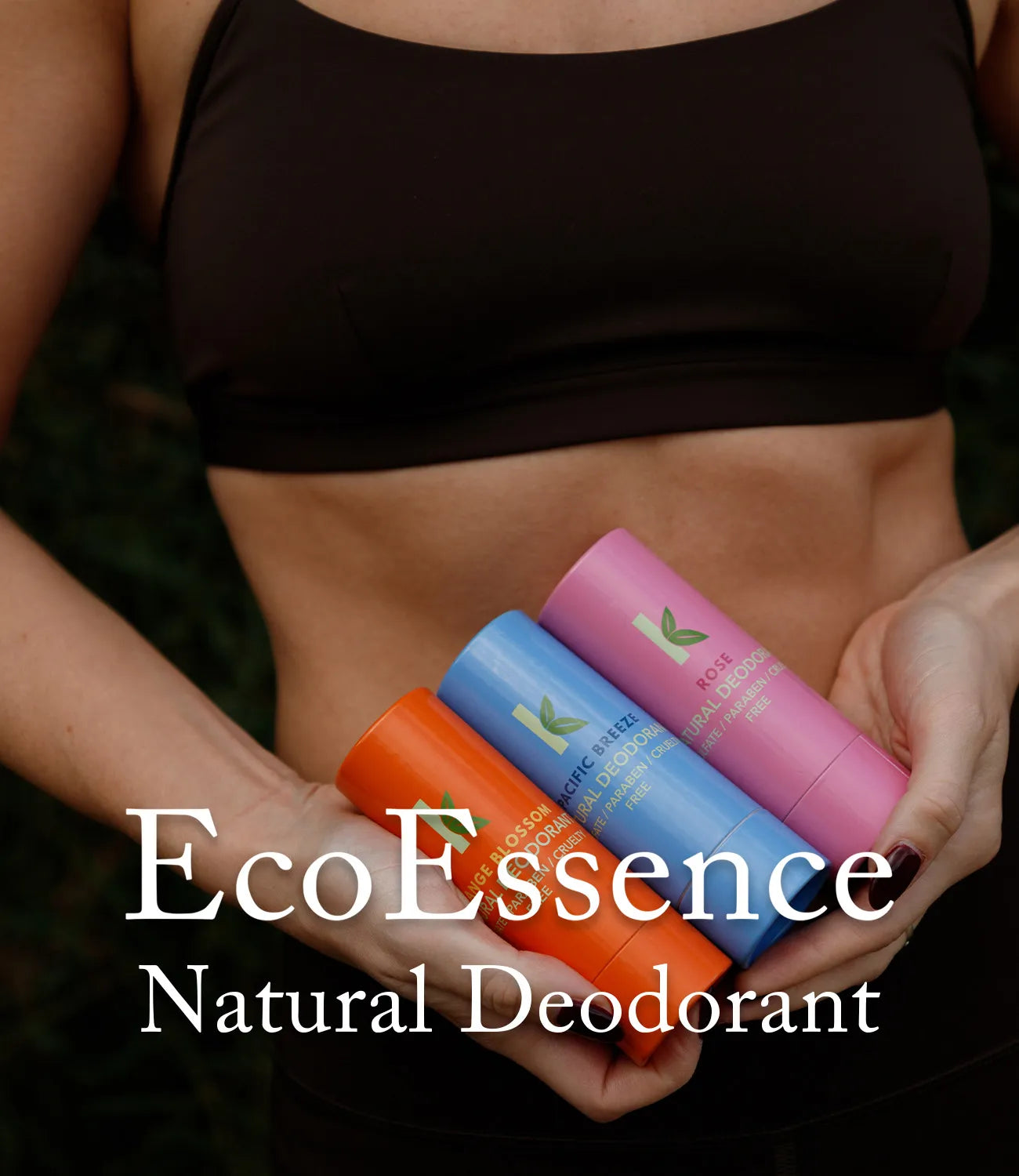Best Shampoo For Hard Water
If you’ve ever noticed your hair feeling dry, dull, or difficult to manage, despite using high-quality hair products, hard water could be the culprit. But what exactly is hard water, and why does it pose such a challenge for your hair care routine?
Hard water is water that contains high levels of minerals, particularly calcium and magnesium. While these minerals are harmless to your health, they can wreak havoc on your hair. When hard water interacts with your shampoo, it forms a residue that can be difficult to rinse out, leading to a host of hair issues that are frustratingly hard to resolve.
One of the most noticeable effects of hard water is dryness. The mineral deposits left behind by hard water can strip your hair of its natural oils, leaving it dry, brittle, and more prone to breakage. This dryness can also extend to your scalp, causing flakiness and discomfort.
Another common issue is dullness. The minerals in hard water create a film over the hair, which can block moisture and prevent your hair from reflecting light. As a result, even the healthiest hair can appear lackluster and lifeless.
Buildup is another significant problem associated with hard water. Over time, the minerals accumulate on the hair shaft, leading to a heavy, sticky feeling that’s hard to wash away. This buildup can also interfere with the effectiveness of your hair care products, making it difficult to achieve a good lather with your shampoo and leaving your hair feeling unclean.
Understanding these effects is the first step in combating the damage caused by hard water. In this blog, we’ll explore the best shampoos specifically formulated to address these issues, helping you restore your hair’s natural shine, softness, and manageability.
Signs Your Hair is Affected by Hard Water
Hard water can have a subtle yet pervasive impact on your hair, often manifesting through a variety of frustrating symptoms. If you’ve been noticing changes in your hair’s texture, appearance, or overall health, hard water might be to blame. Here are some key signs that your hair is being affected by hard water:
Lack of Shine
One of the most noticeable signs of hard water damage is the loss of your hair’s natural shine. The minerals in hard water, like calcium and magnesium, can leave a dulling residue on your hair, creating a film that blocks light reflection. As a result, even healthy hair can appear flat, lifeless, and lacking in luster.
Increased Tangles
Hard water makes hair more prone to tangling and knotting. The mineral deposits left by hard water can cause the hair cuticle to lift, making it rougher and more likely to catch on itself or other strands. This rough texture can turn detangling into a daily battle, leading to further damage if not handled carefully.
Hair Breakage
With the loss of natural moisture due to hard water, your hair becomes more brittle and susceptible to breakage. This is particularly evident when brushing or styling your hair, where you may notice more strands breaking or shedding than usual. Hard water can weaken the hair shaft over time, making it difficult to retain length and achieve healthy growth.
Rough Texture
If your hair feels rough to the touch, hard water could be the culprit. The minerals in hard water can coat your hair, preventing it from absorbing moisture and leaving it feeling dry and coarse. This rough texture not only makes your hair less manageable but can also make it more difficult to style, as it doesn’t hold shape or smooth down easily.
Scalp Issues
Hard water doesn’t just affect your hair—it can also impact your scalp. The same minerals that coat your hair can build up on your scalp, leading to dryness, flakiness, and irritation. If you’ve been experiencing an itchy or flaky scalp, hard water could be contributing to the problem. In some cases, prolonged exposure to hard water can exacerbate conditions like dandruff or seborrheic dermatitis.
Dull Color
For those with color-treated hair, hard water can cause your hair color to fade faster or appear less vibrant. The mineral buildup can prevent hair dye from fully penetrating the hair shaft, leading to uneven color or a brassy, washed-out appearance over time.
Difficulty in Lathering
If you find that your shampoo isn’t lathering as well as it used to, hard water could be the reason. The minerals in hard water can react with the surfactants in shampoo, reducing its ability to create a rich lather. This can leave your hair feeling less clean, even after a thorough wash.
Recognizing these signs is the first step toward addressing the damage caused by hard water. If you’re noticing any of these symptoms, it’s important to take action to protect your hair and restore its natural health. In the next sections, we’ll explore shampoos and solutions that are specifically designed to combat the effects of hard water, helping you reclaim the shine, softness, and manageability that your hair deserves.
Hard Water Shampoo
How Hard Water Impacts Shampoo Performance
When it comes to keeping your hair clean and healthy, the quality of your water can be just as important as the products you use. Hard water, which is rich in minerals like calcium and magnesium, can have a significant impact on how well your shampoo performs. Understanding this interaction is key to addressing the challenges posed by hard water and finding solutions that keep your hair looking and feeling its best.
Mineral Interaction with Shampoo
- Hard water contains high levels of dissolved minerals, primarily calcium and magnesium. When these minerals come into contact with shampoo, they interact with the cleansing agents (surfactants) in the product, reducing its ability to lather and cleanse effectively. Surfactants are designed to lift dirt, oil, and impurities from your hair and scalp, but the presence of hard water minerals interferes with this process.
- Instead of forming a rich, bubbly lather, the minerals in hard water bind with the surfactants, creating an insoluble substance often referred to as “soap scum.” This substance can’t be easily rinsed away, which diminishes the shampoo’s cleansing power and leaves your hair feeling less clean, even after washing.
Residue Buildup on Hair
- One of the most frustrating consequences of using shampoo with hard water is the residue it leaves behind. As the minerals in hard water interact with your shampoo, they form a film that clings to the hair shaft. Over time, this mineral residue accumulates, leading to a buildup that can weigh down your hair and make it feel heavy and lifeless.
- This buildup not only affects the appearance and feel of your hair but also impacts its manageability. Hair coated with mineral residue becomes more difficult to style, as it doesn’t hold curls, waves, or smooth styles as well. Additionally, the buildup can cause your hair to tangle more easily, making brushing and detangling a more time-consuming and potentially damaging process.
Dullness and Lack of Volume
- The mineral buildup from hard water also contributes to dullness and a lack of volume in your hair. The film of minerals prevents light from reflecting off your hair, which can leave it looking dull and lackluster. At the same time, the added weight from the buildup can cause your hair to lose its natural volume and bounce, making it appear flat and lifeless.
- This issue is particularly problematic for those with fine or thin hair, as the added weight can be more noticeable and make it harder to achieve a voluminous look.
Long-Term Effects on Hair Health
- Over time, the impact of hard water on shampoo performance can lead to more significant hair health issues. The continuous buildup of minerals can dry out the hair, leading to increased brittleness and a higher risk of breakage. The diminished cleansing ability of your shampoo can also mean that excess oils, dirt, and styling products aren’t being effectively removed, which can clog pores on your scalp and contribute to scalp issues like dandruff.
- In the long term, these factors can compromise the overall health of your hair, making it more difficult to achieve and maintain the look and feel you want.
Understanding the Need for Hard Water Solutions
Understanding how hard water impacts your shampoo’s performance is crucial in addressing the specific needs of your hair. If you’re dealing with the effects of hard water, simply using more shampoo isn’t the answer—in fact, it can exacerbate the problem. Instead, it’s essential to look for shampoos that are specifically formulated to combat hard water’s challenges, removing mineral buildup and restoring your hair’s natural vibrancy and manageability. In the following sections, we’ll explore the best shampoos for hard water and additional tips to keep your hair looking and feeling its best.
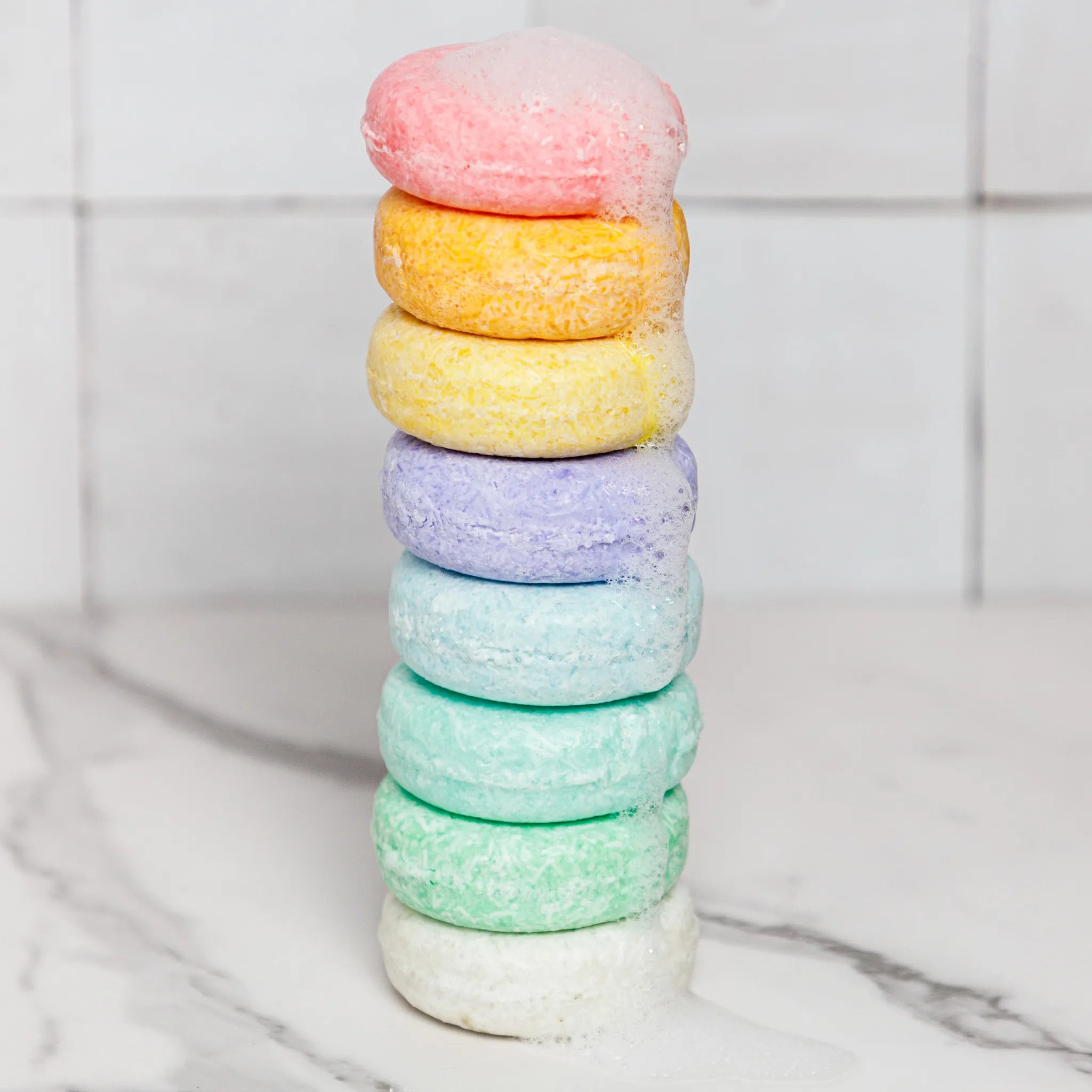
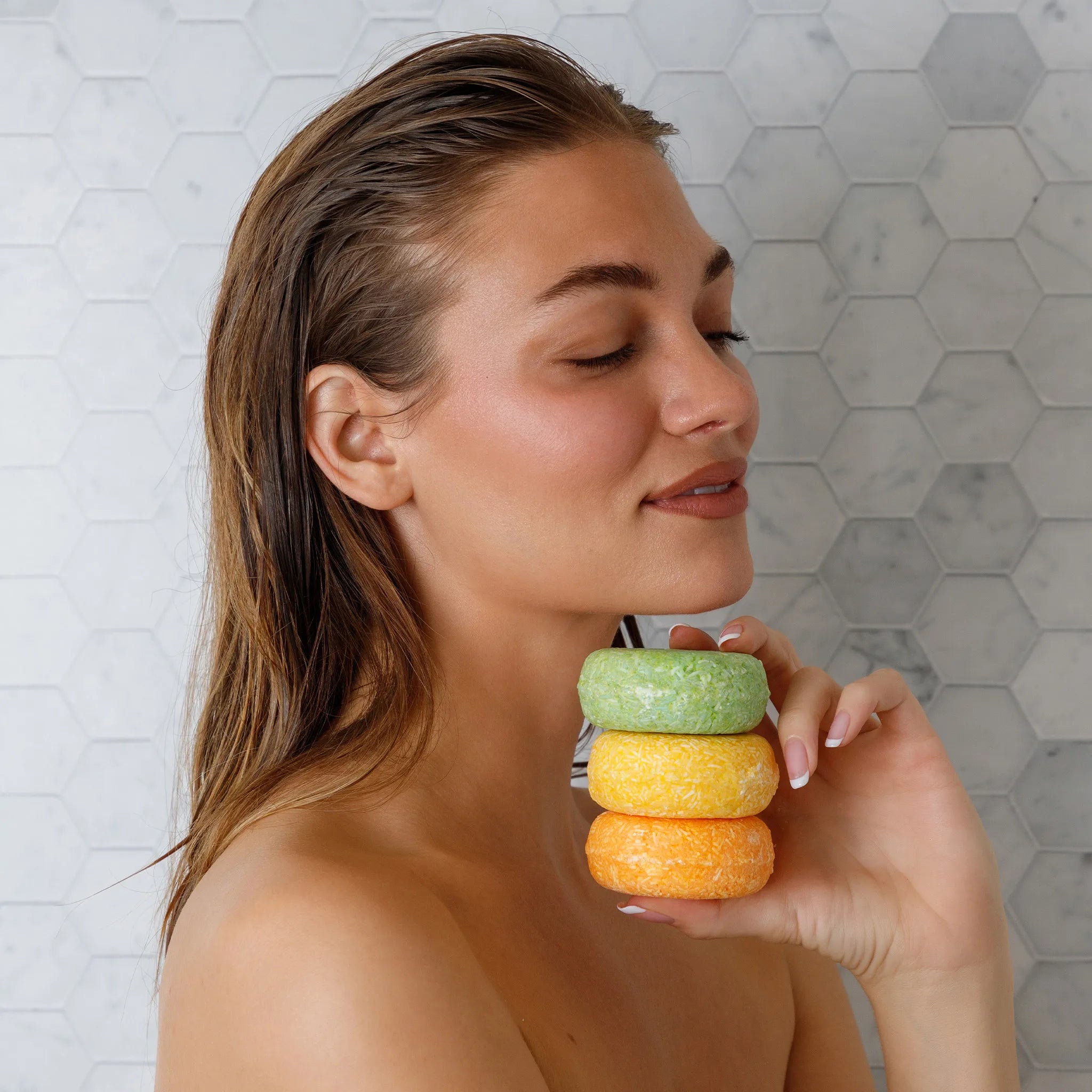
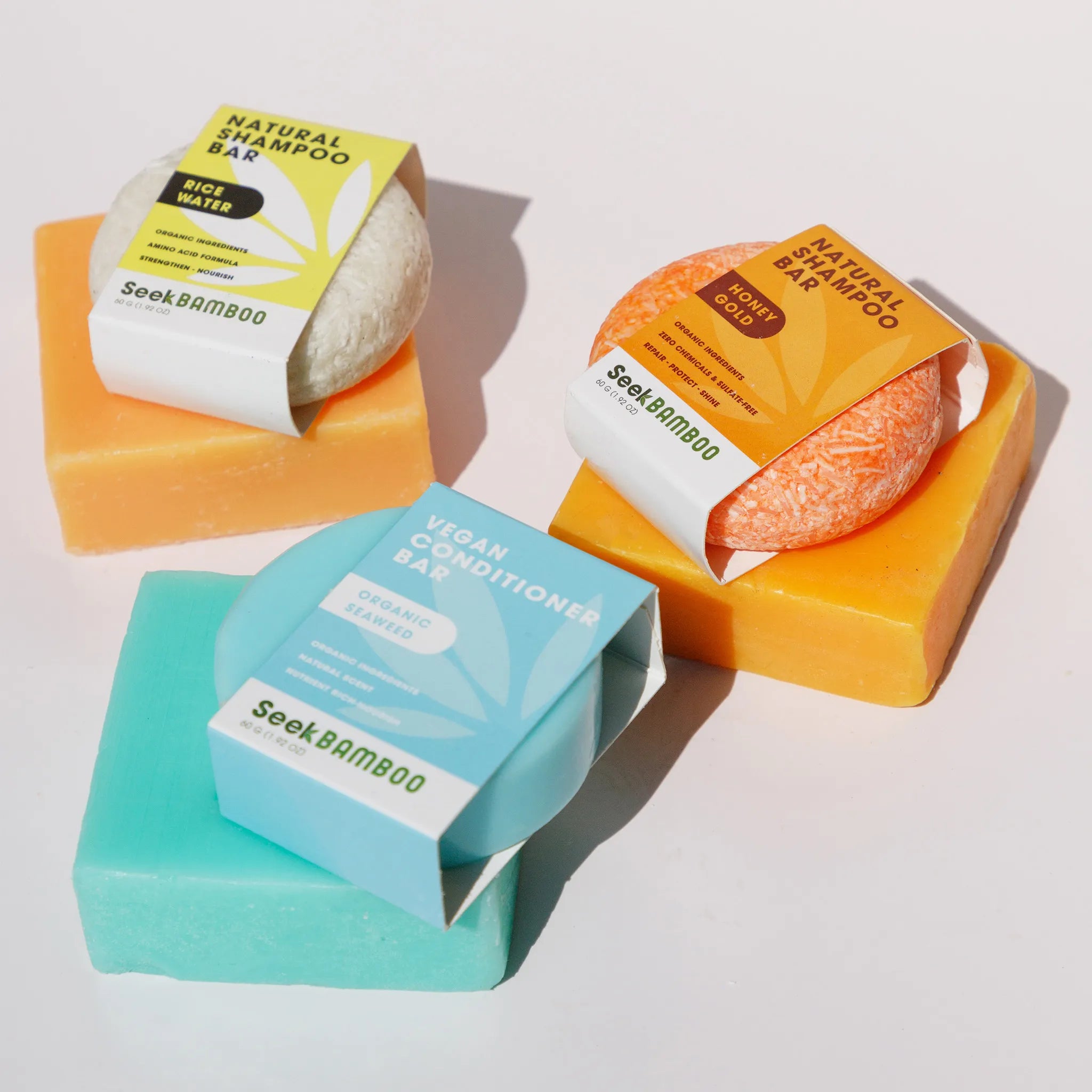
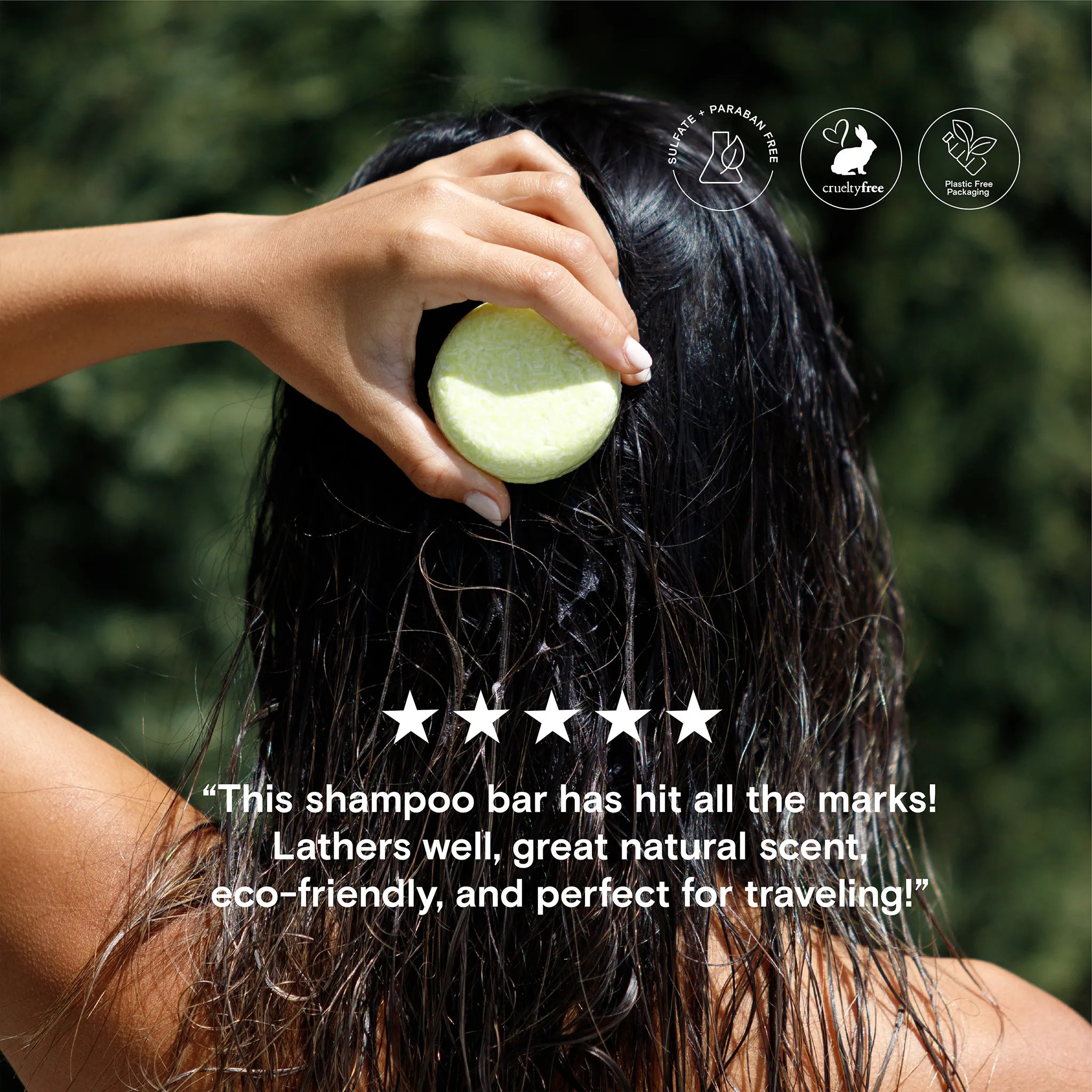
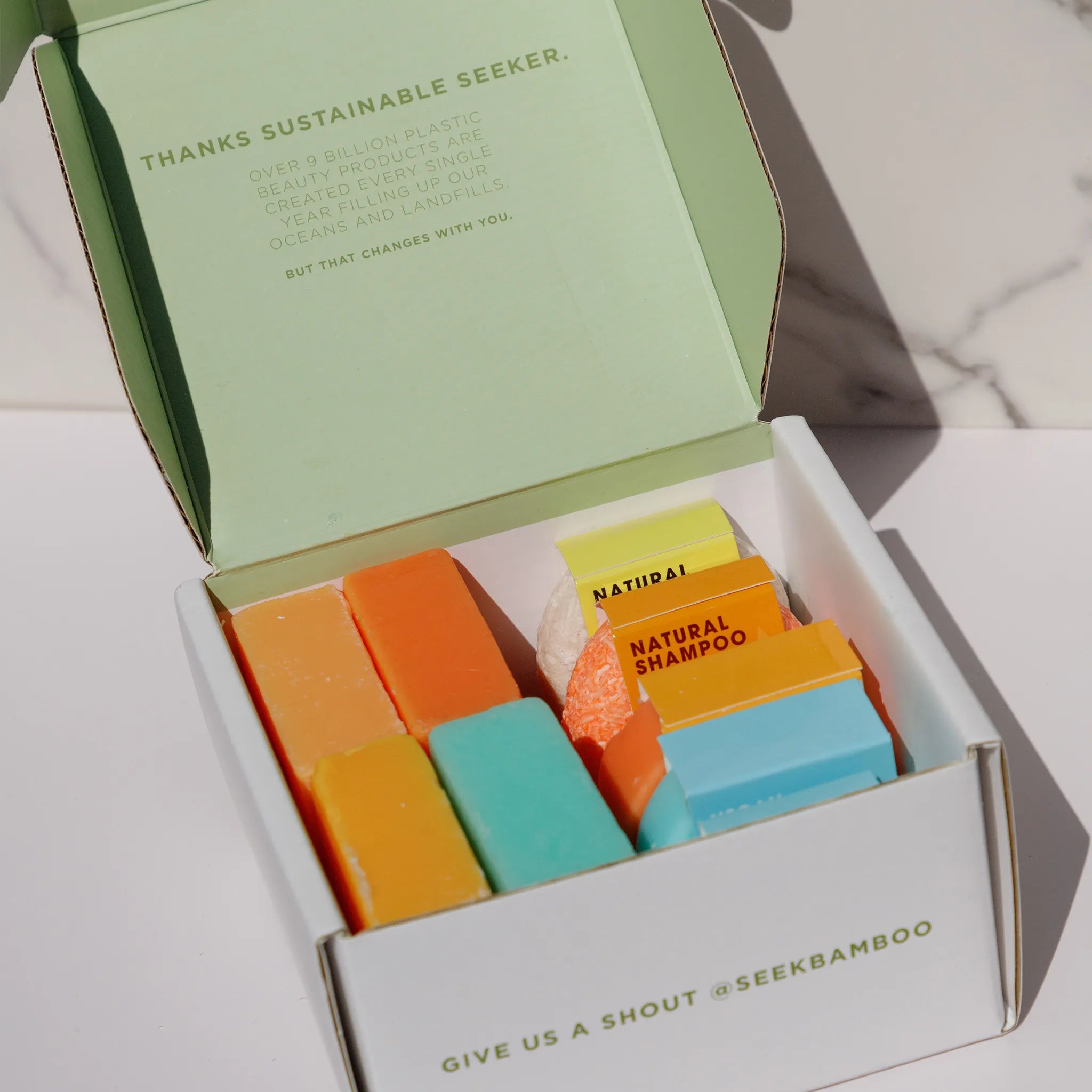
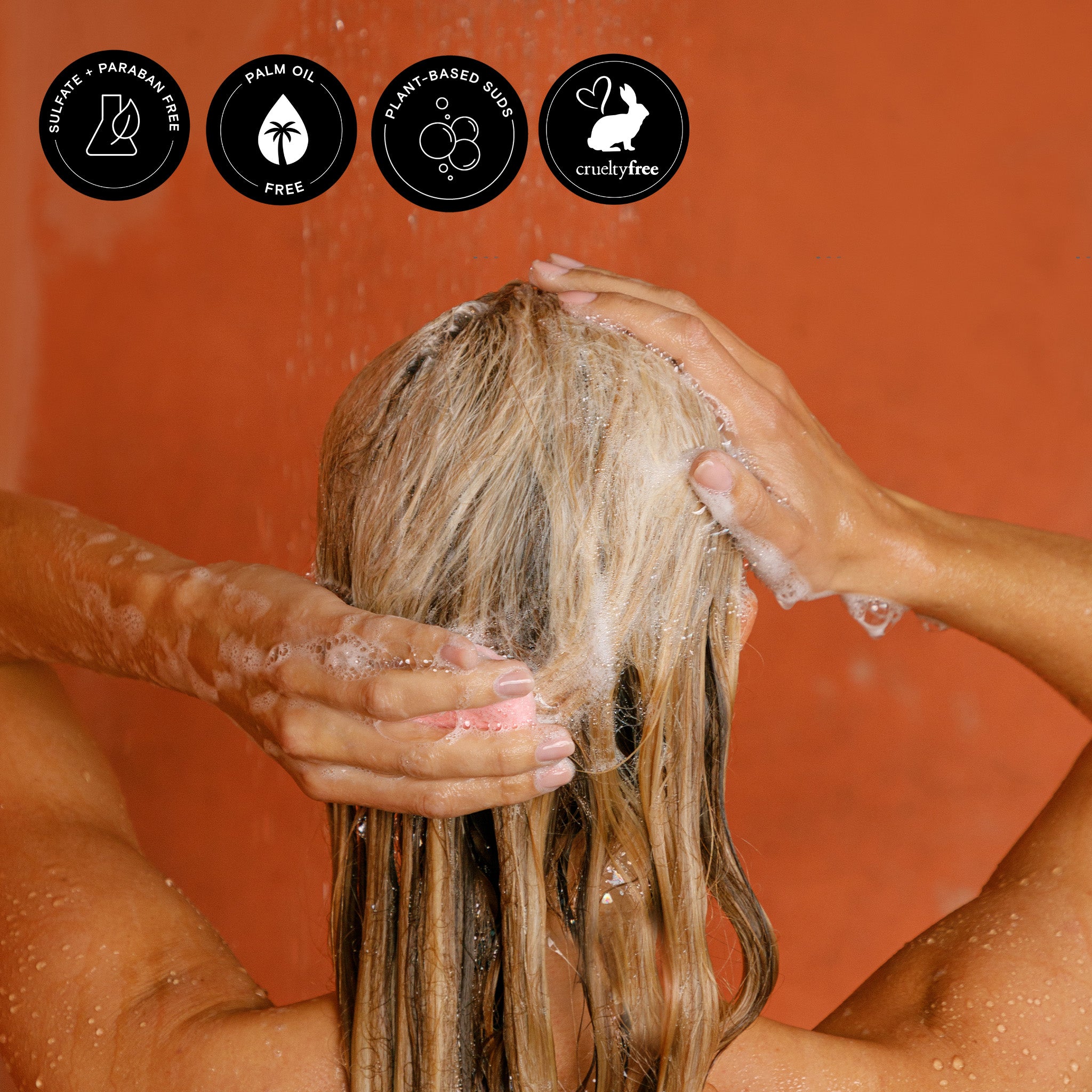
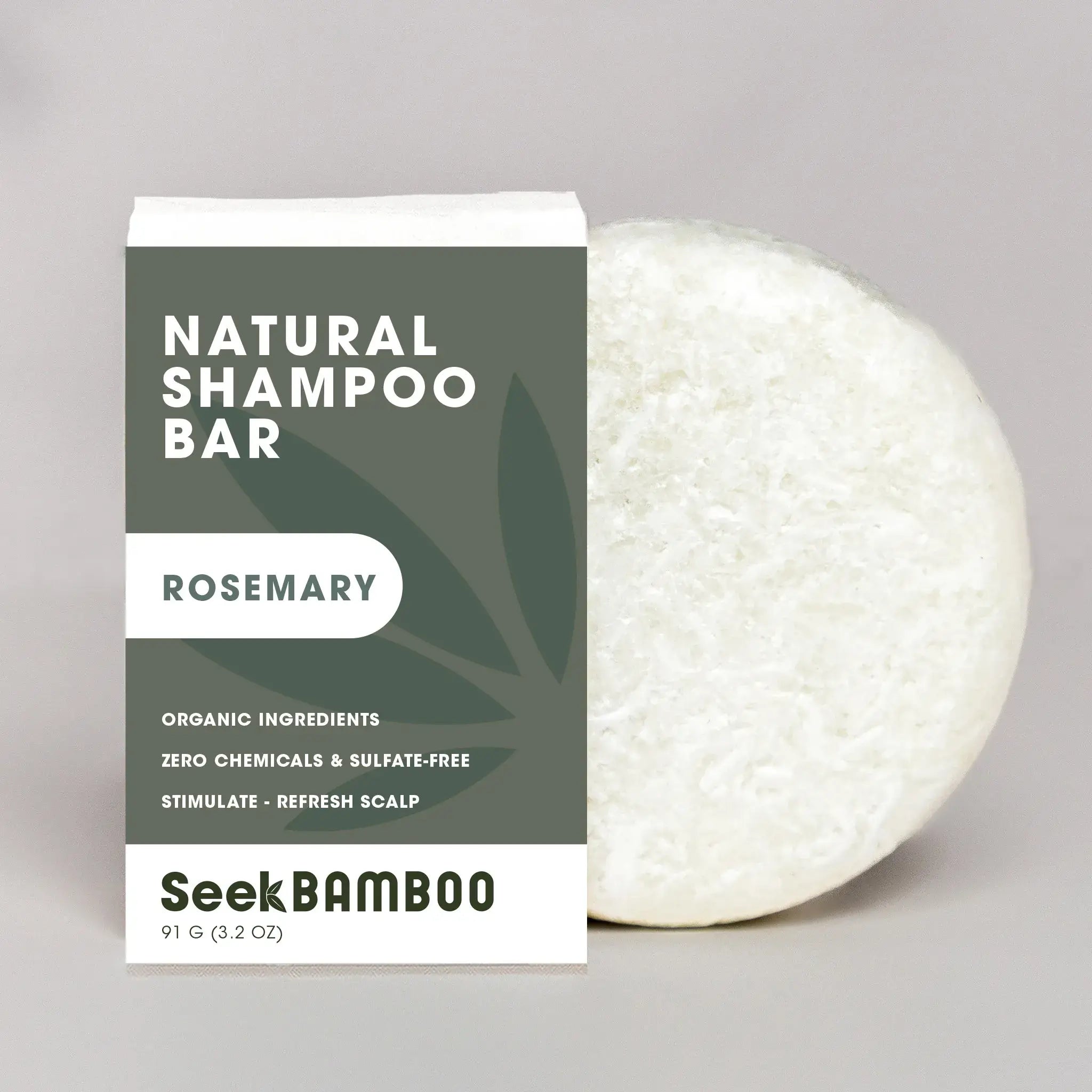
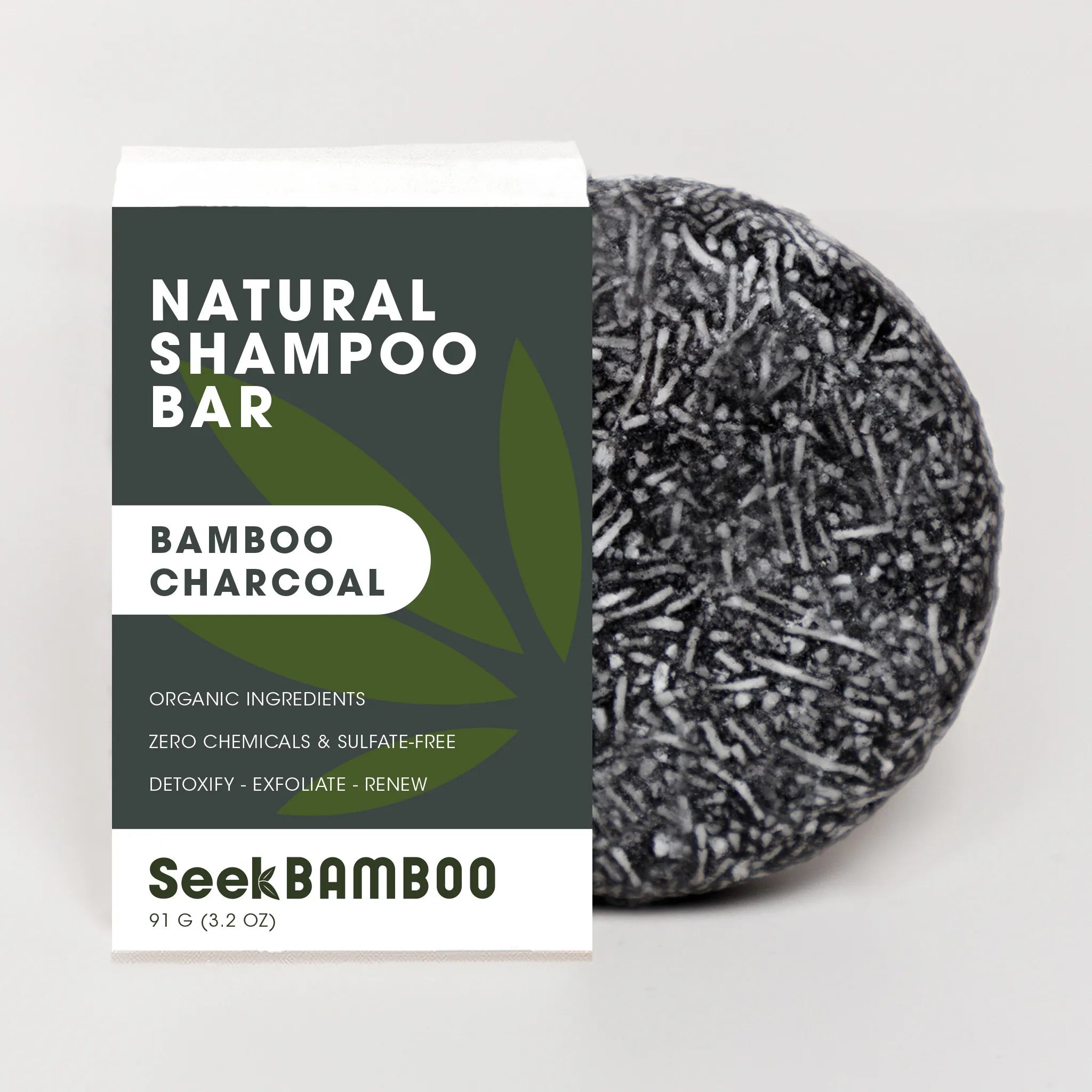
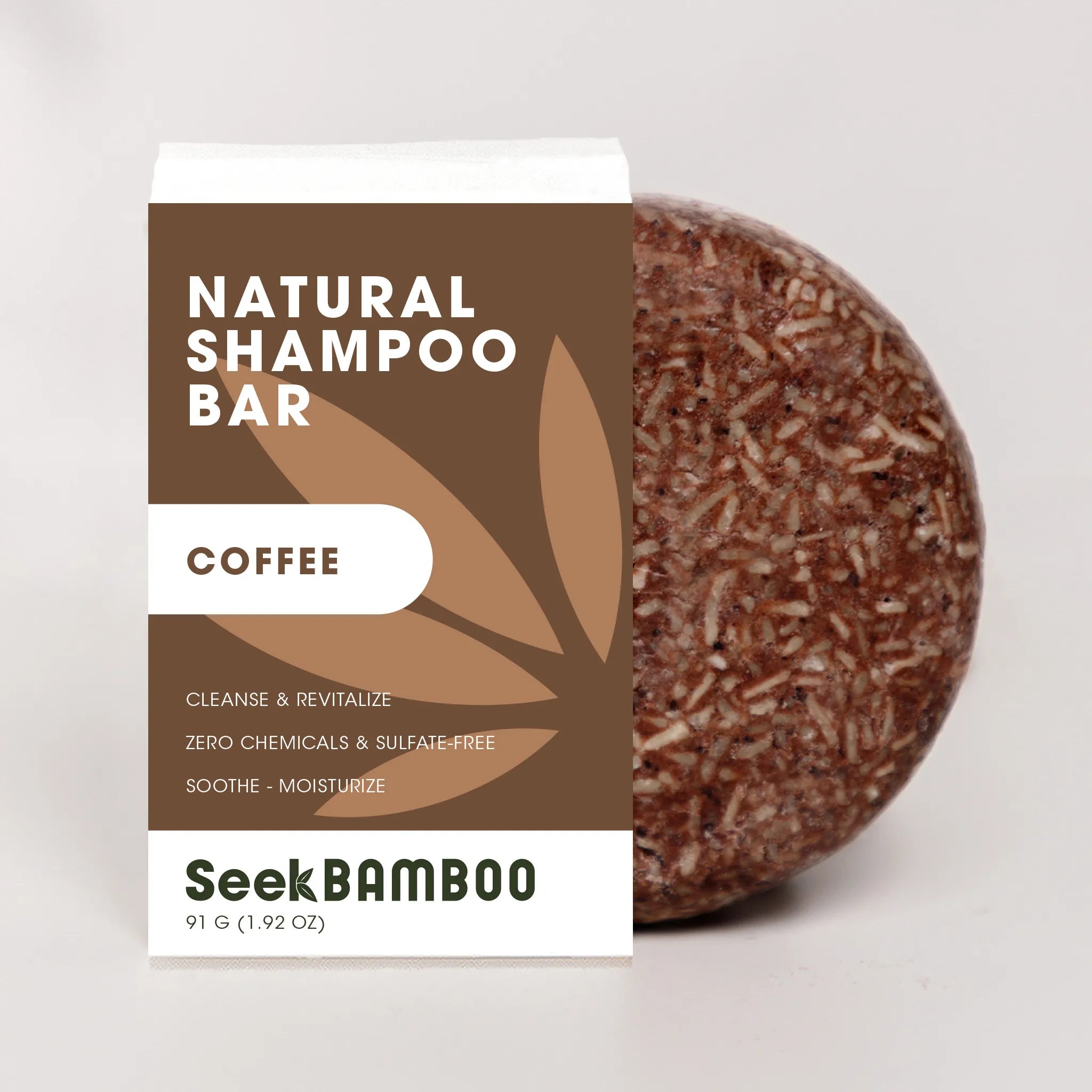
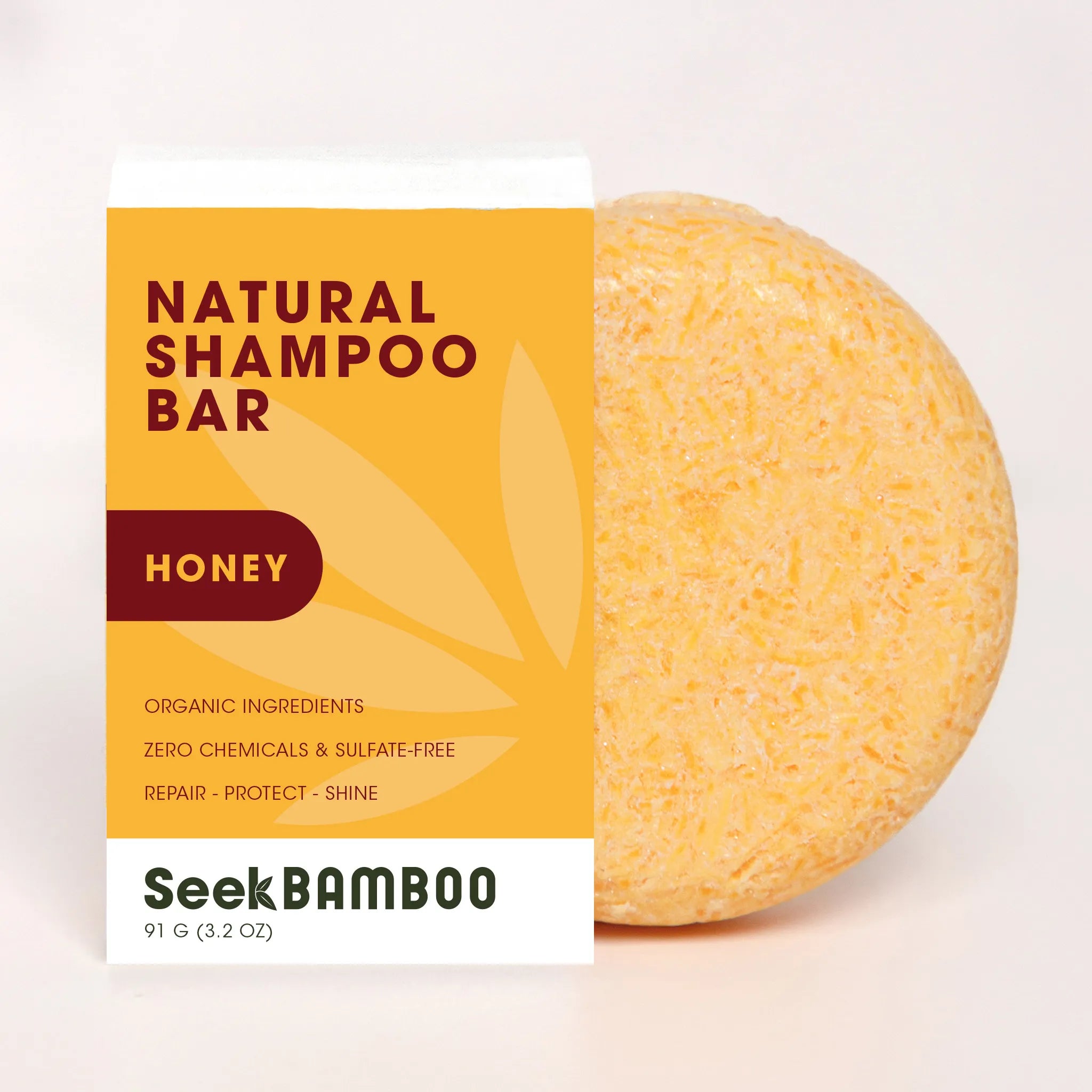
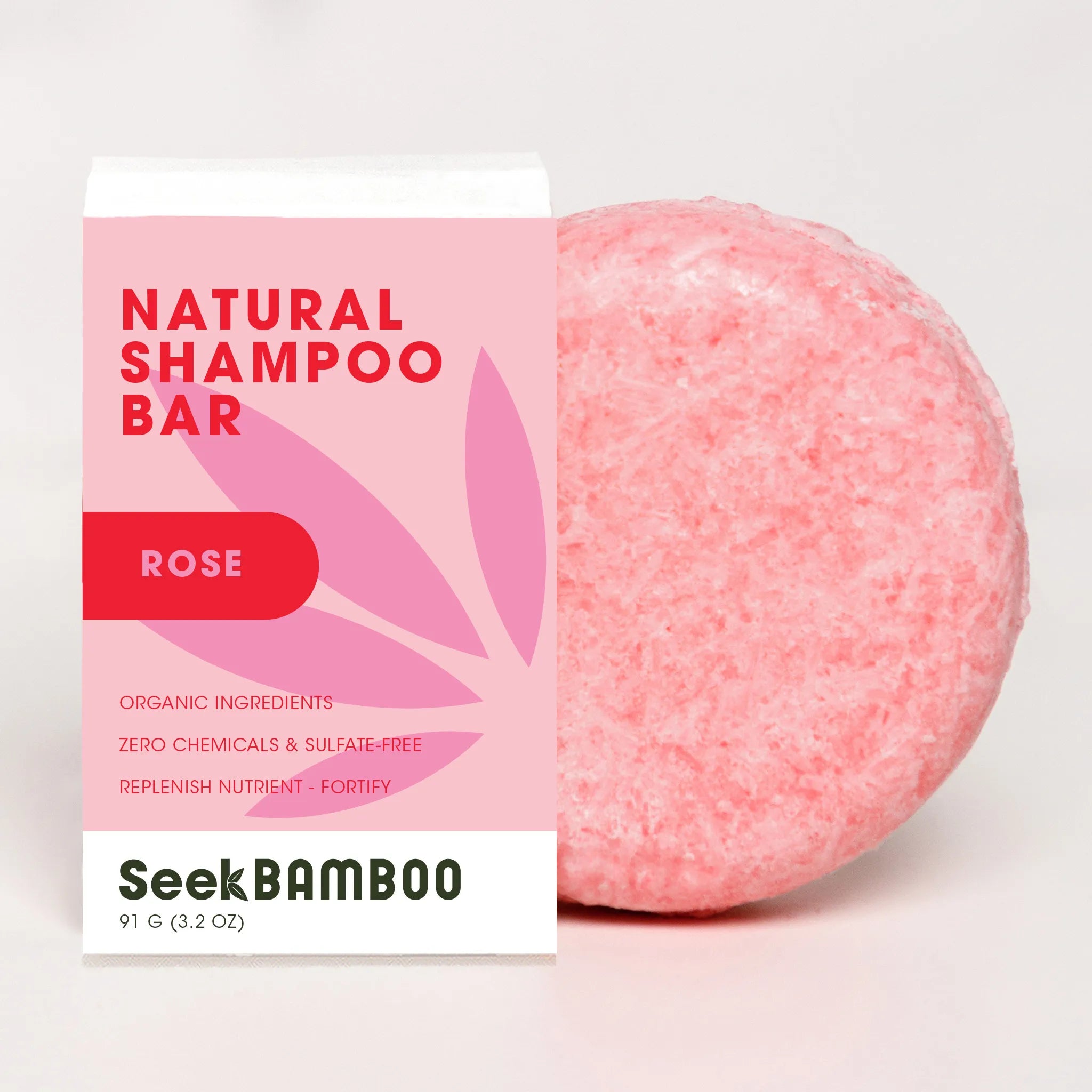
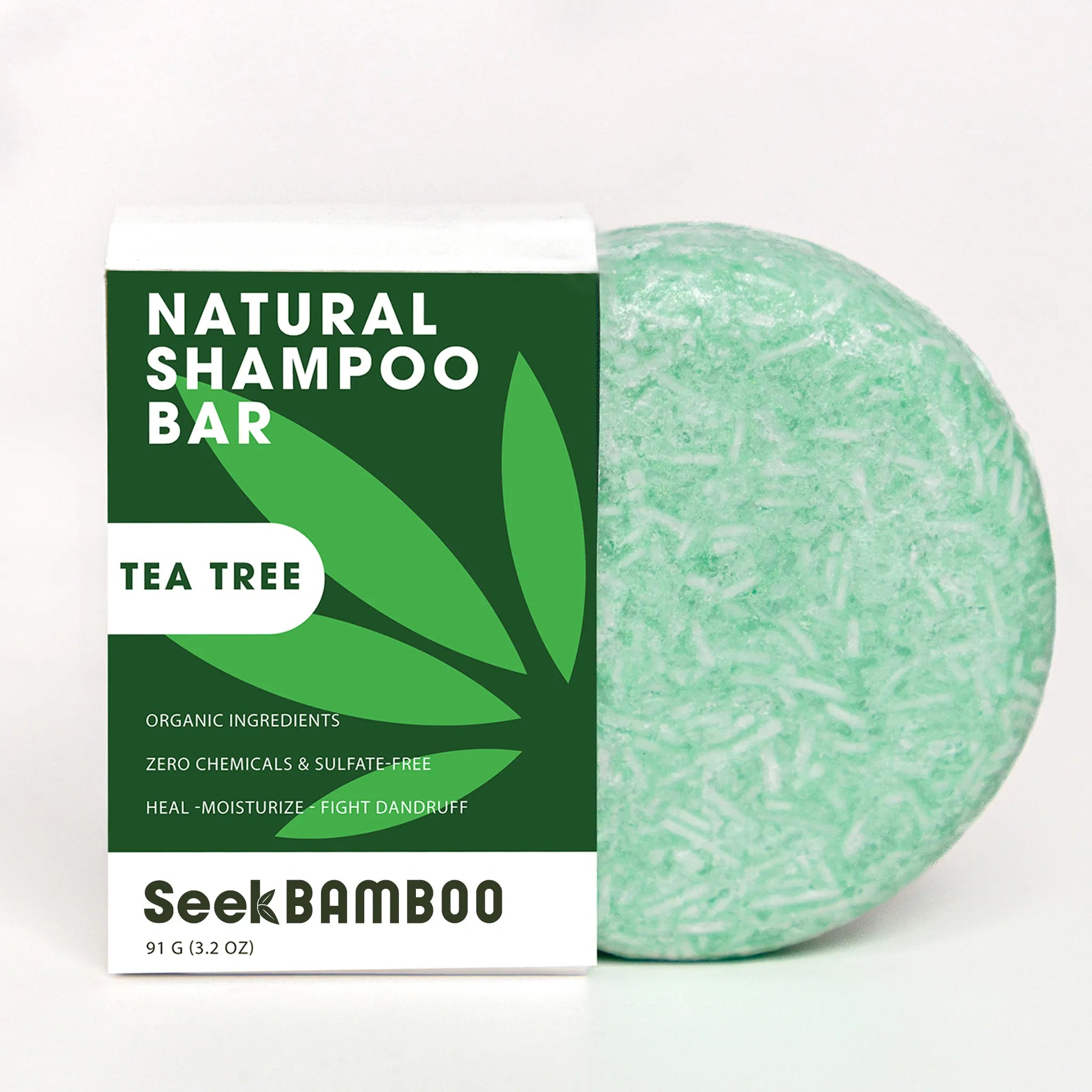
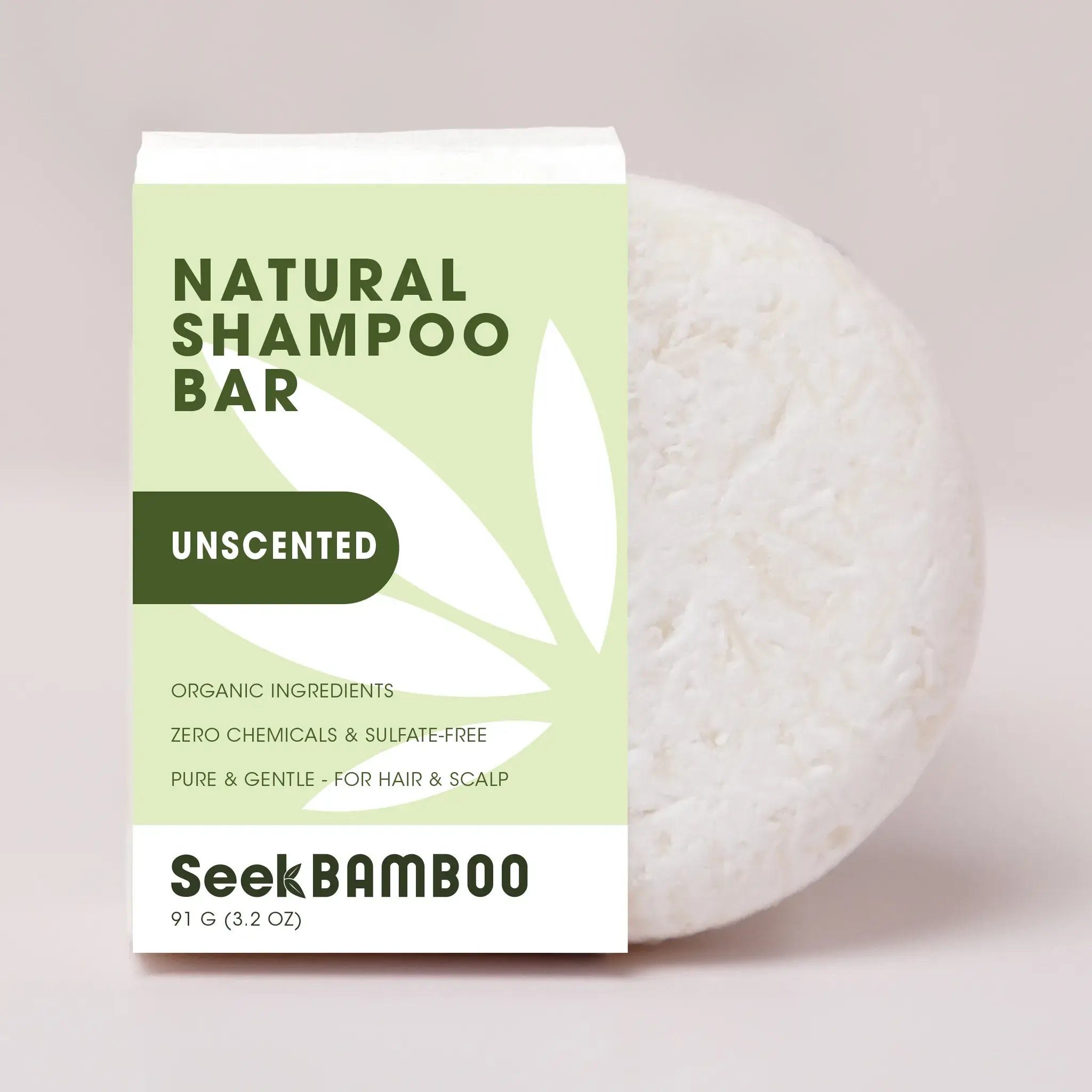
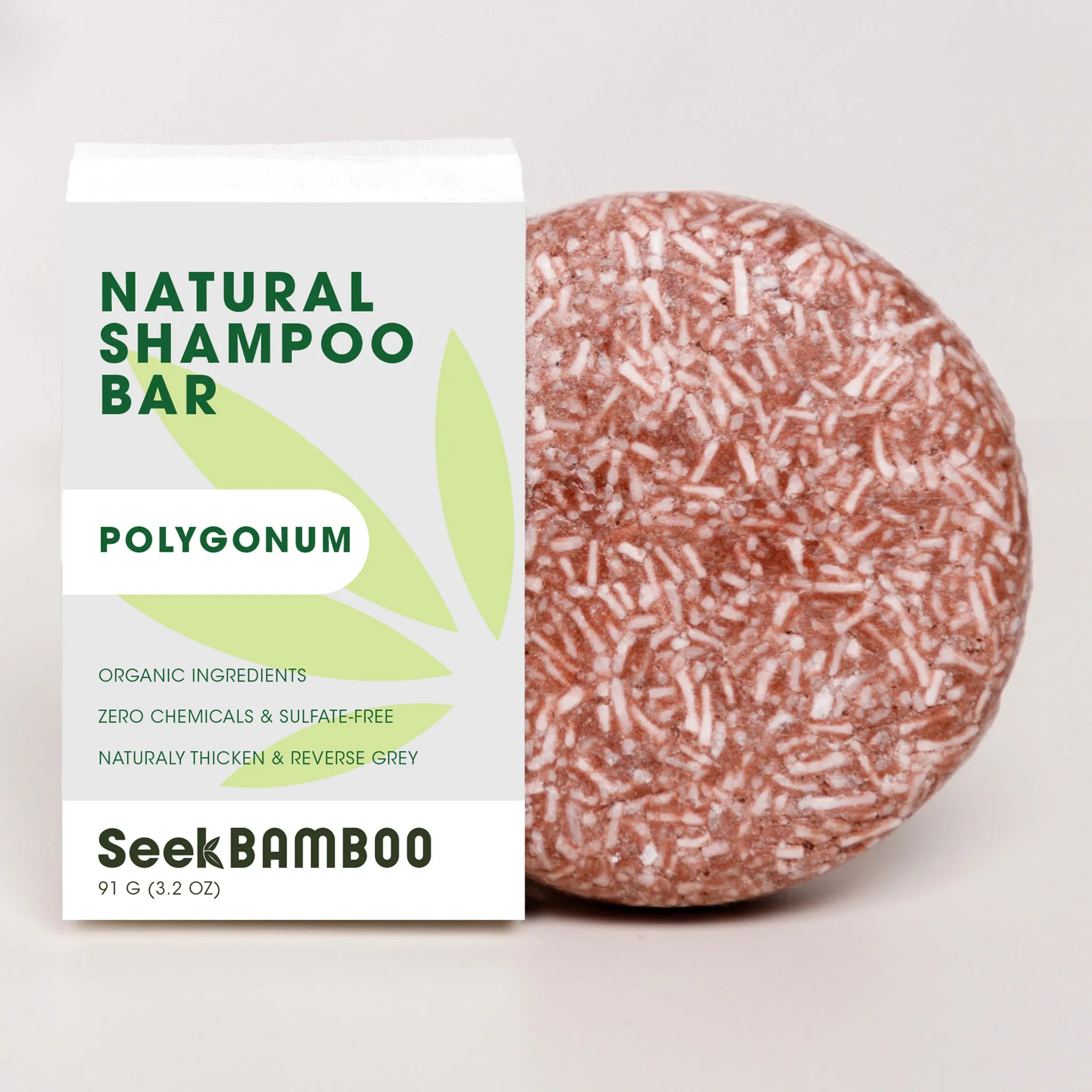
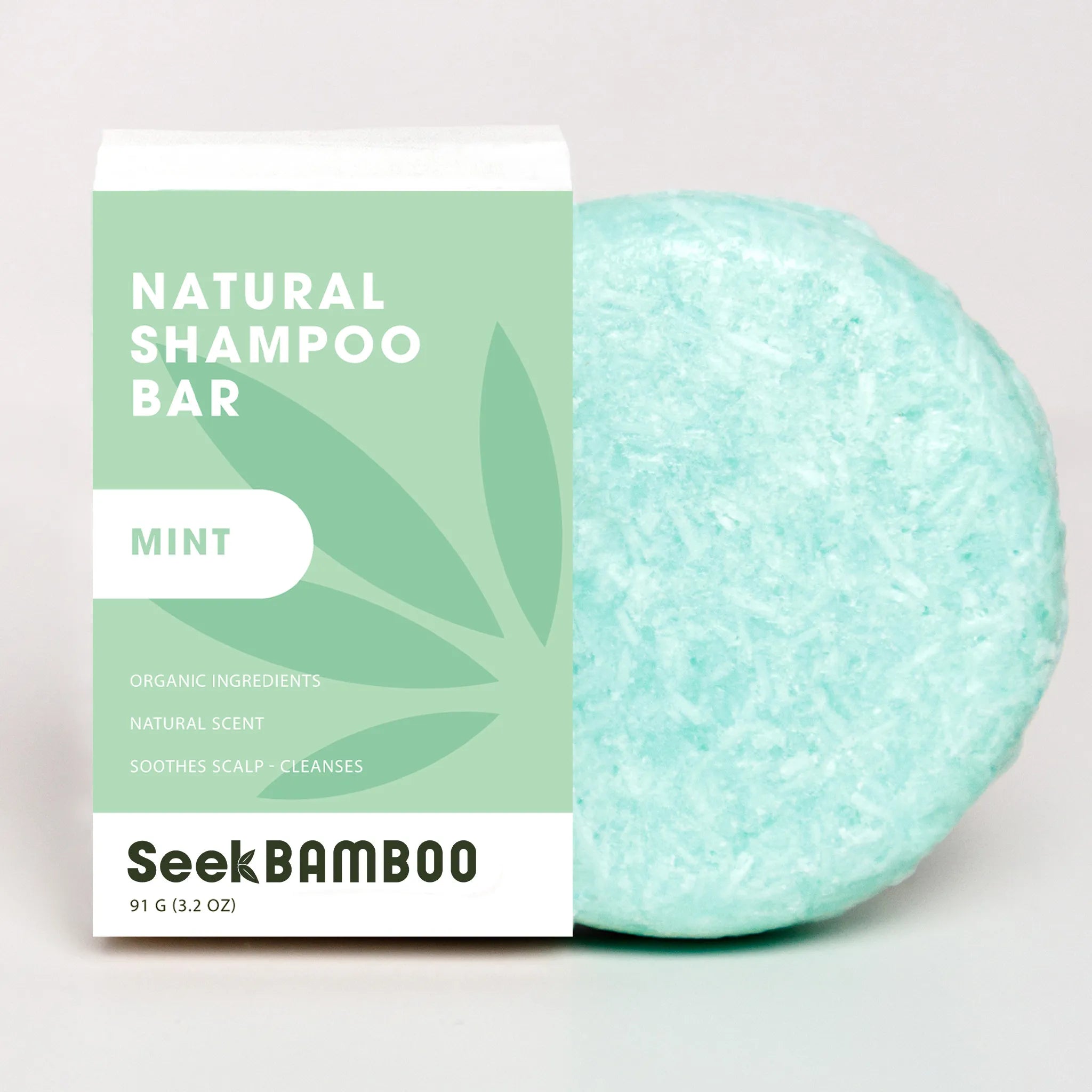
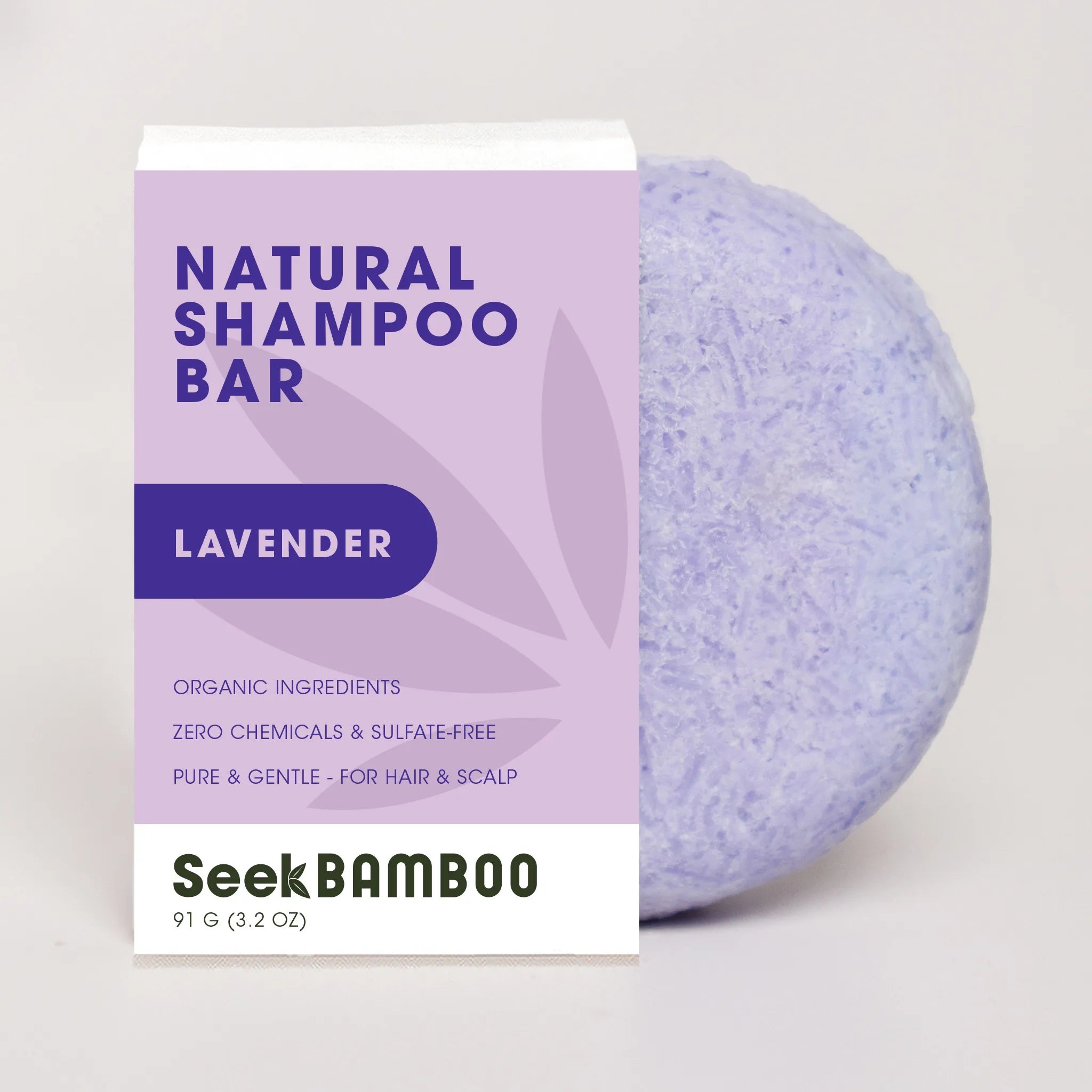
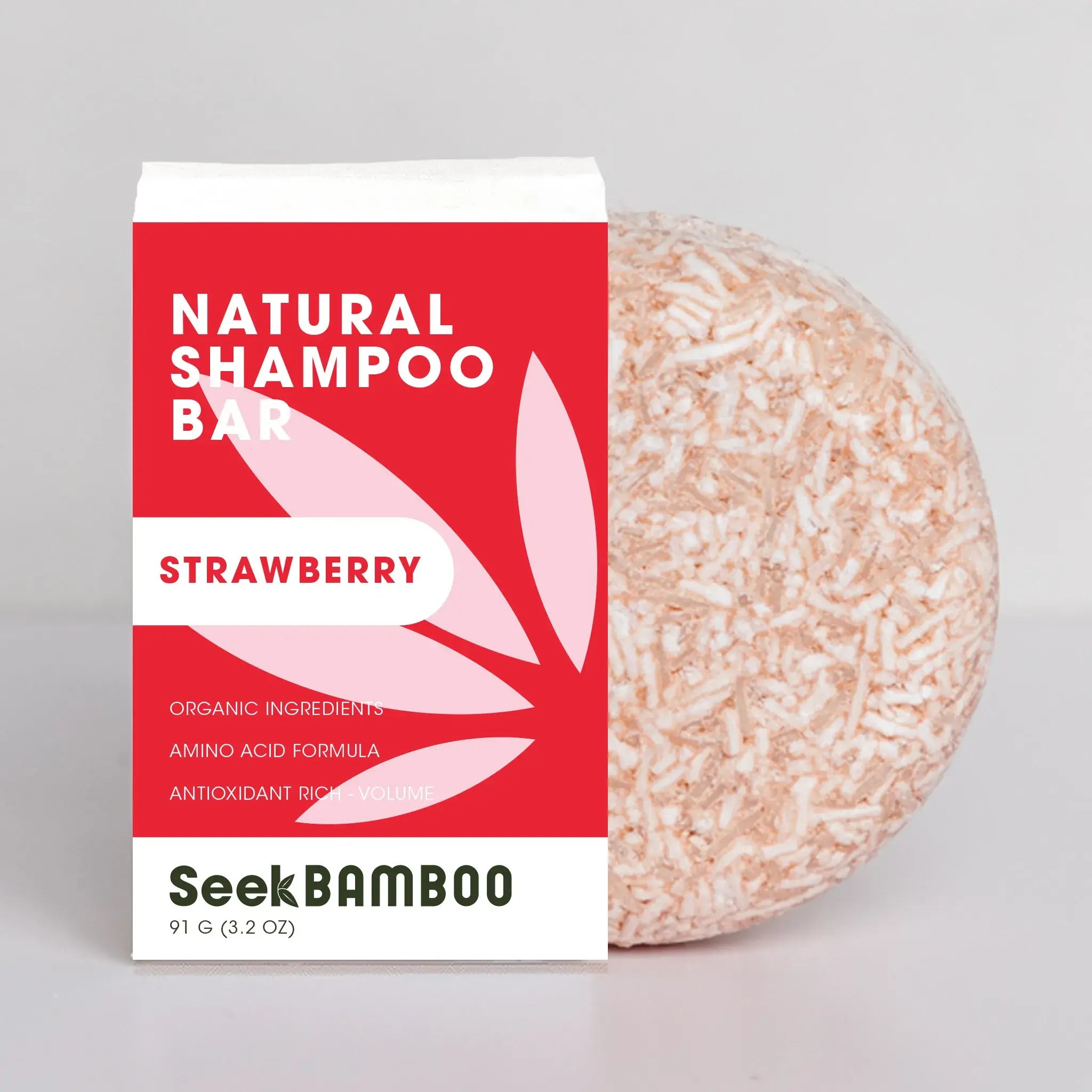
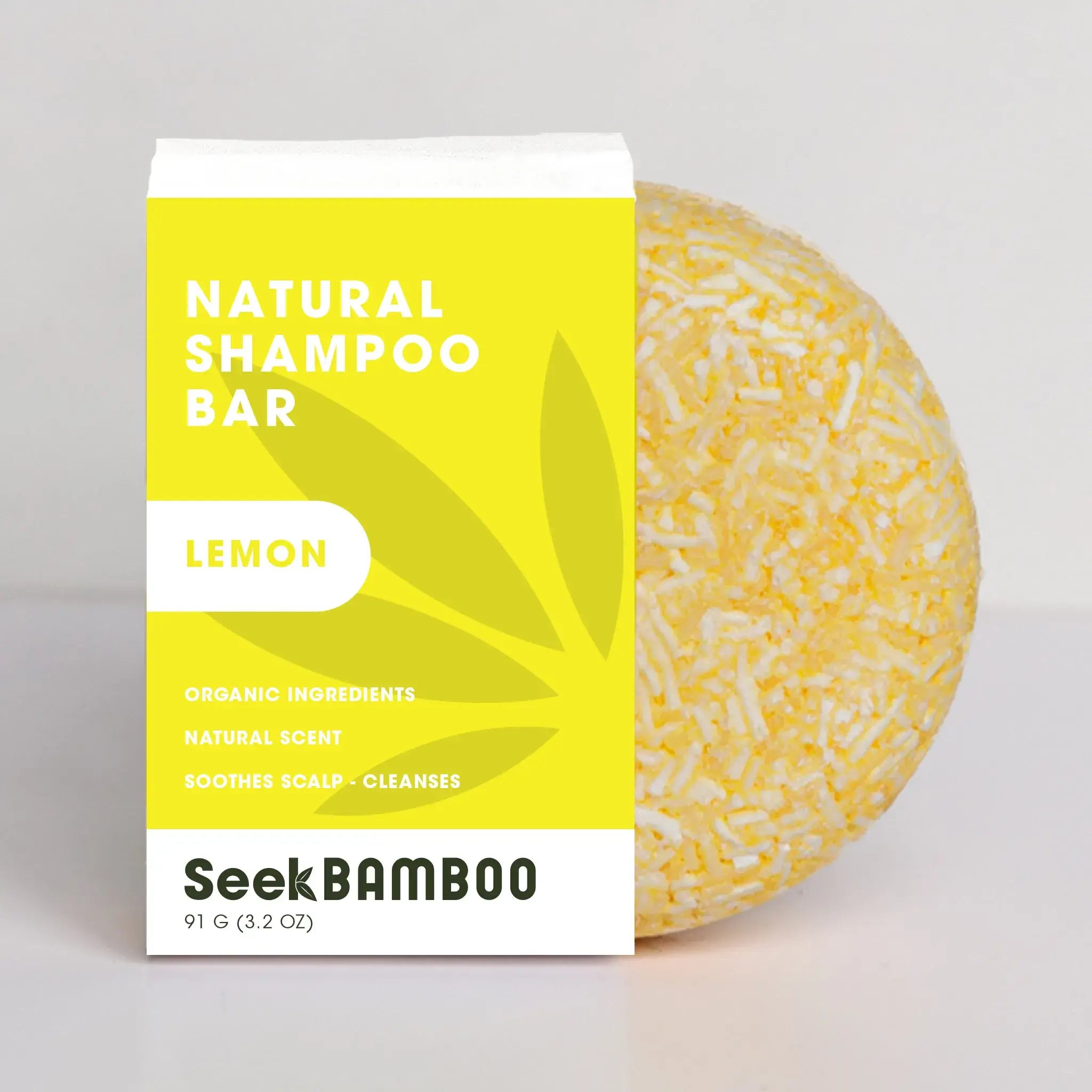
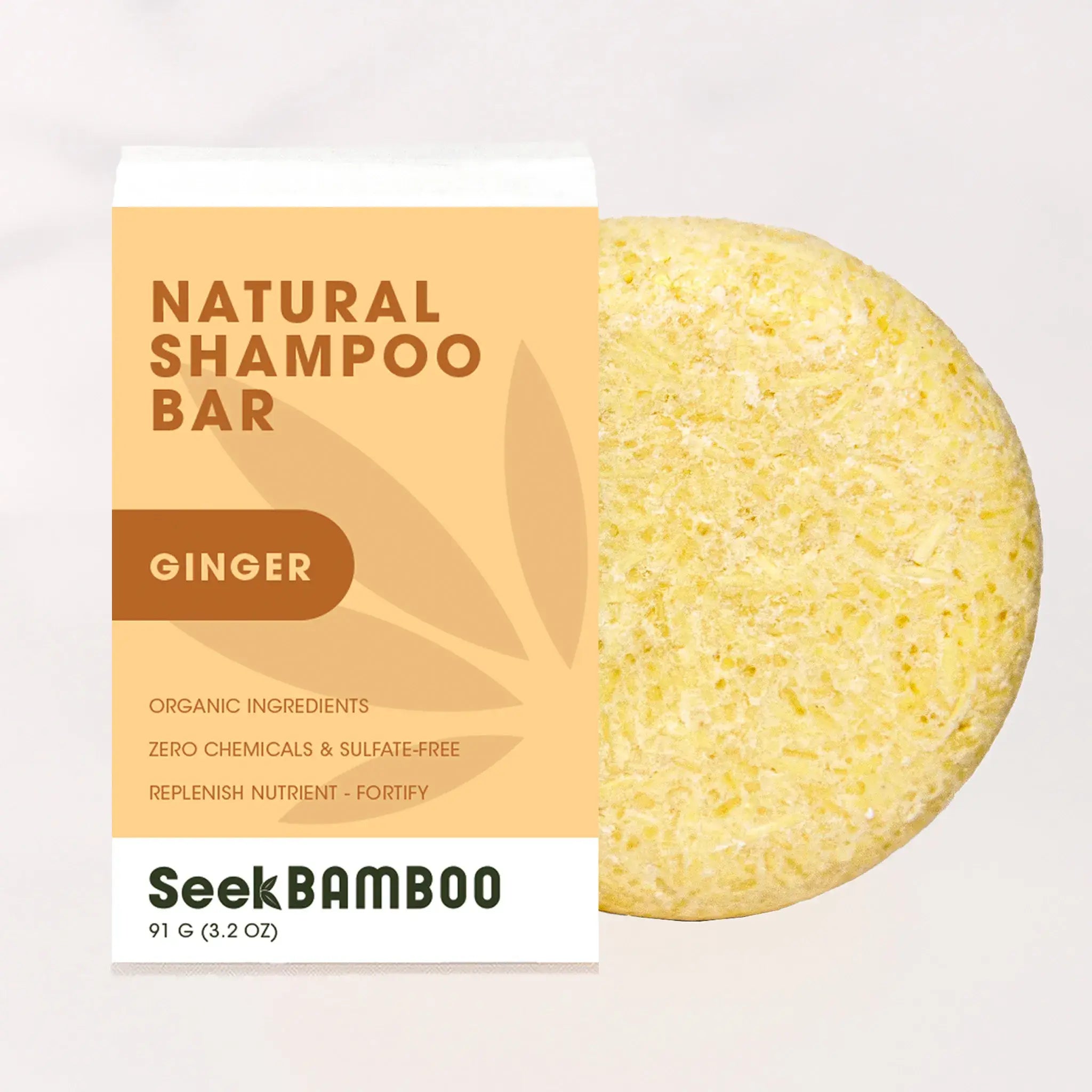
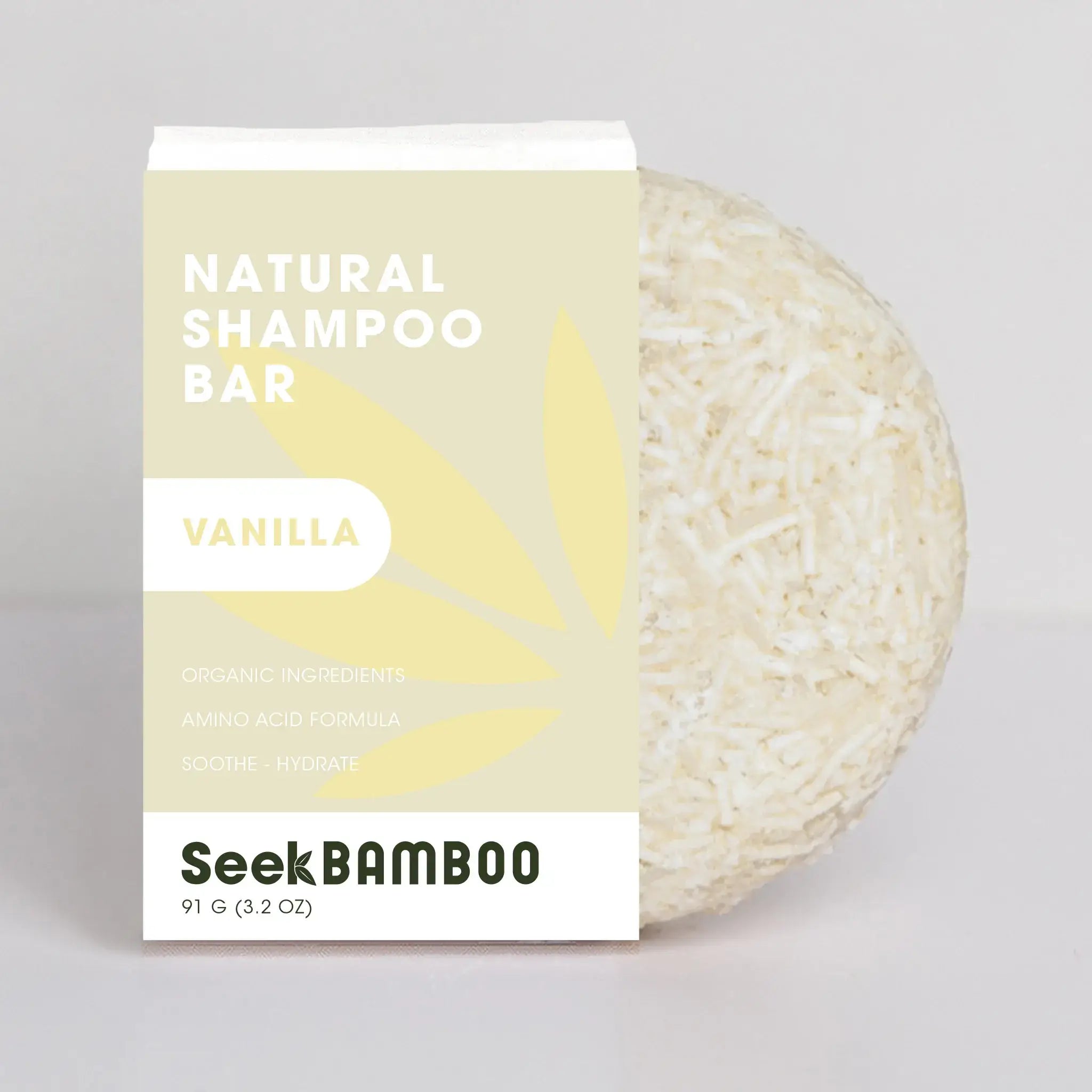
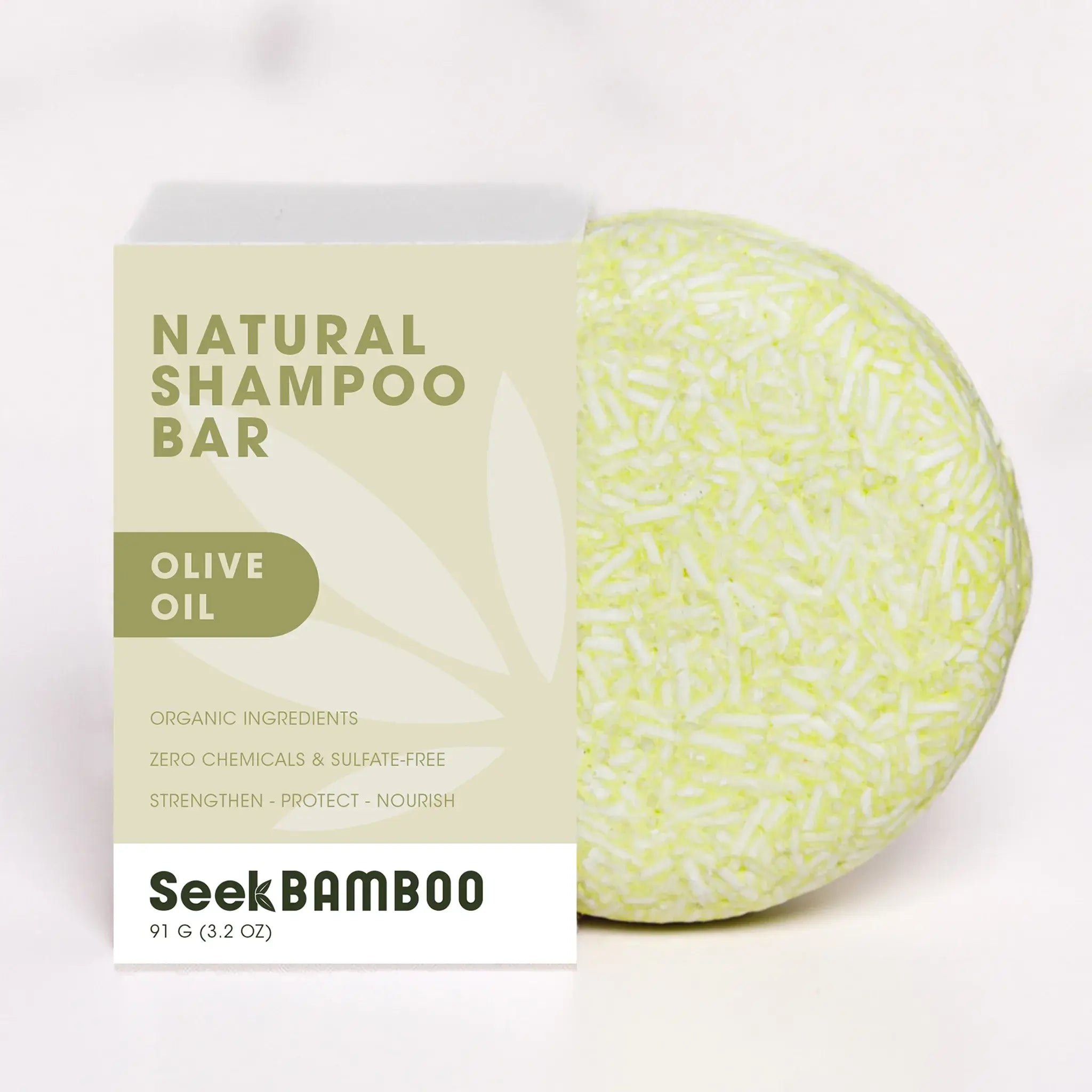
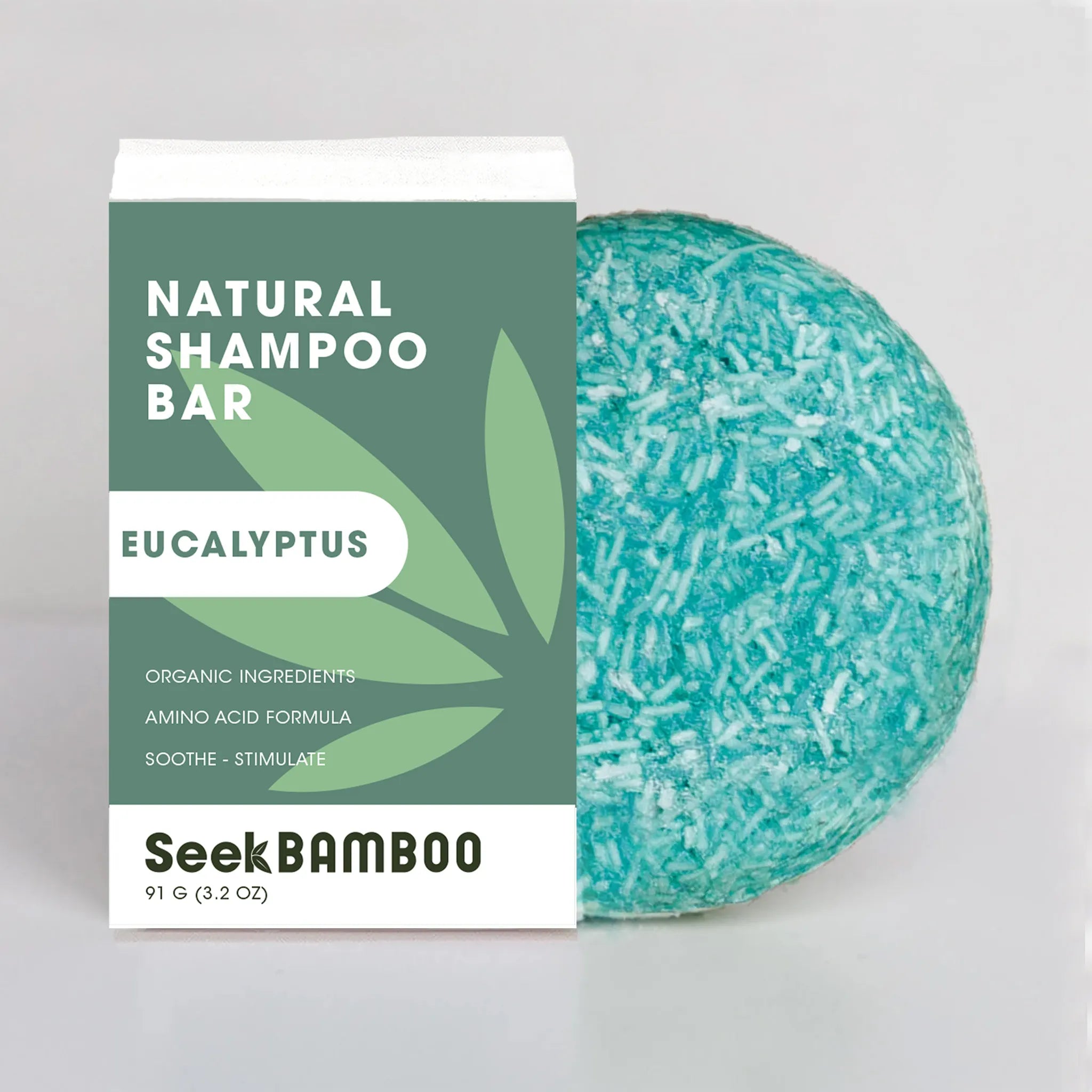
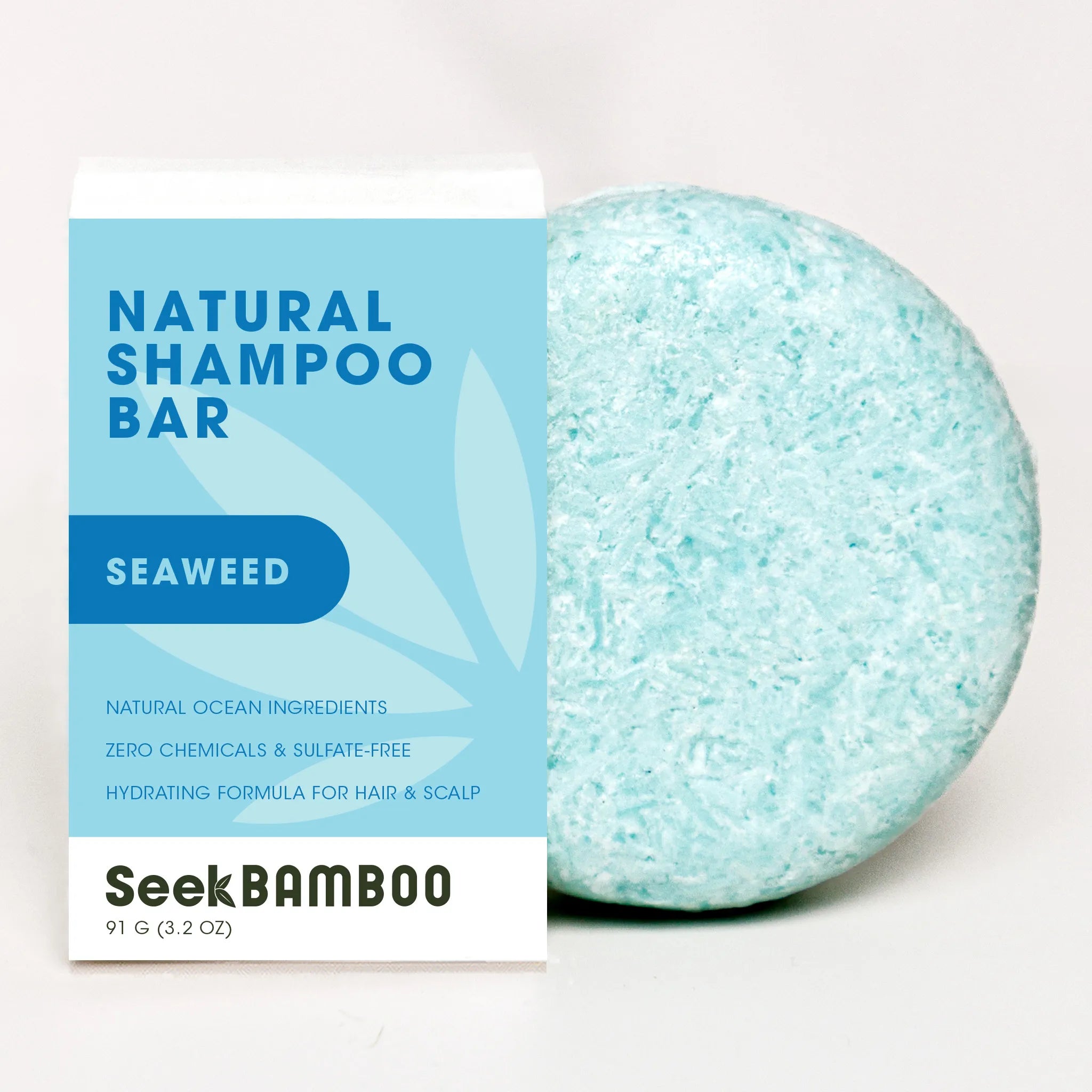
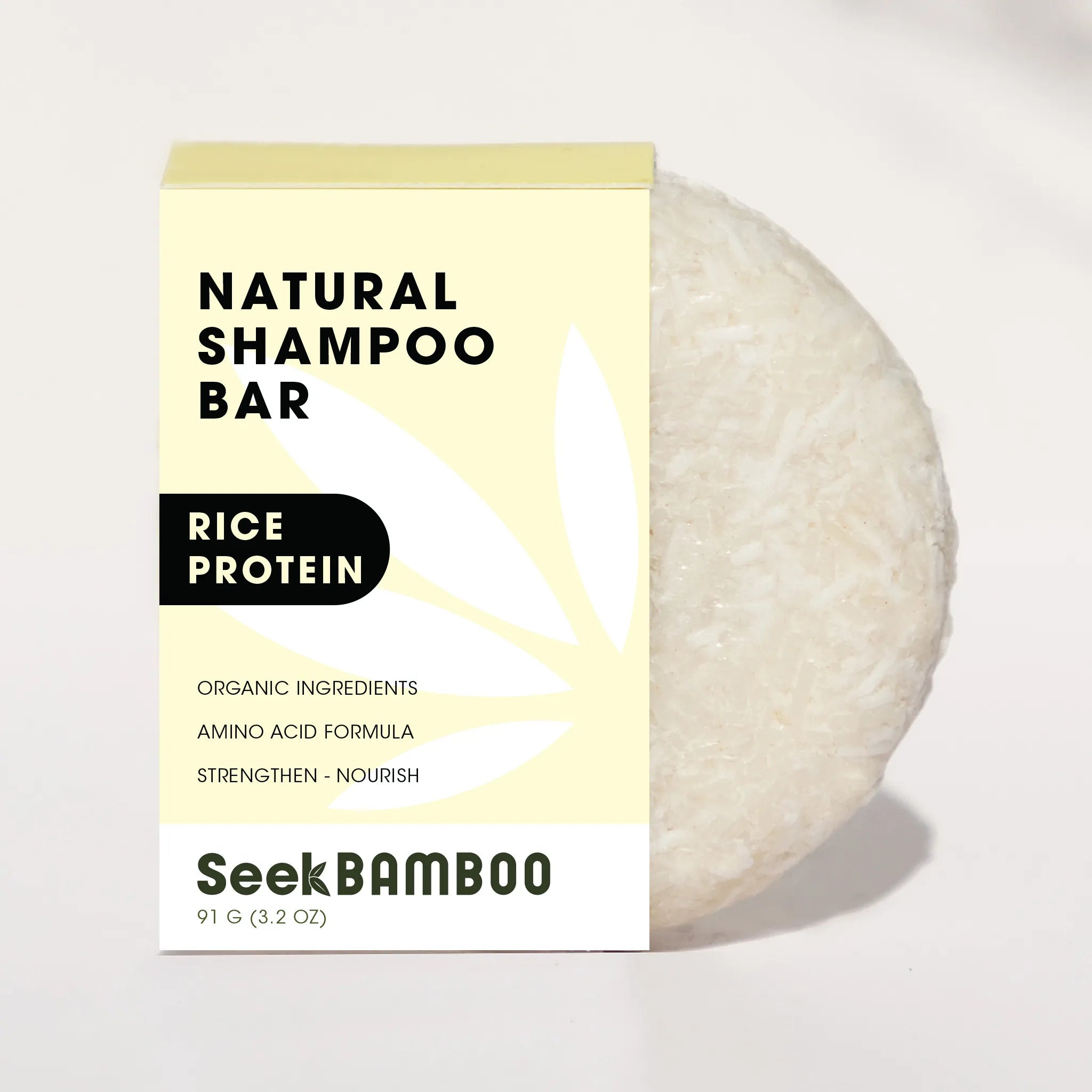
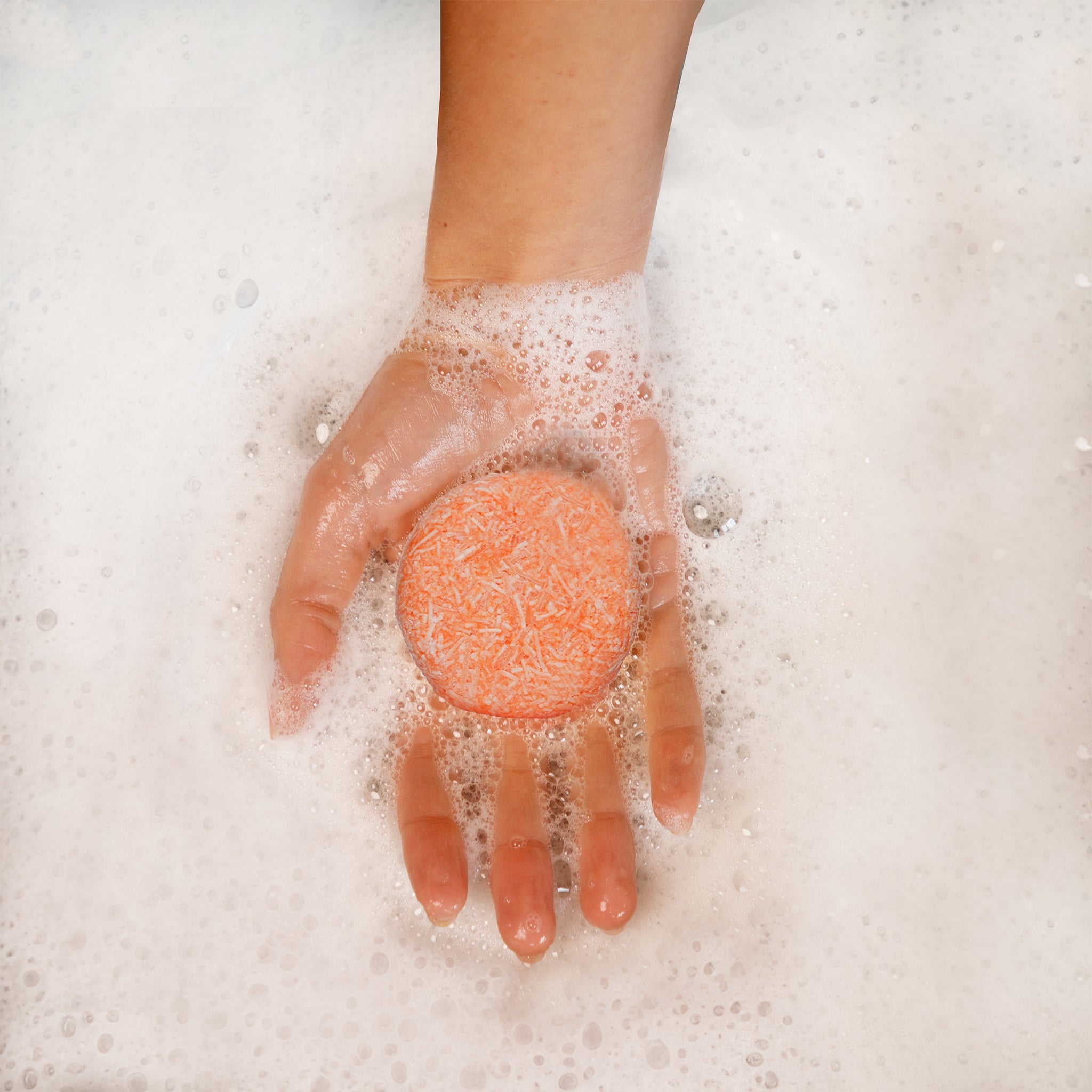
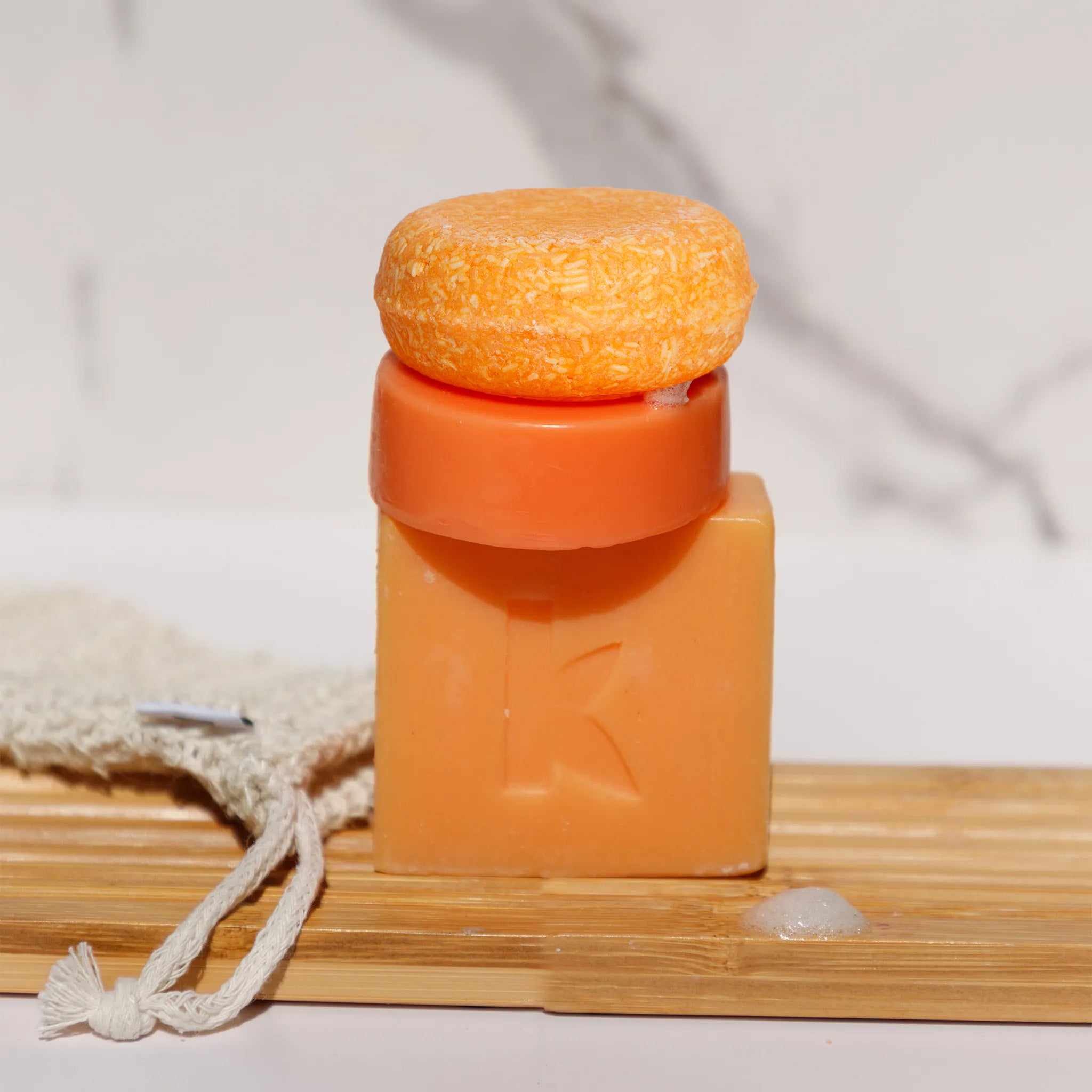
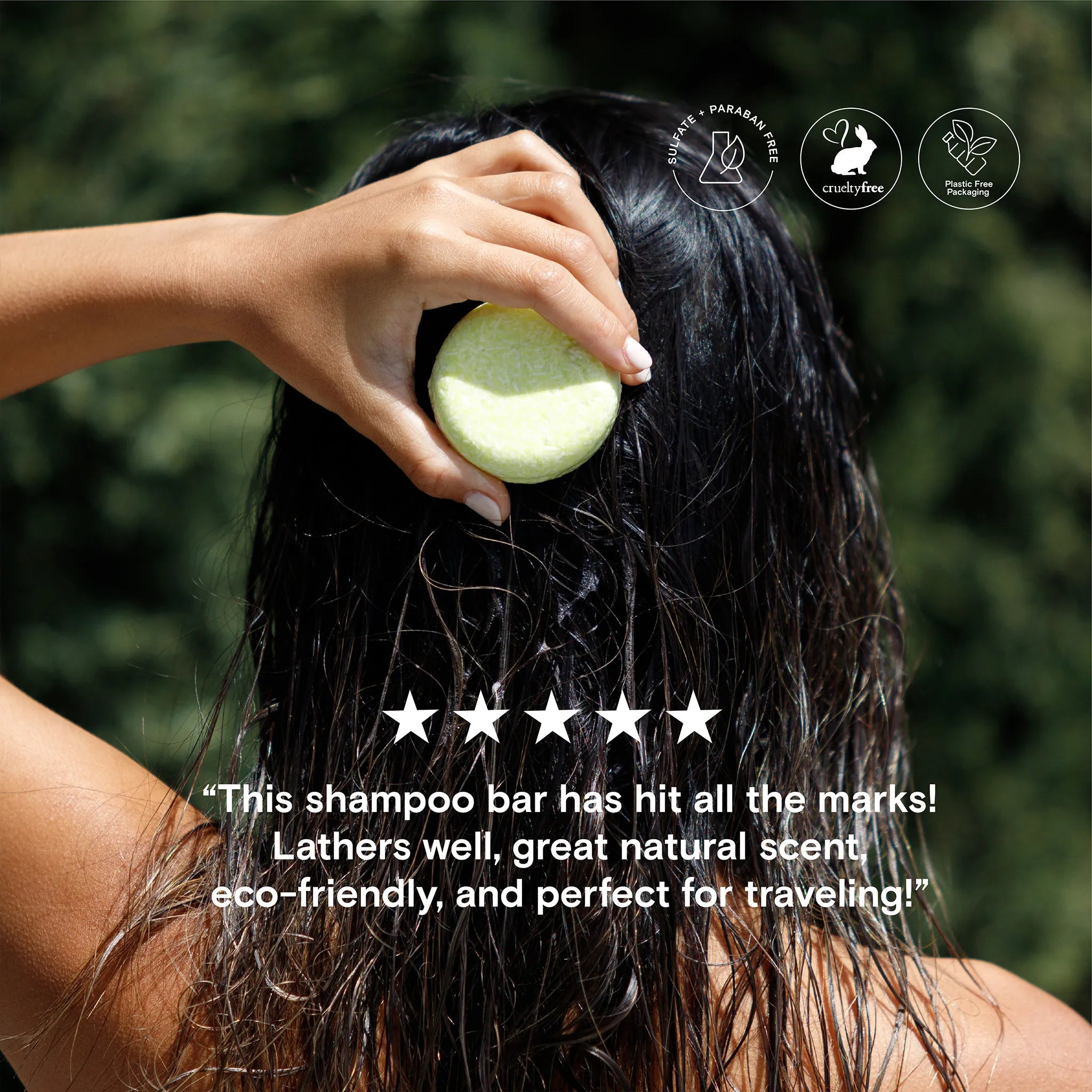
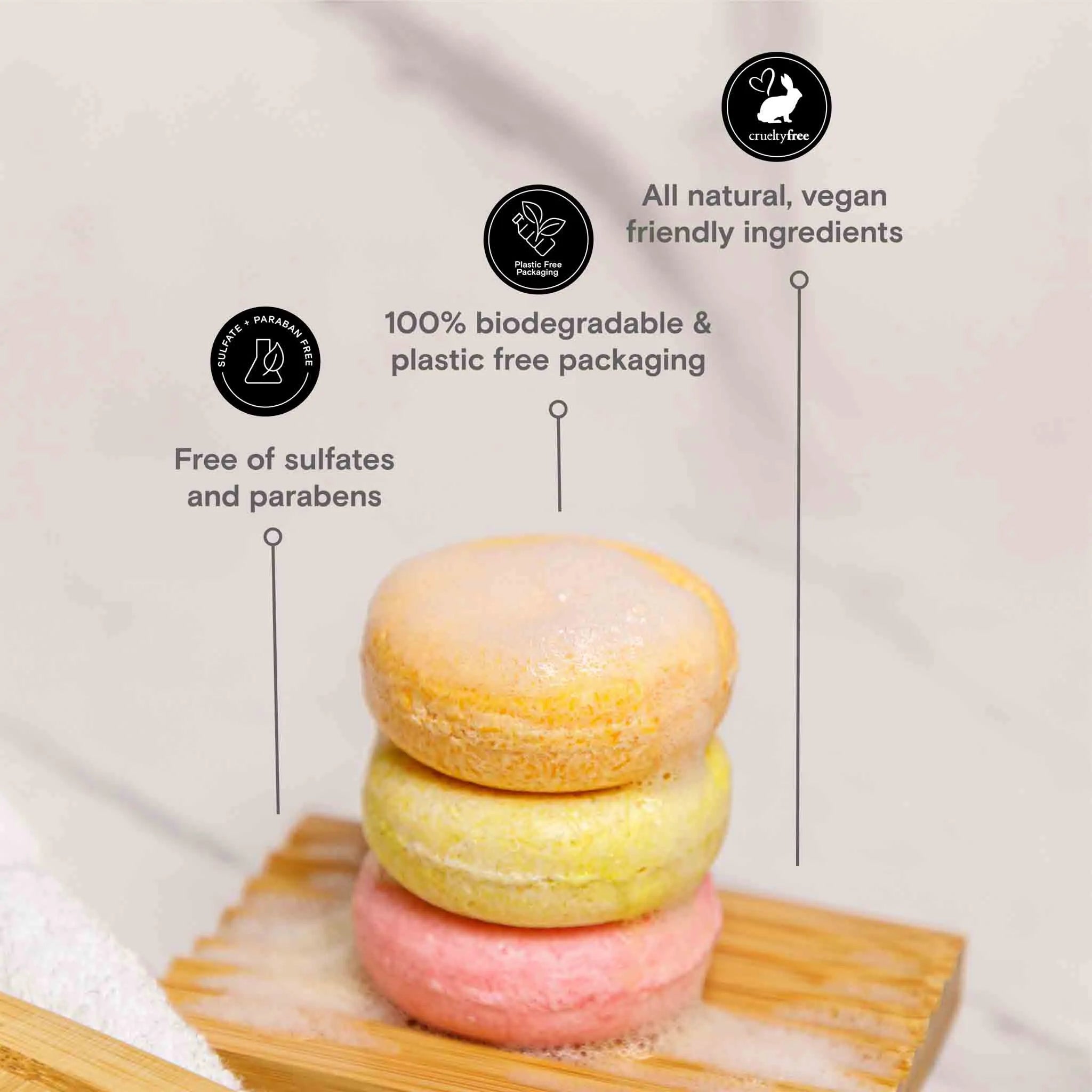
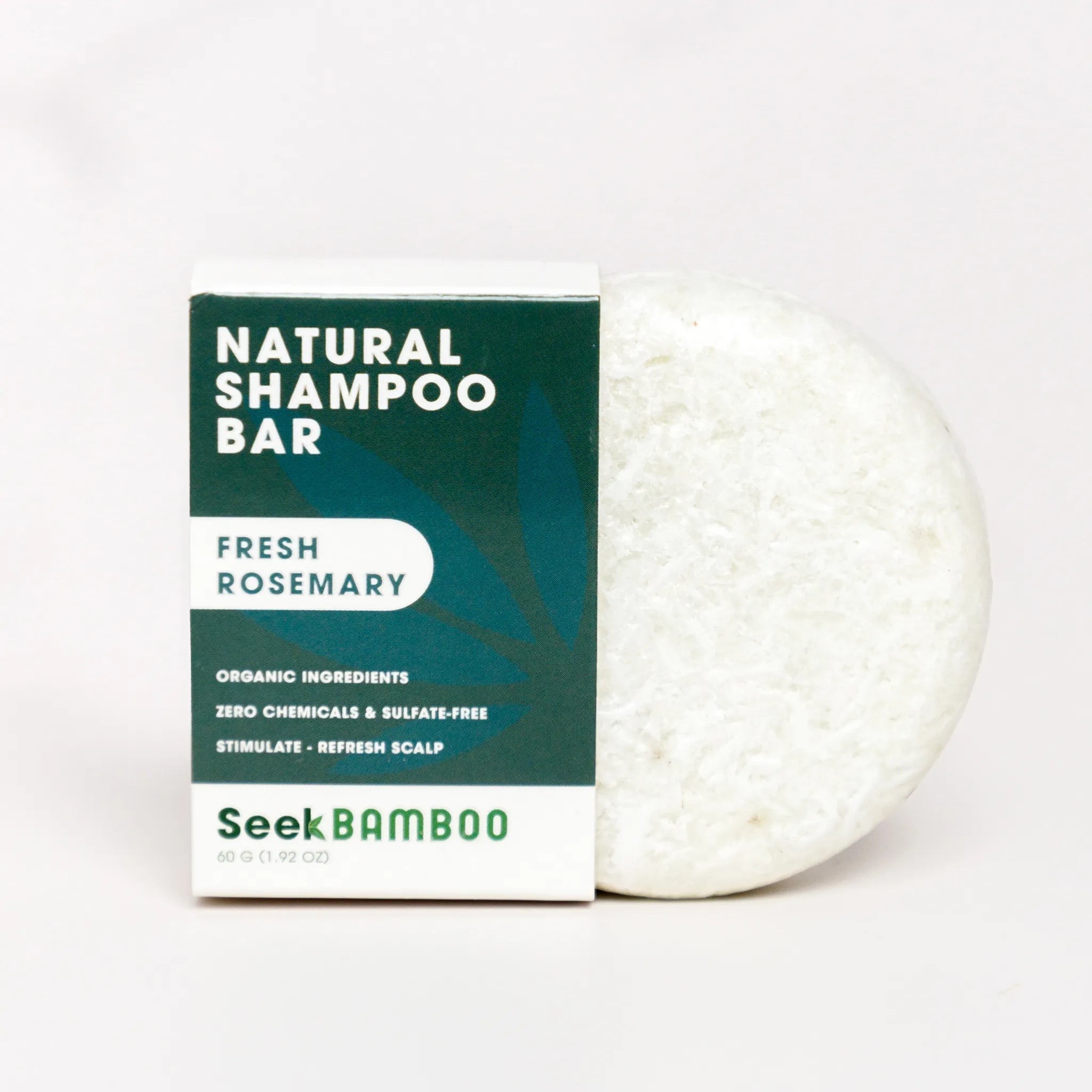
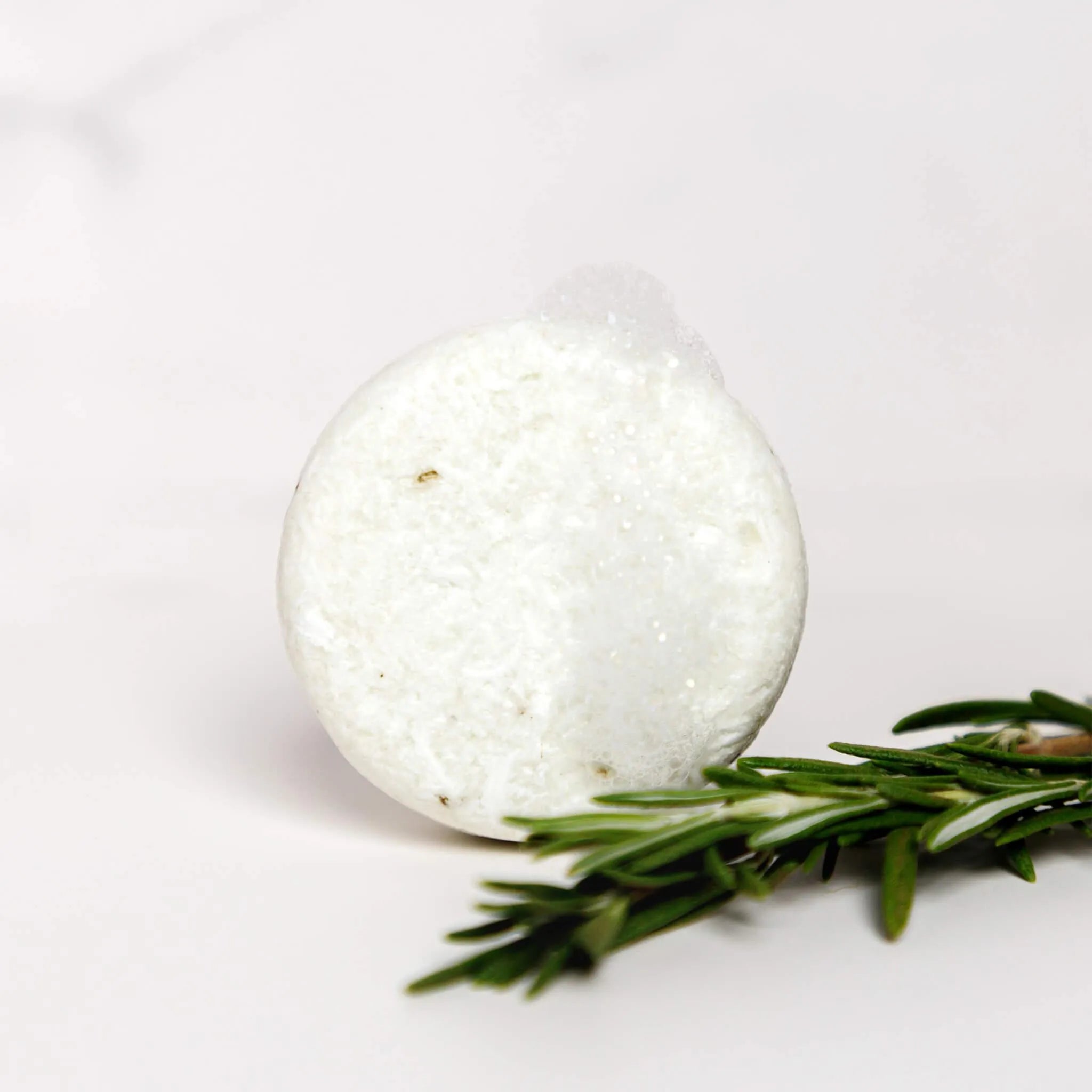
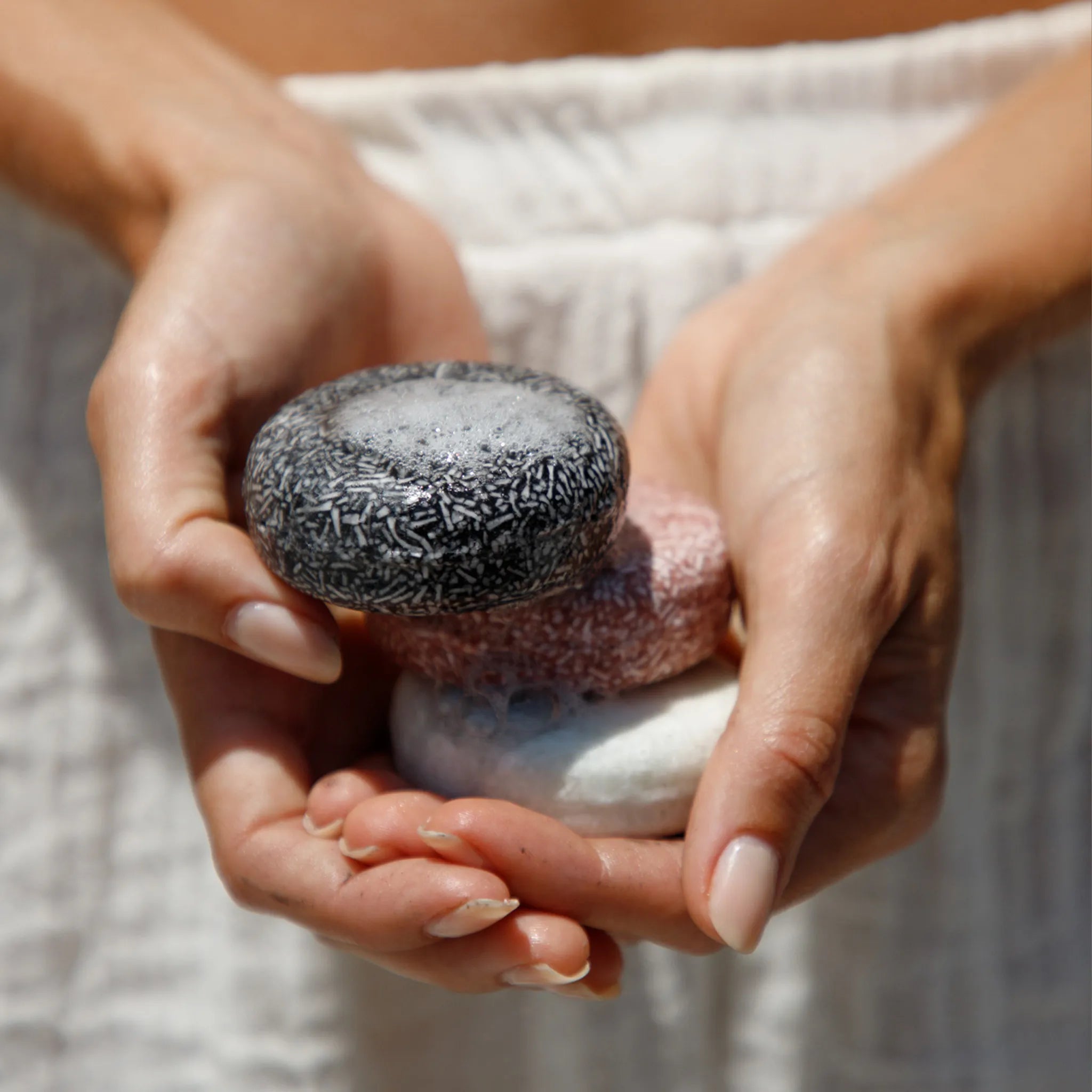
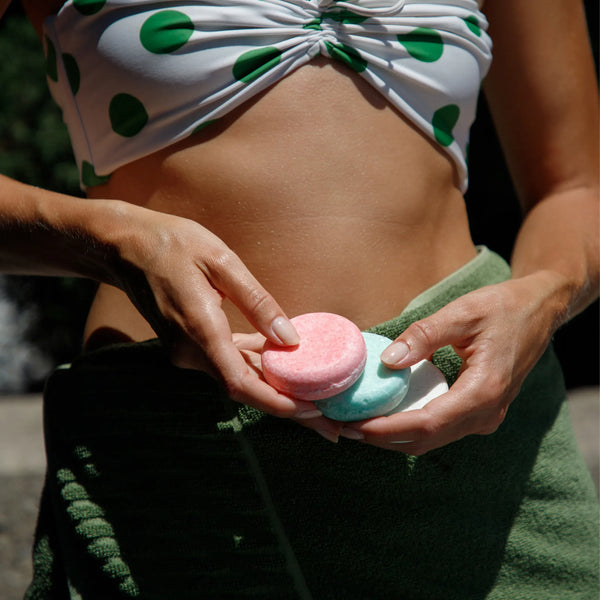
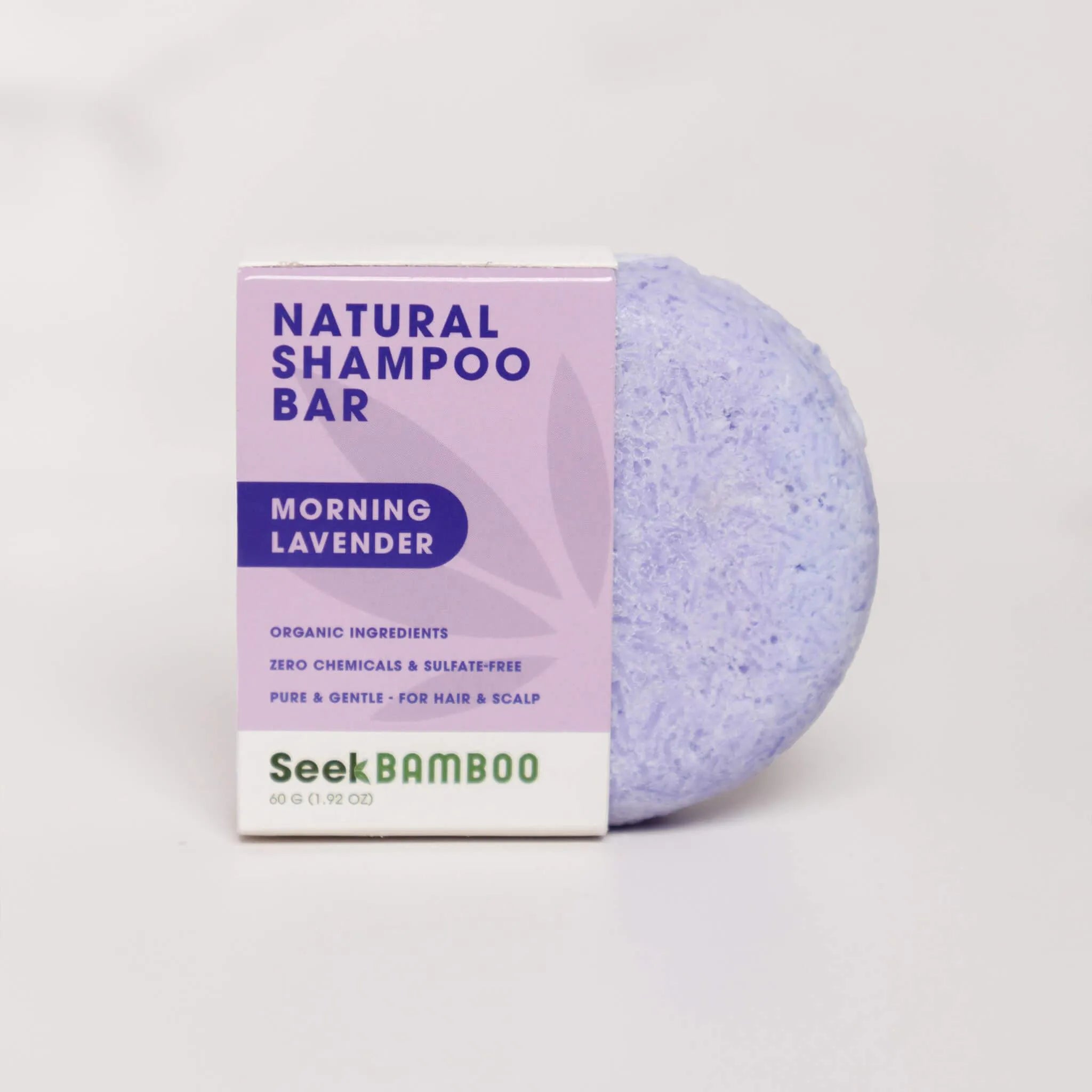
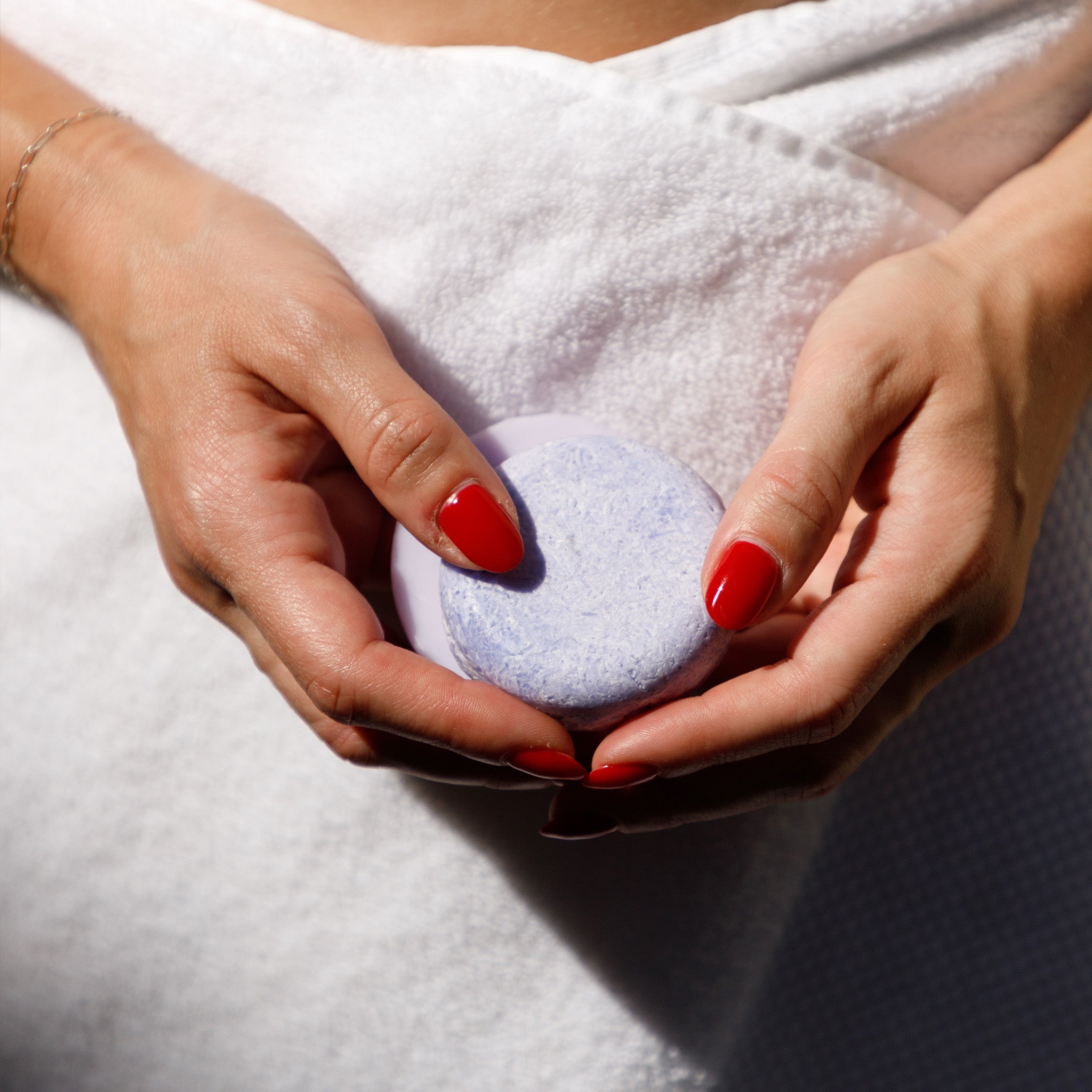
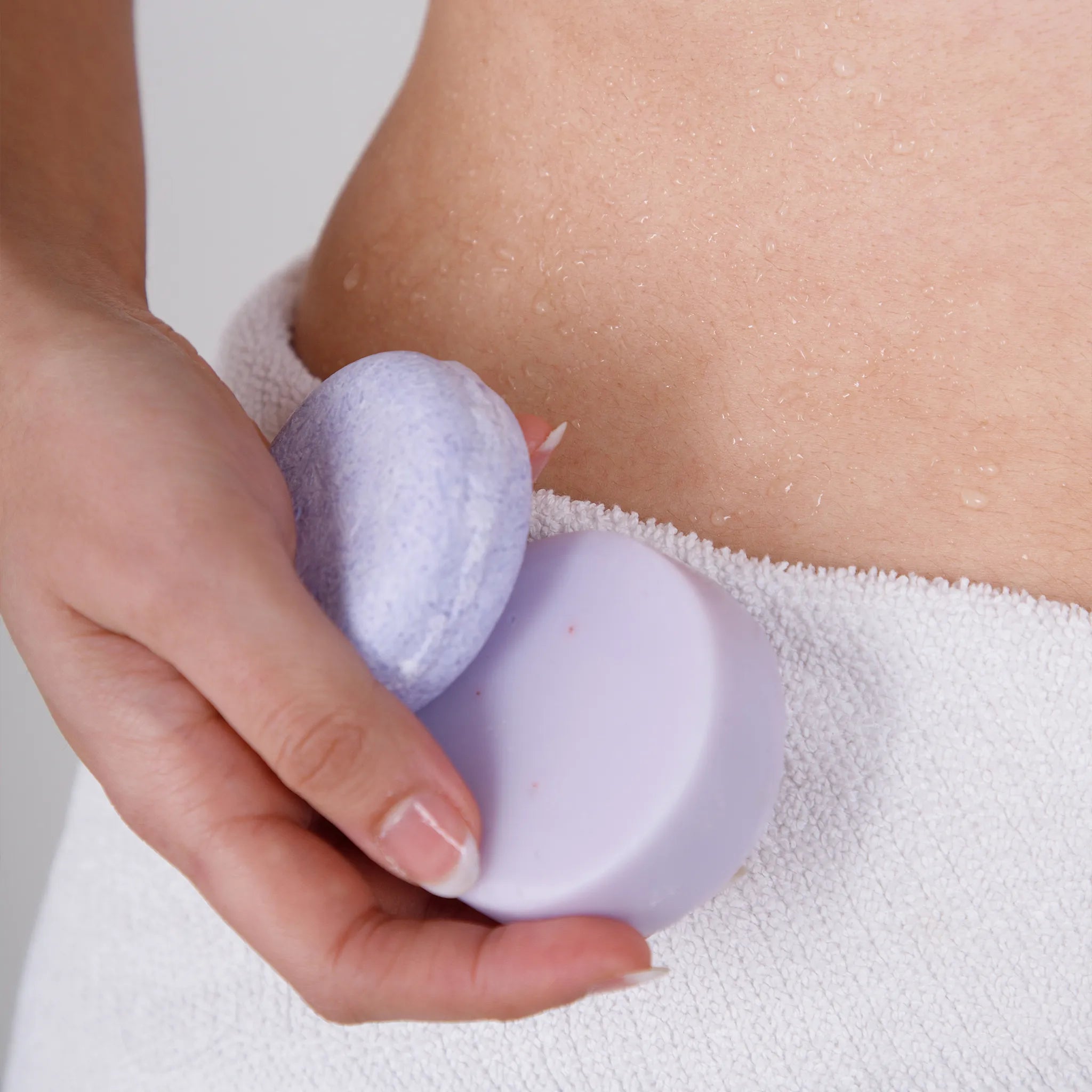
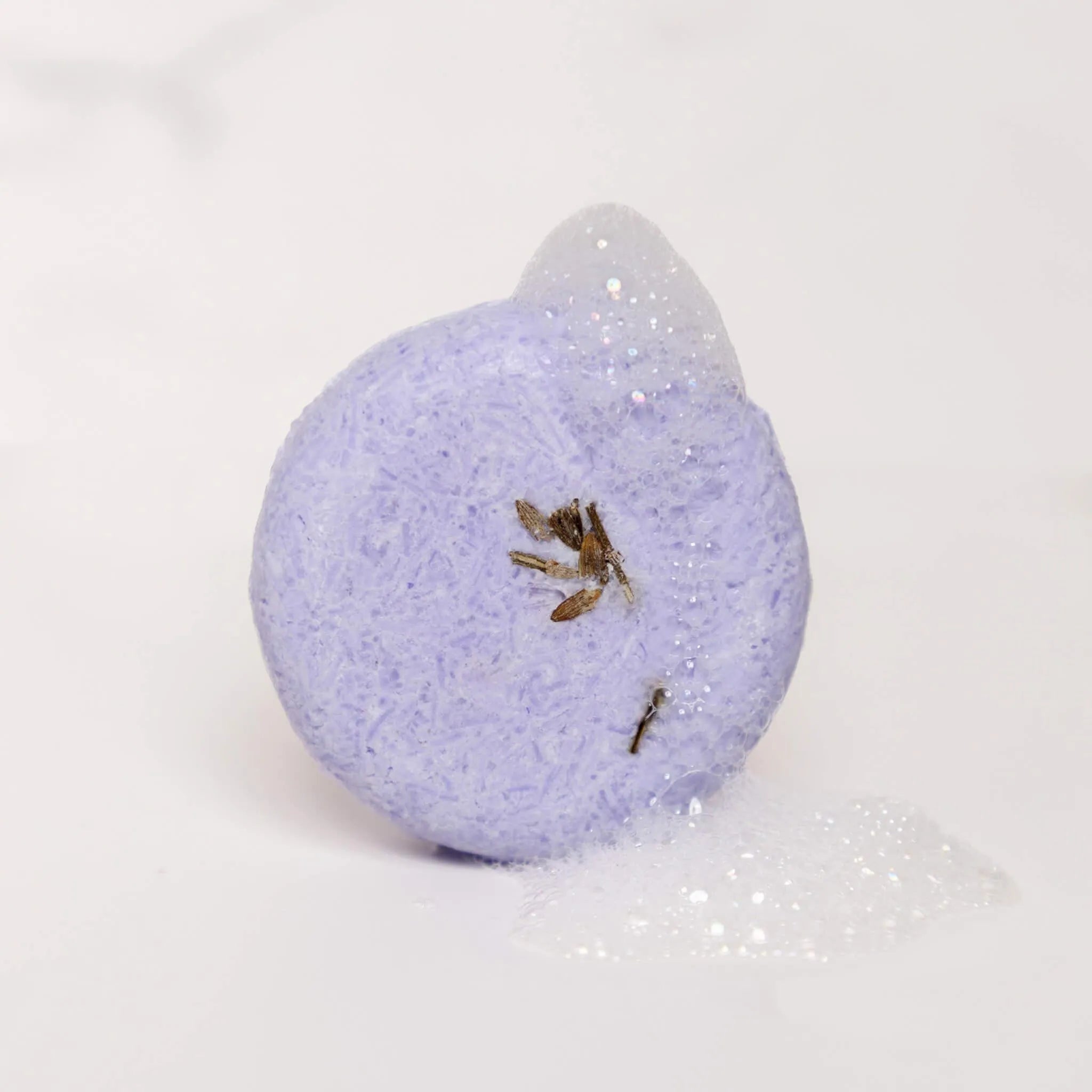
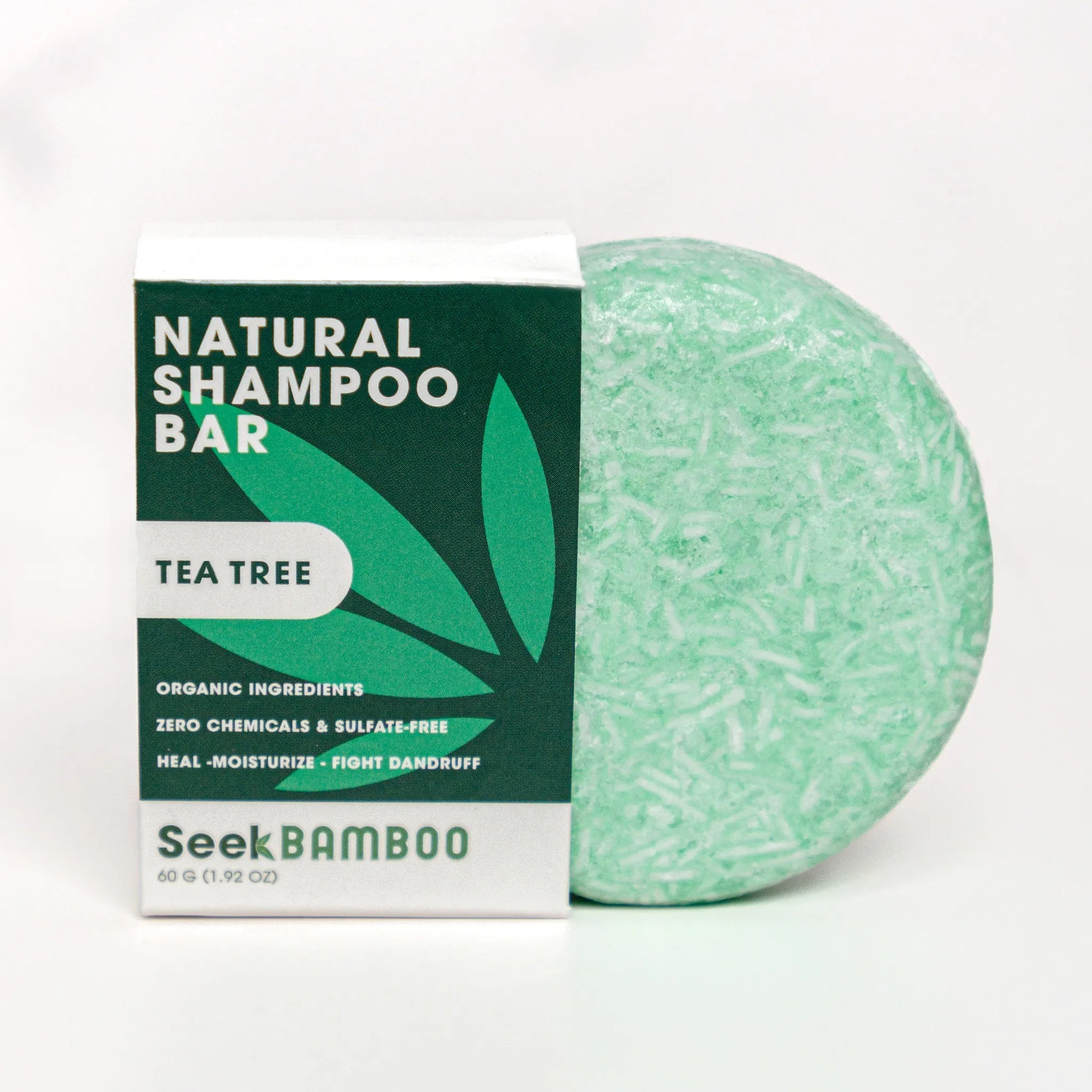
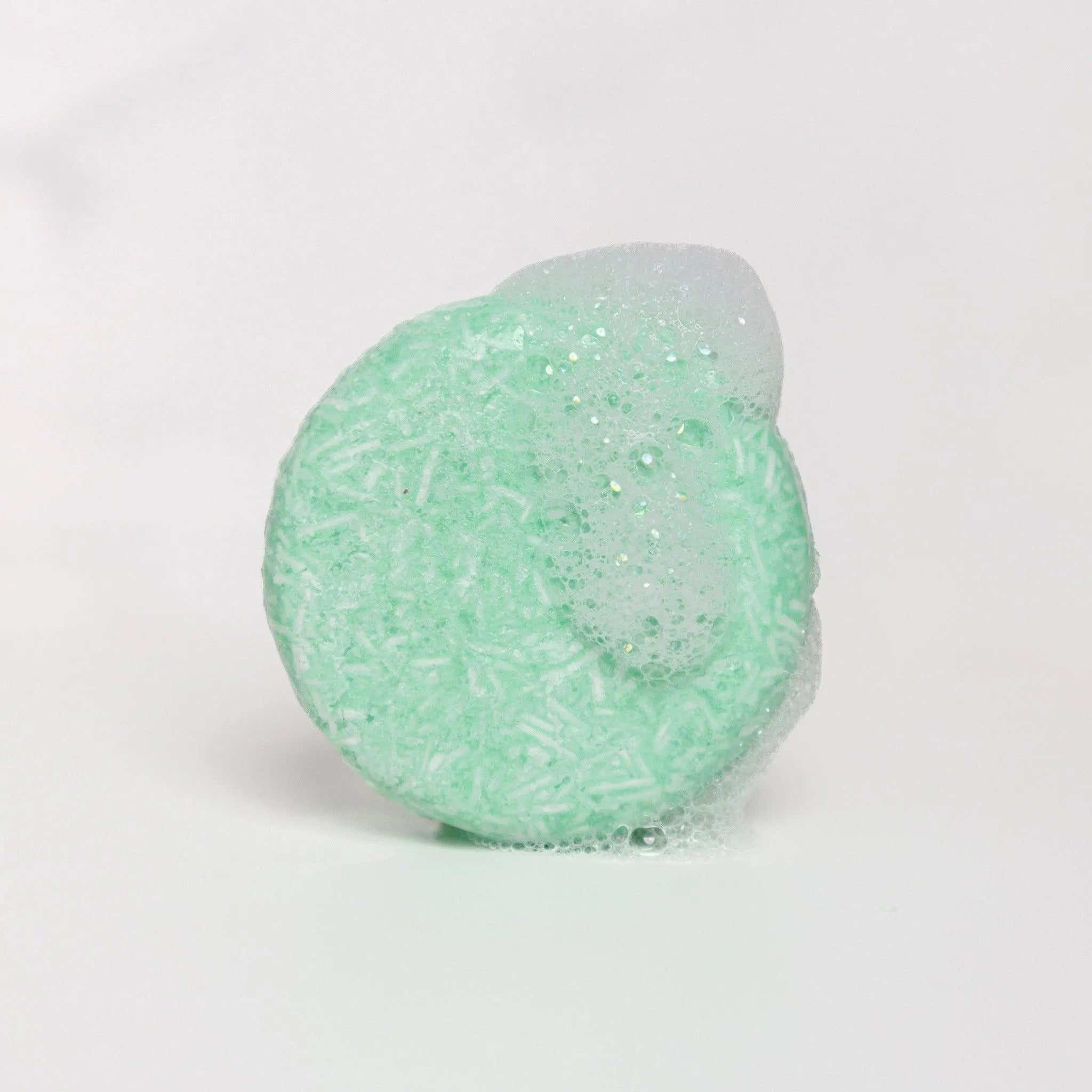
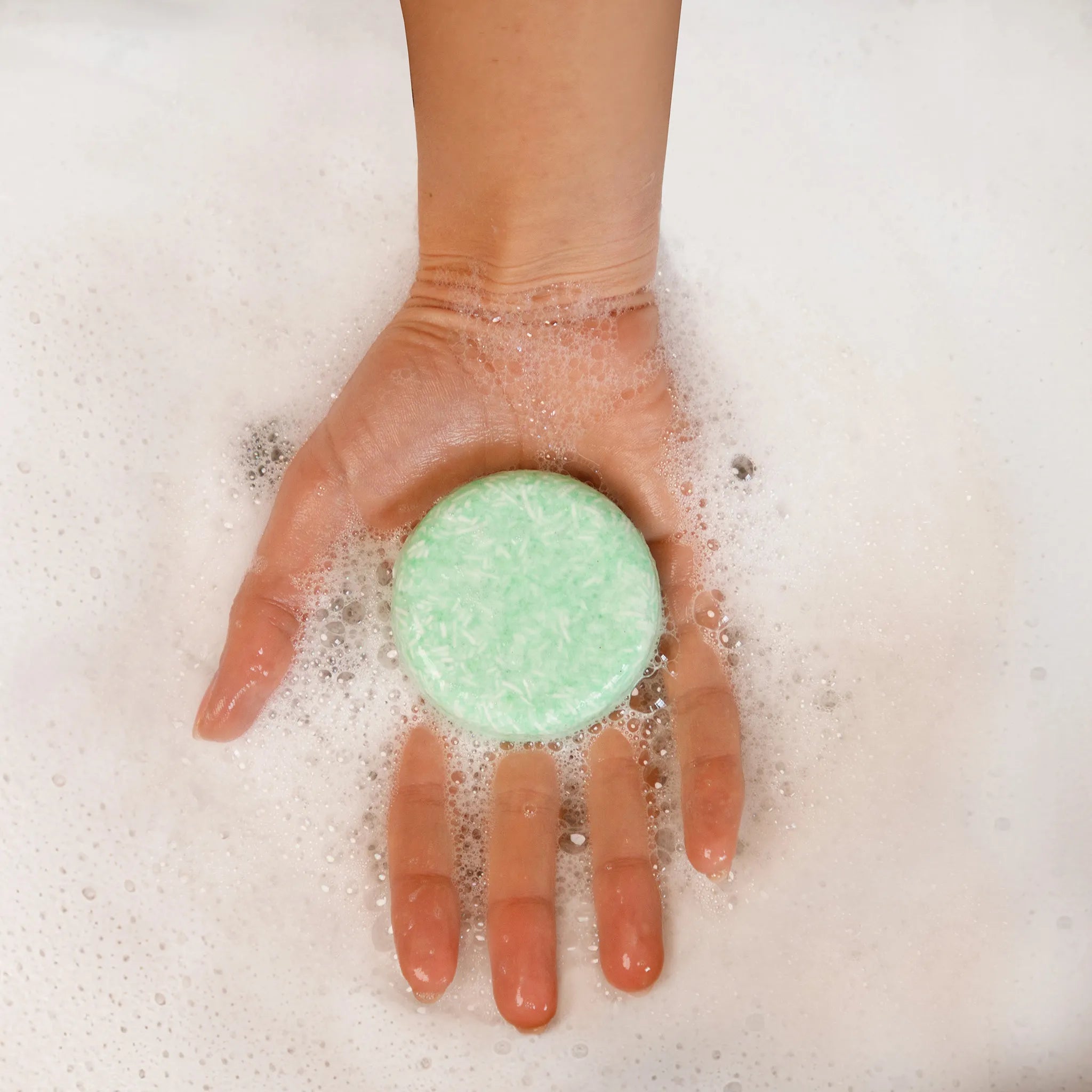
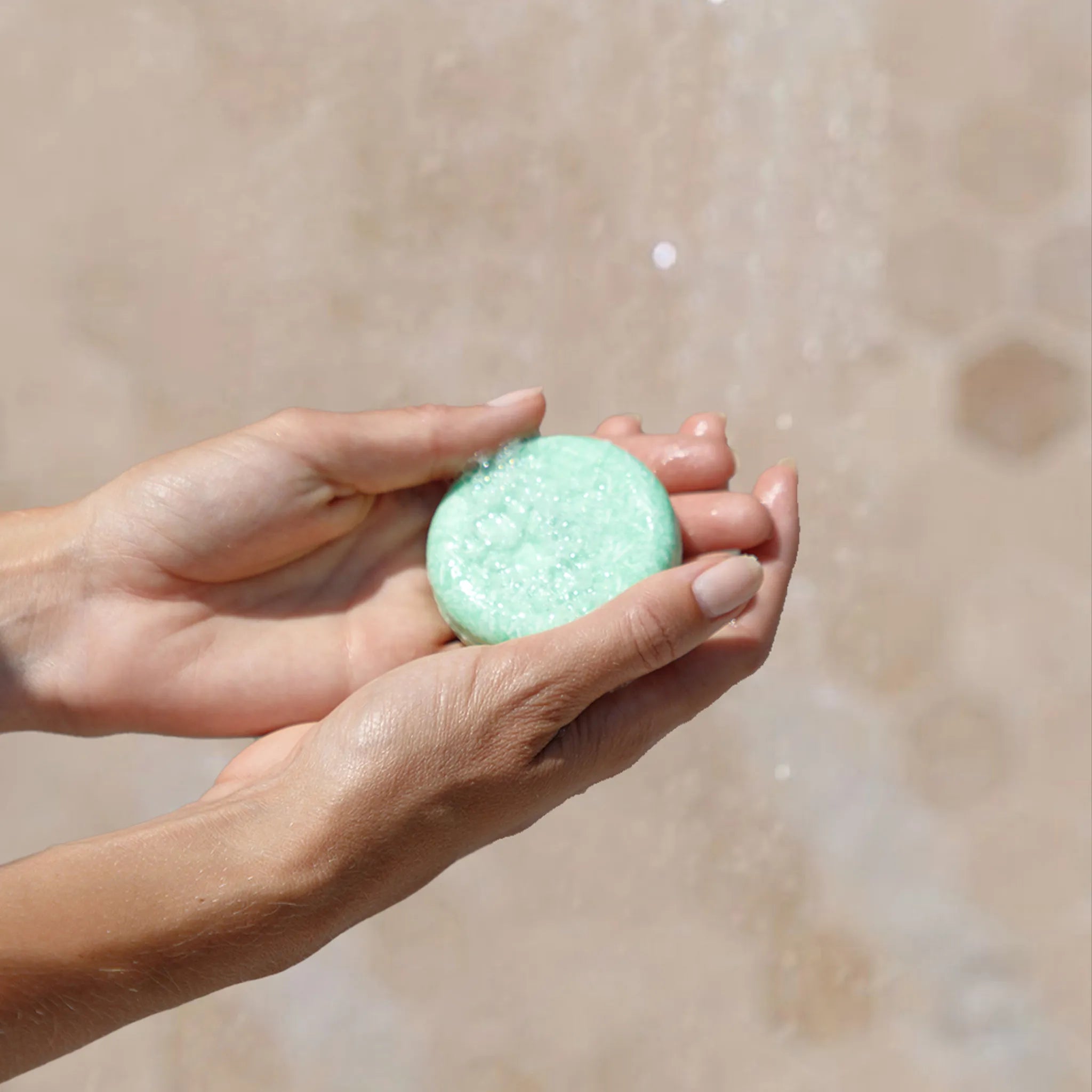
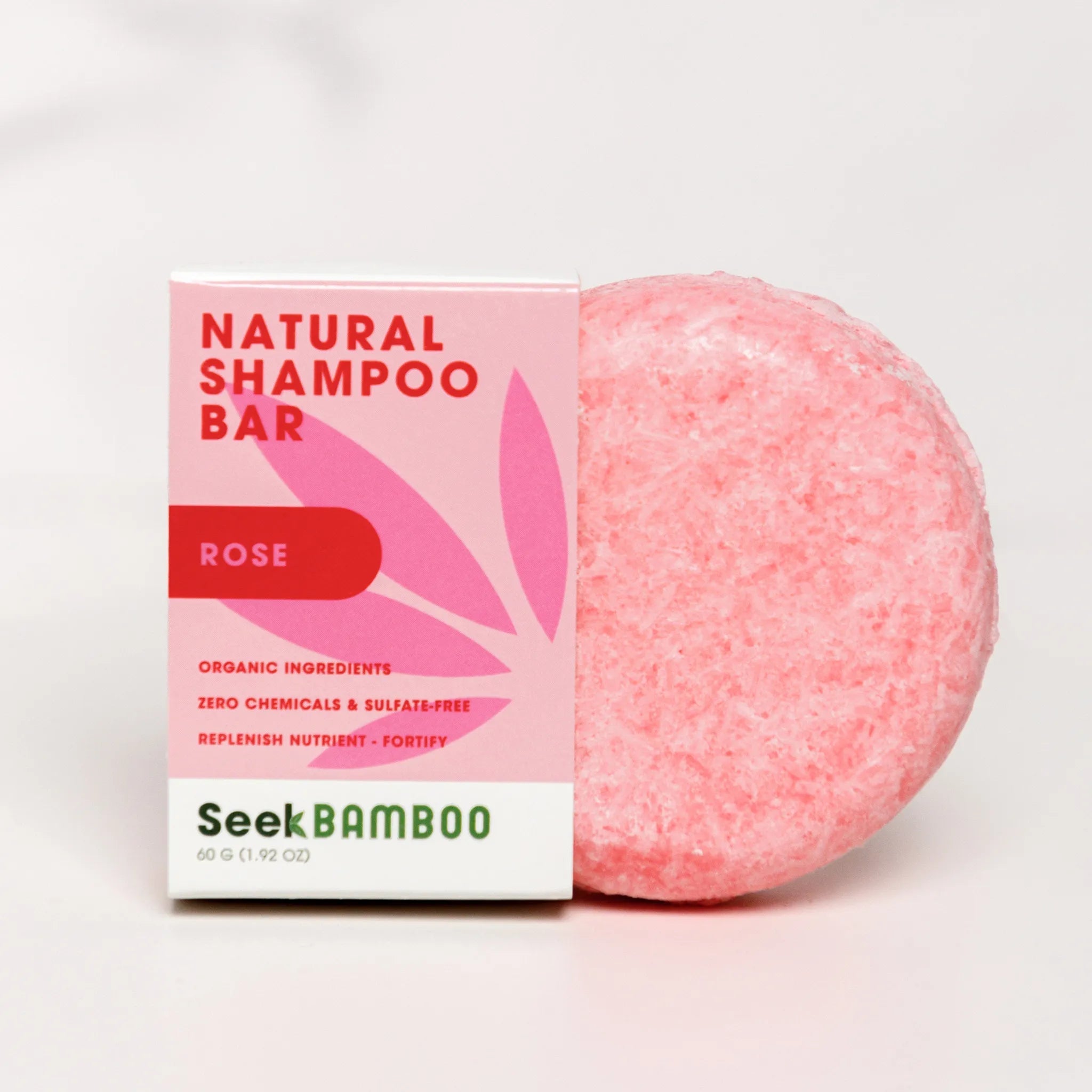
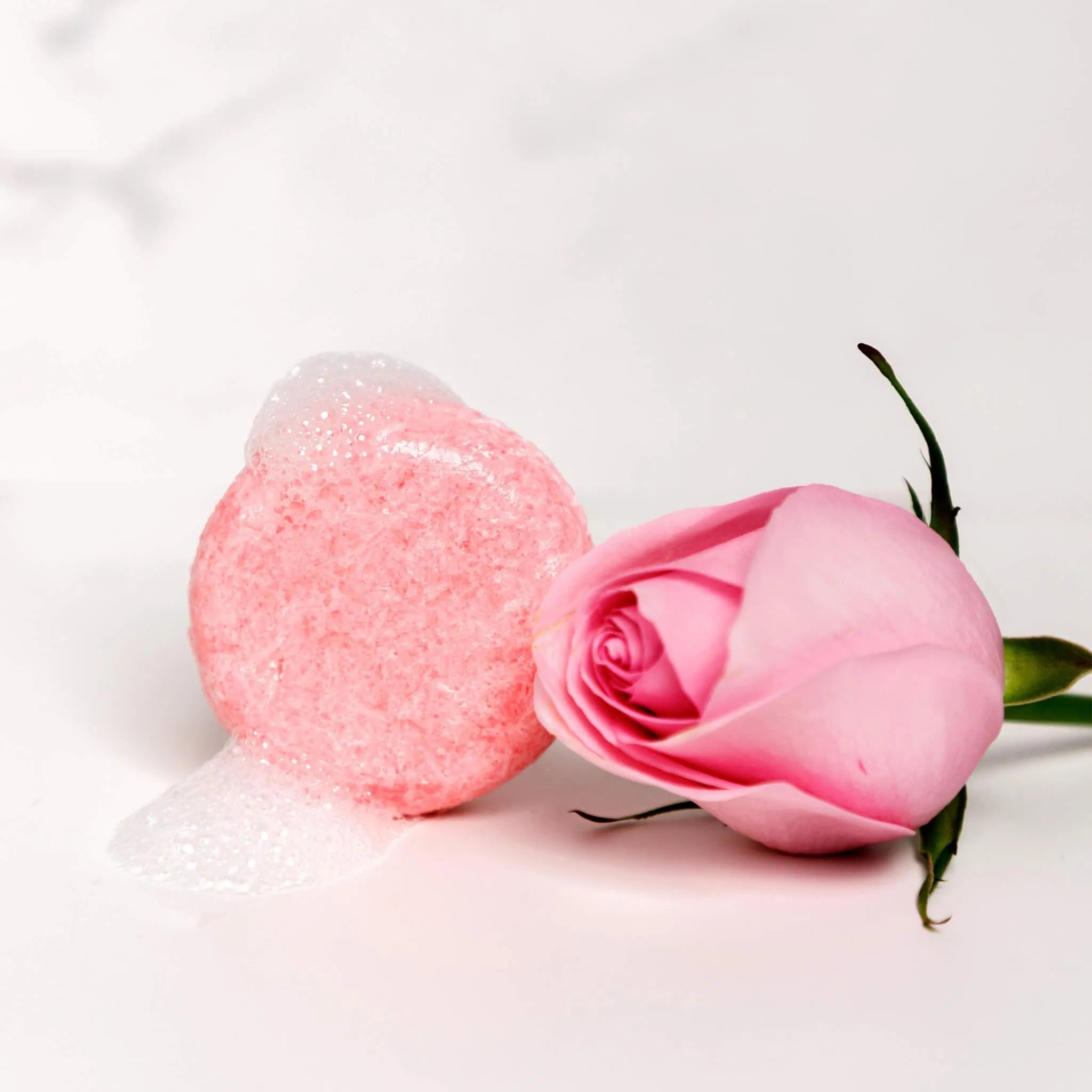
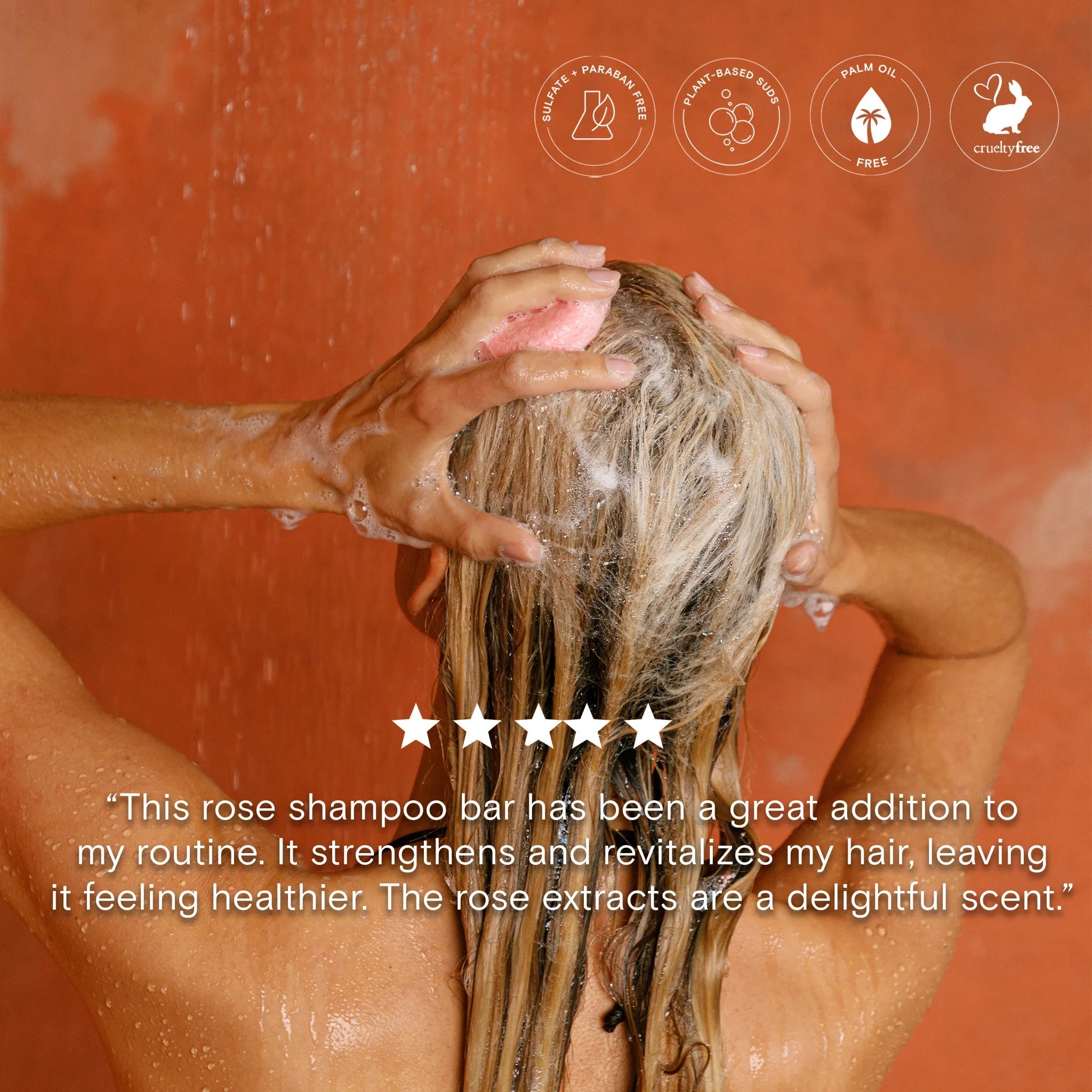
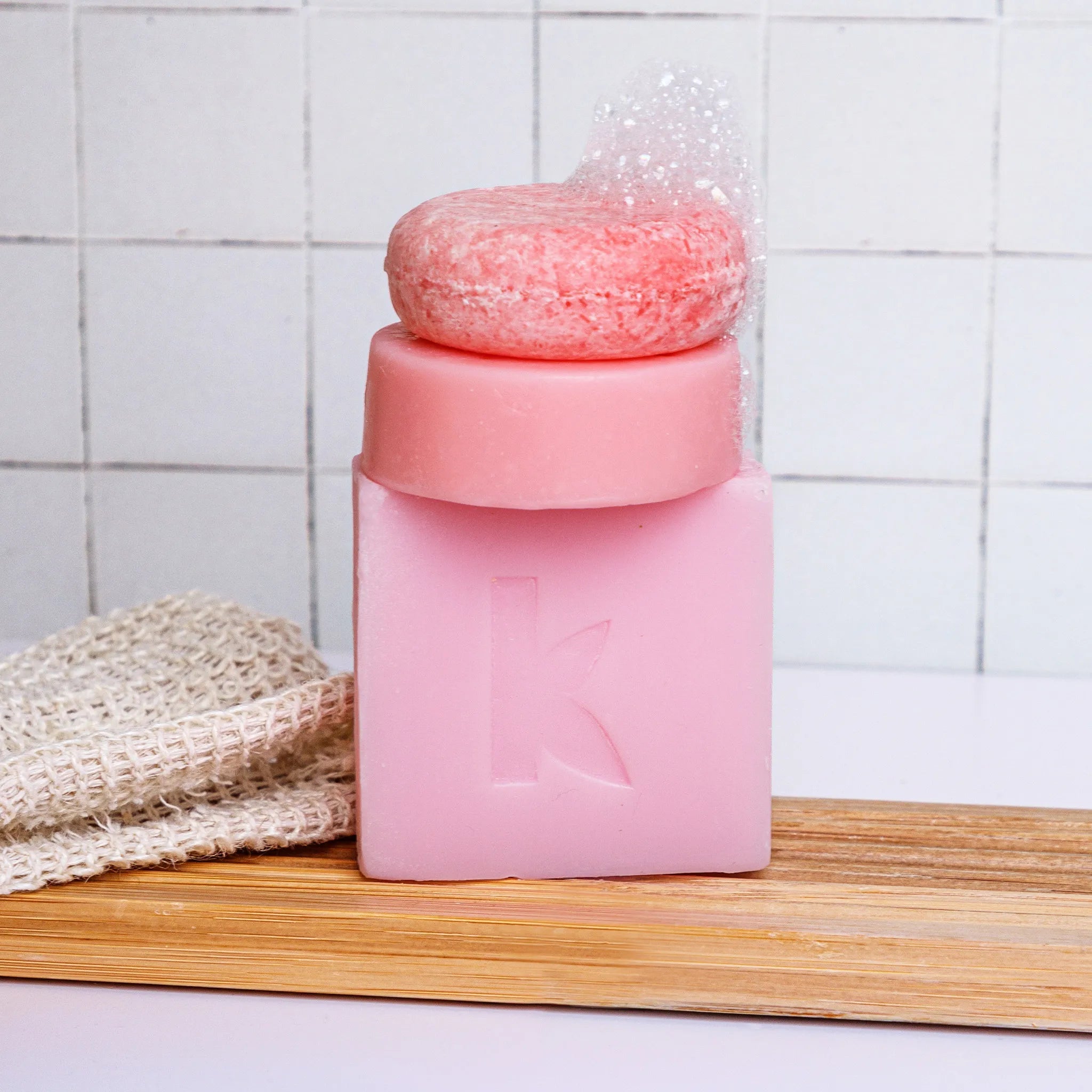
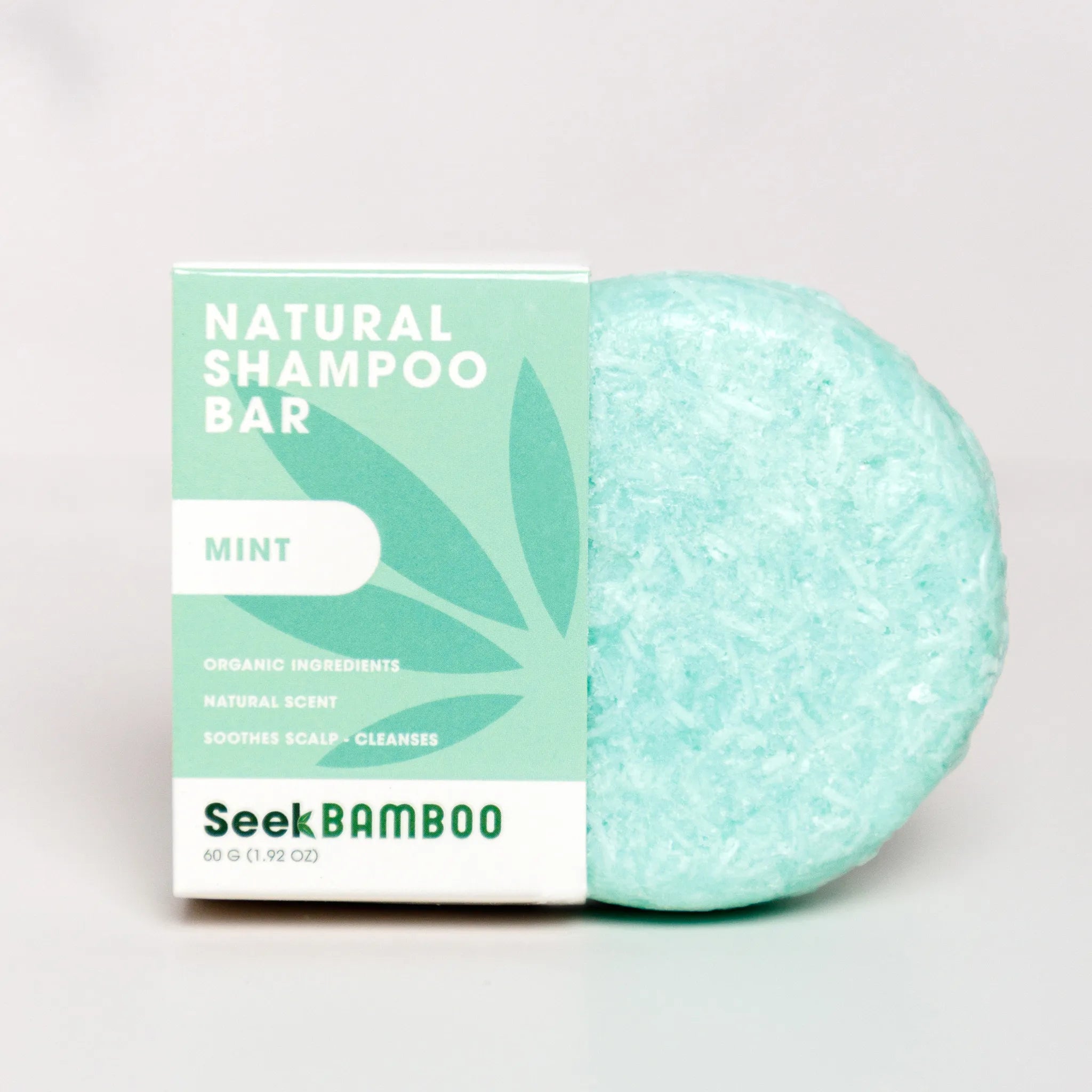
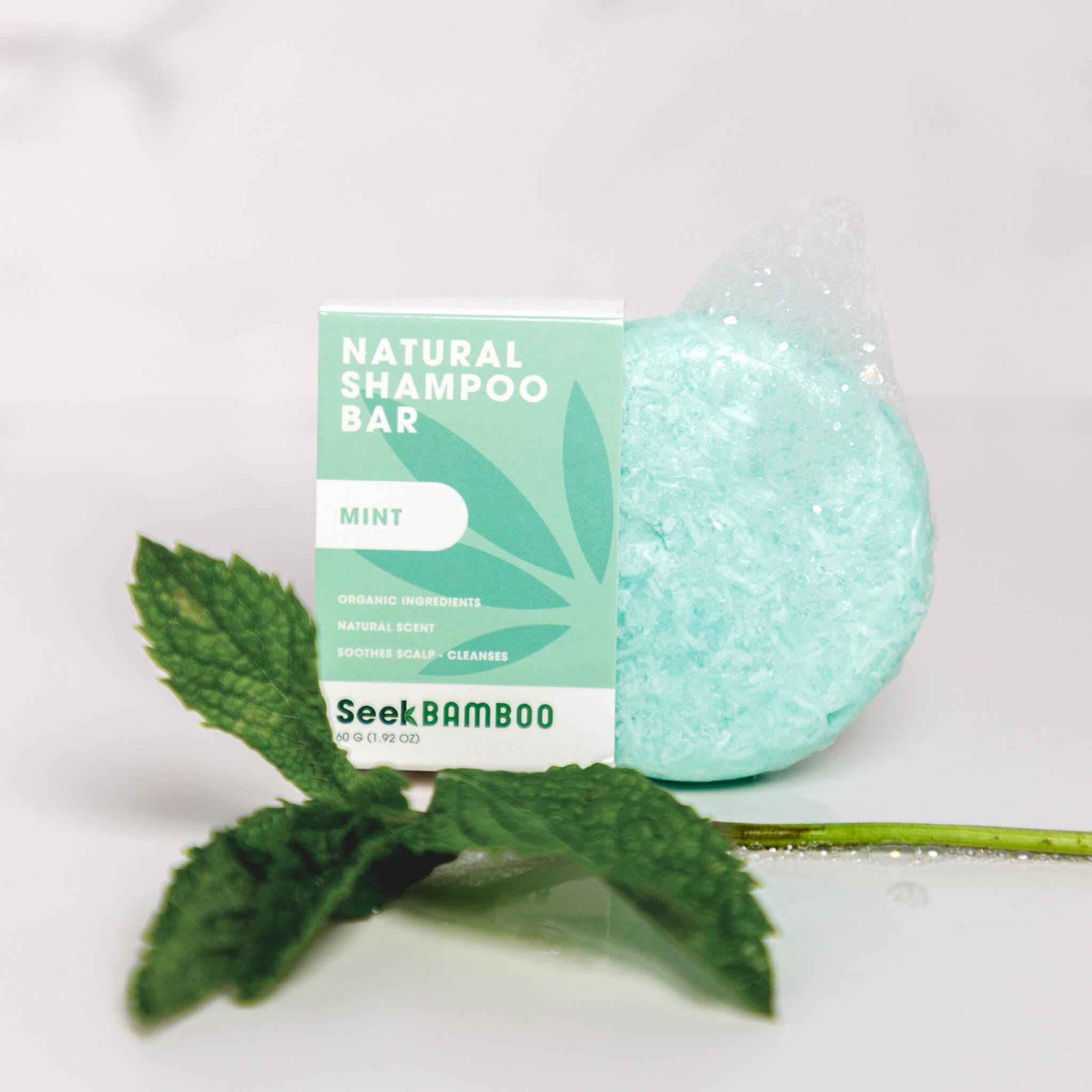
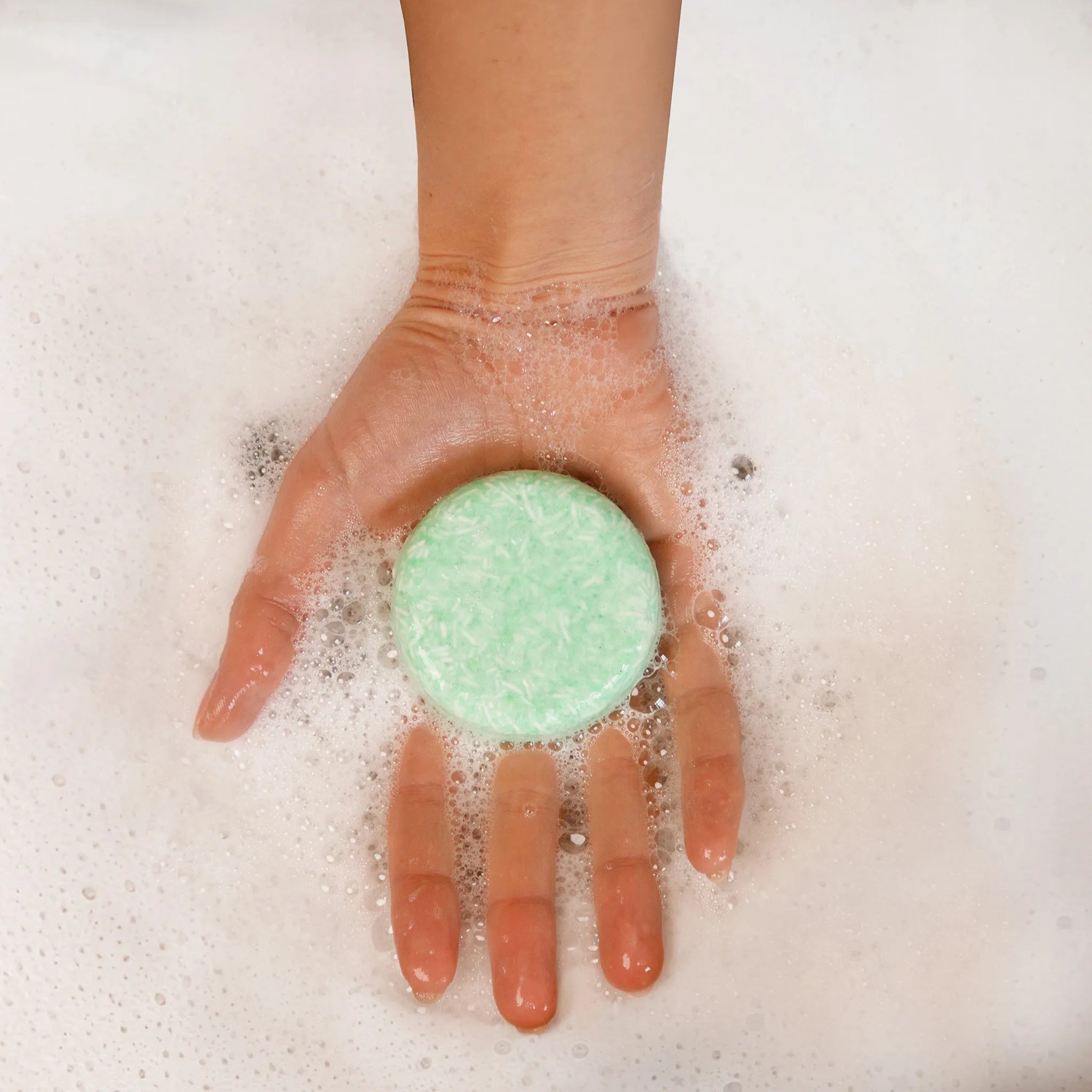
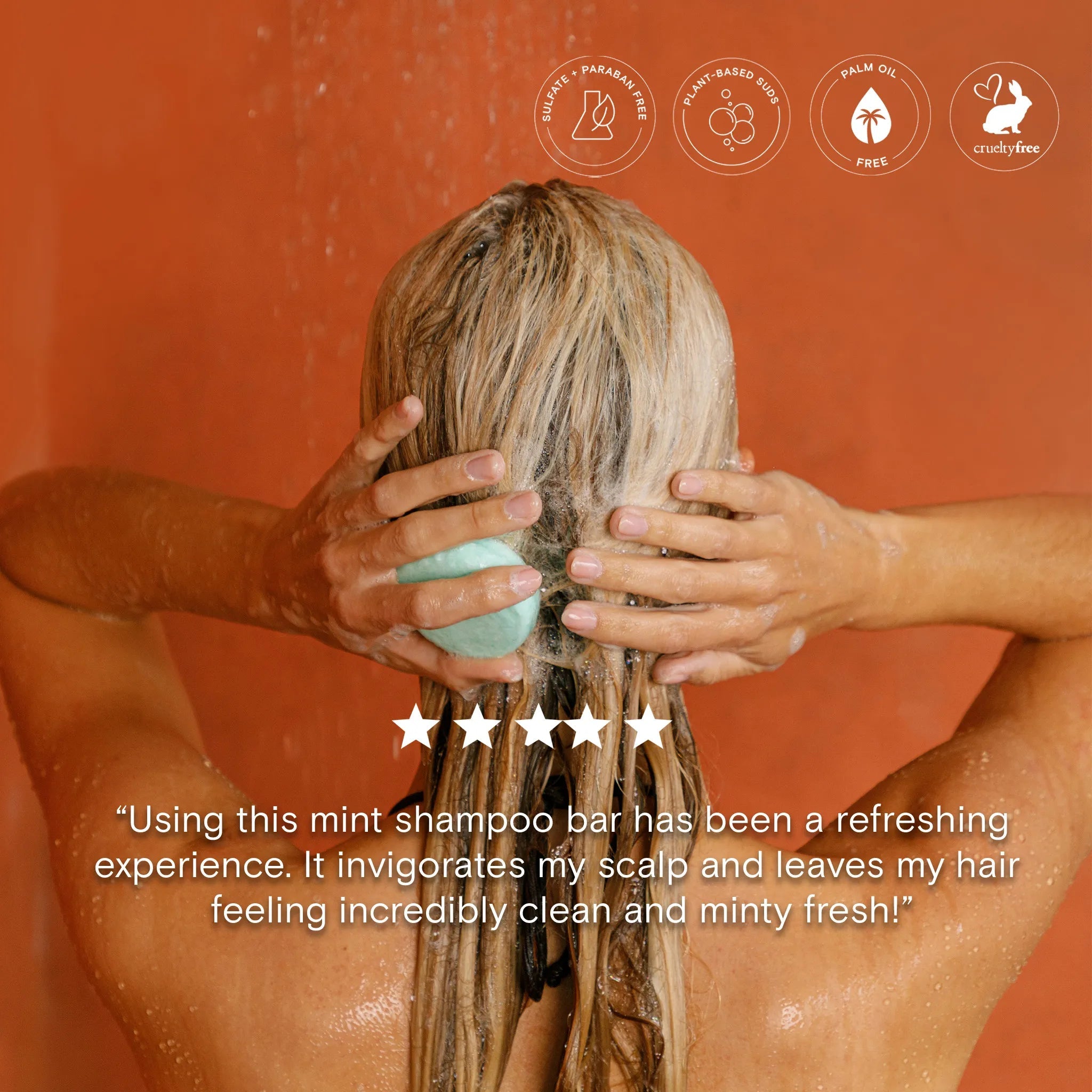
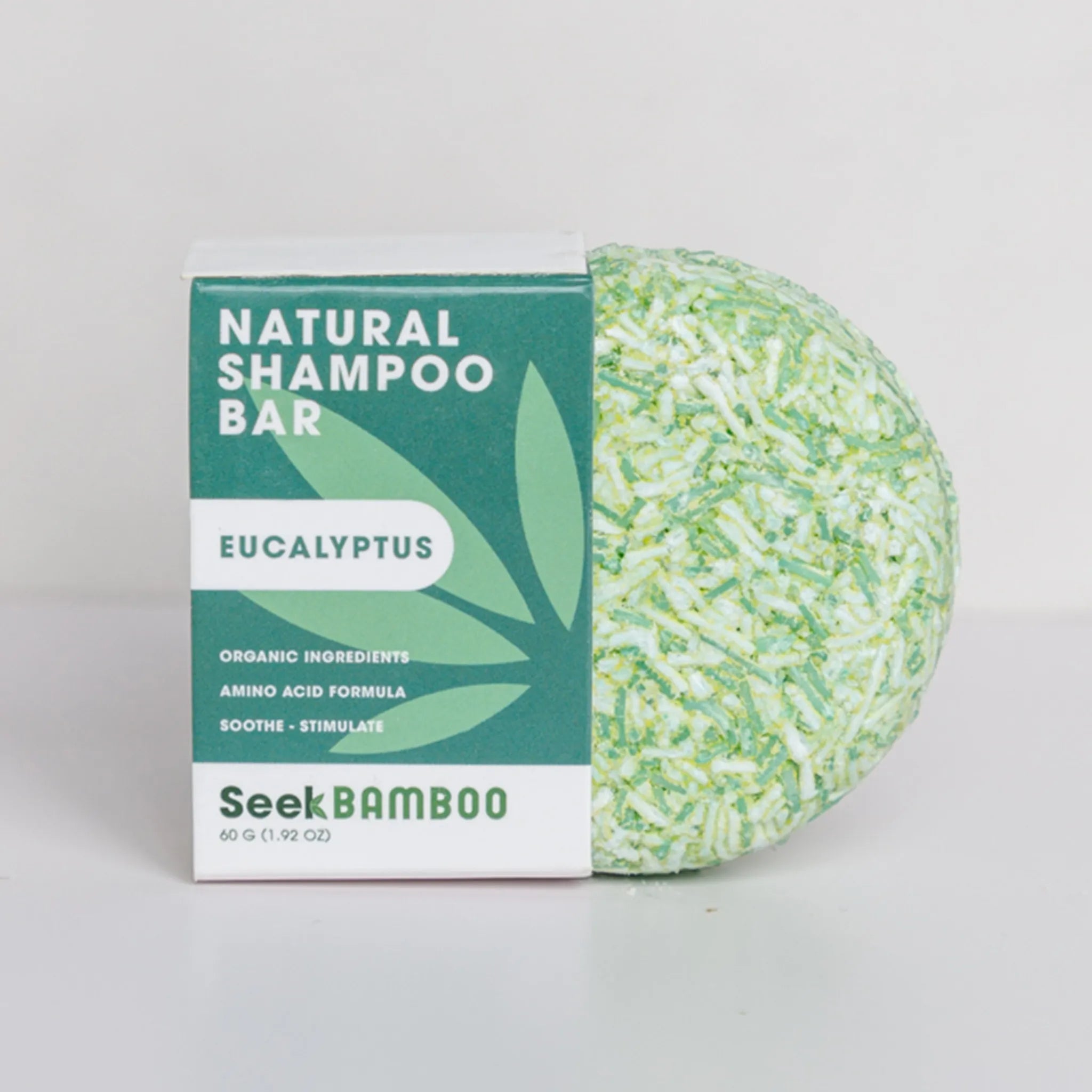
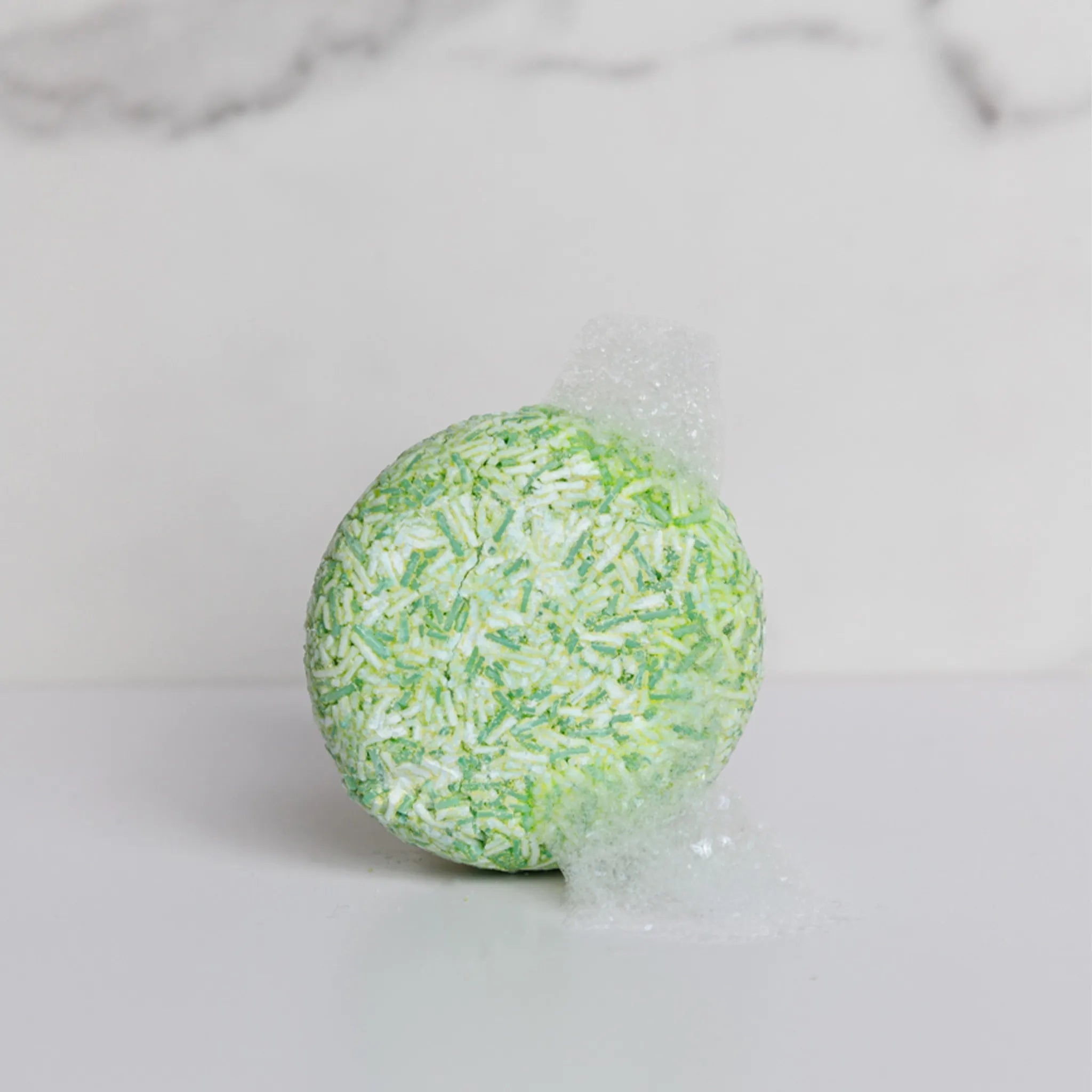
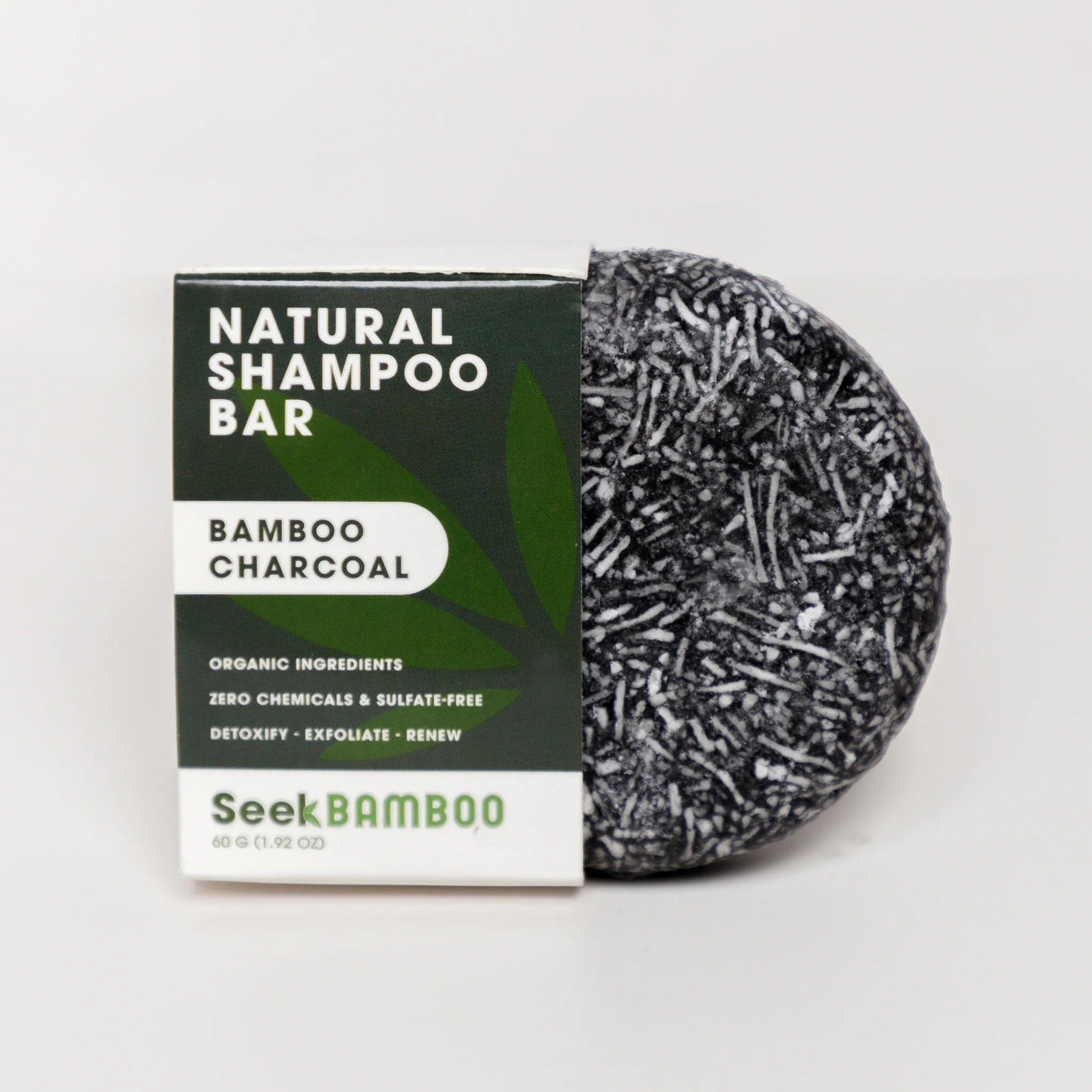
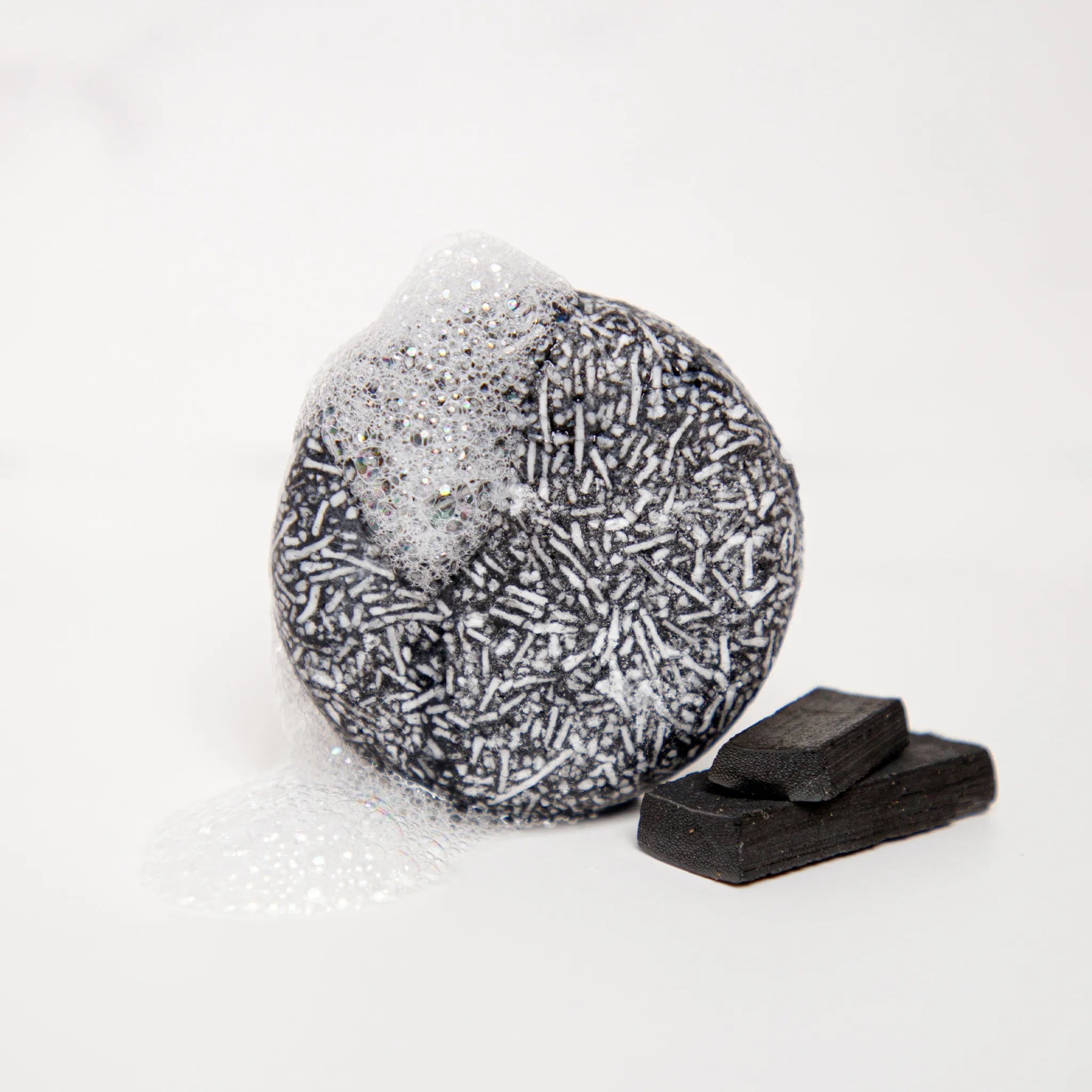
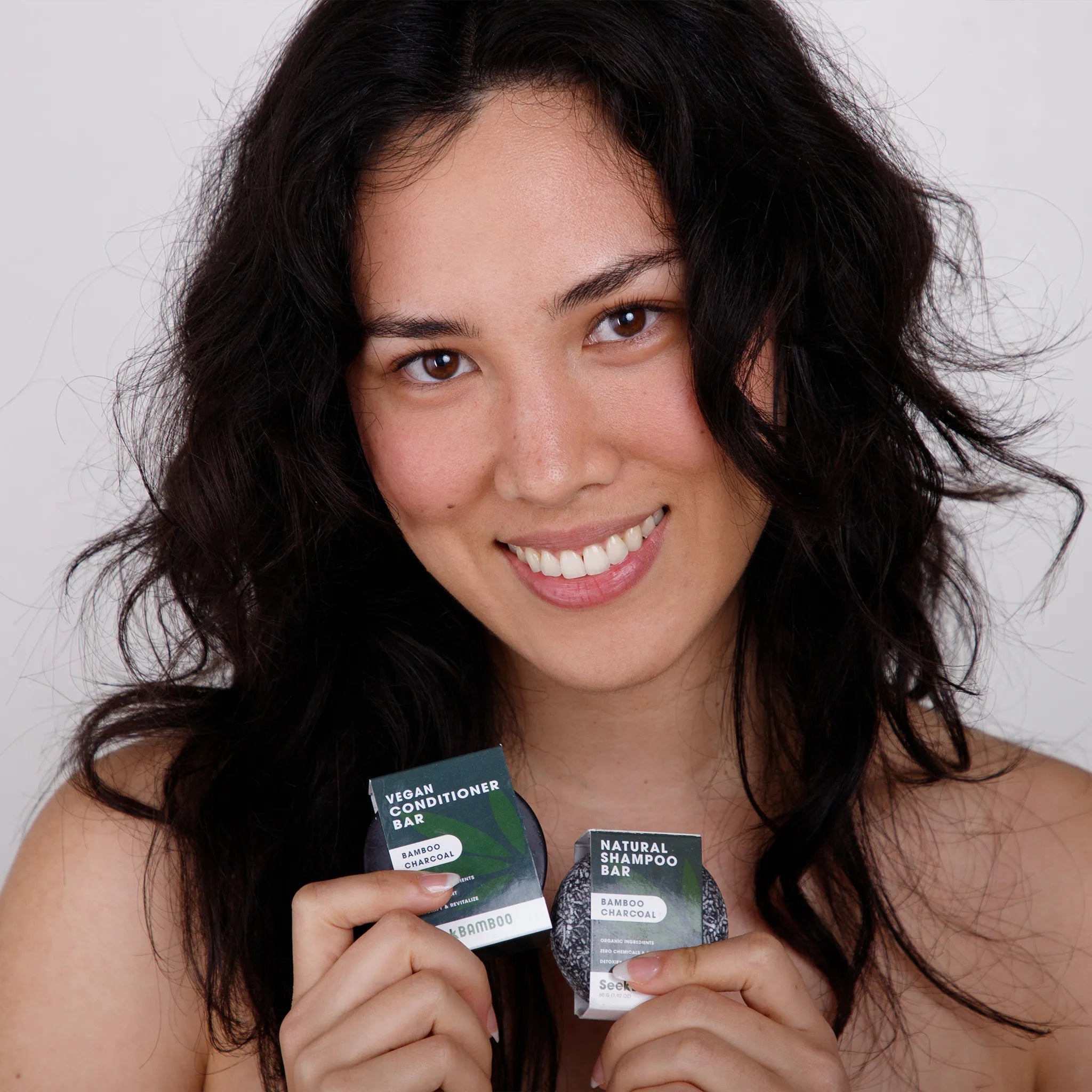
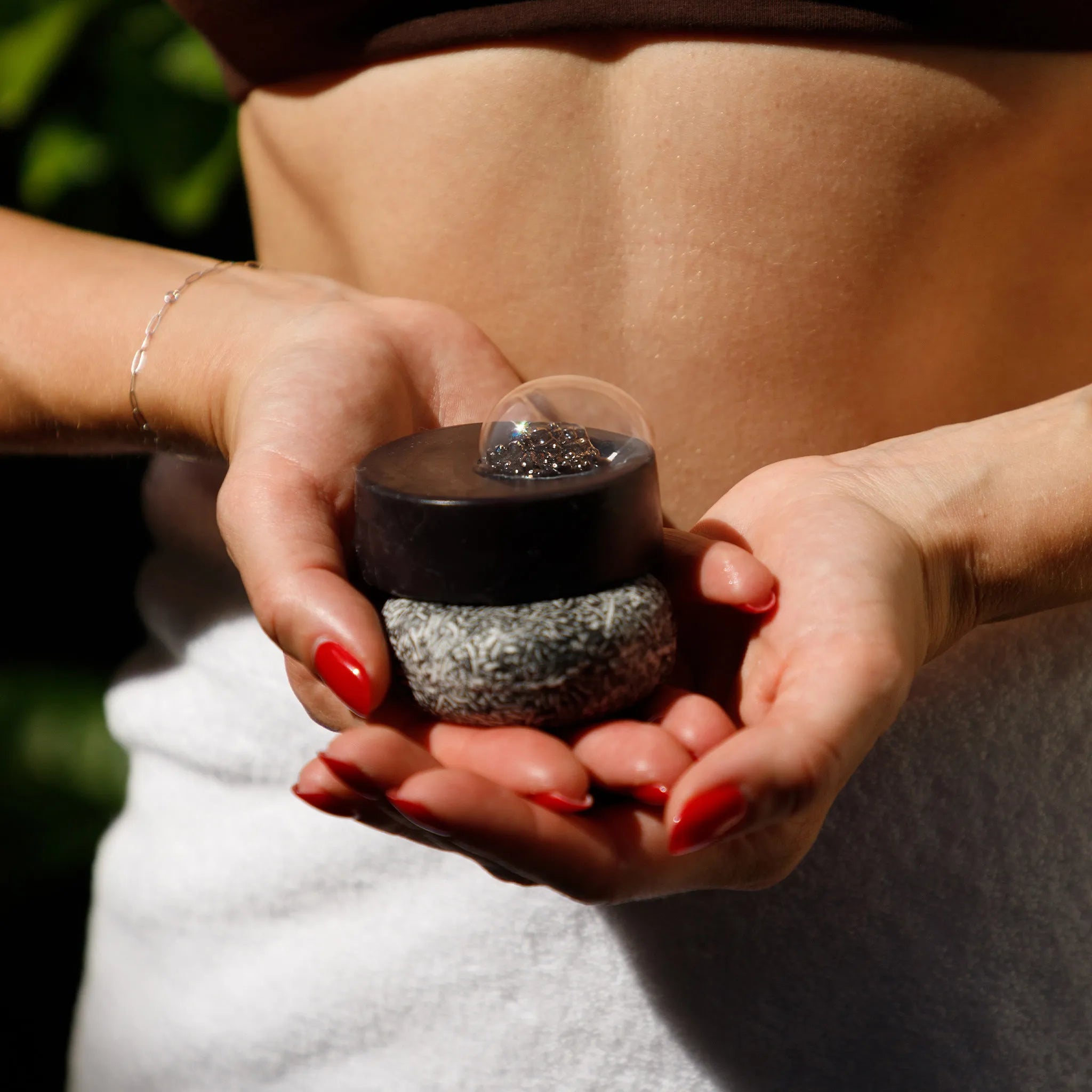
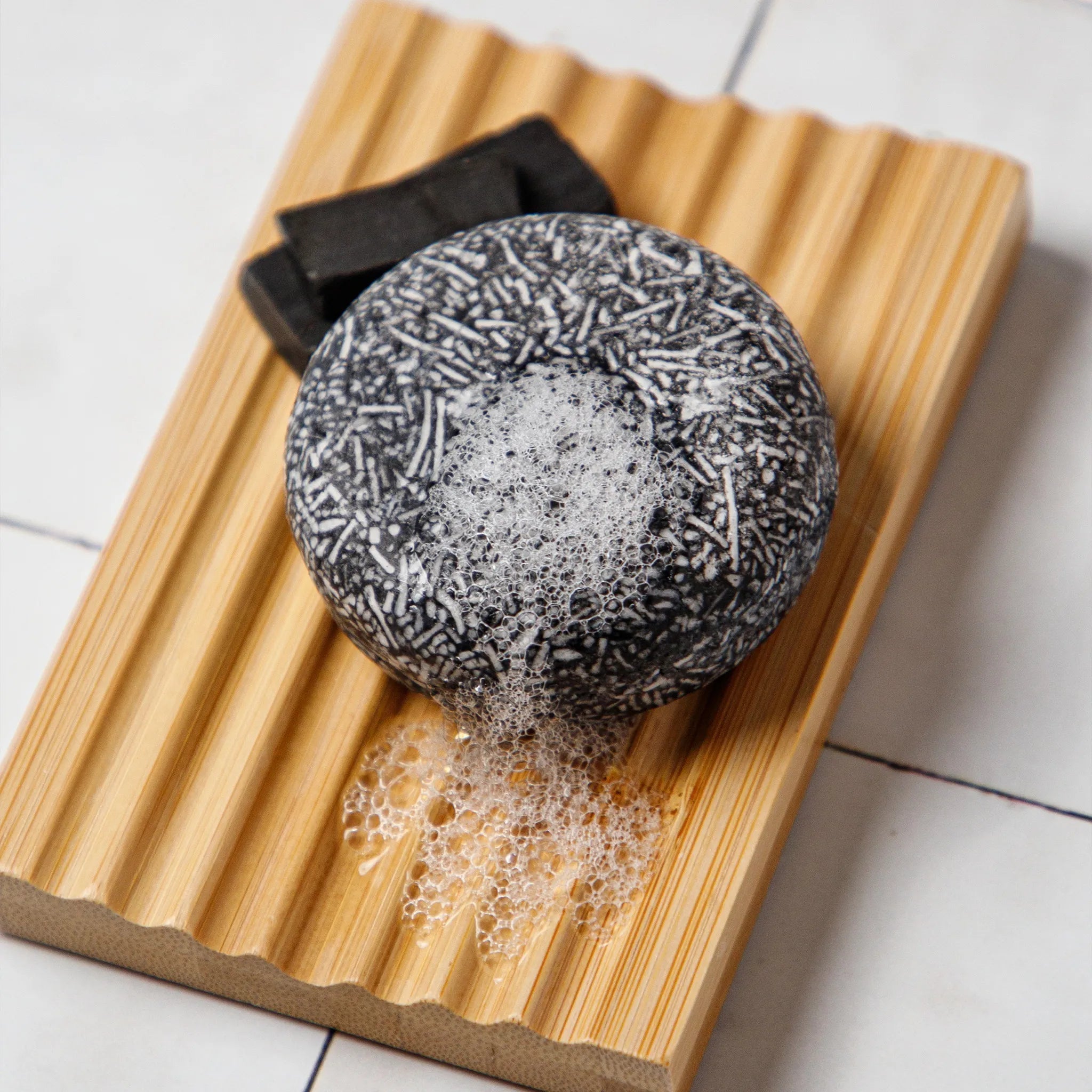
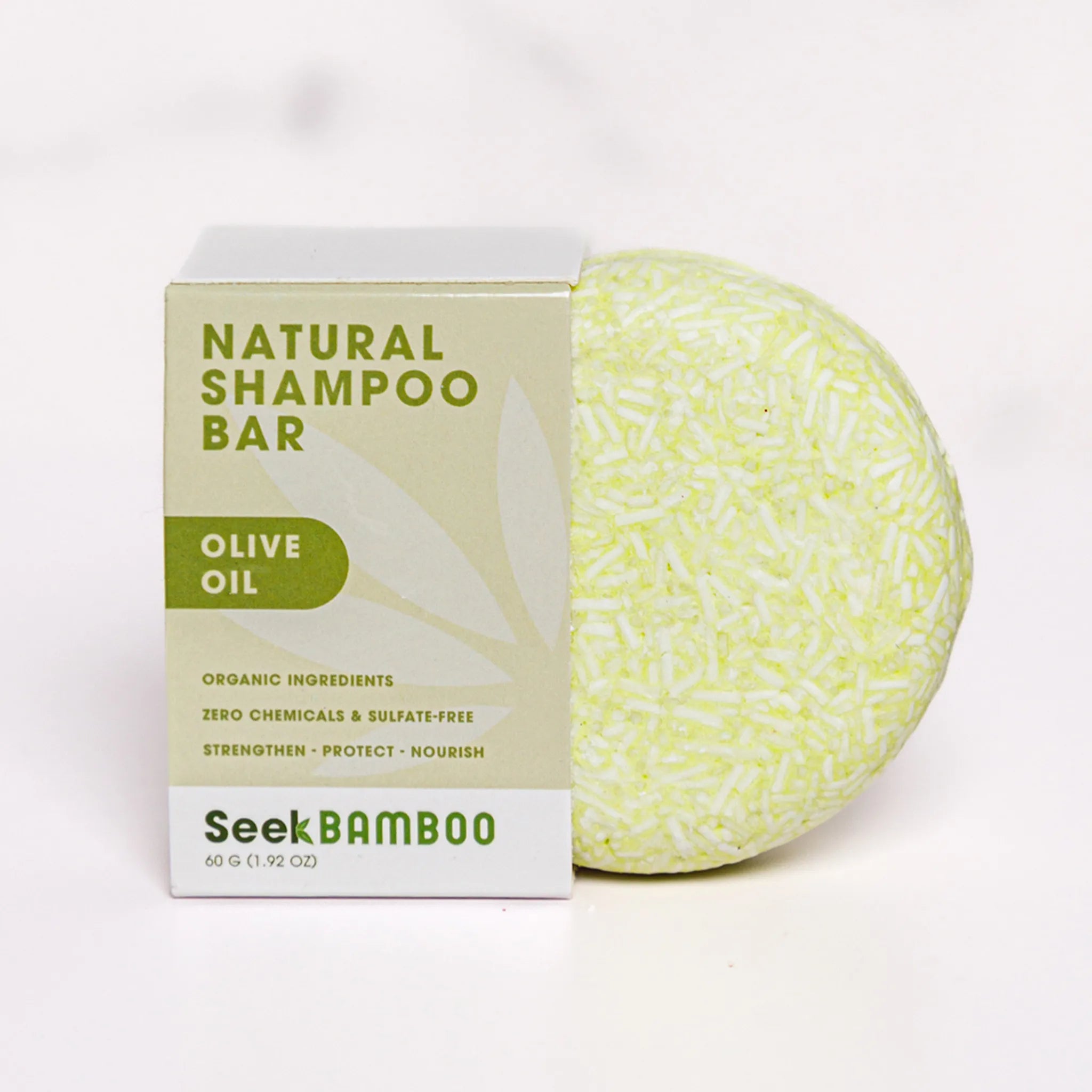
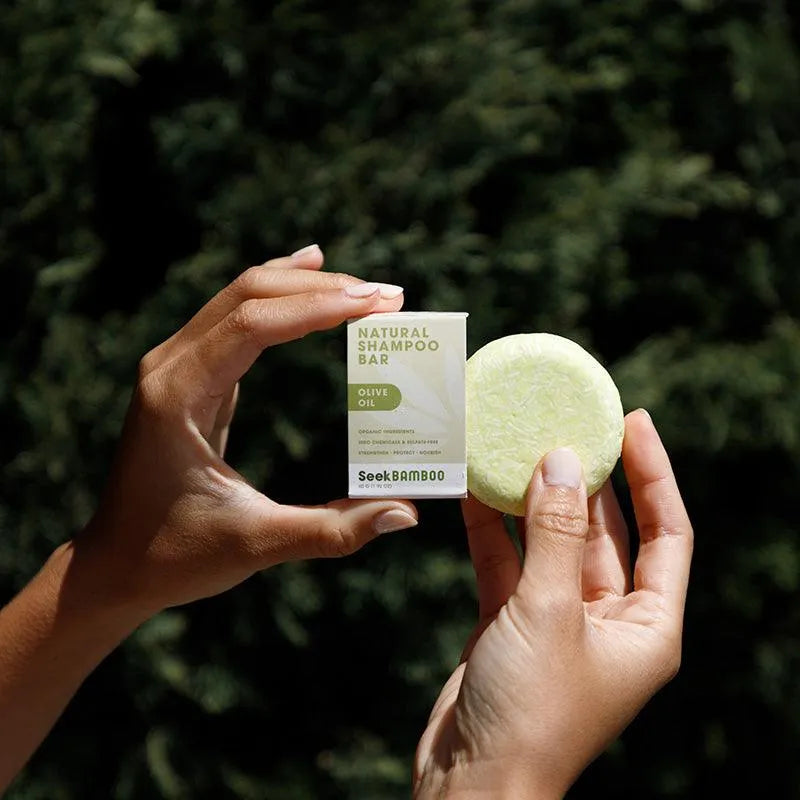
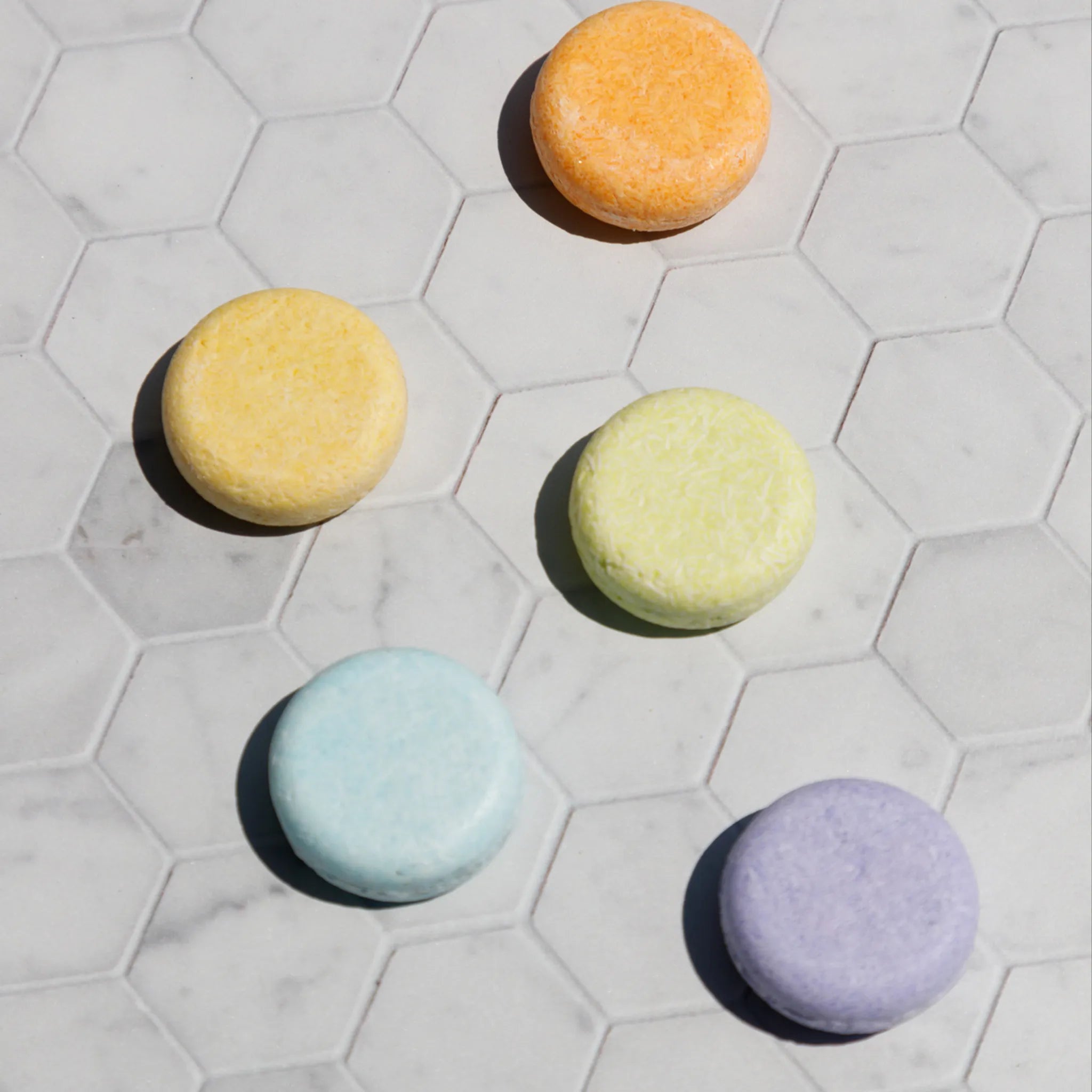
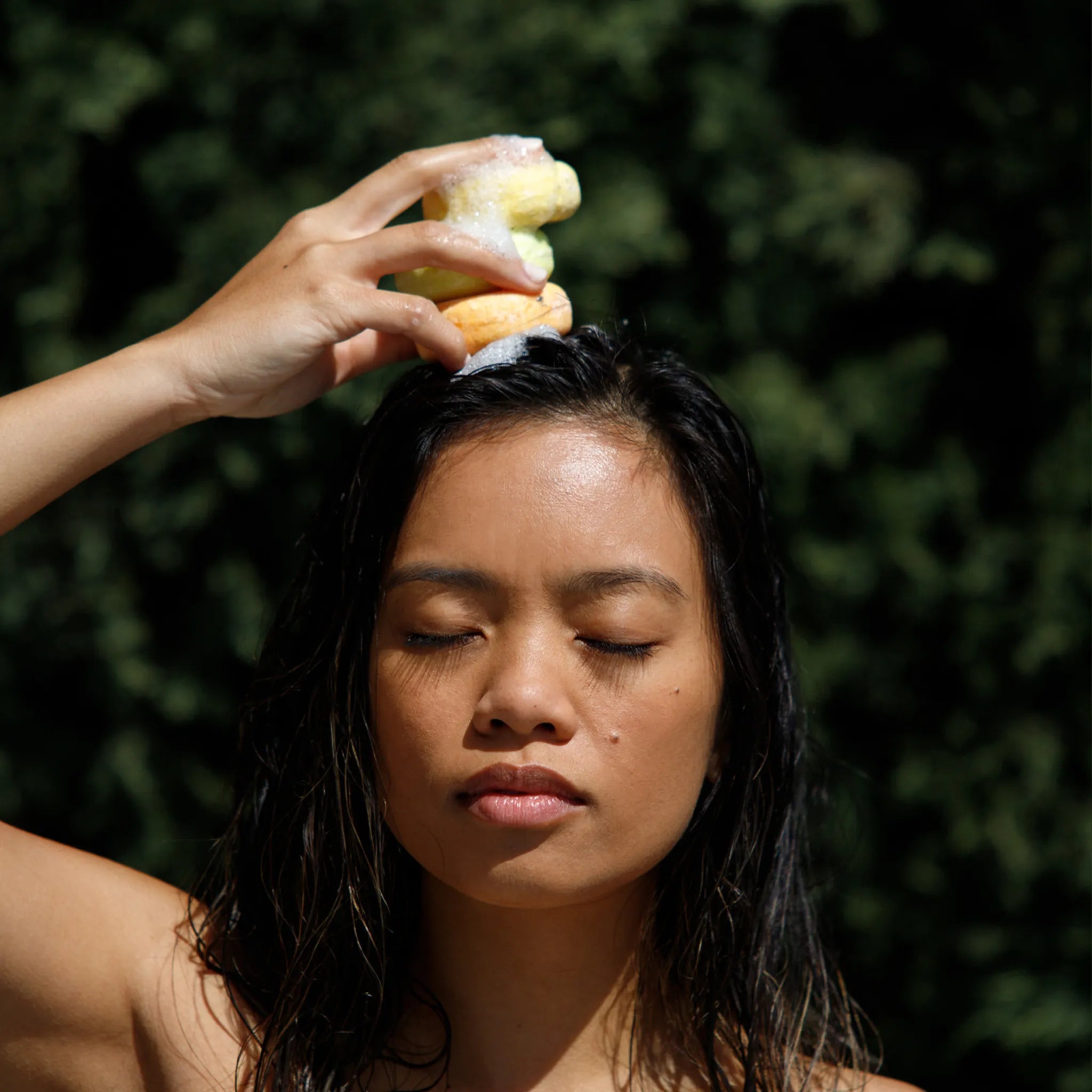
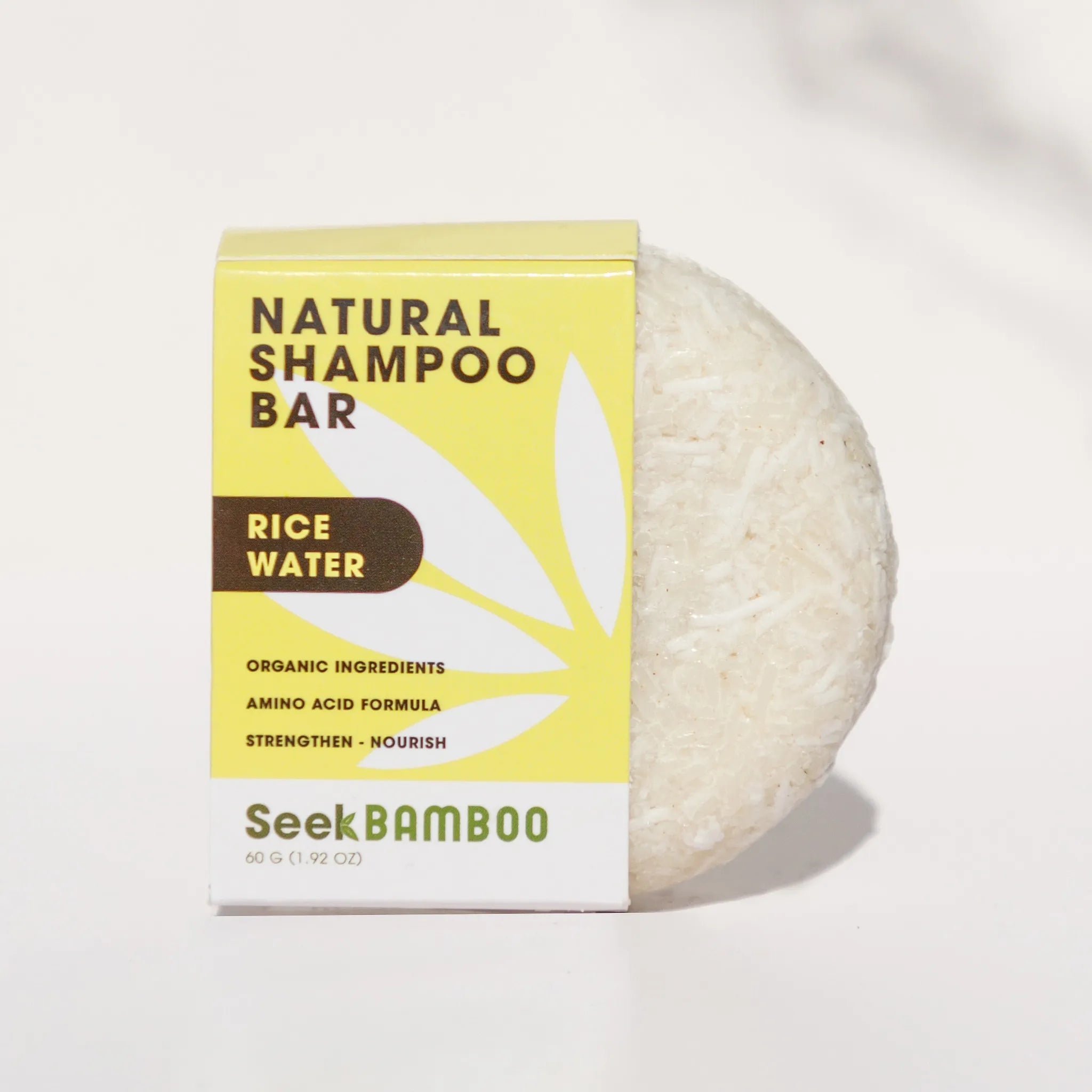
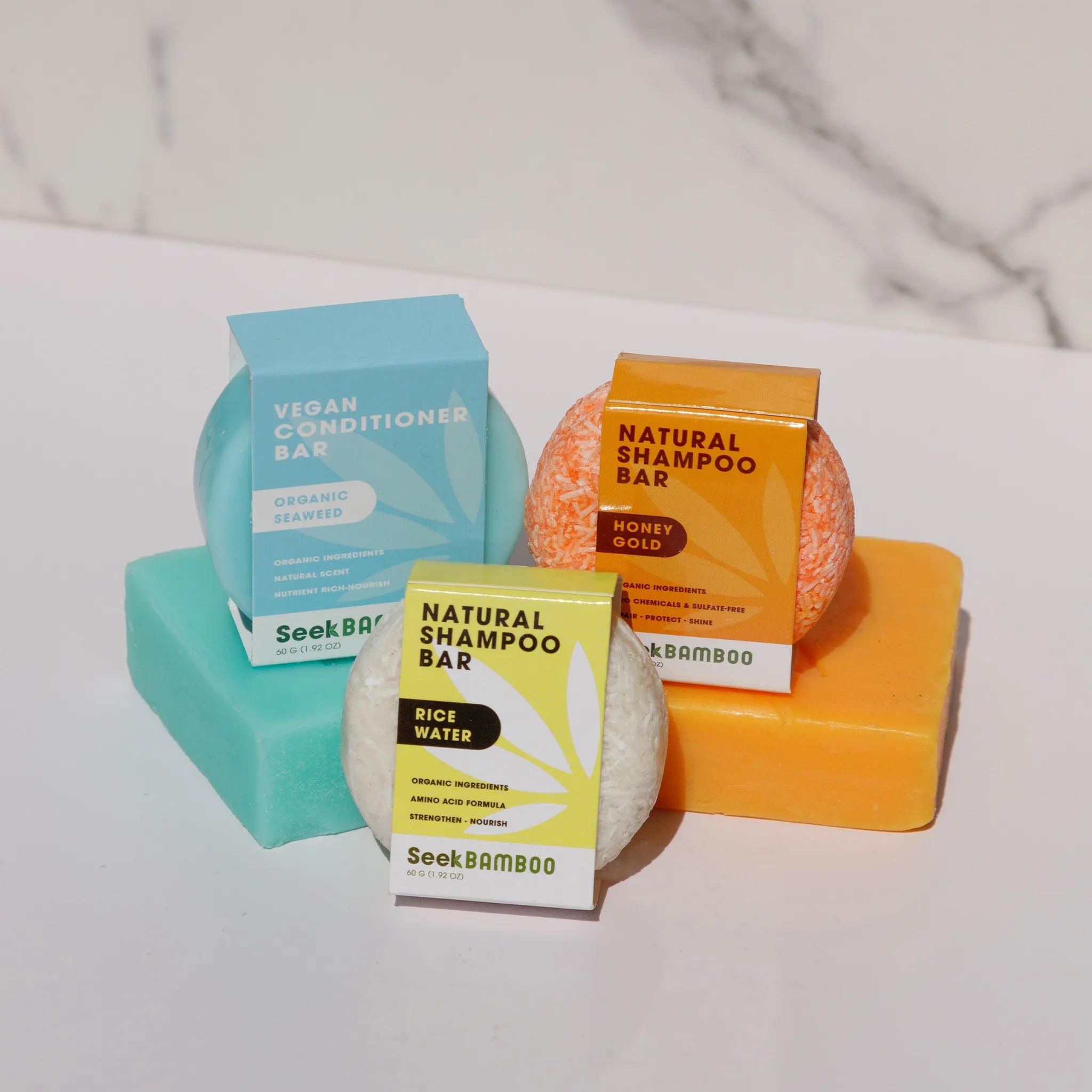
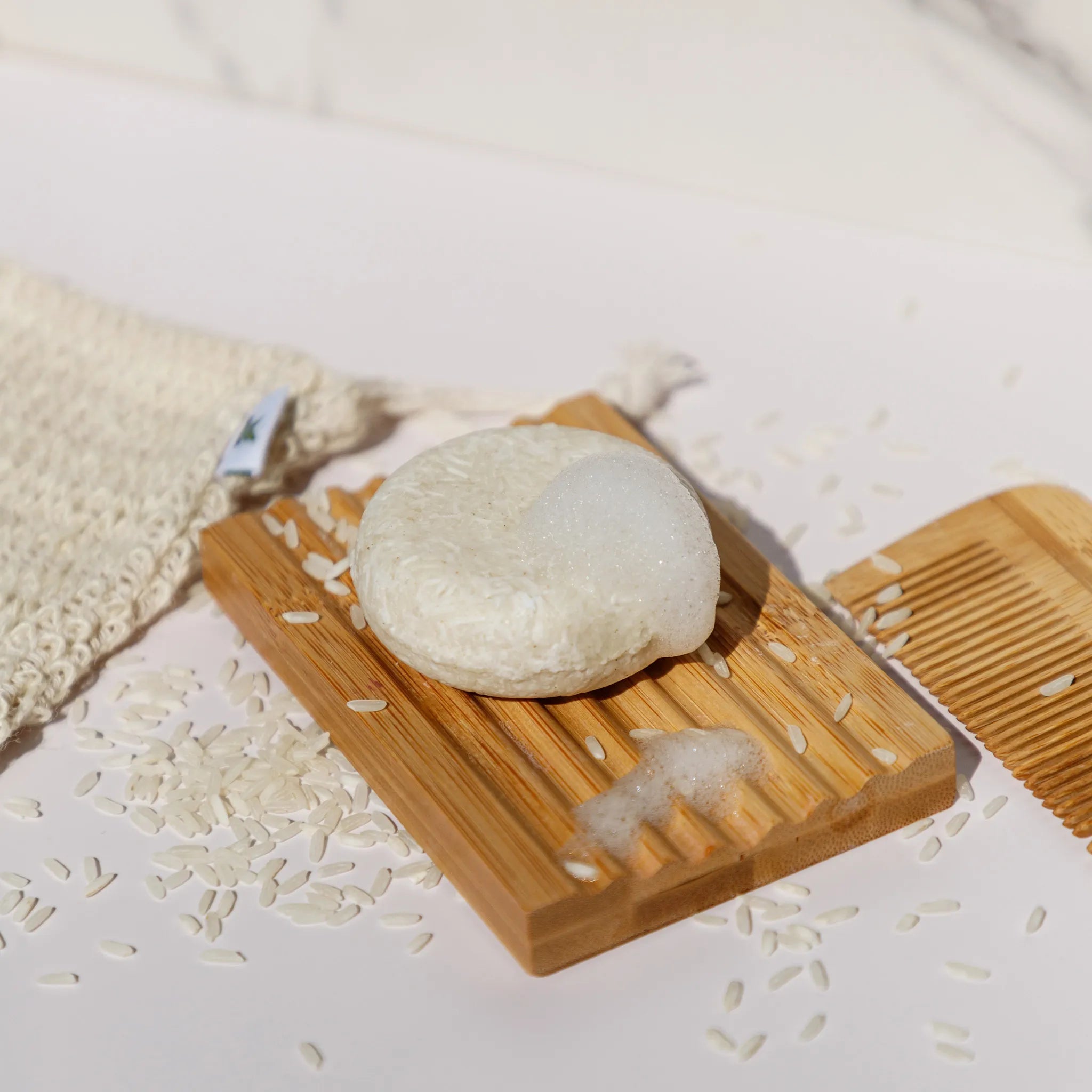
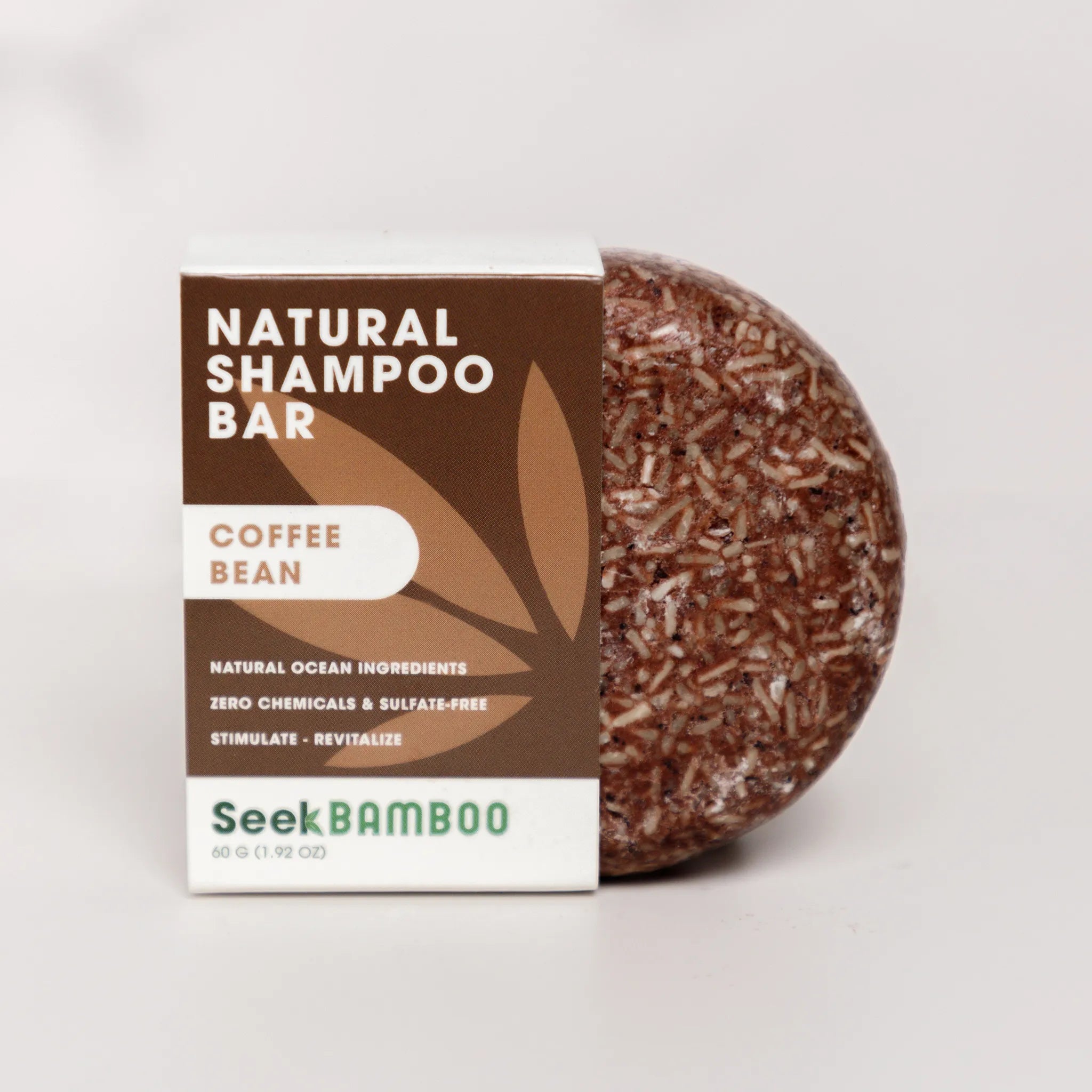
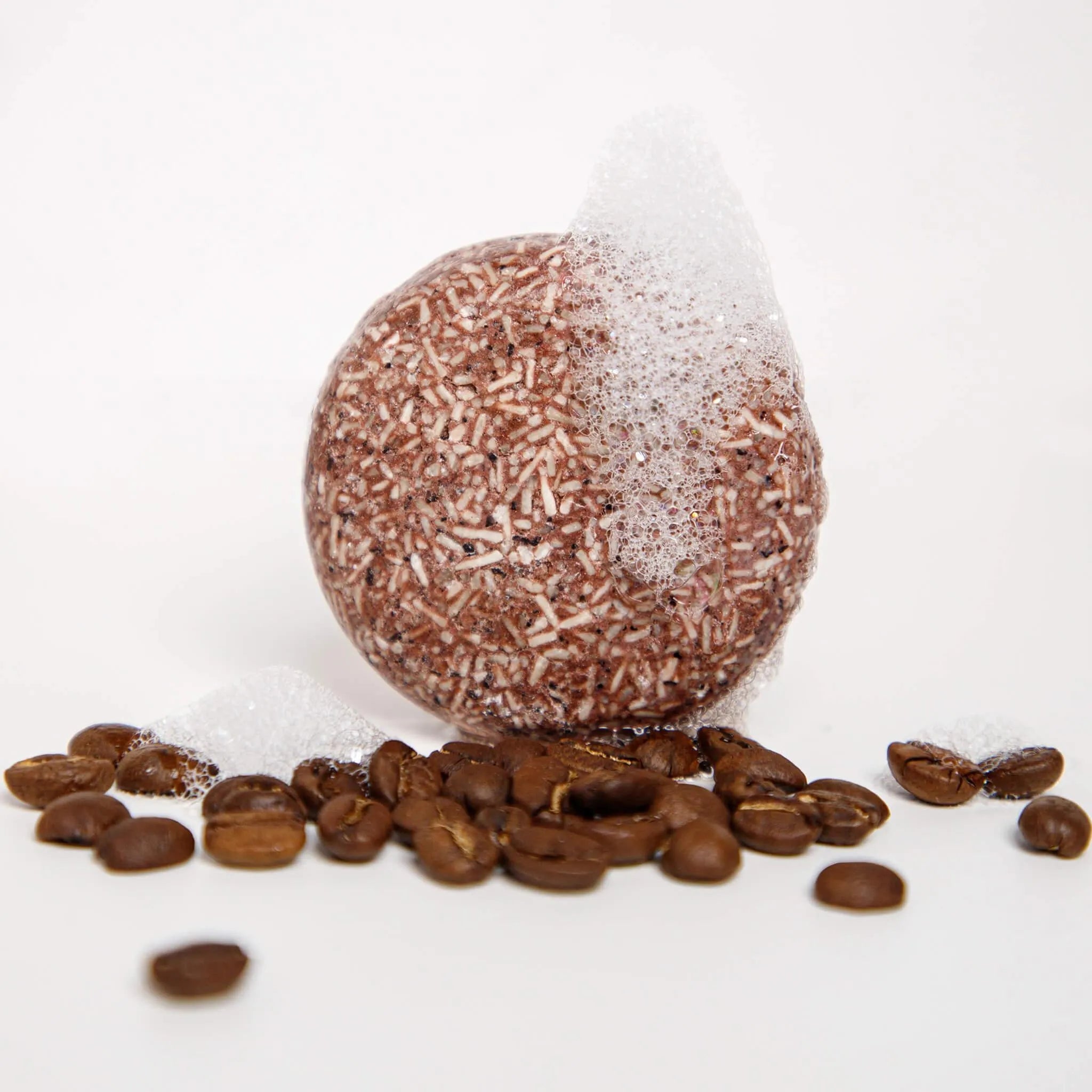
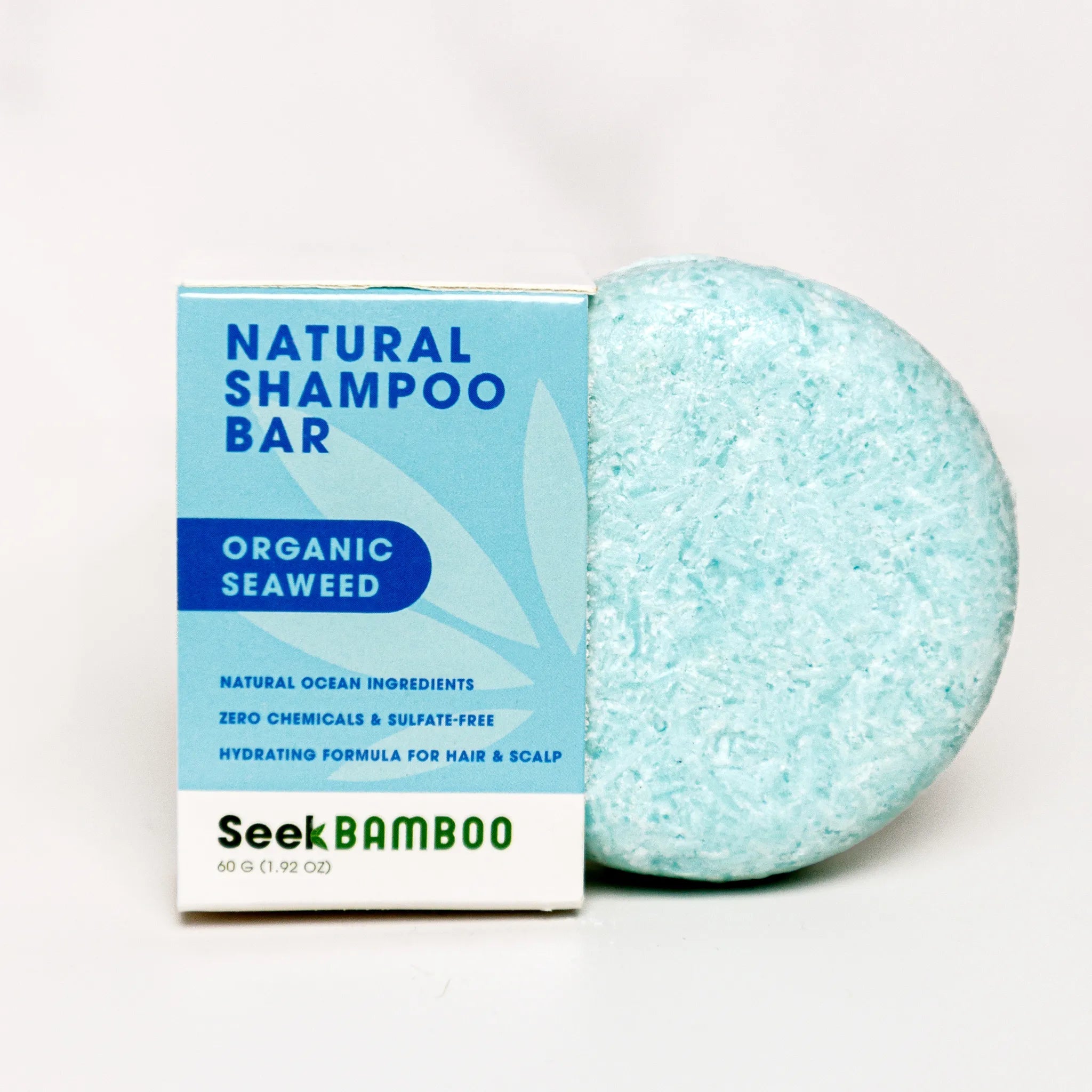
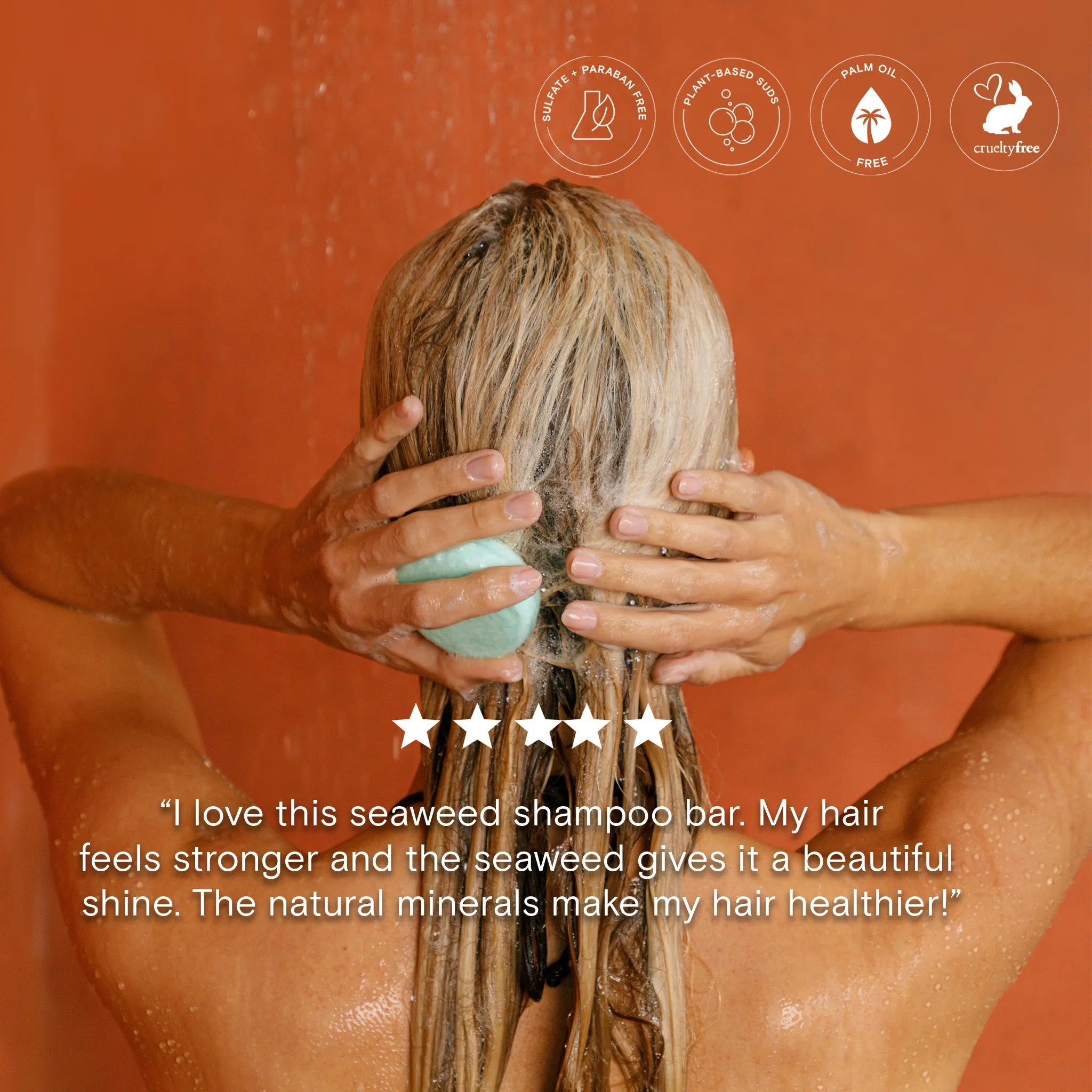
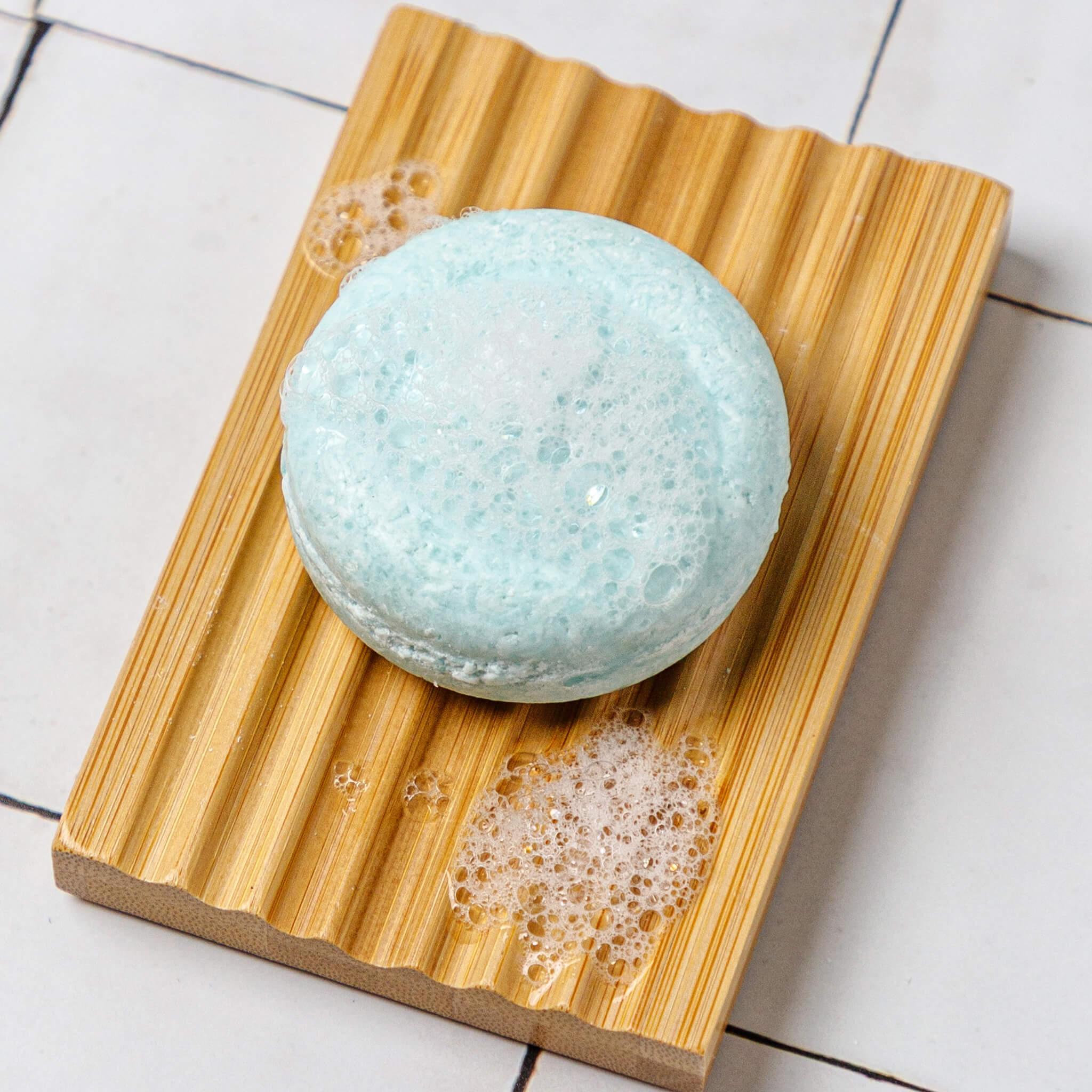
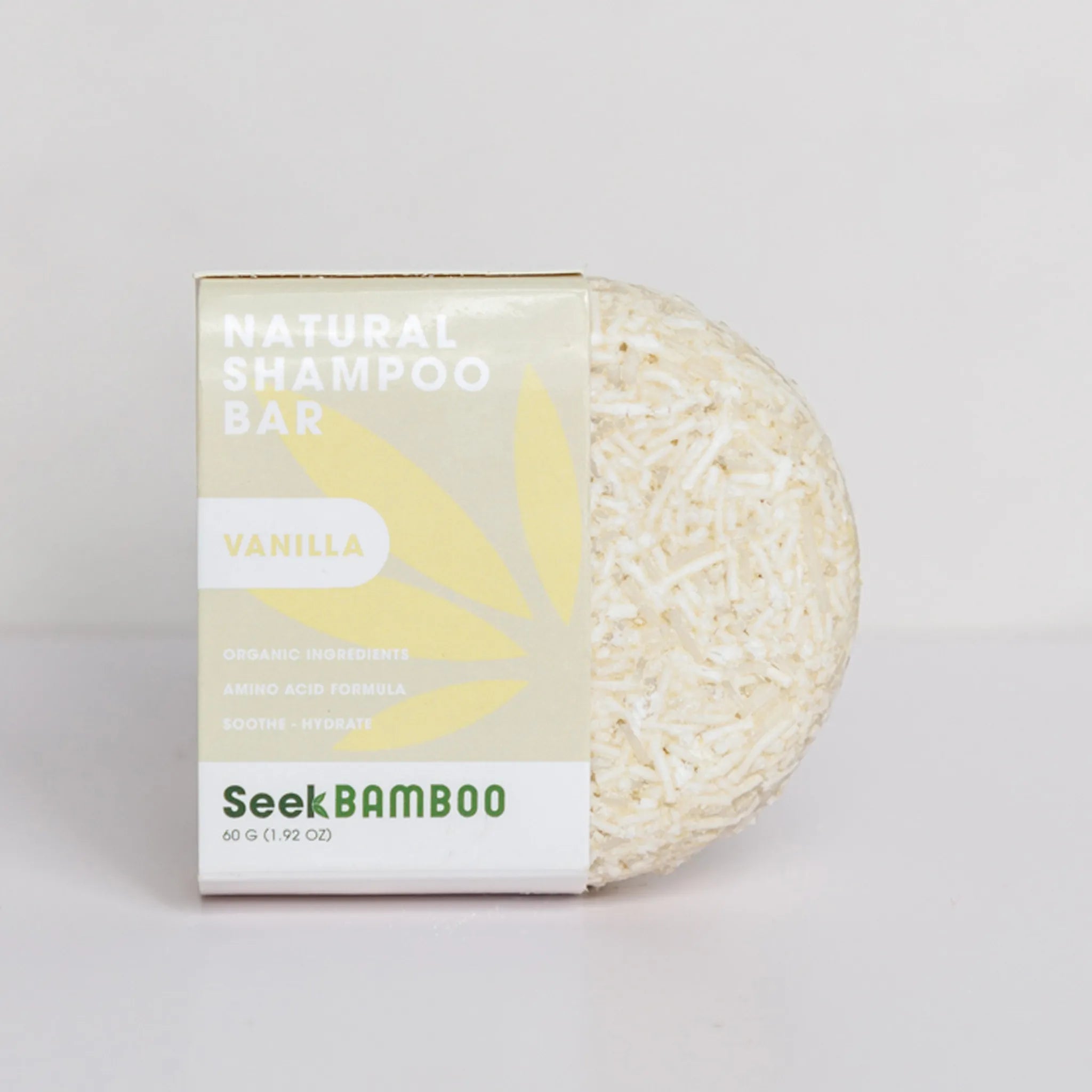
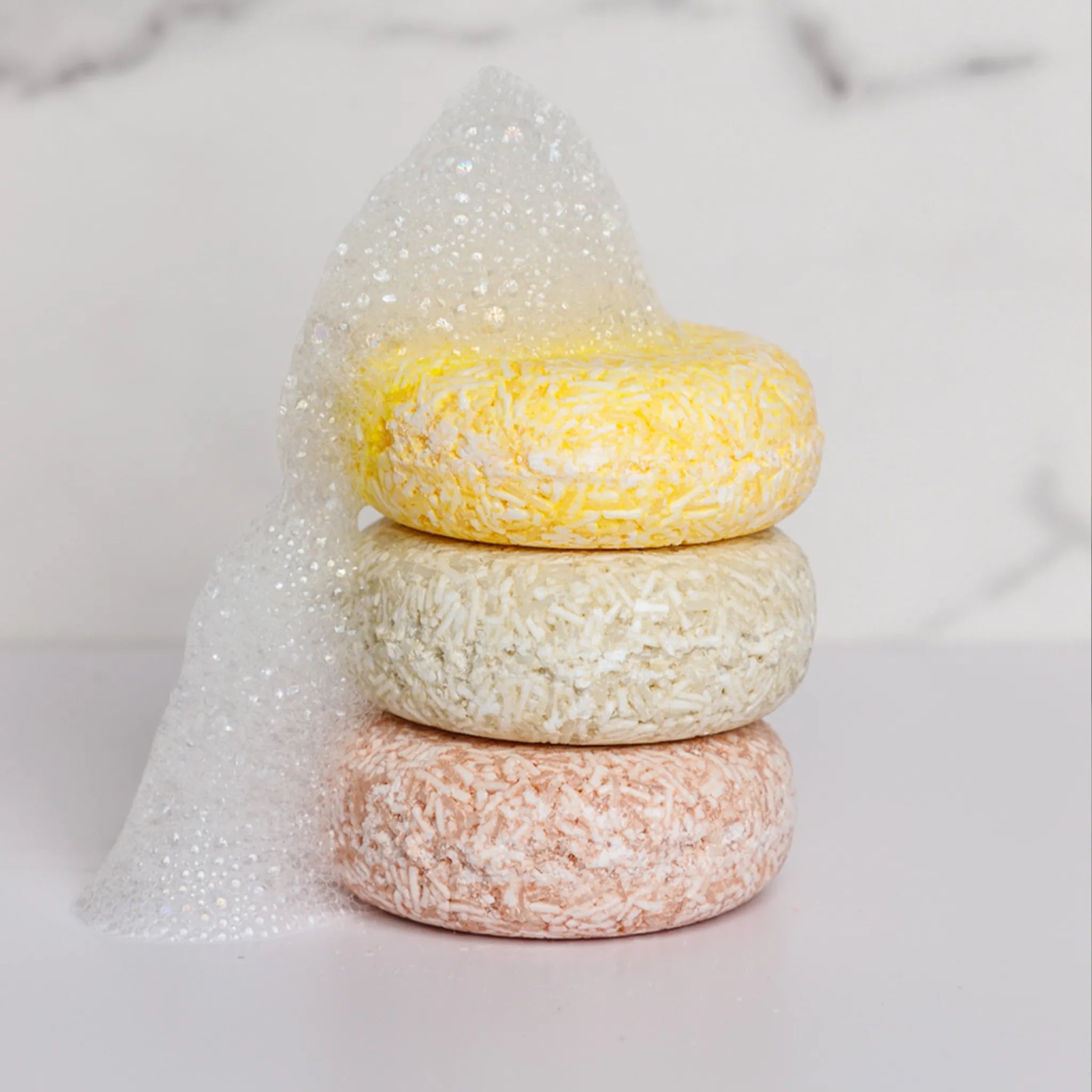
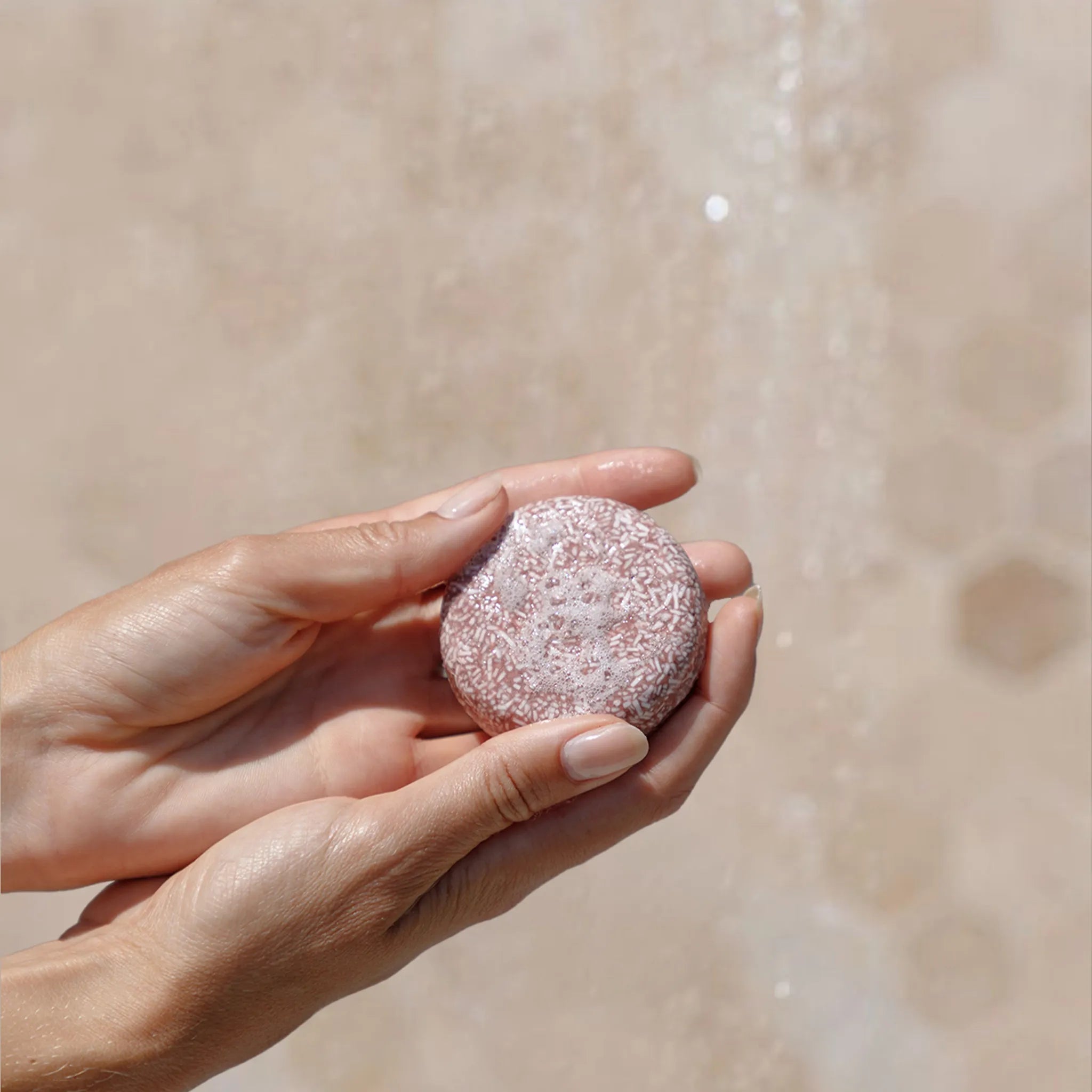
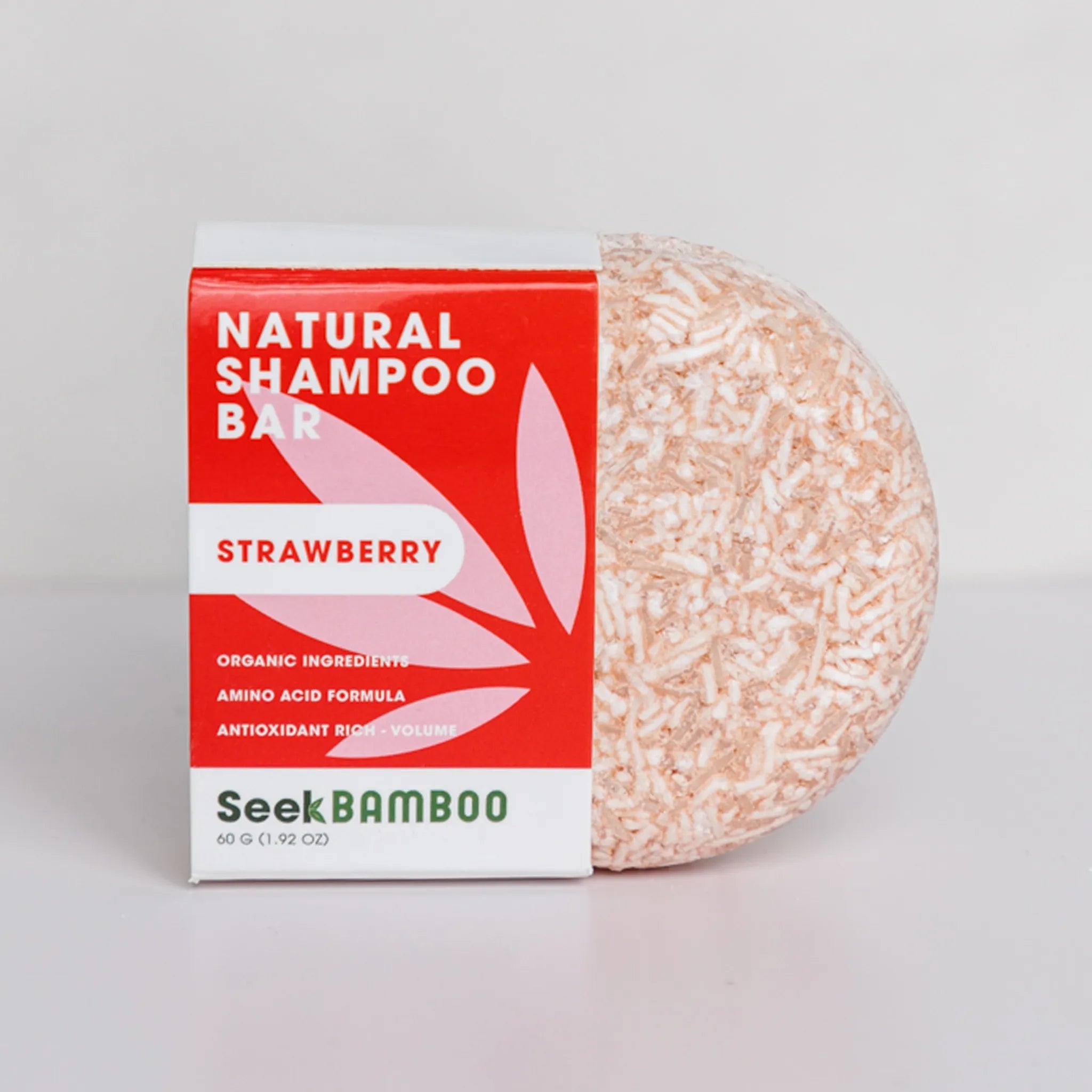
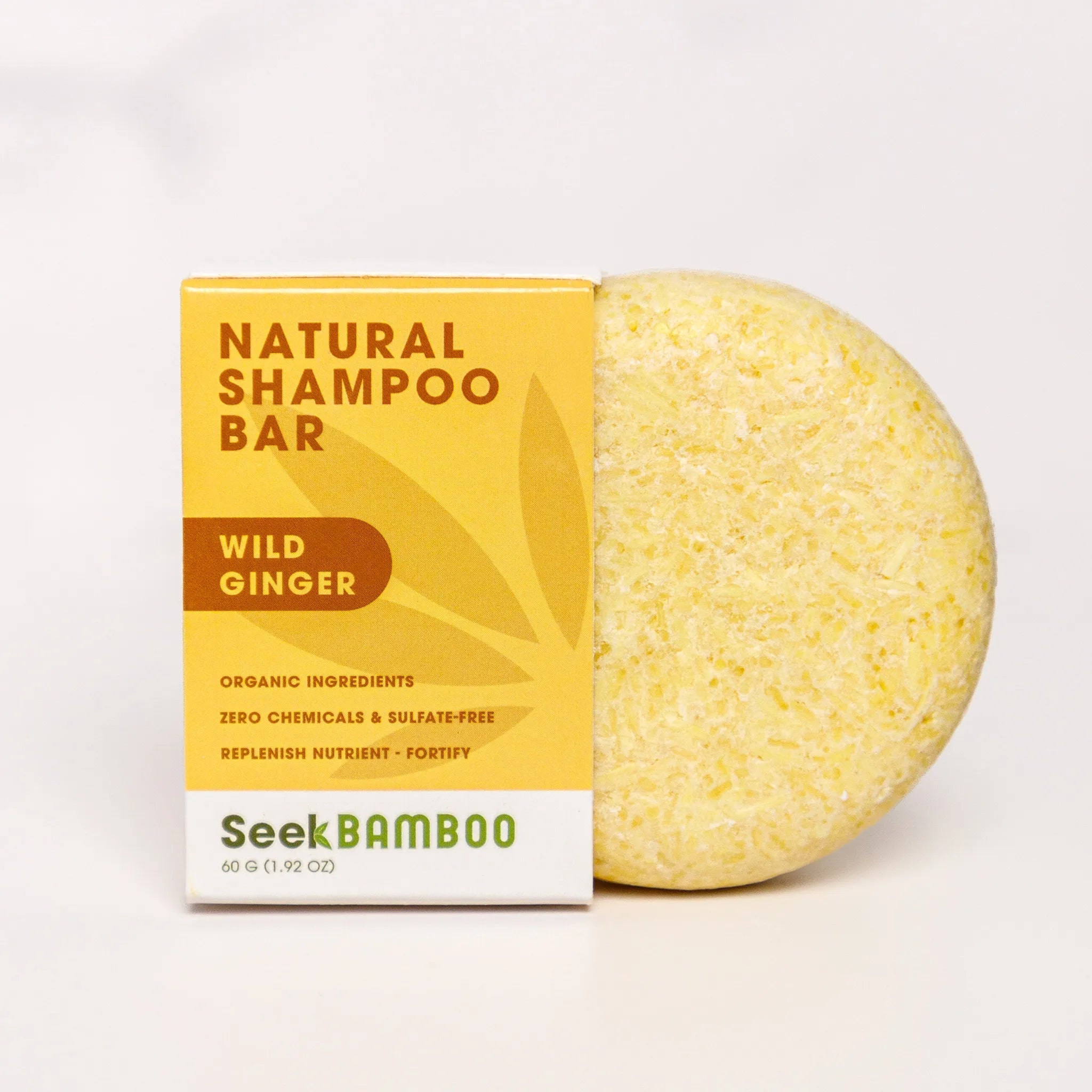
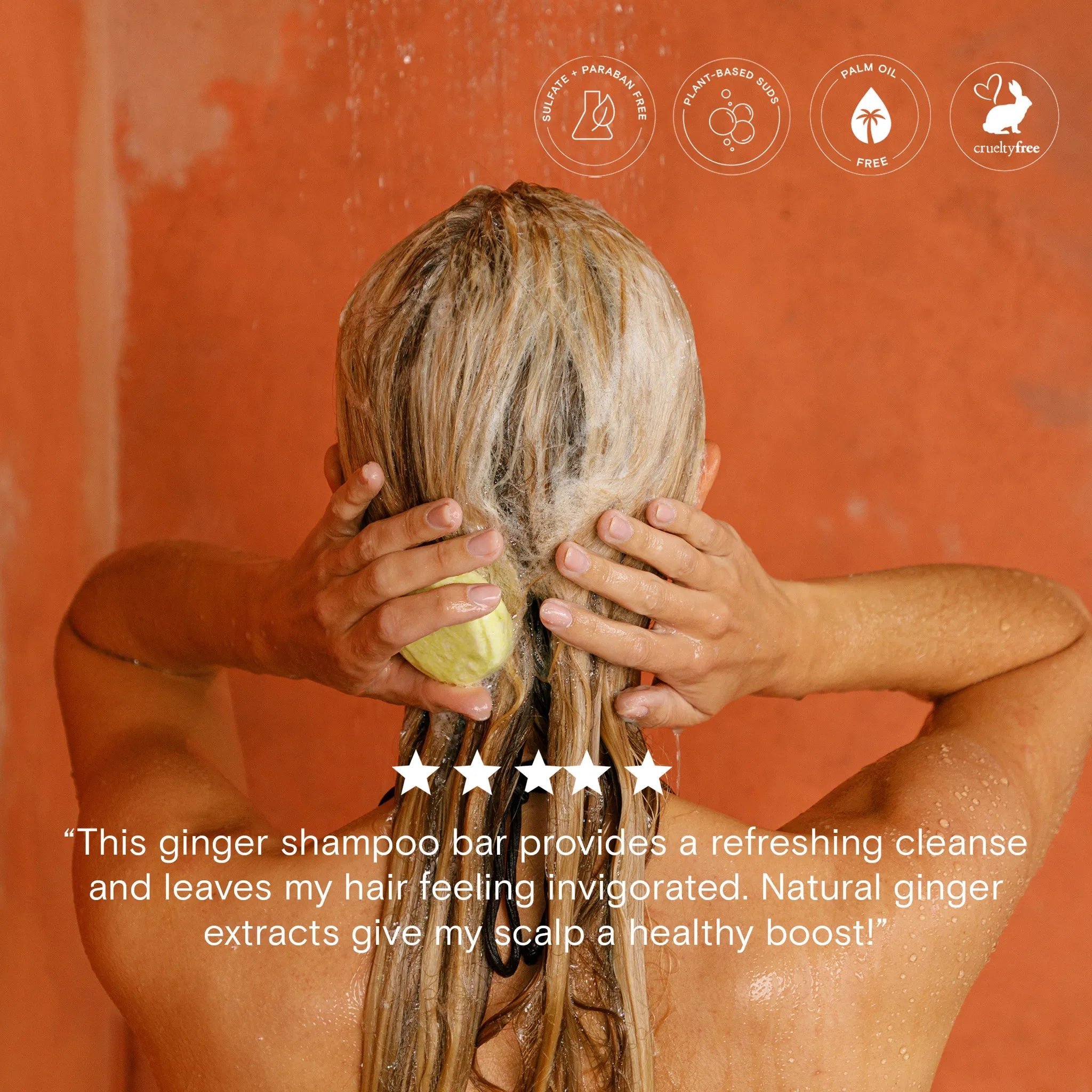
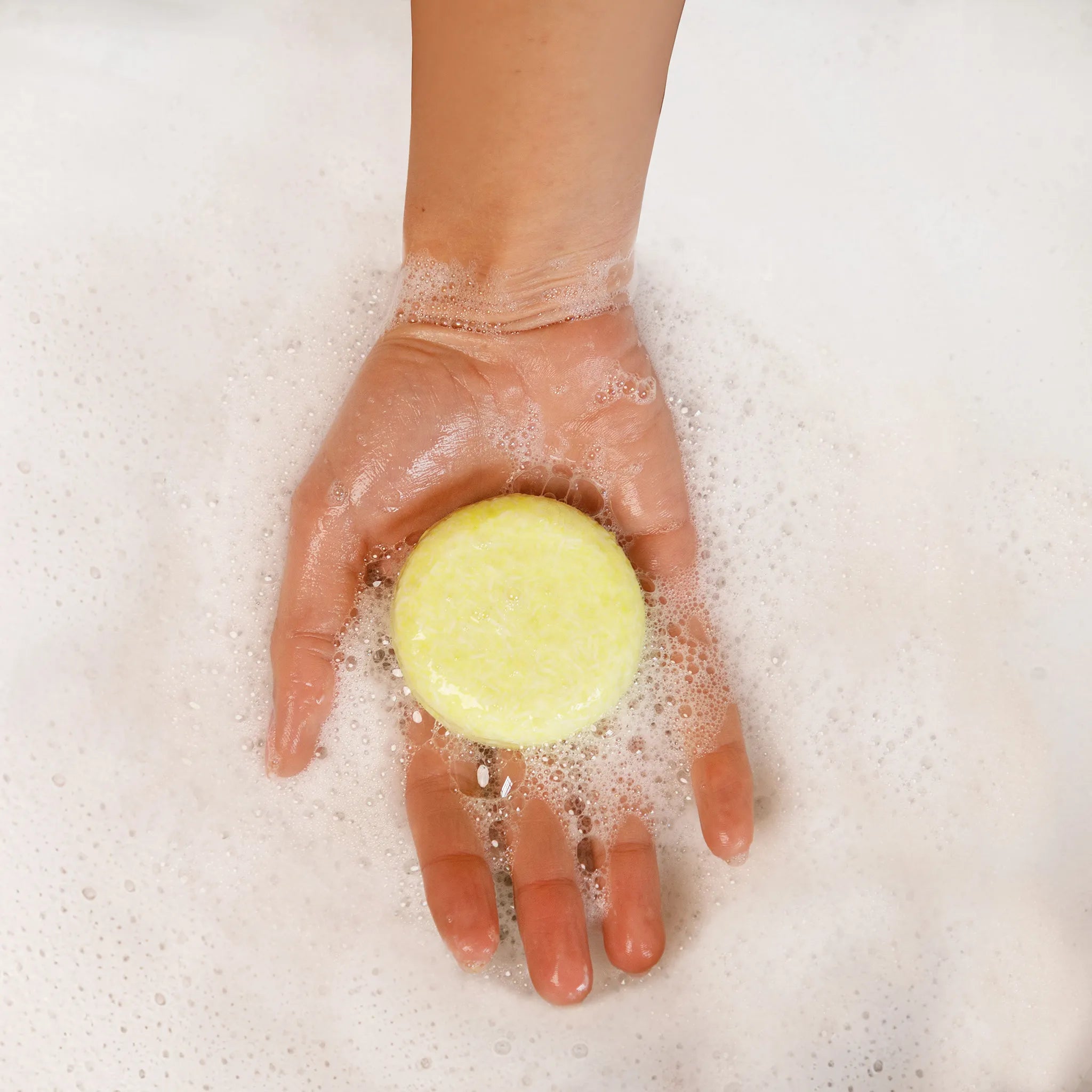
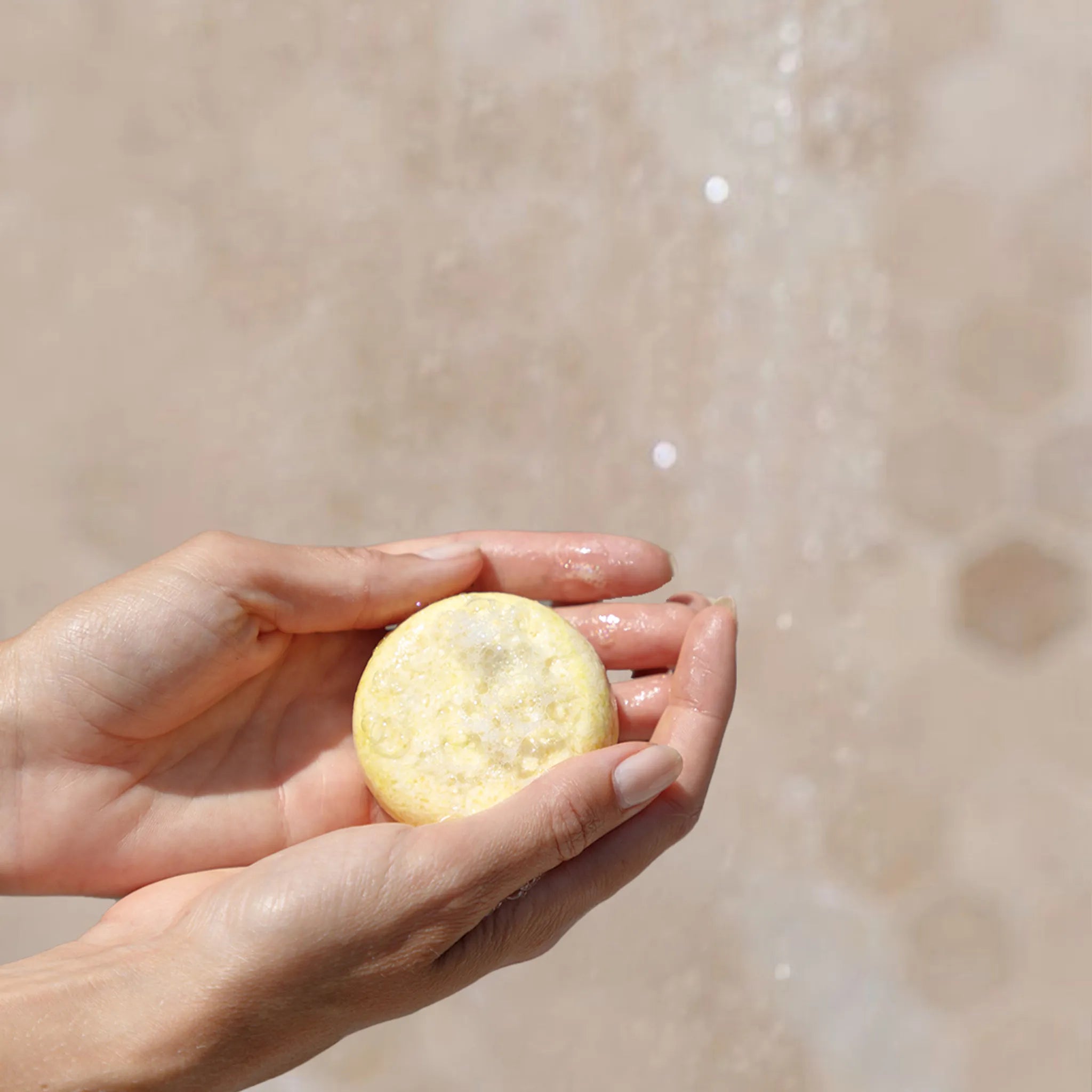
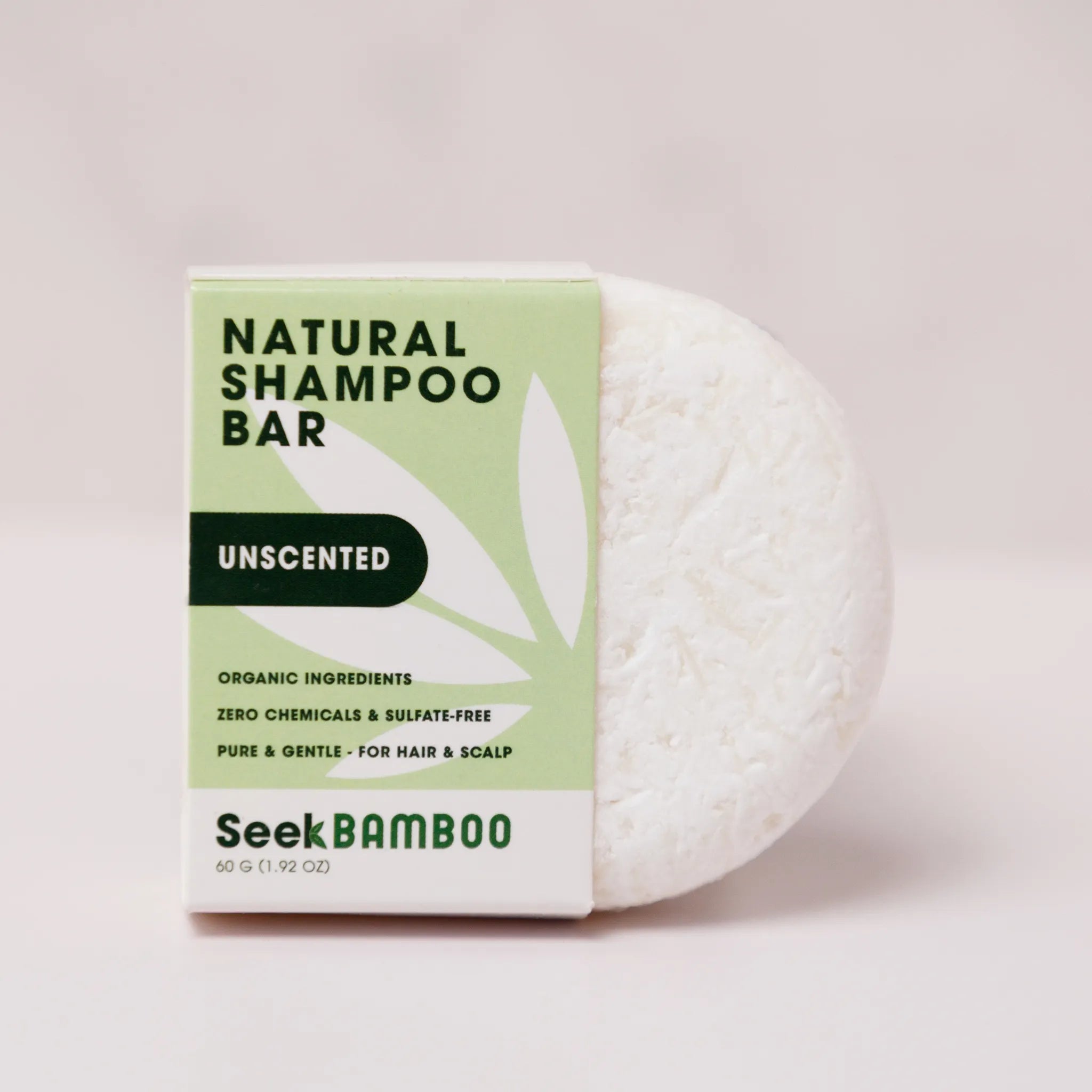
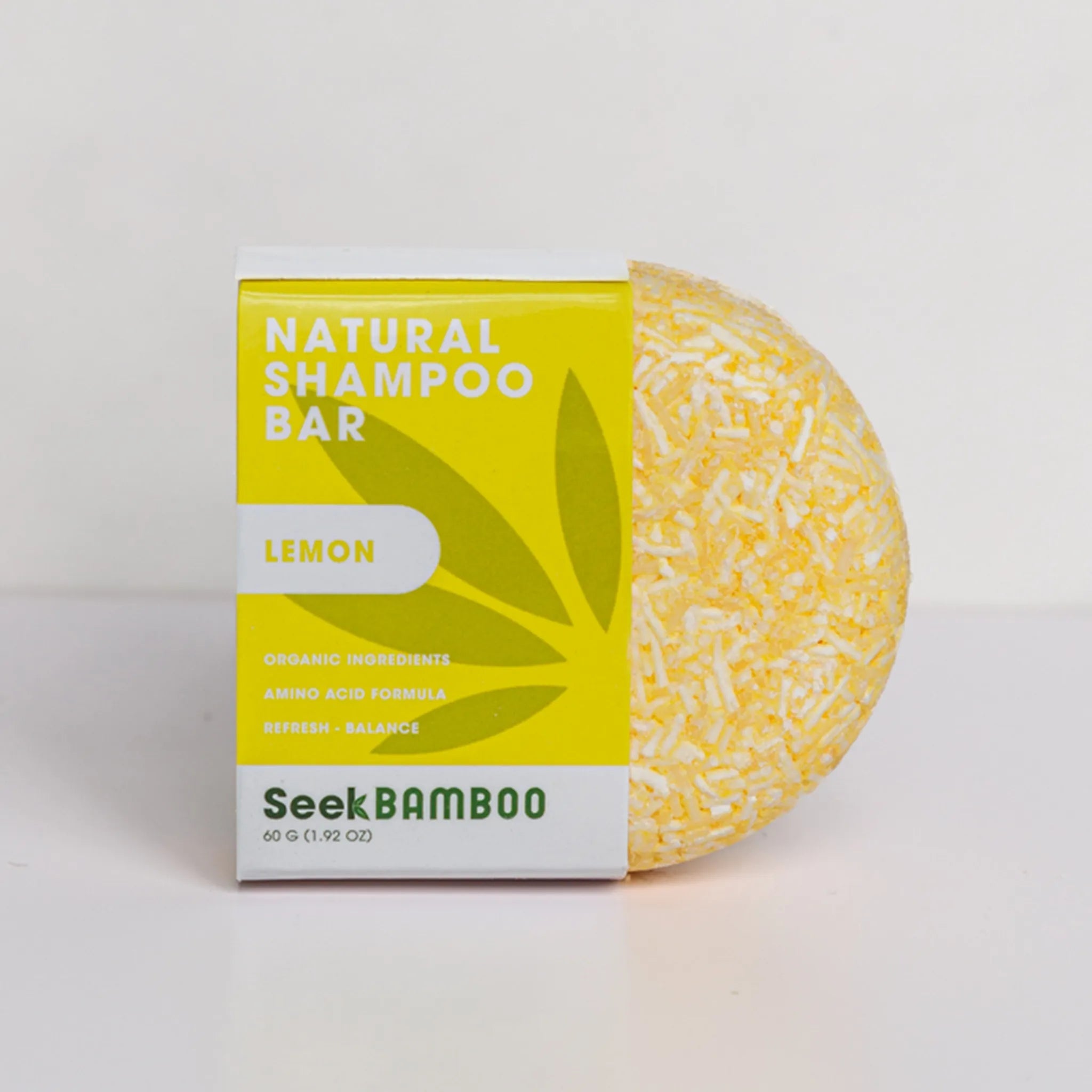
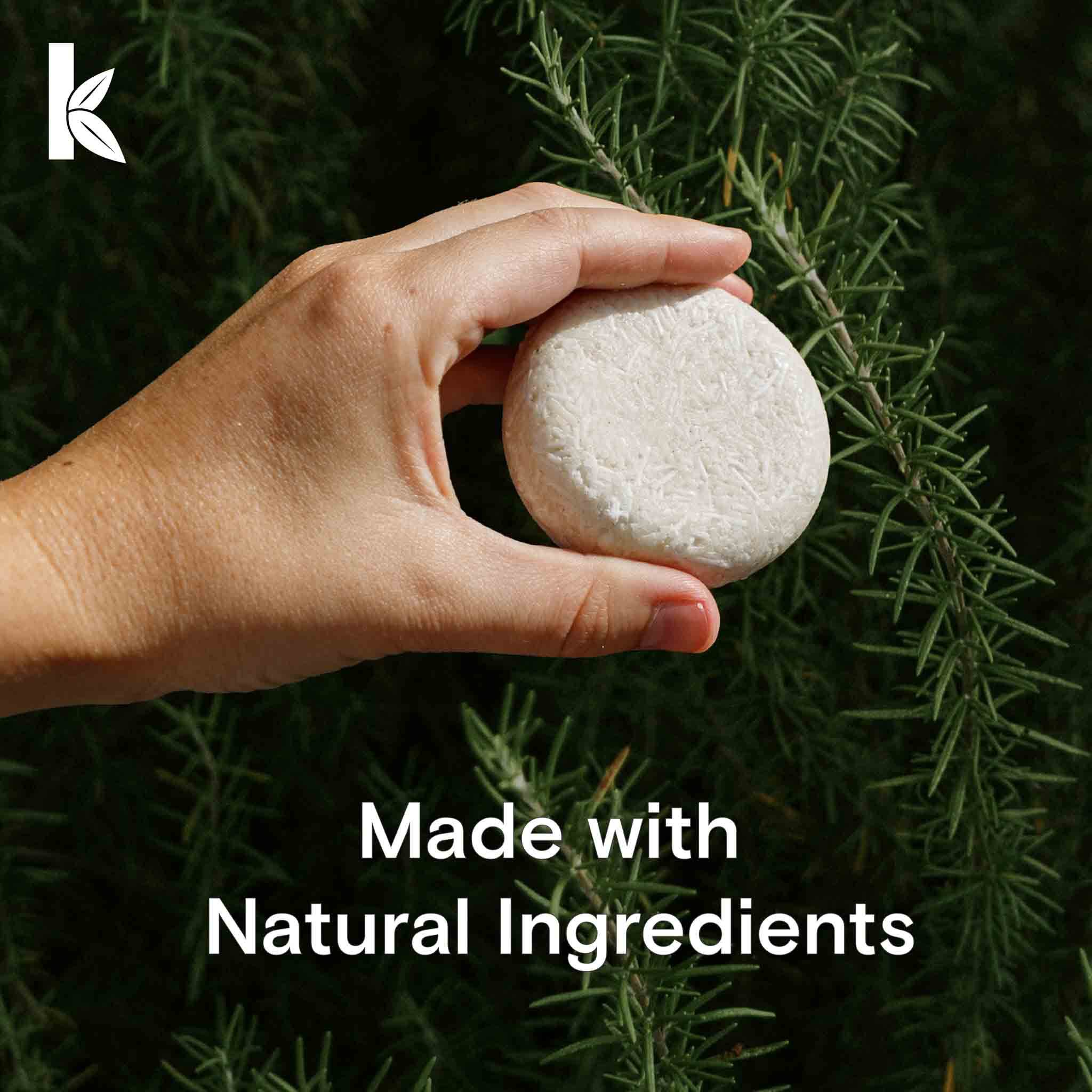
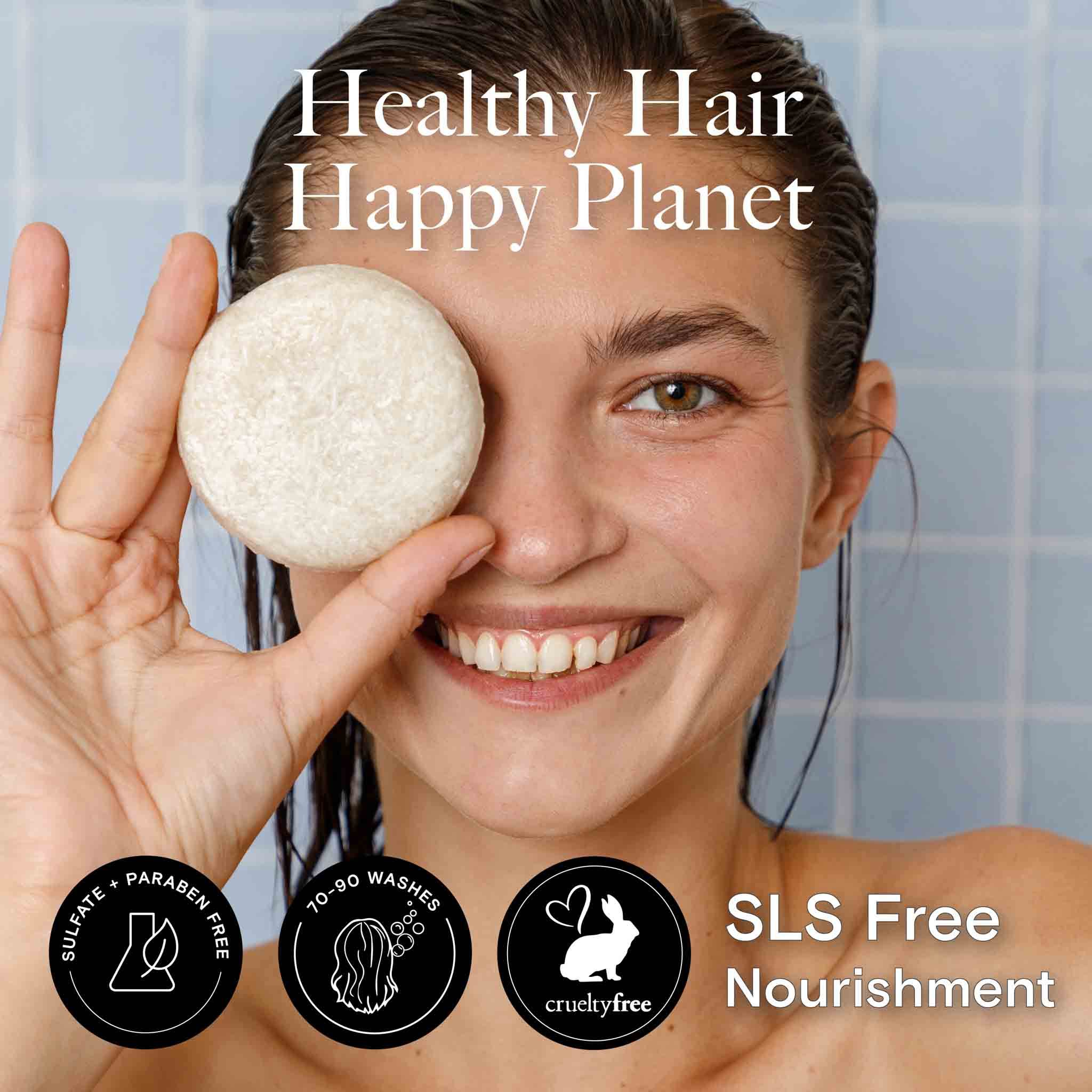
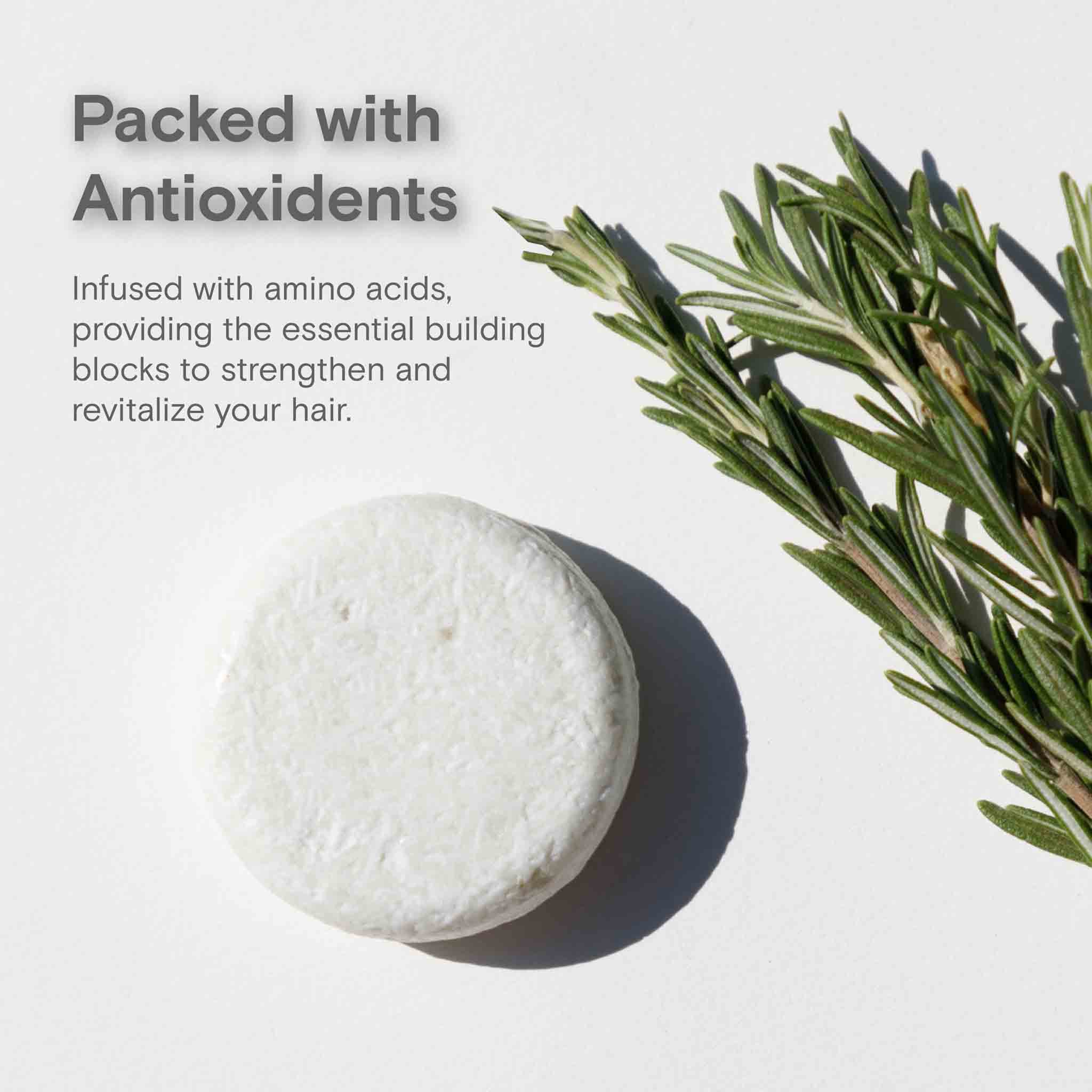
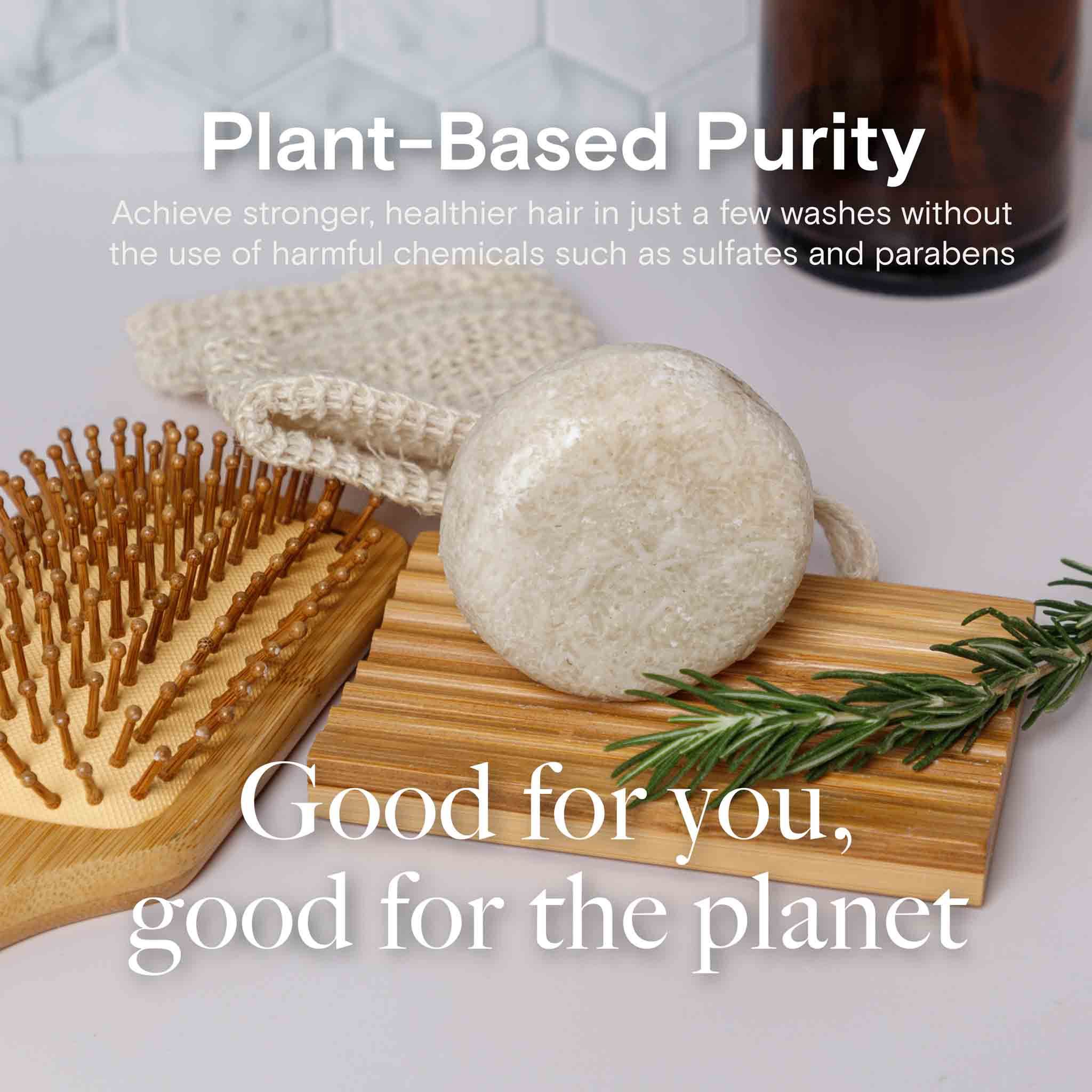
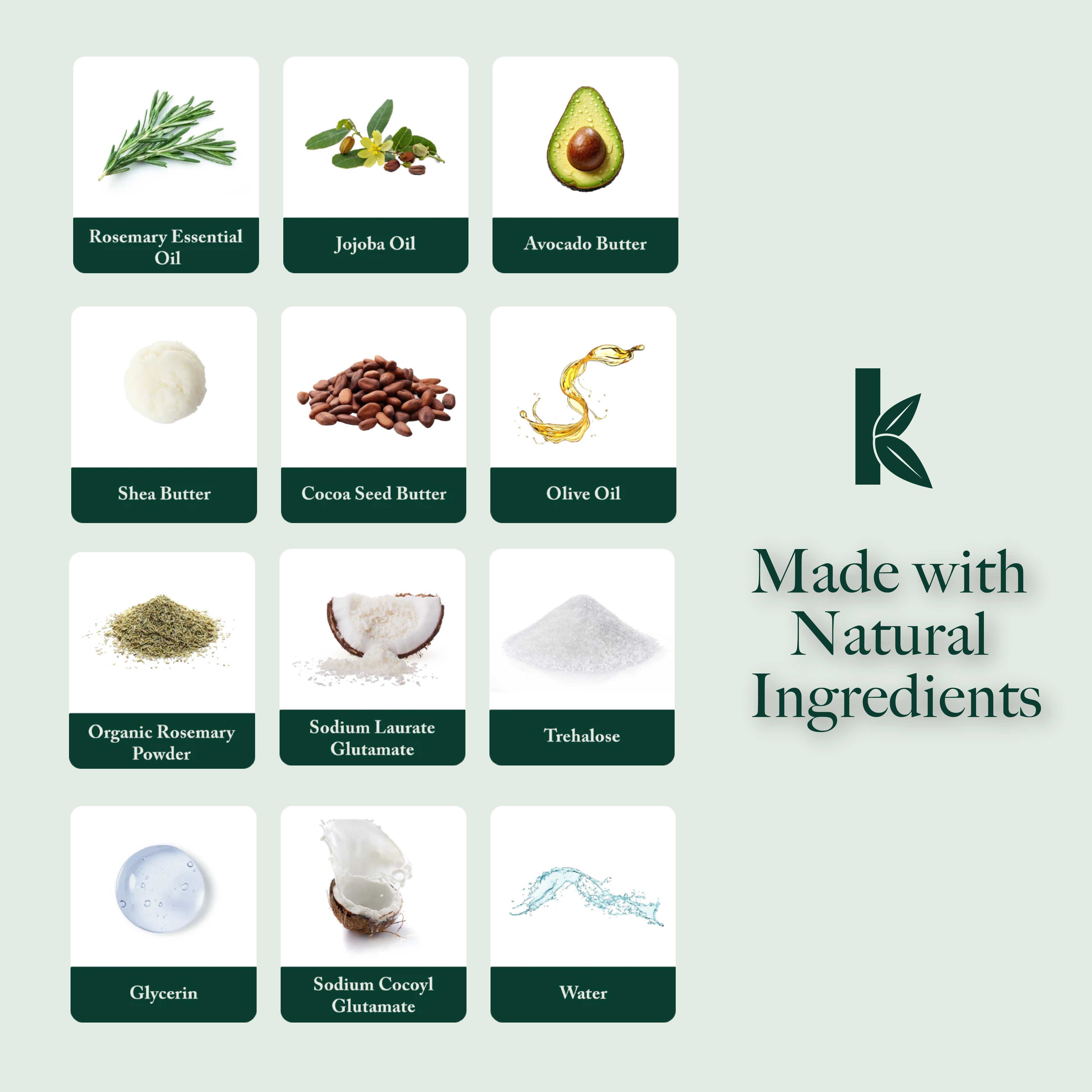
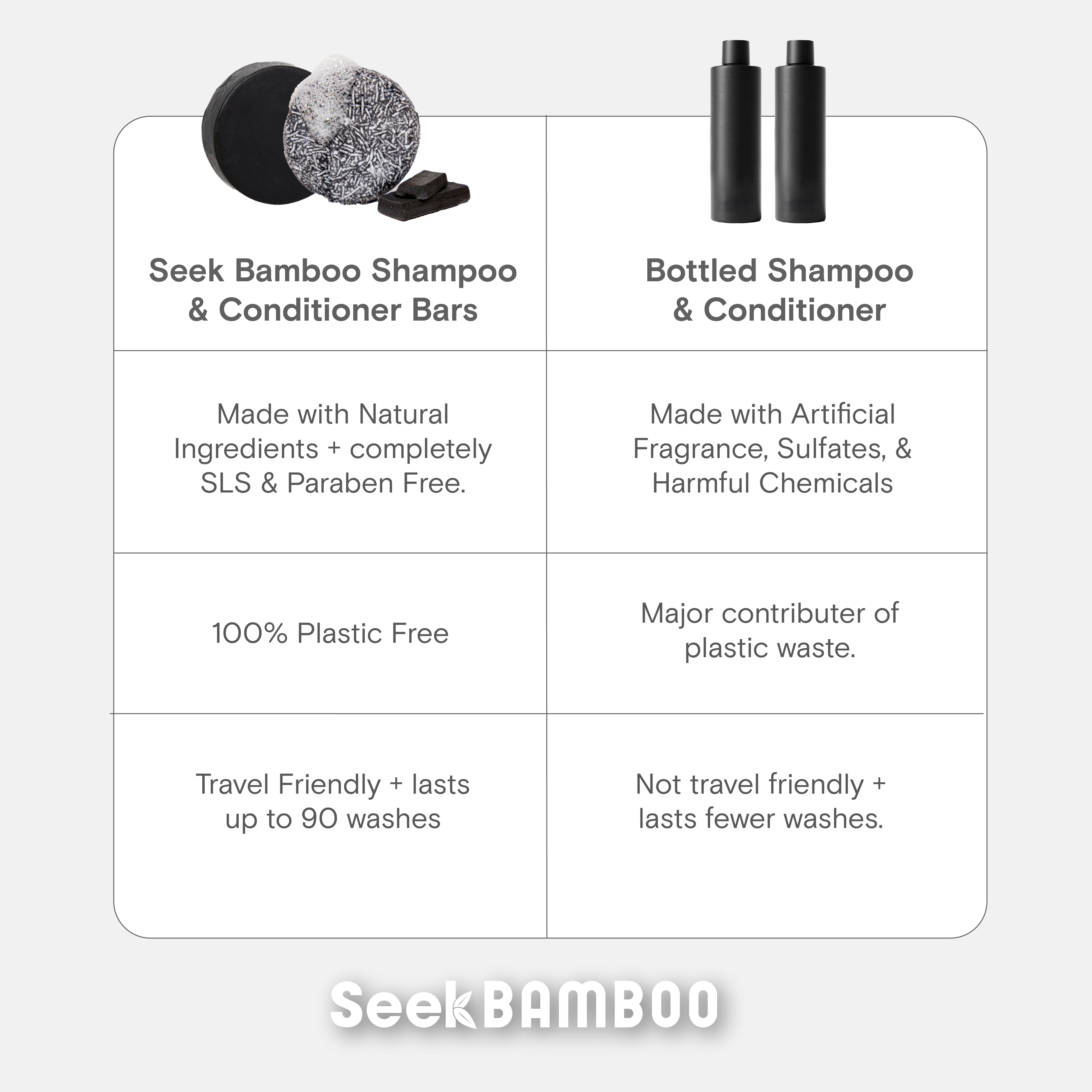
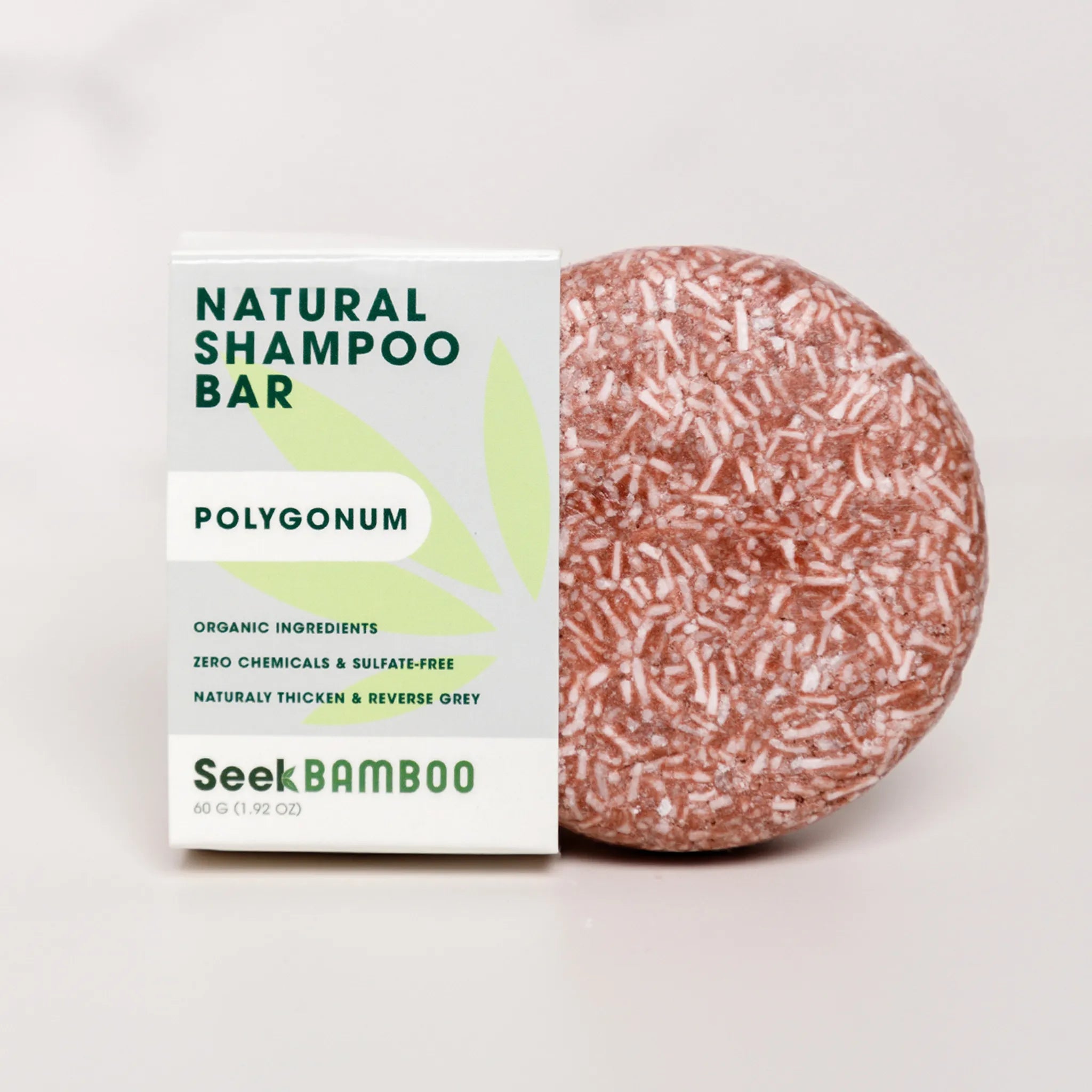
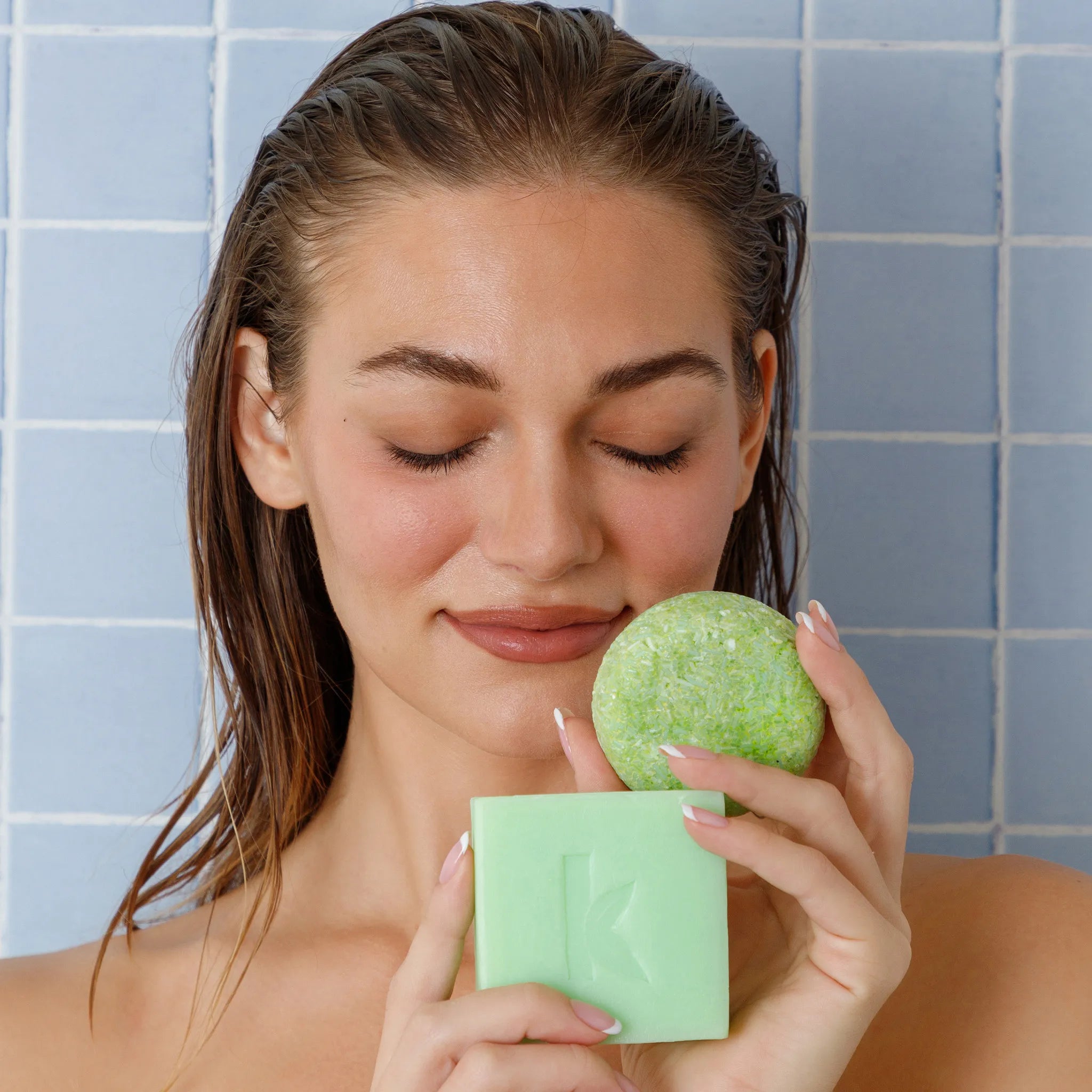
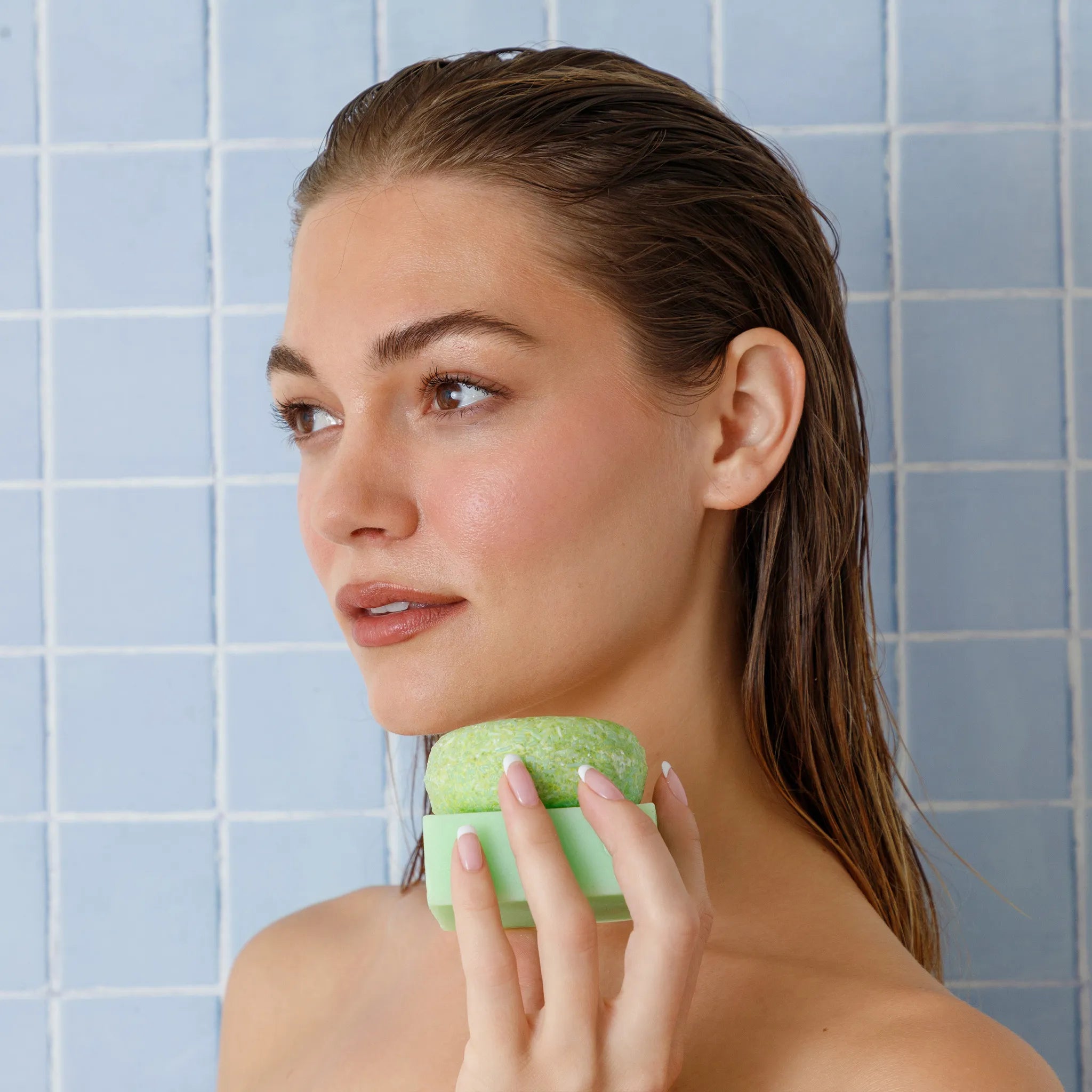
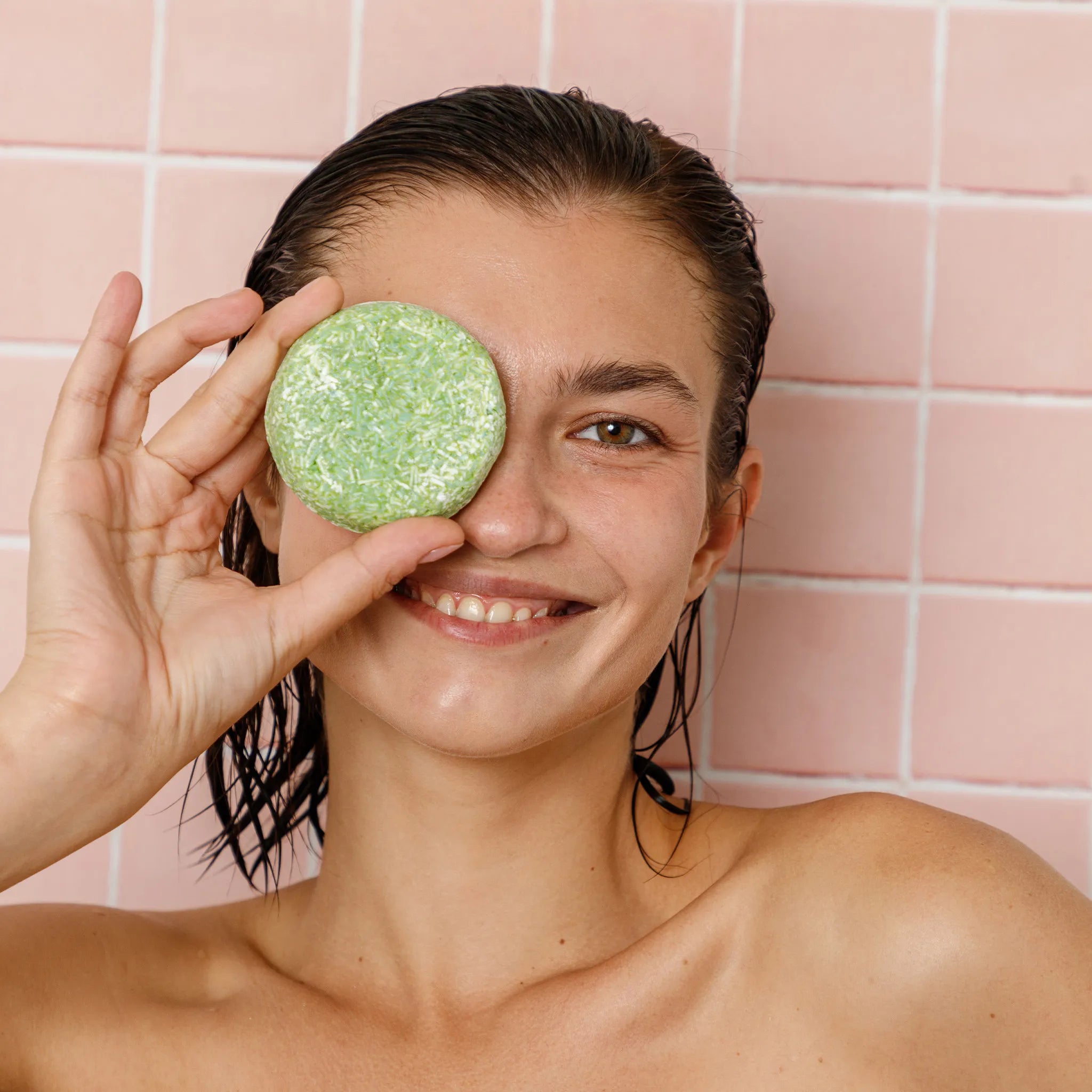
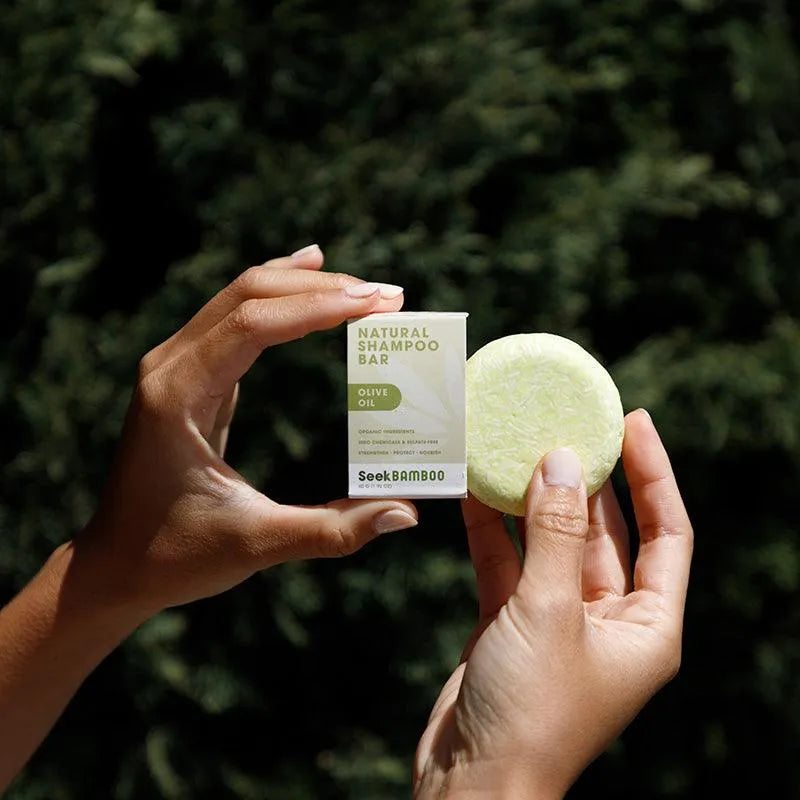
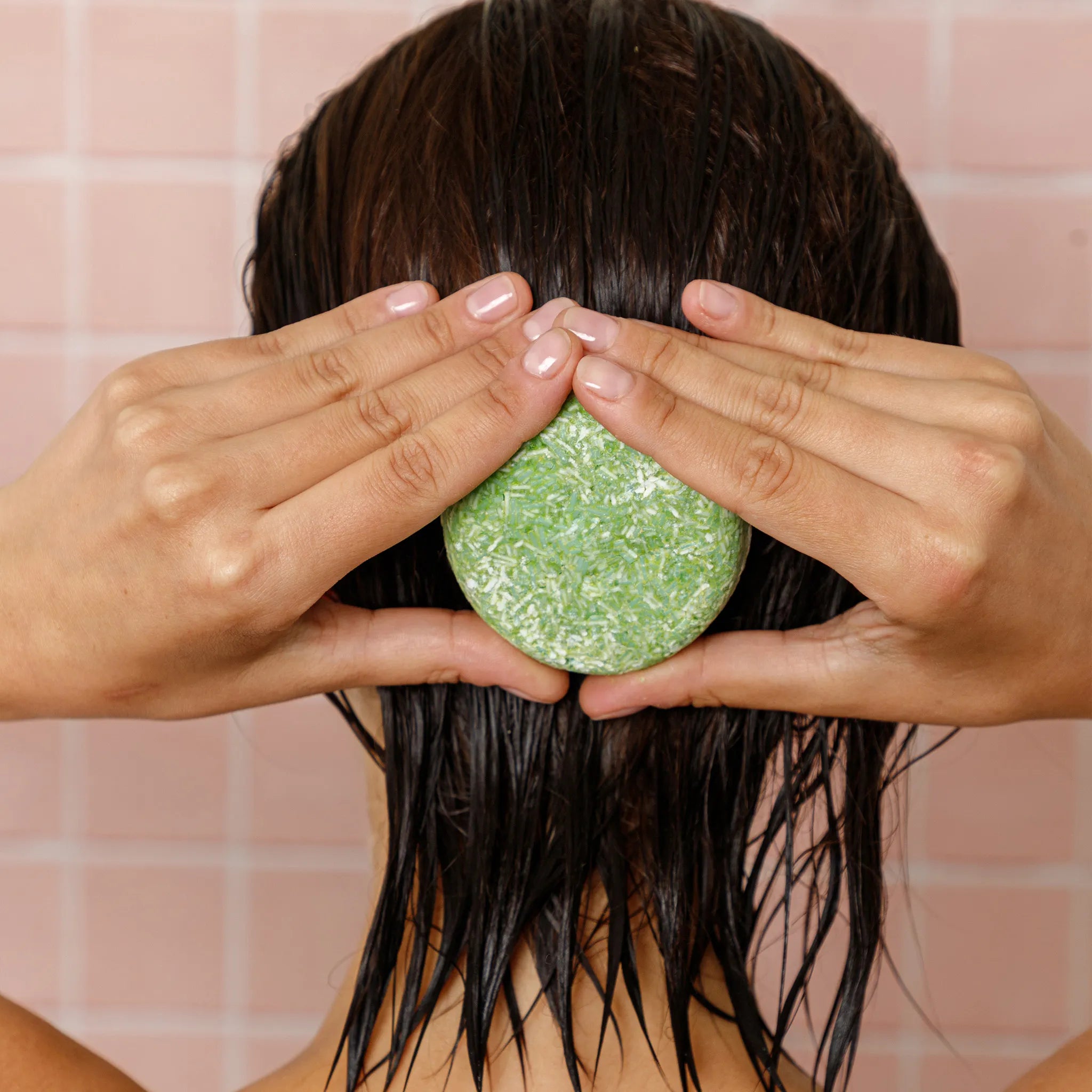
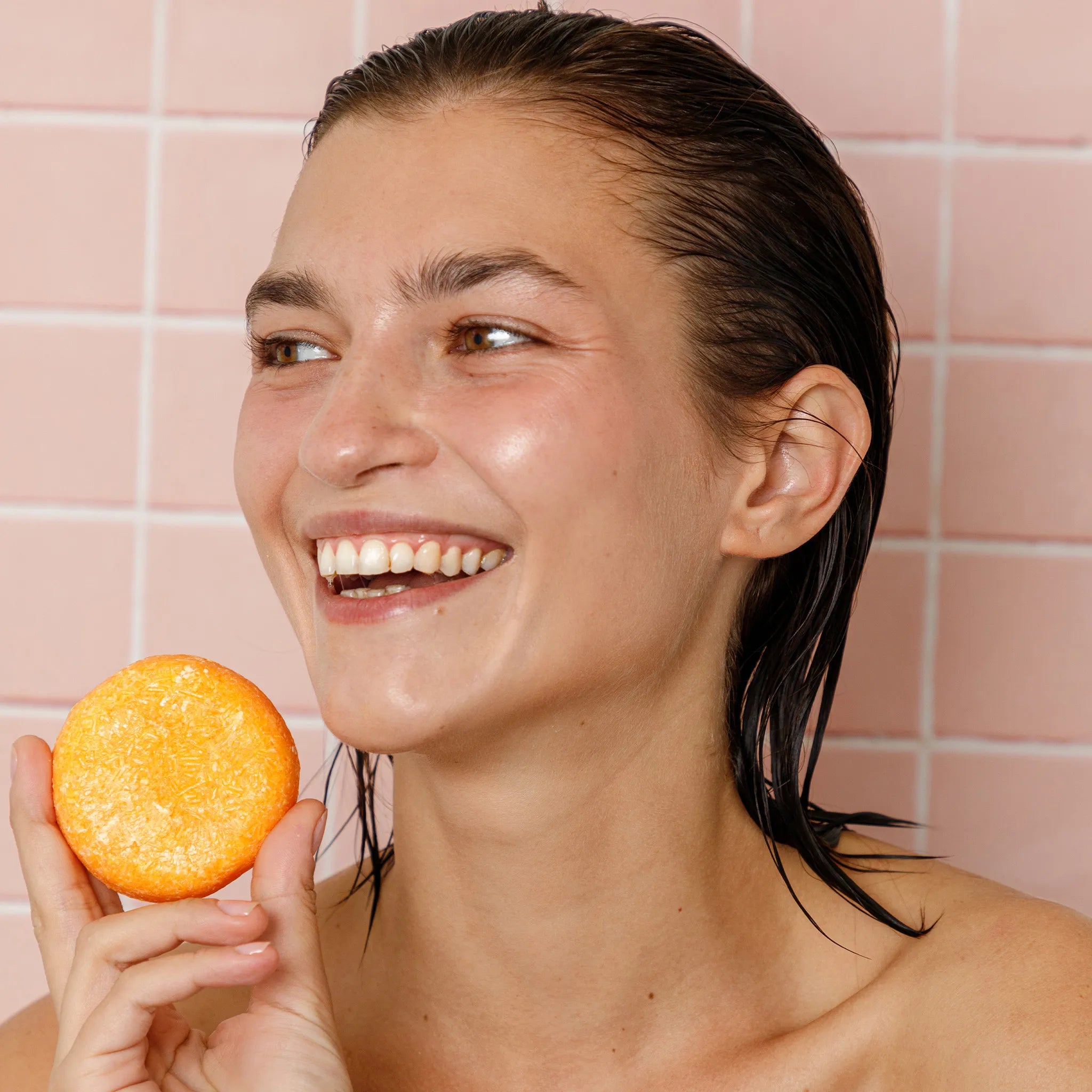
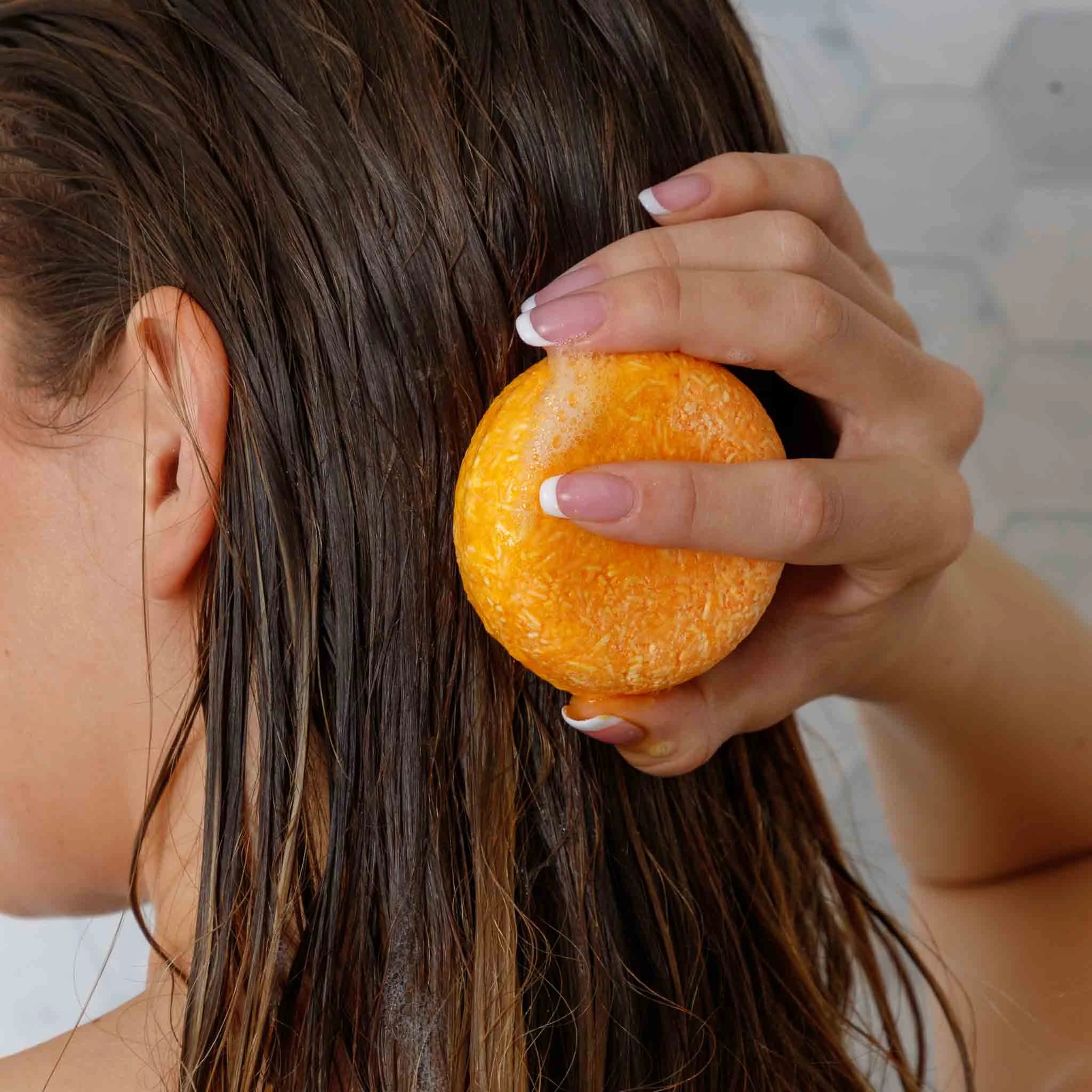
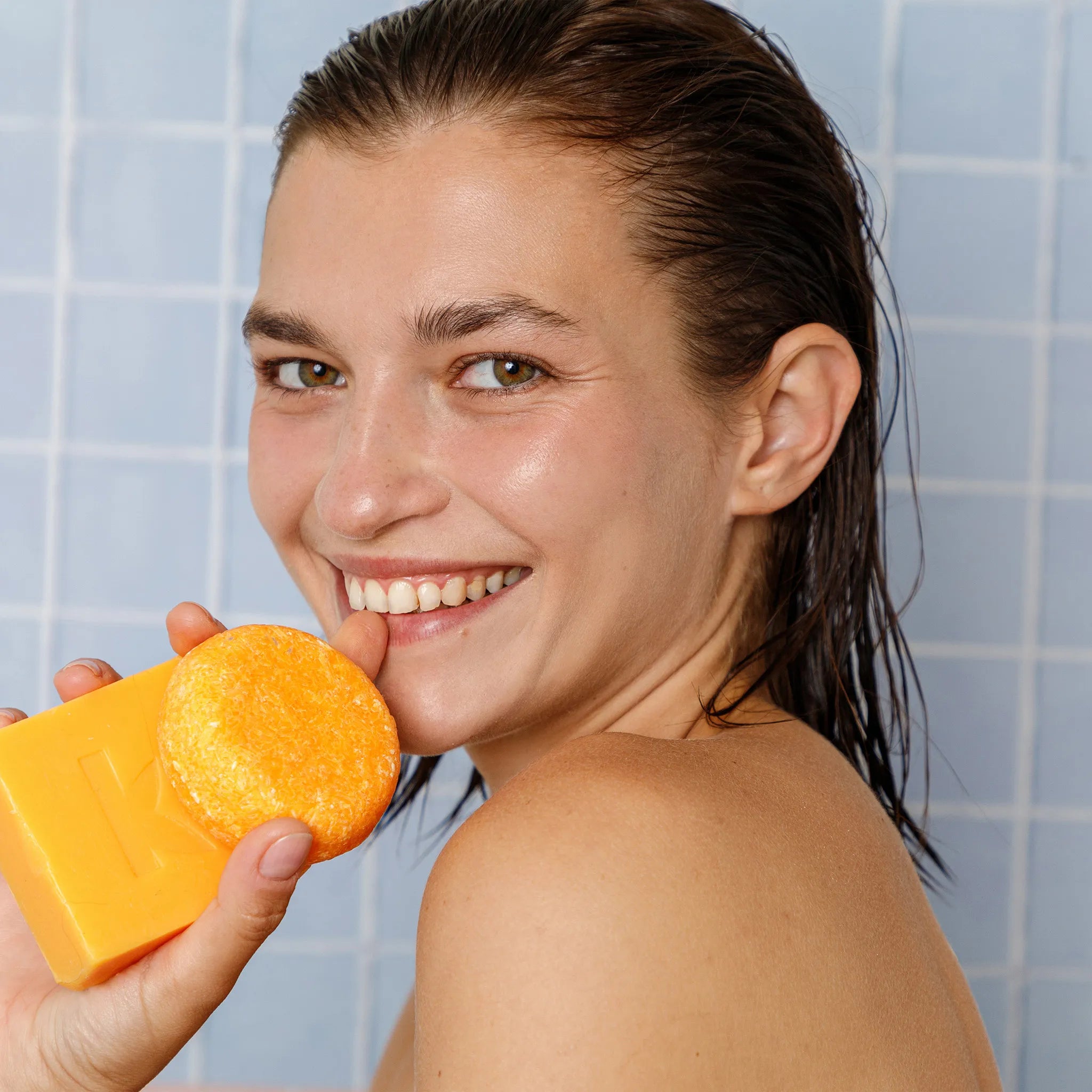
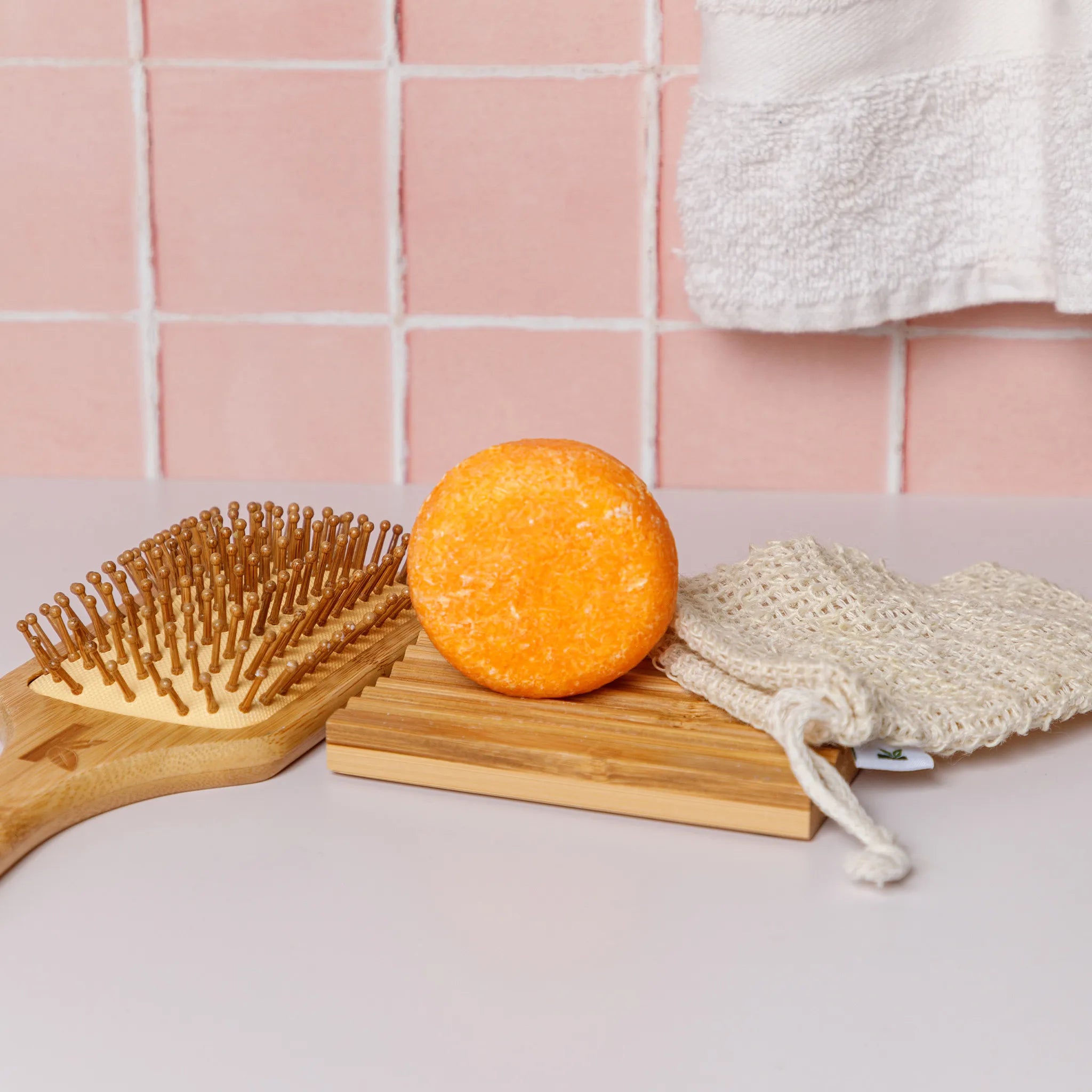
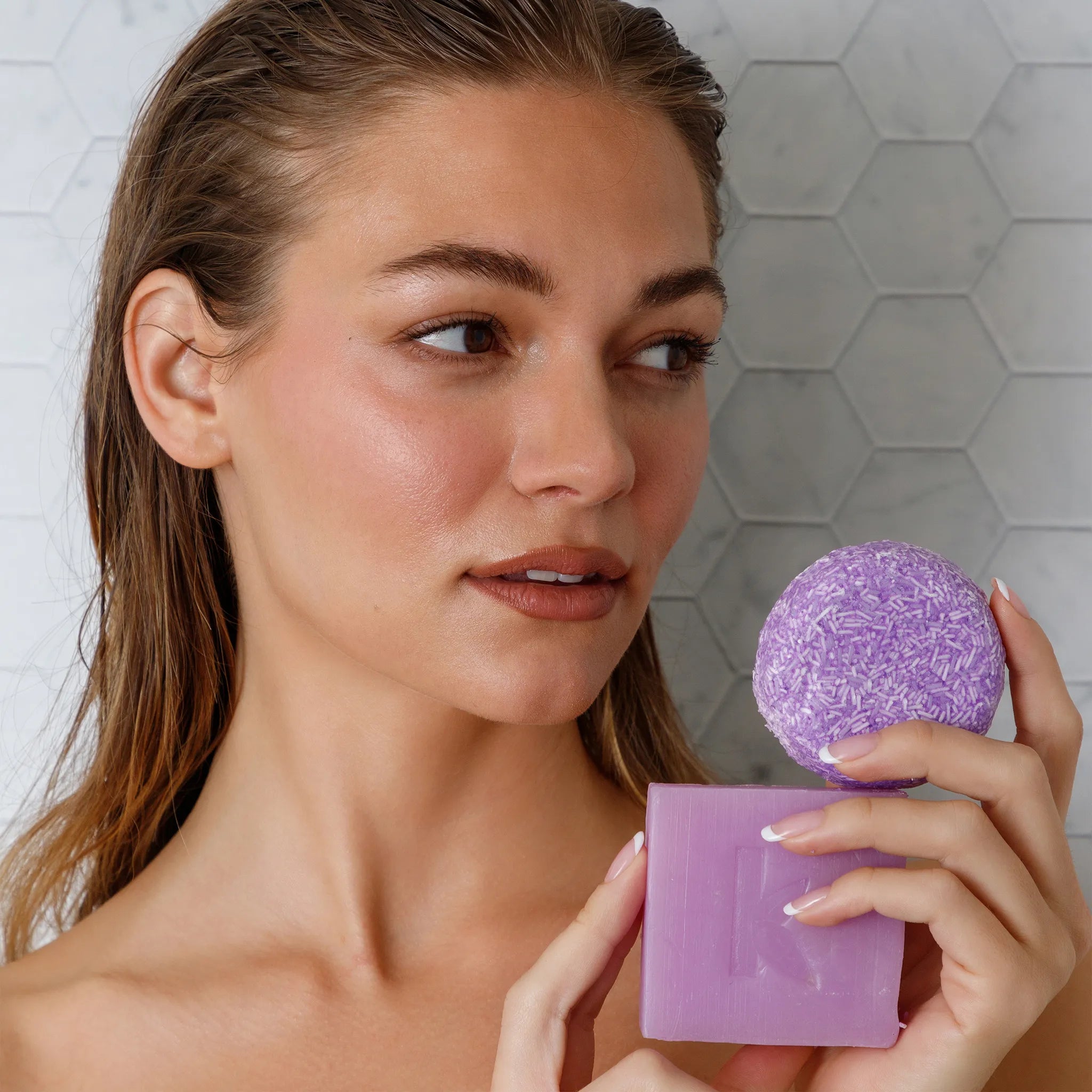
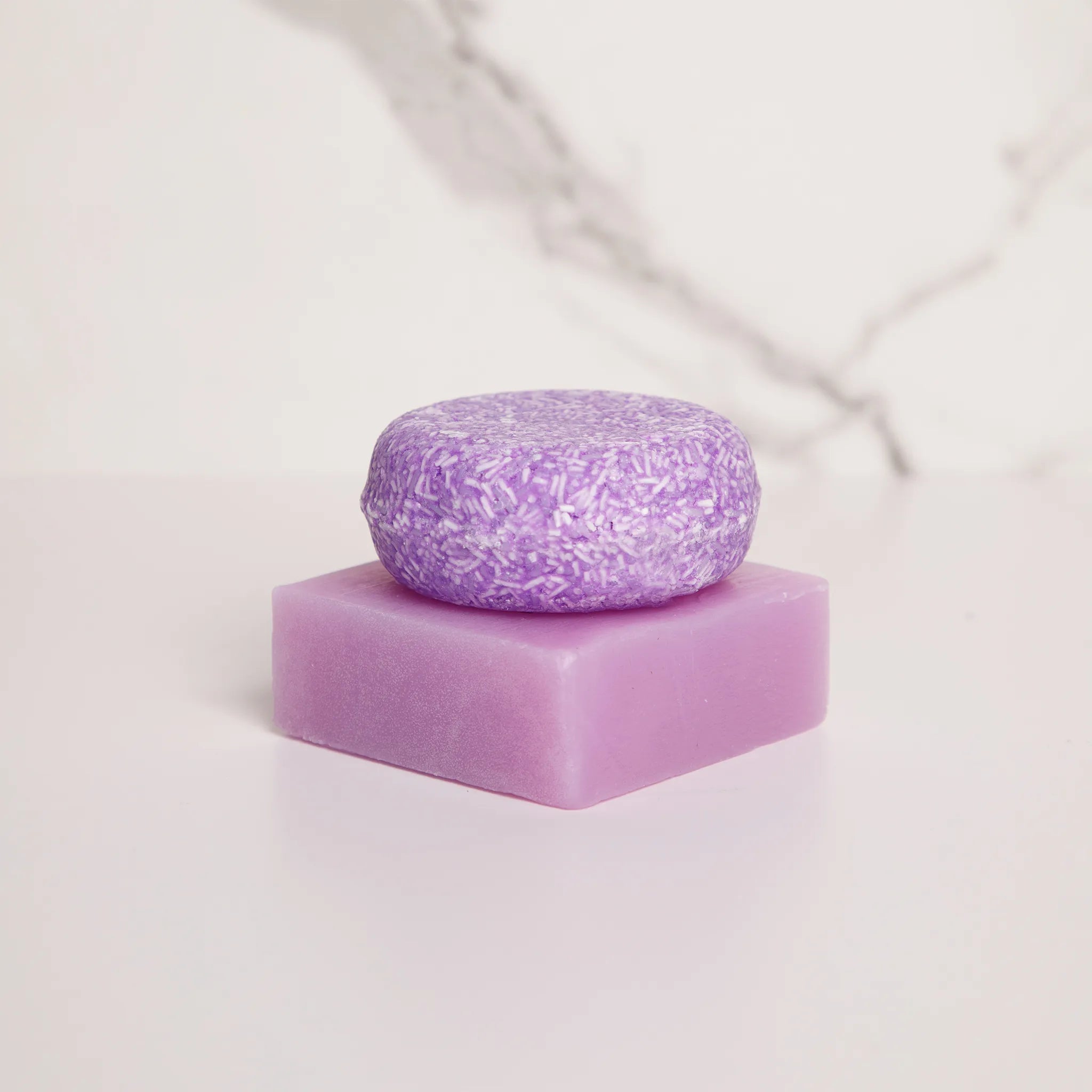
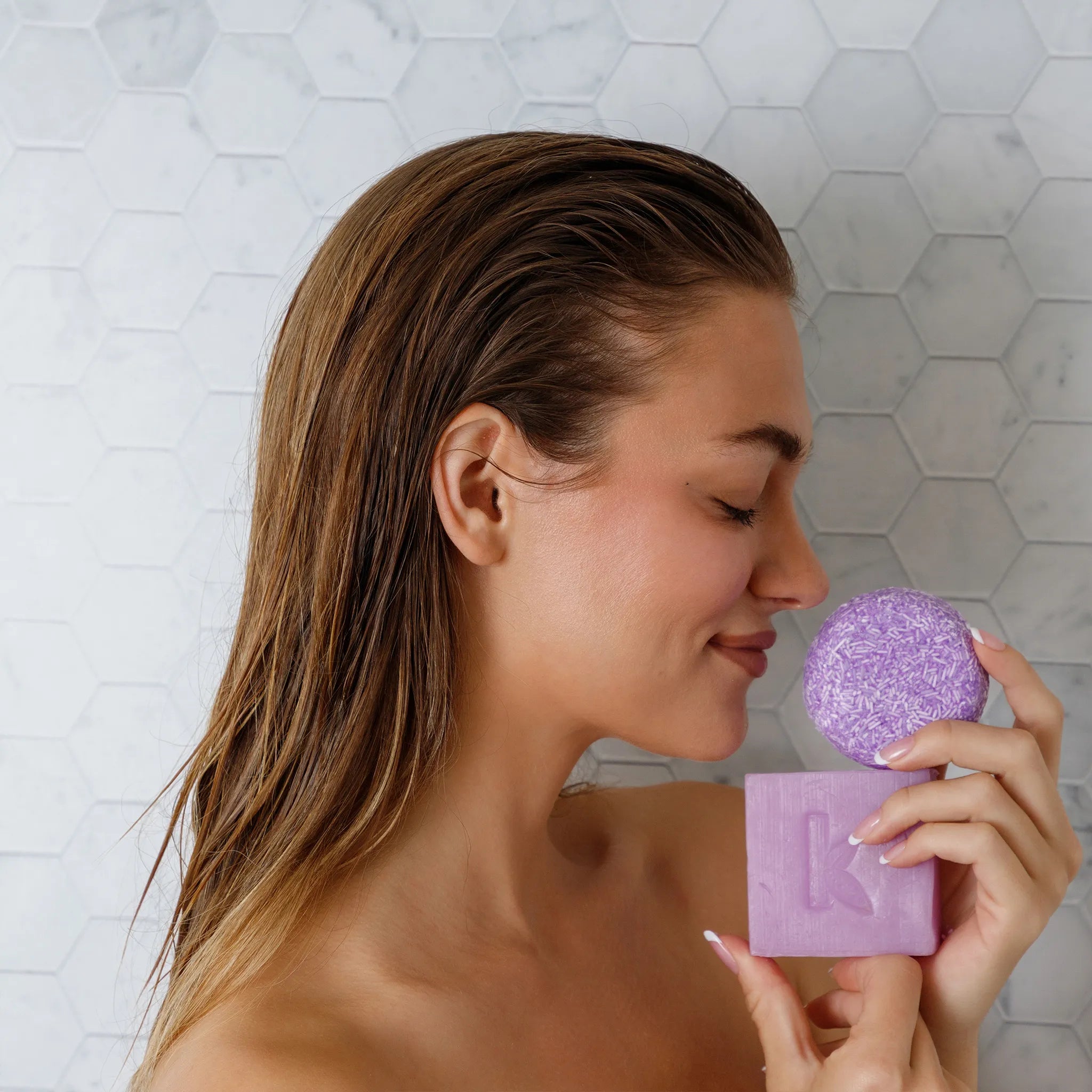
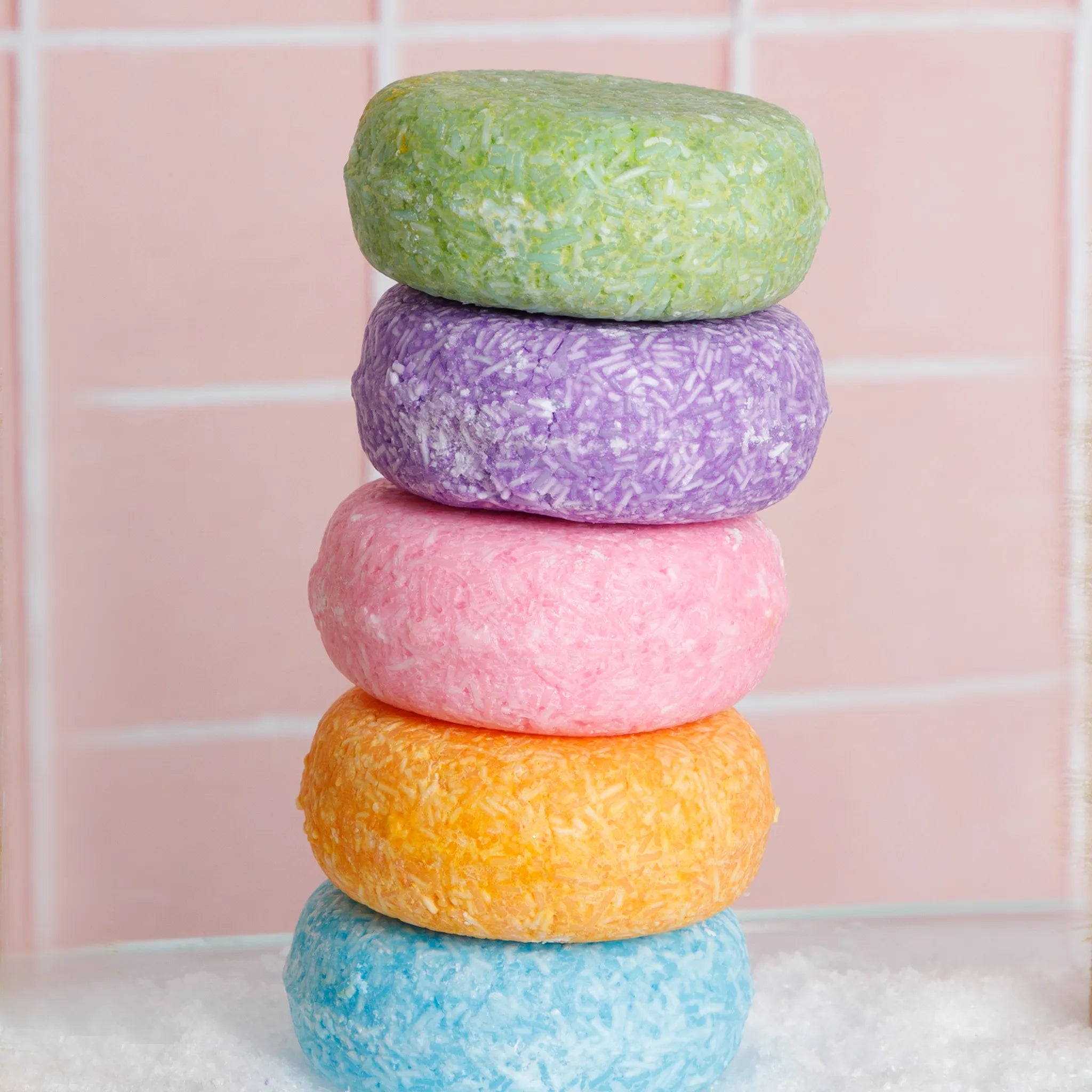
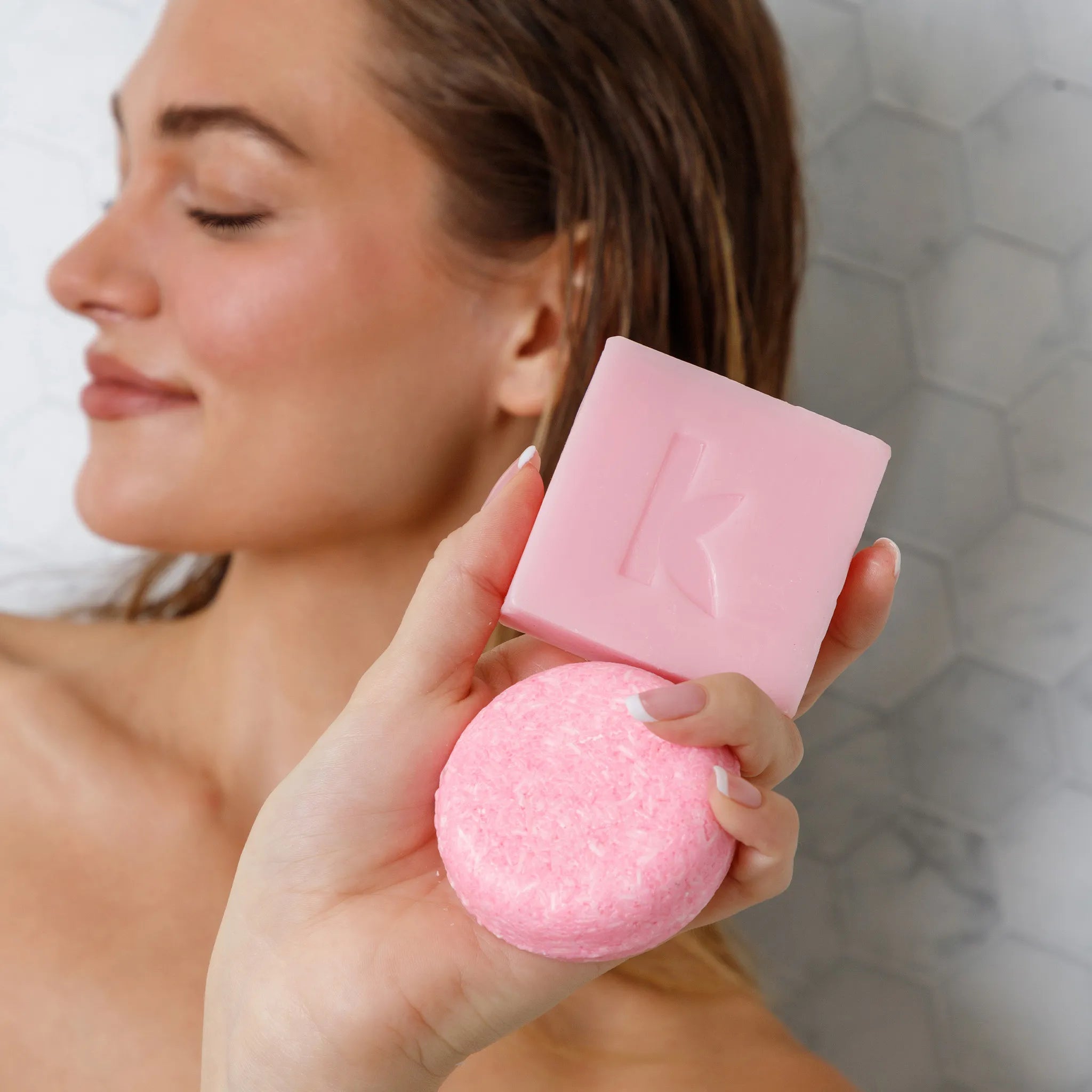
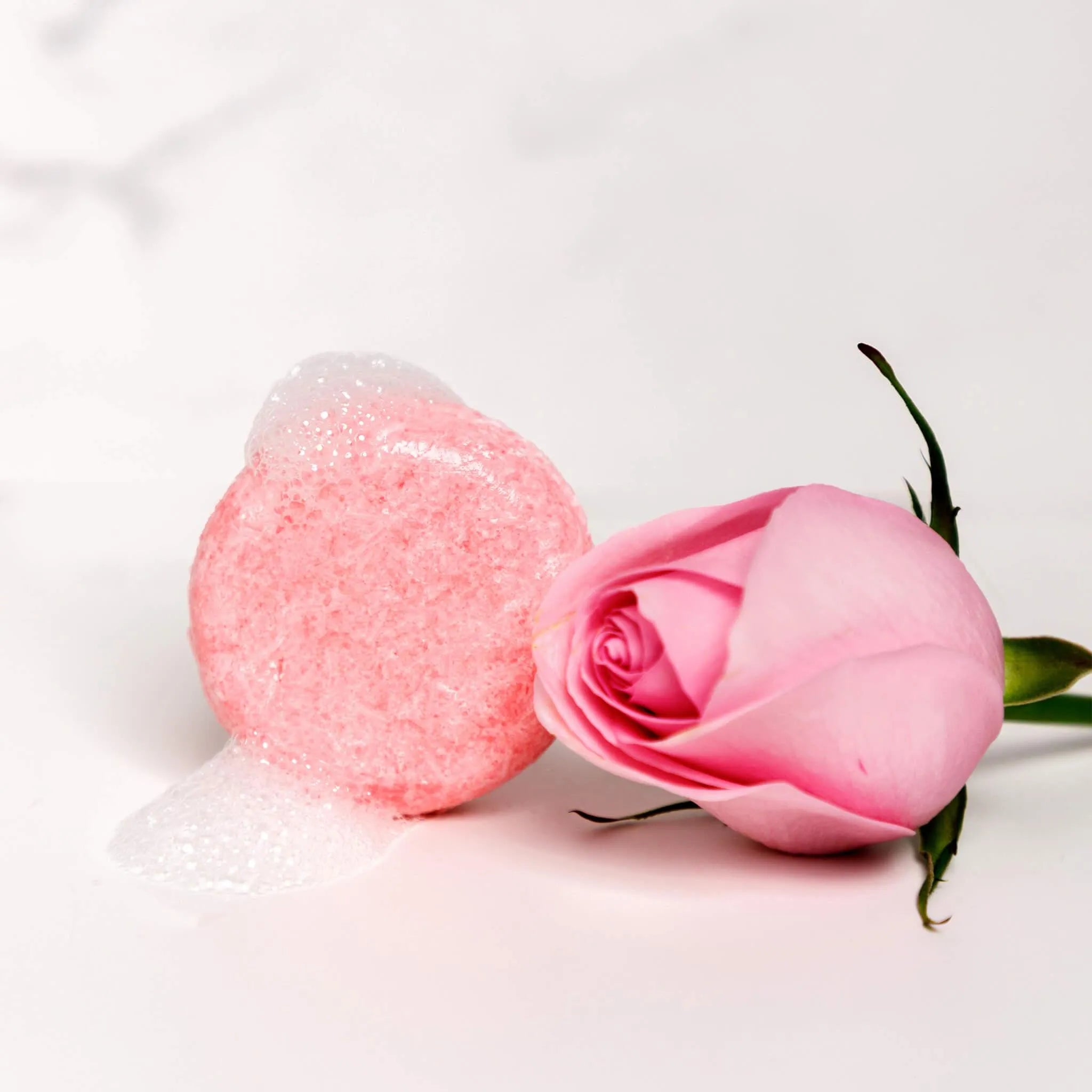
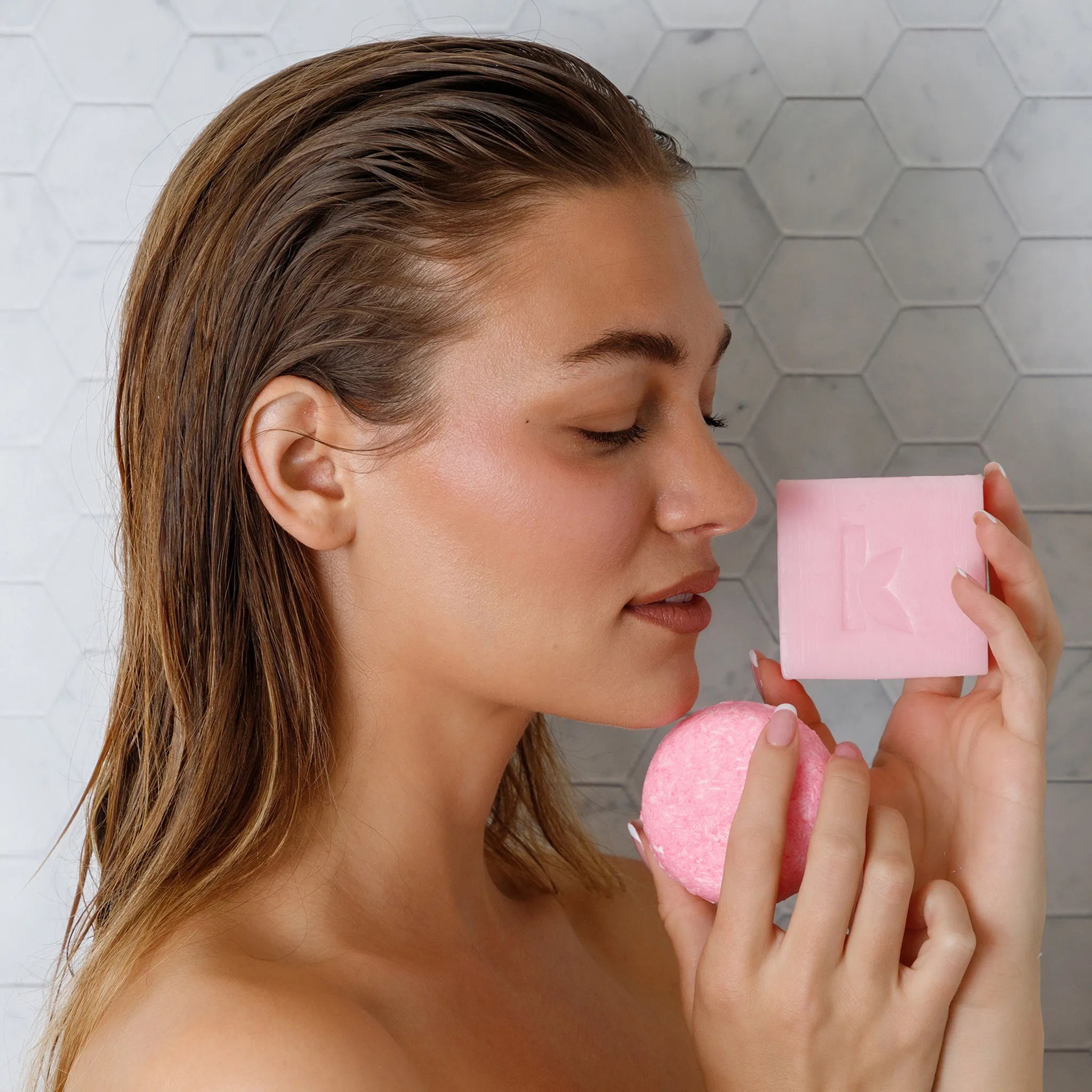
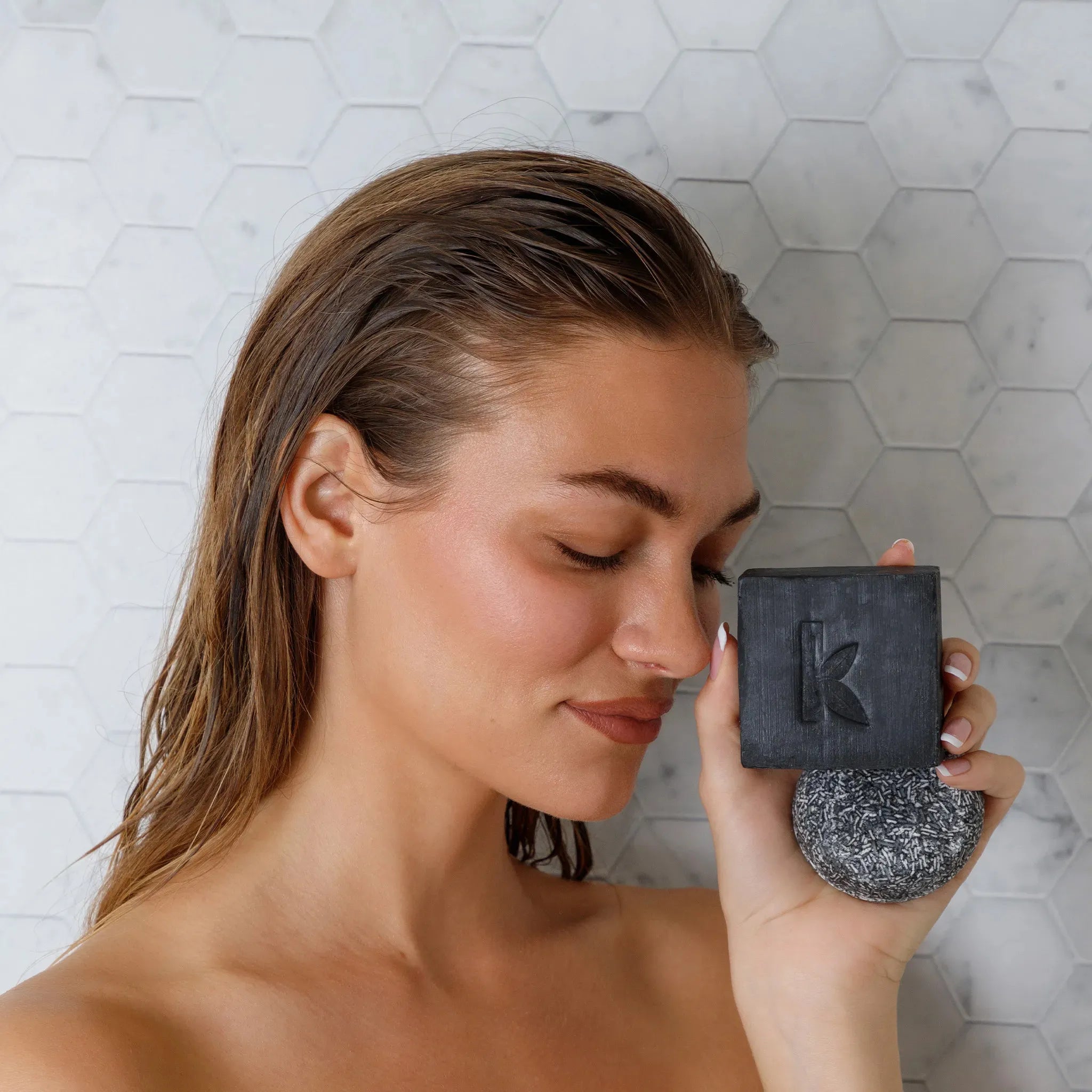
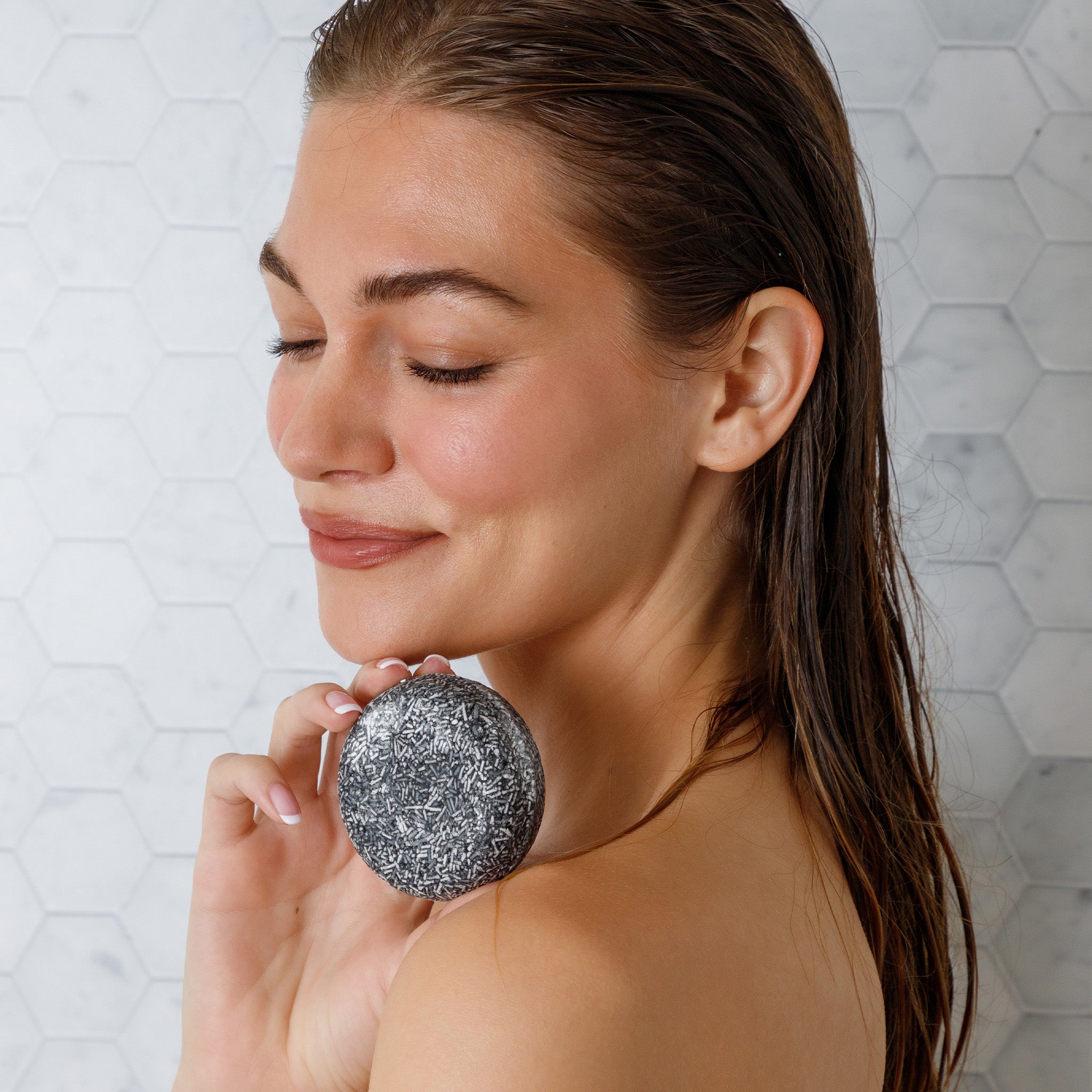
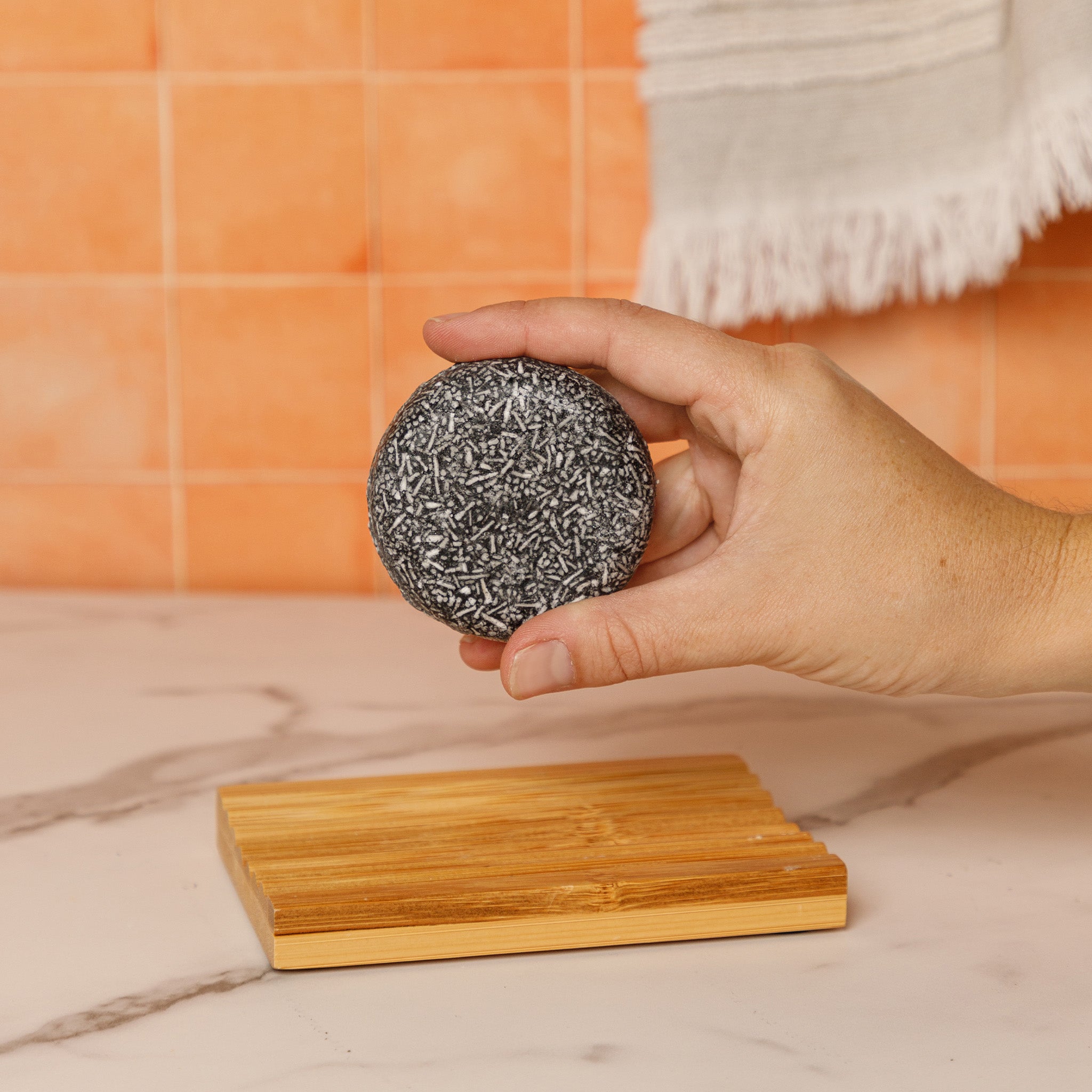
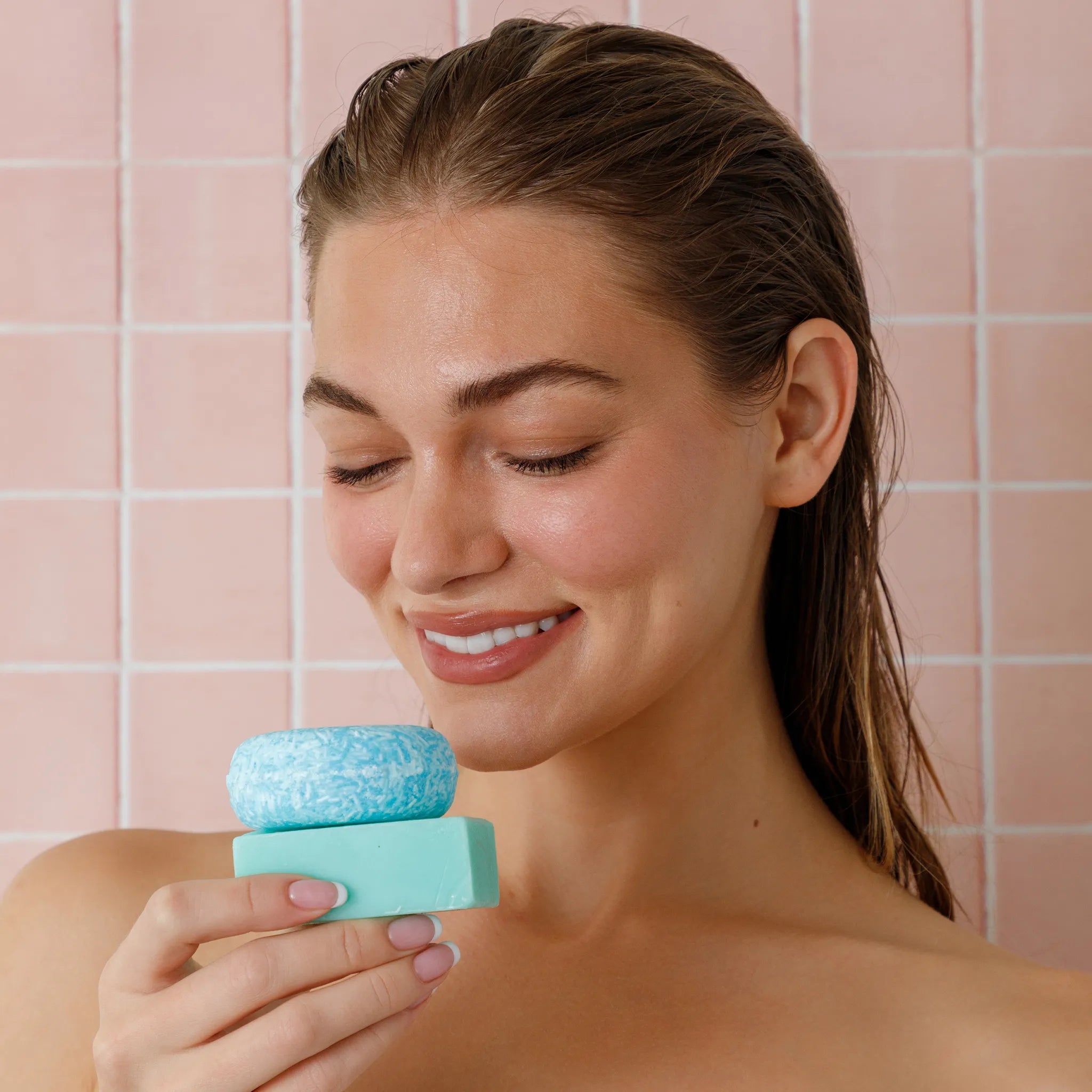
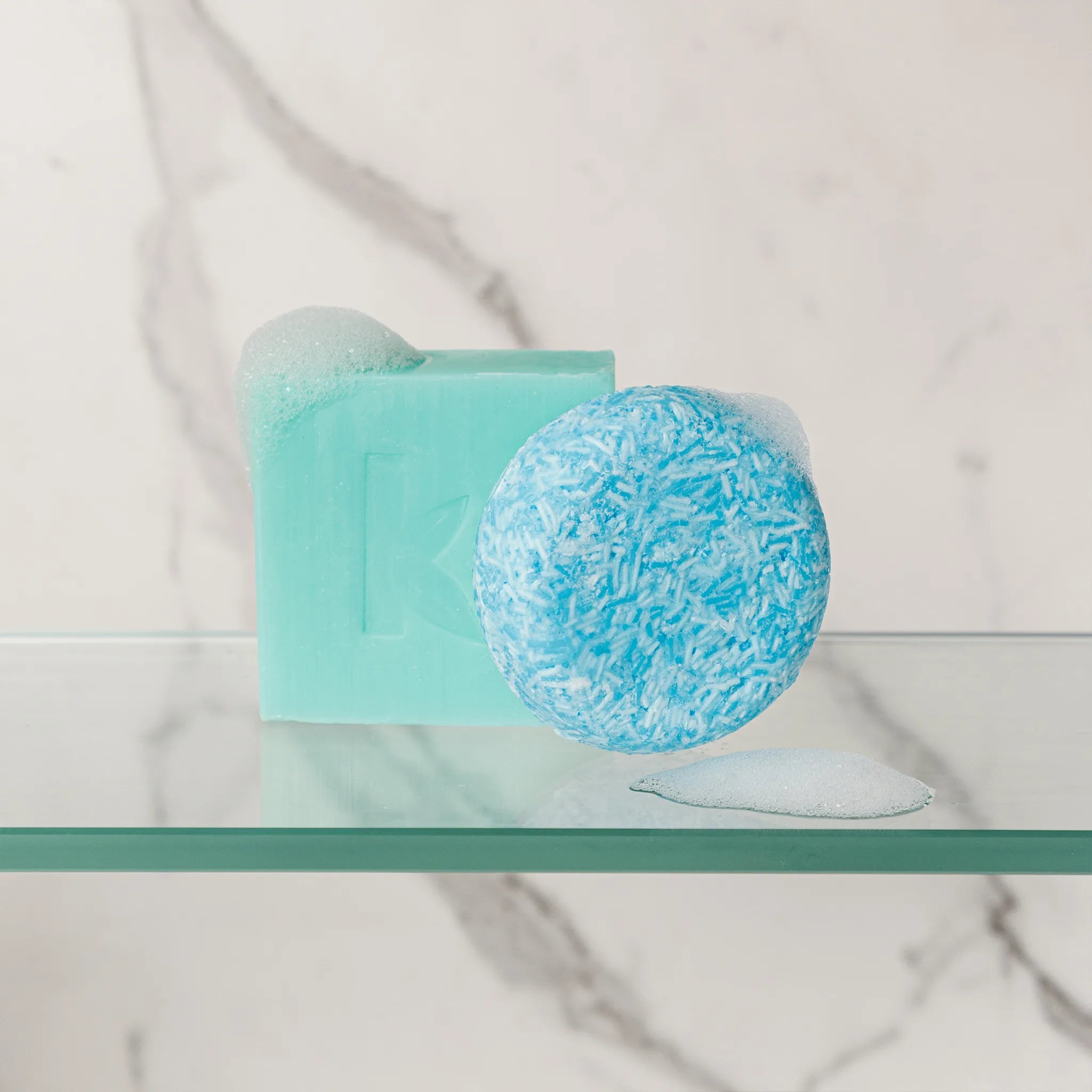
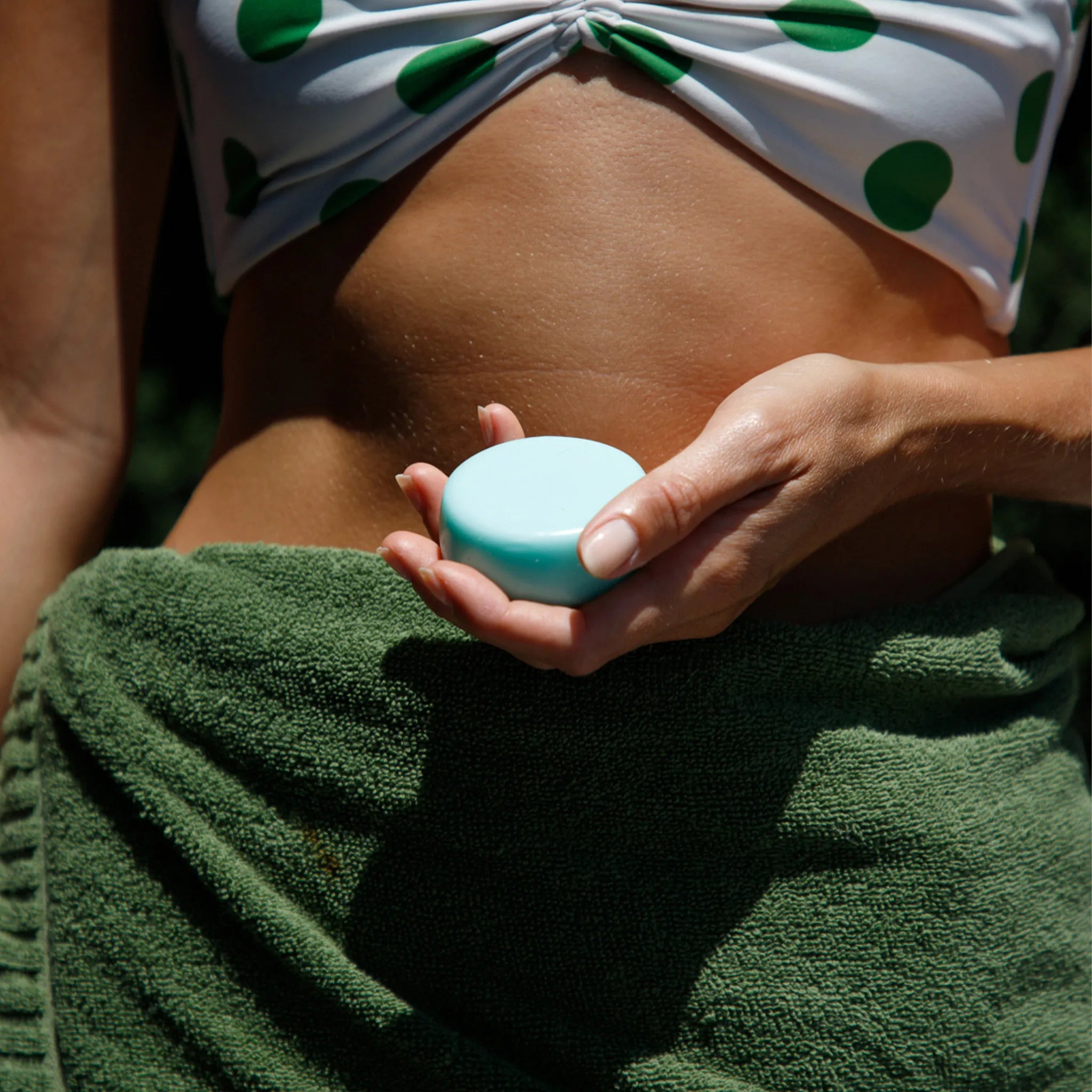
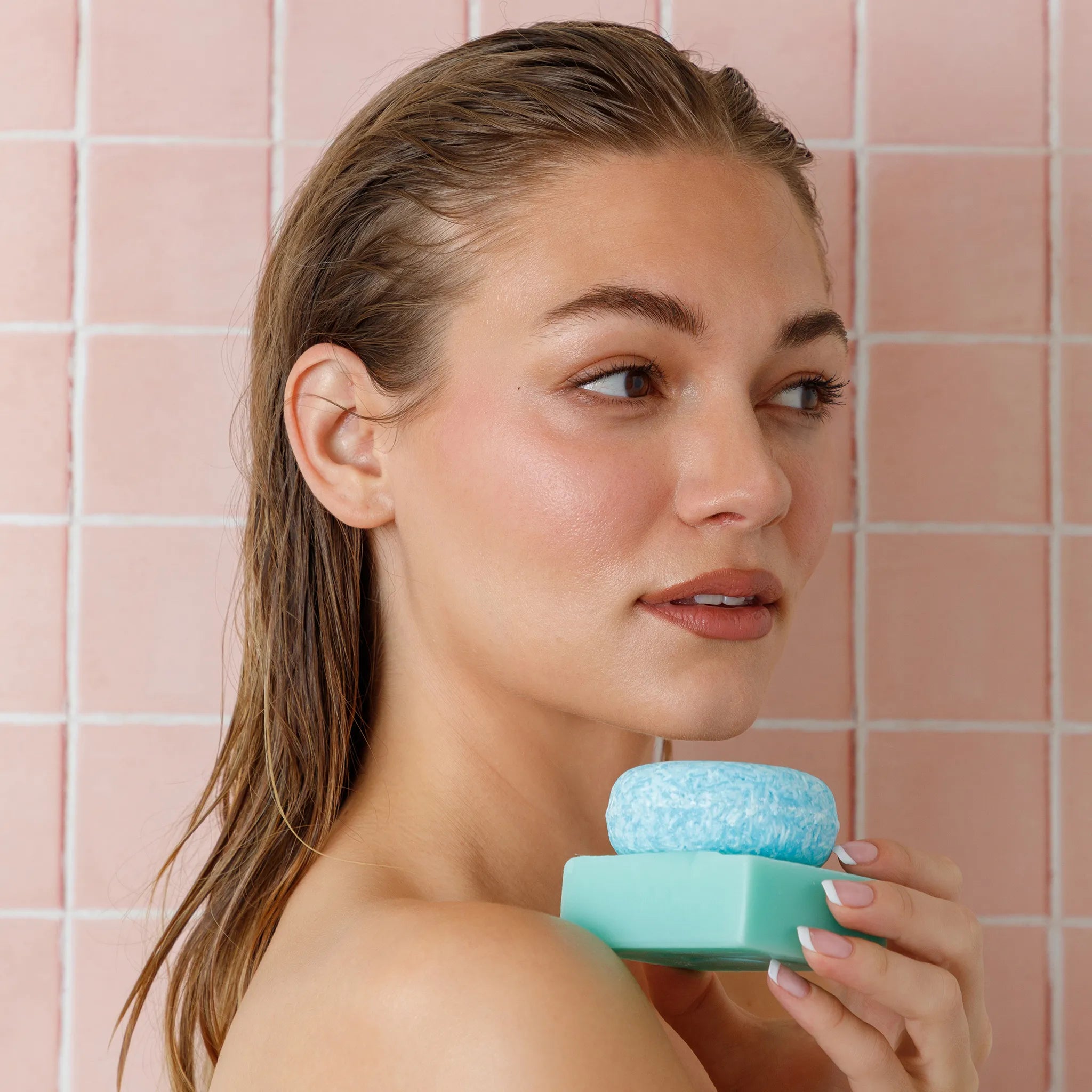
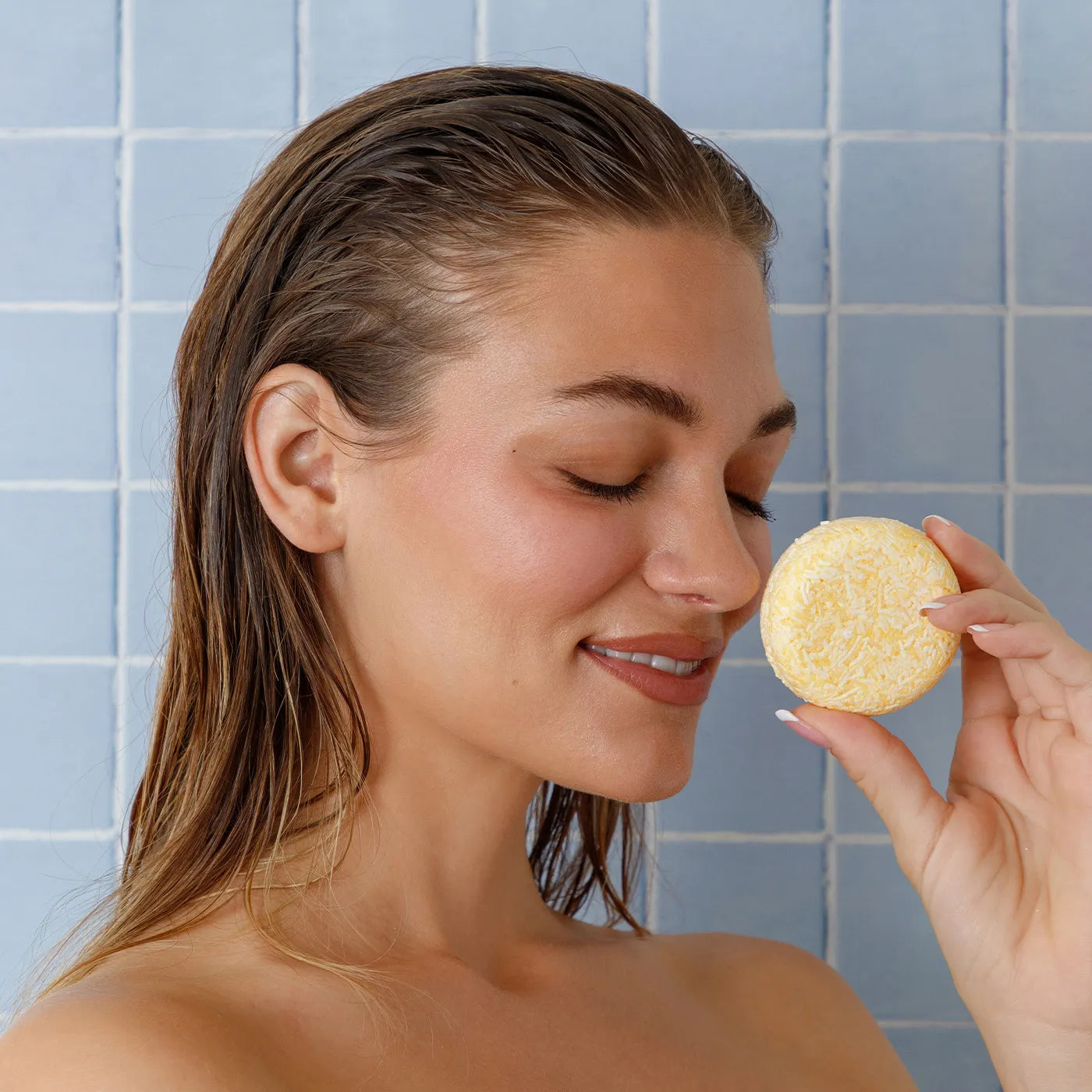
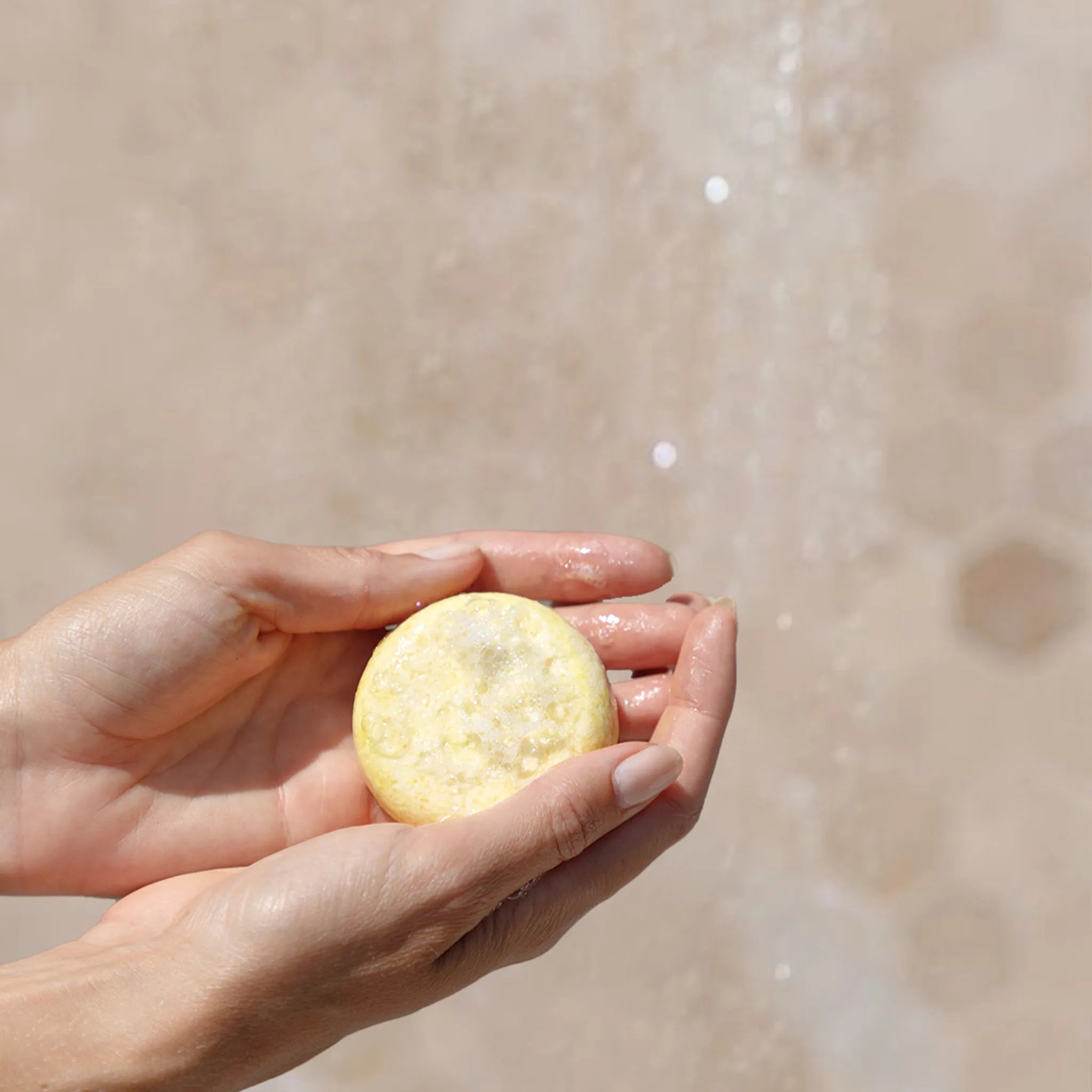
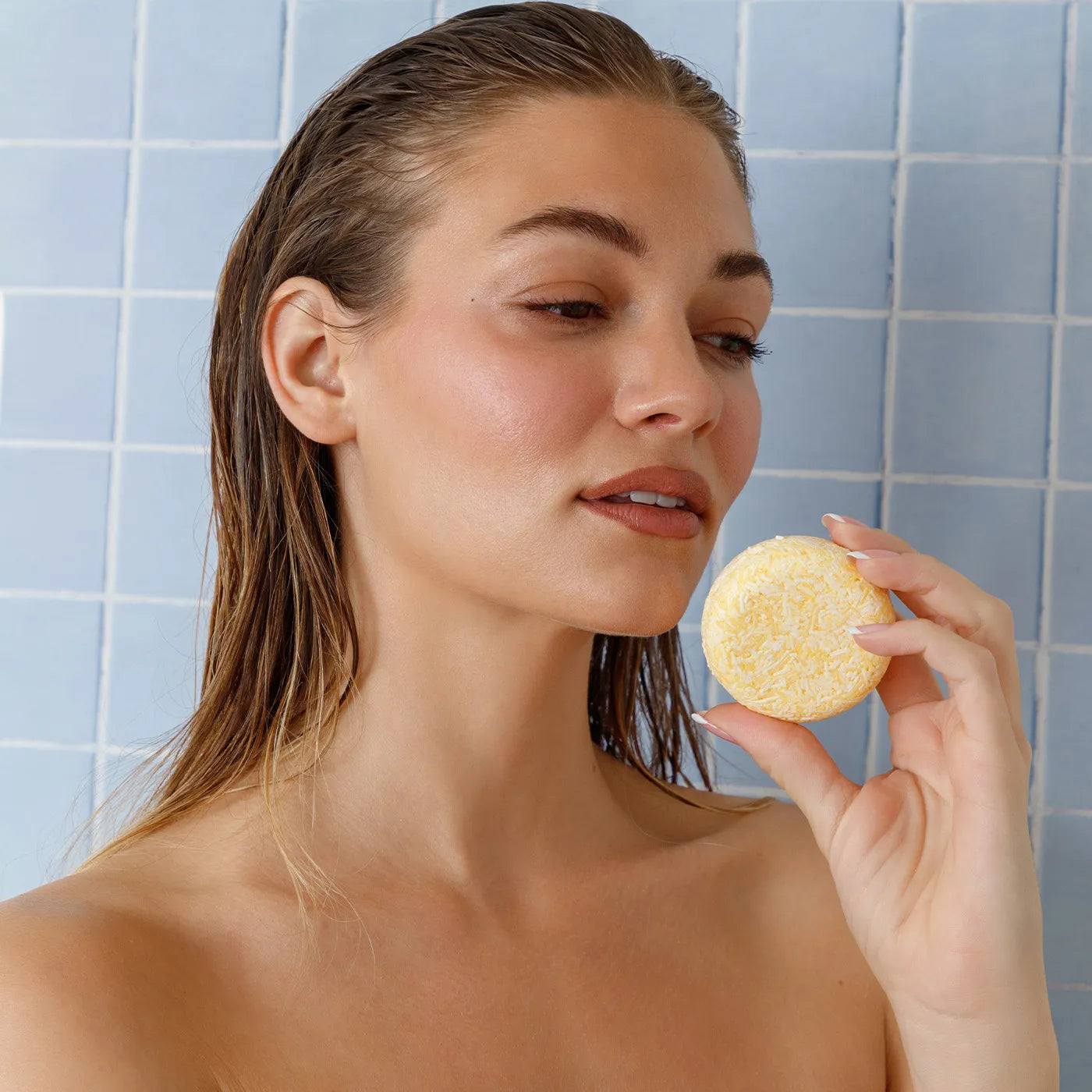
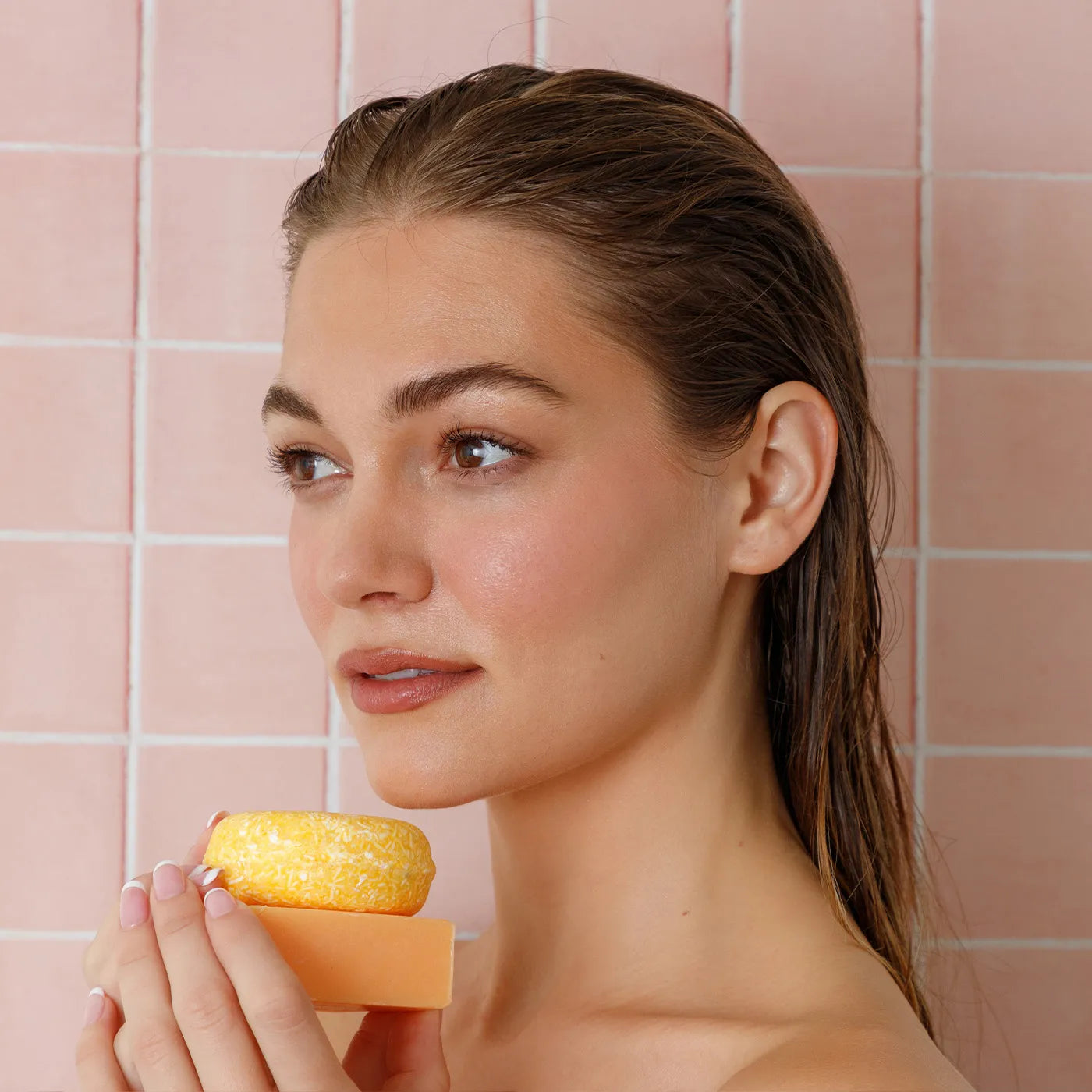
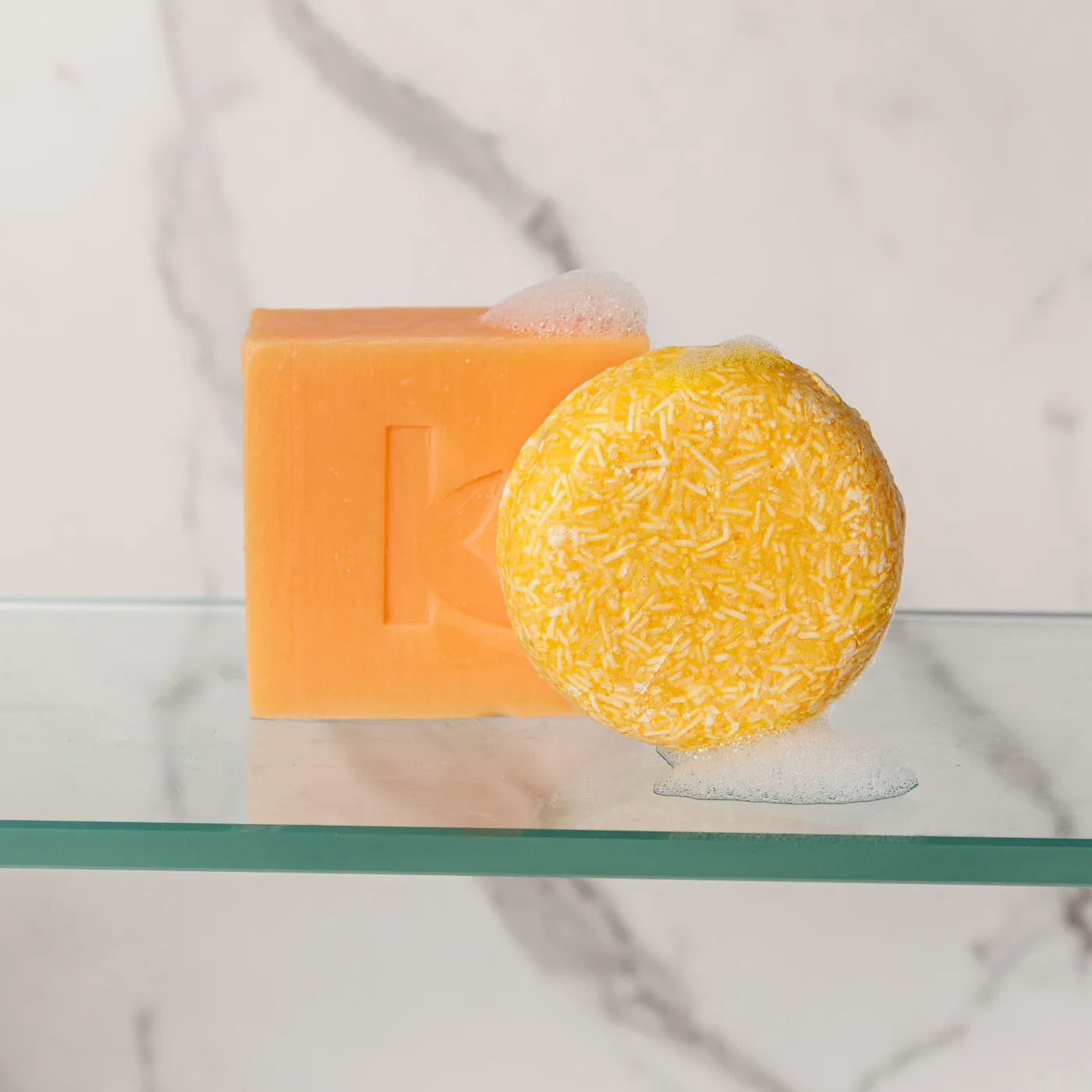
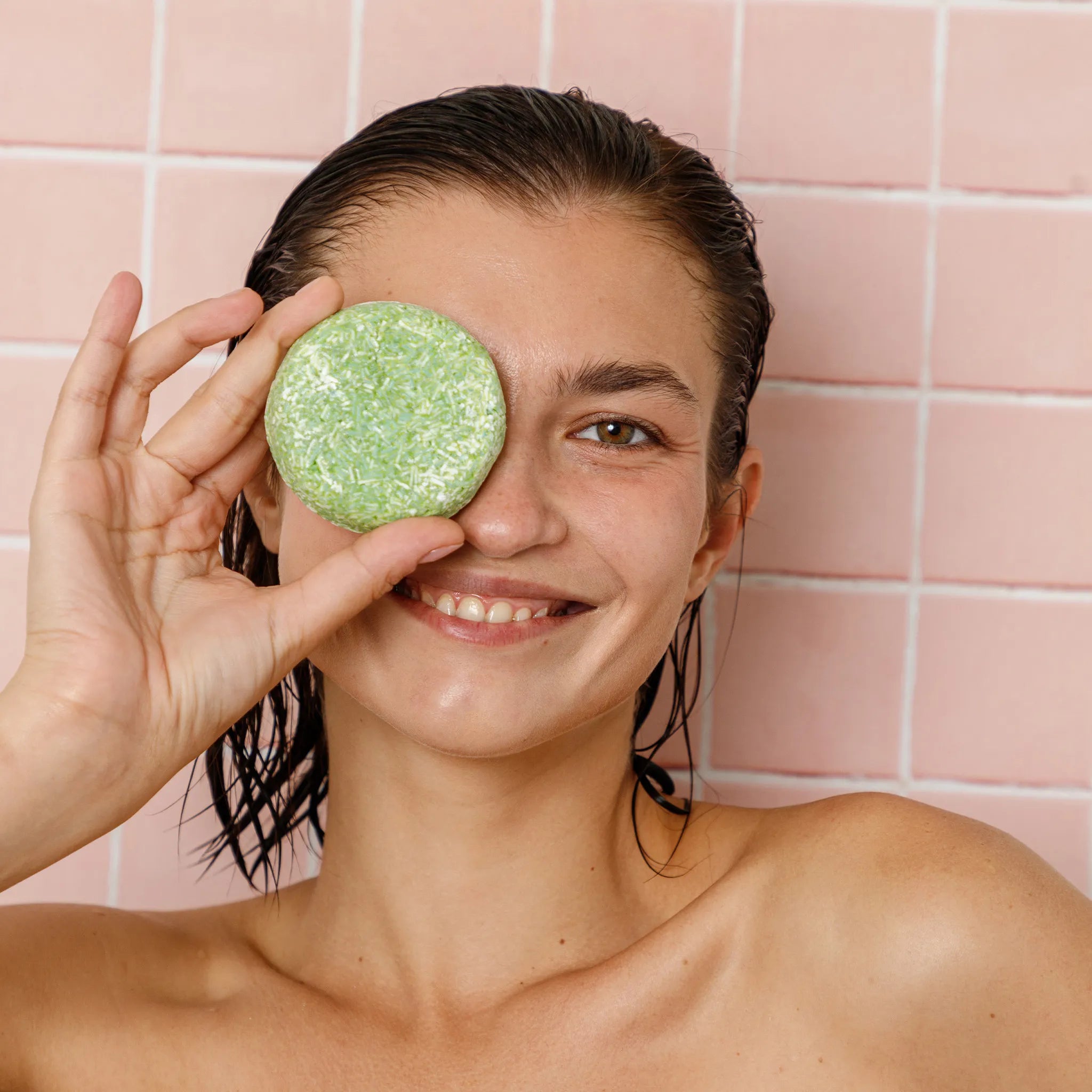
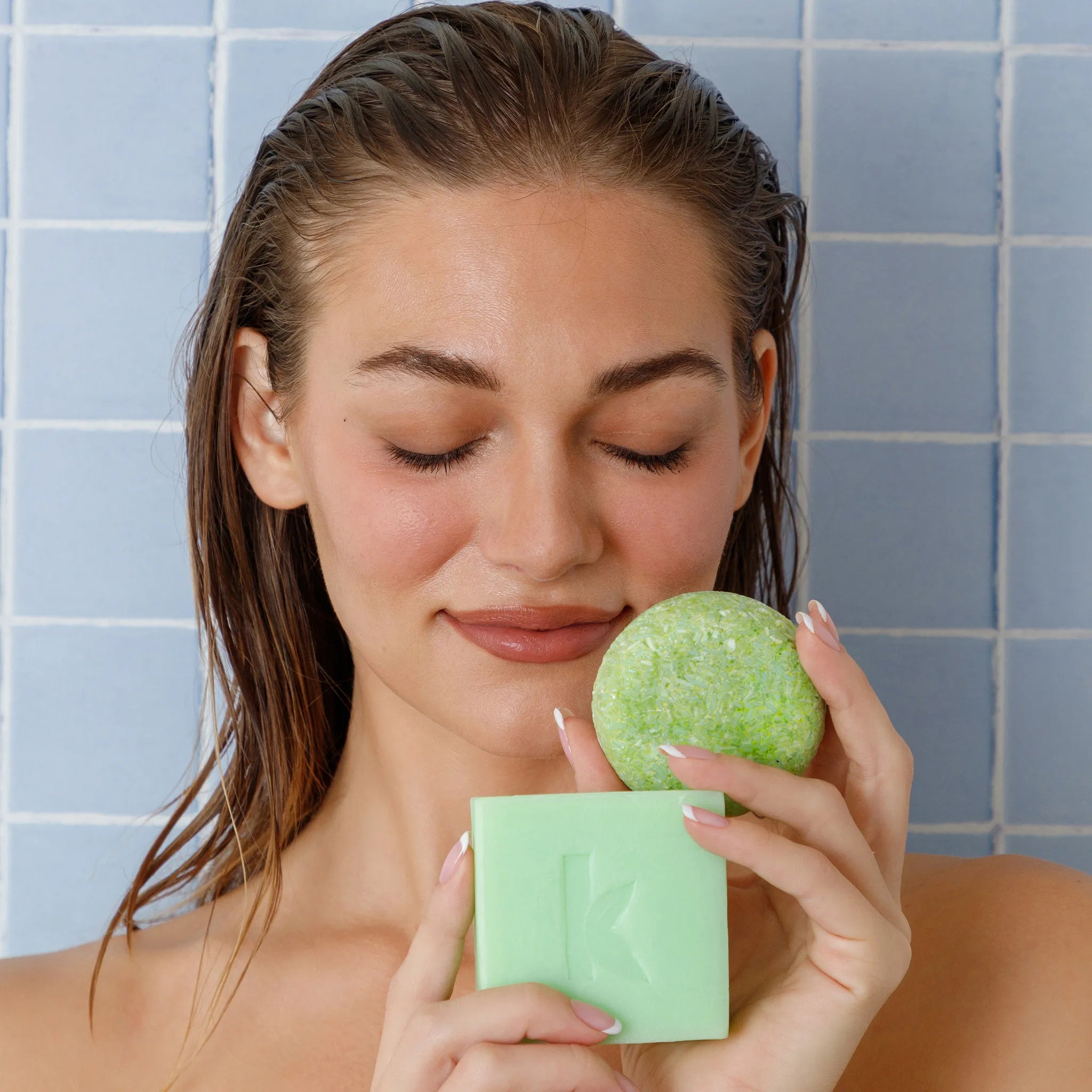
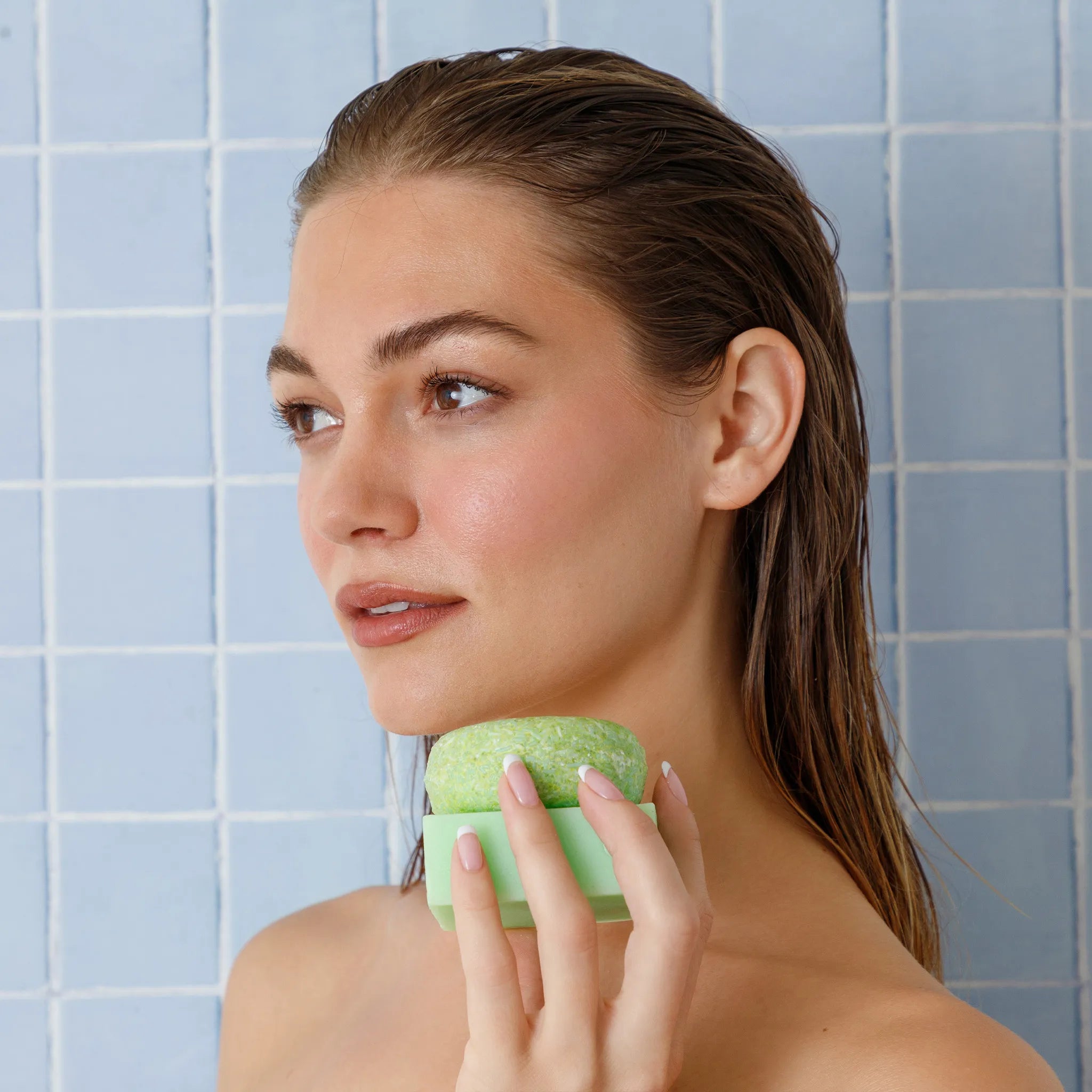
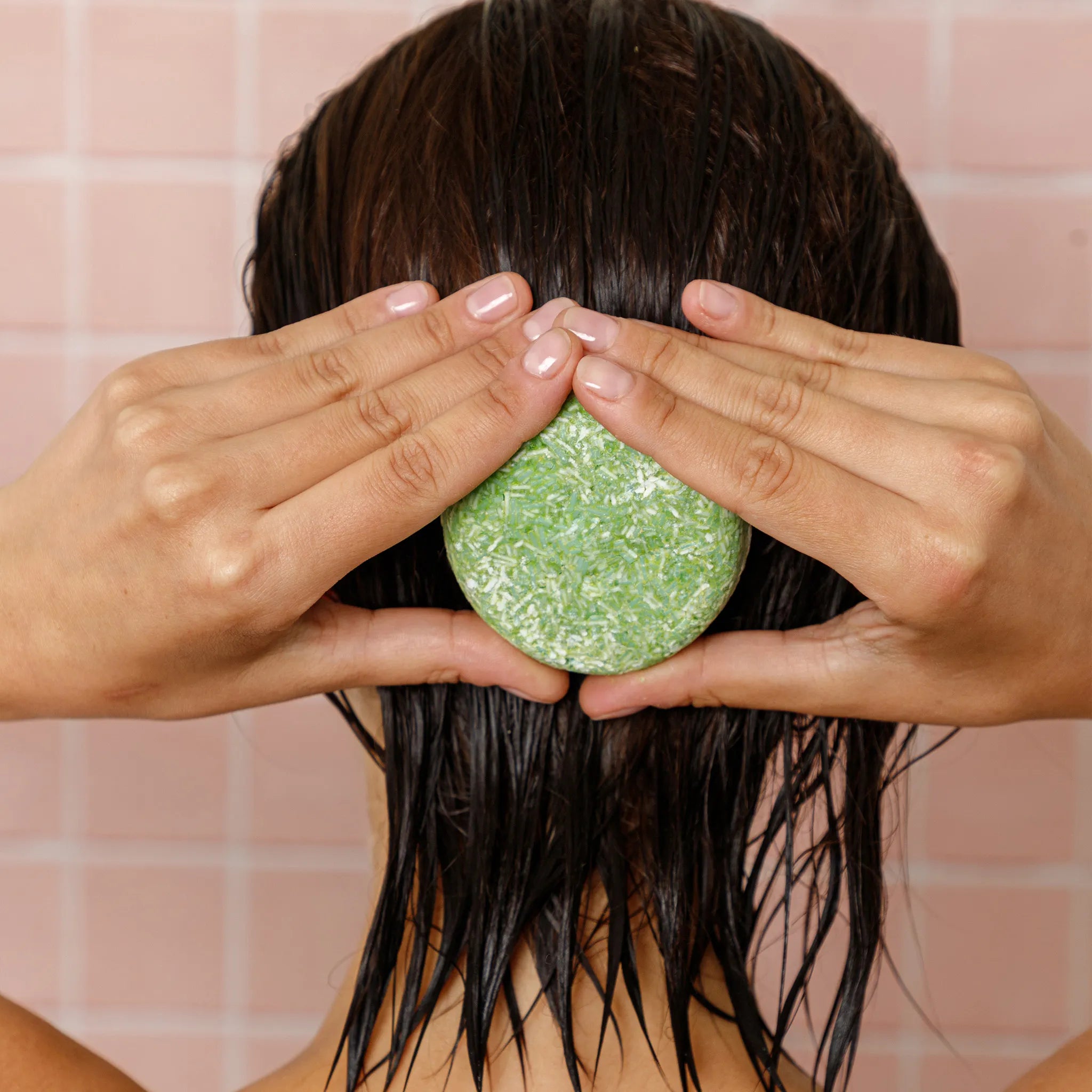
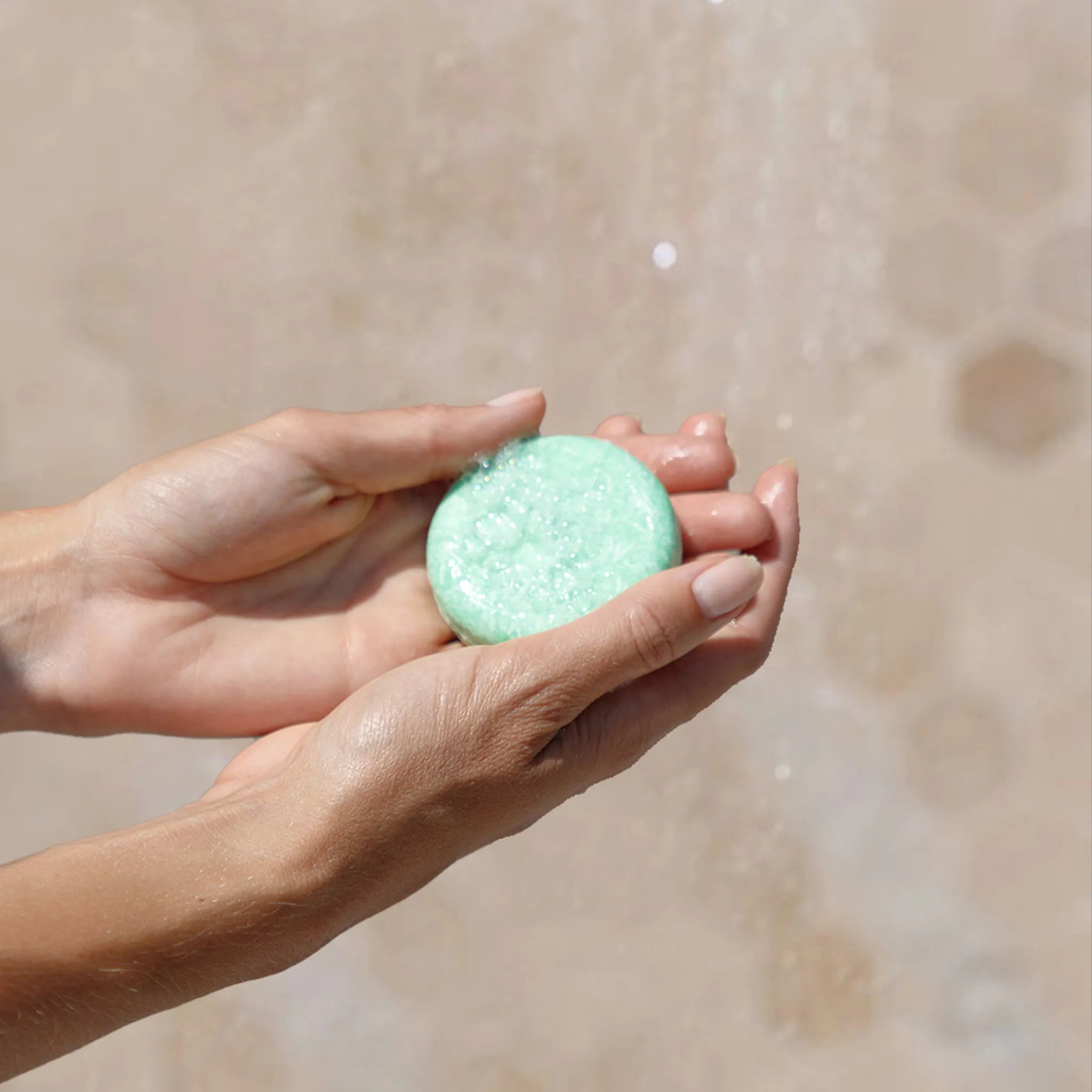
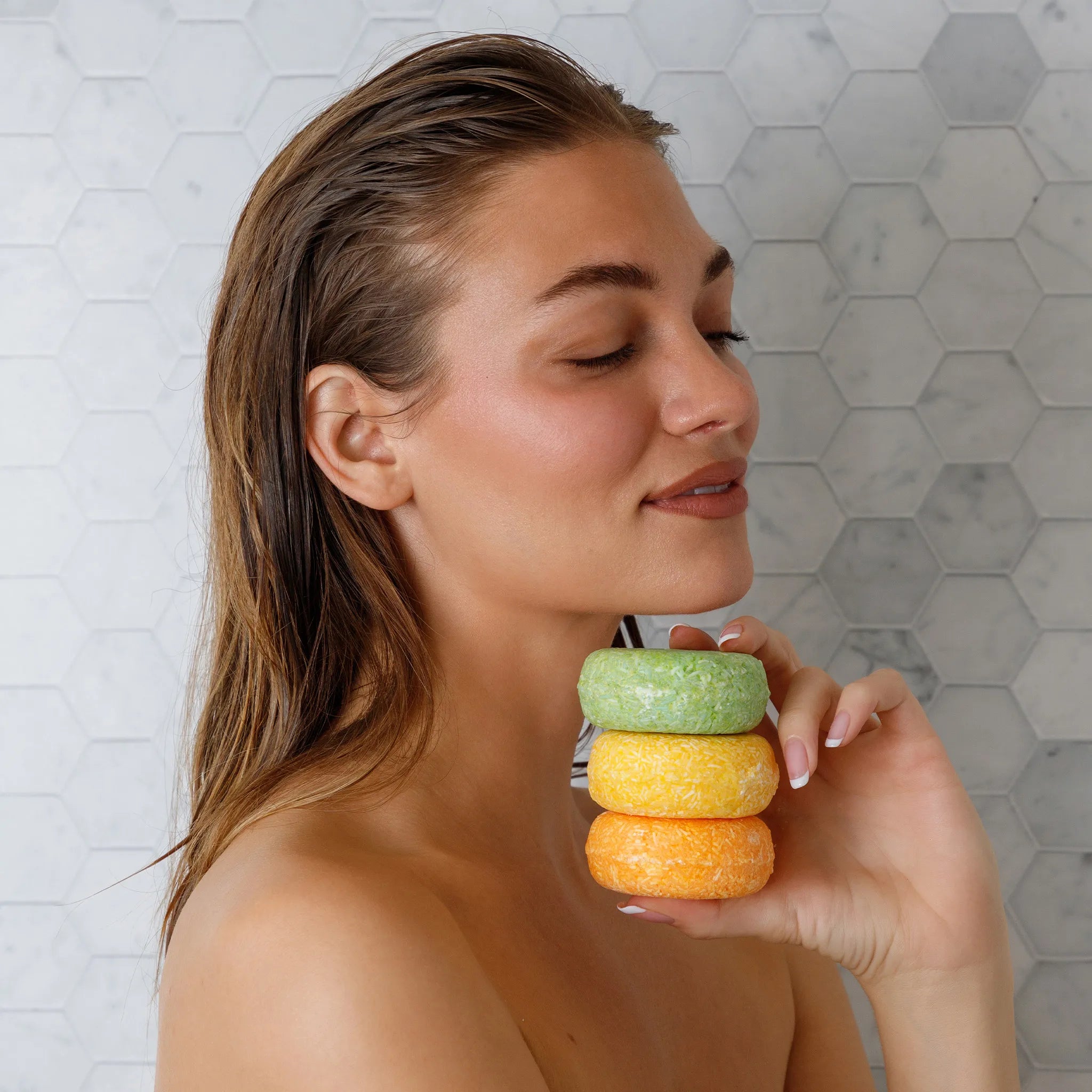
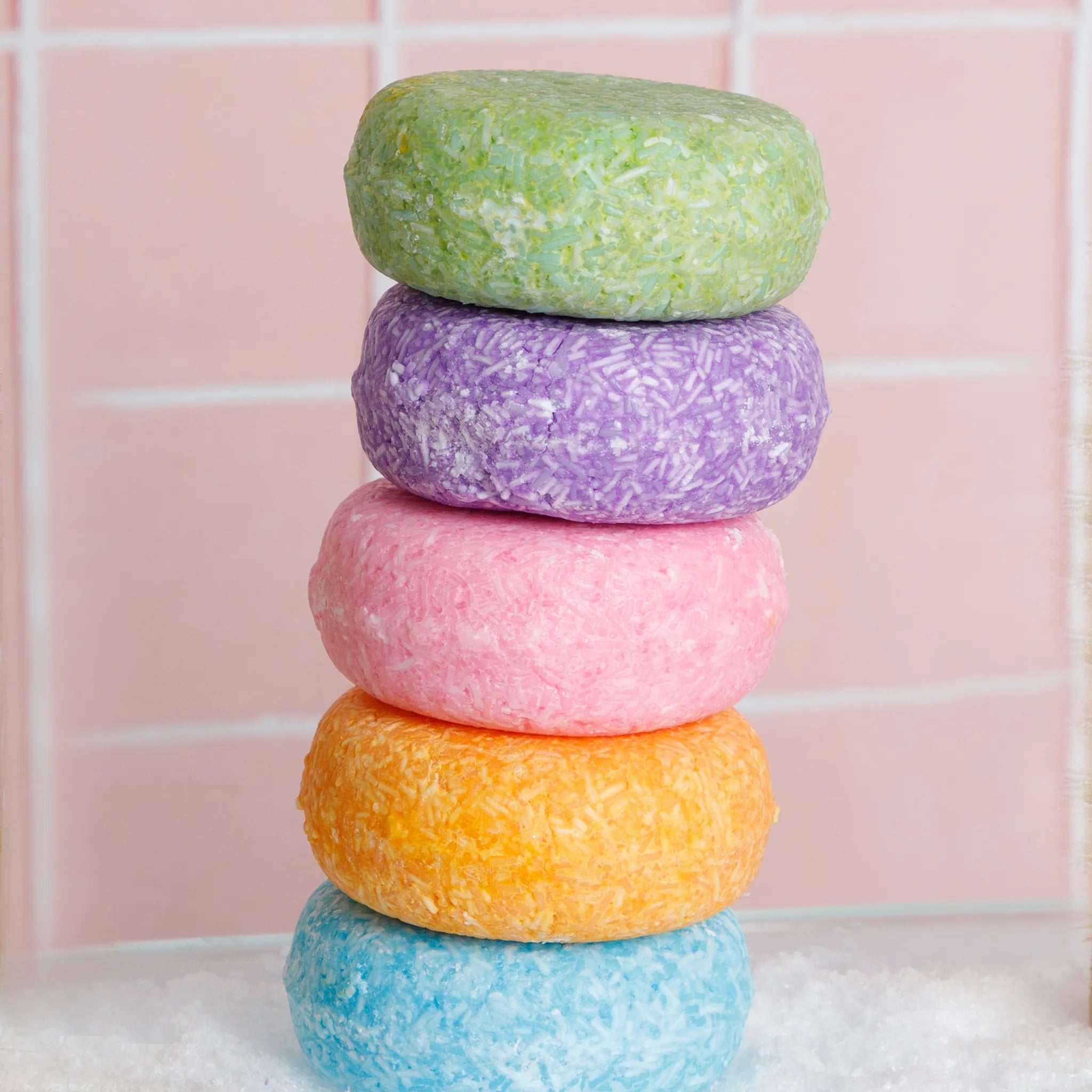
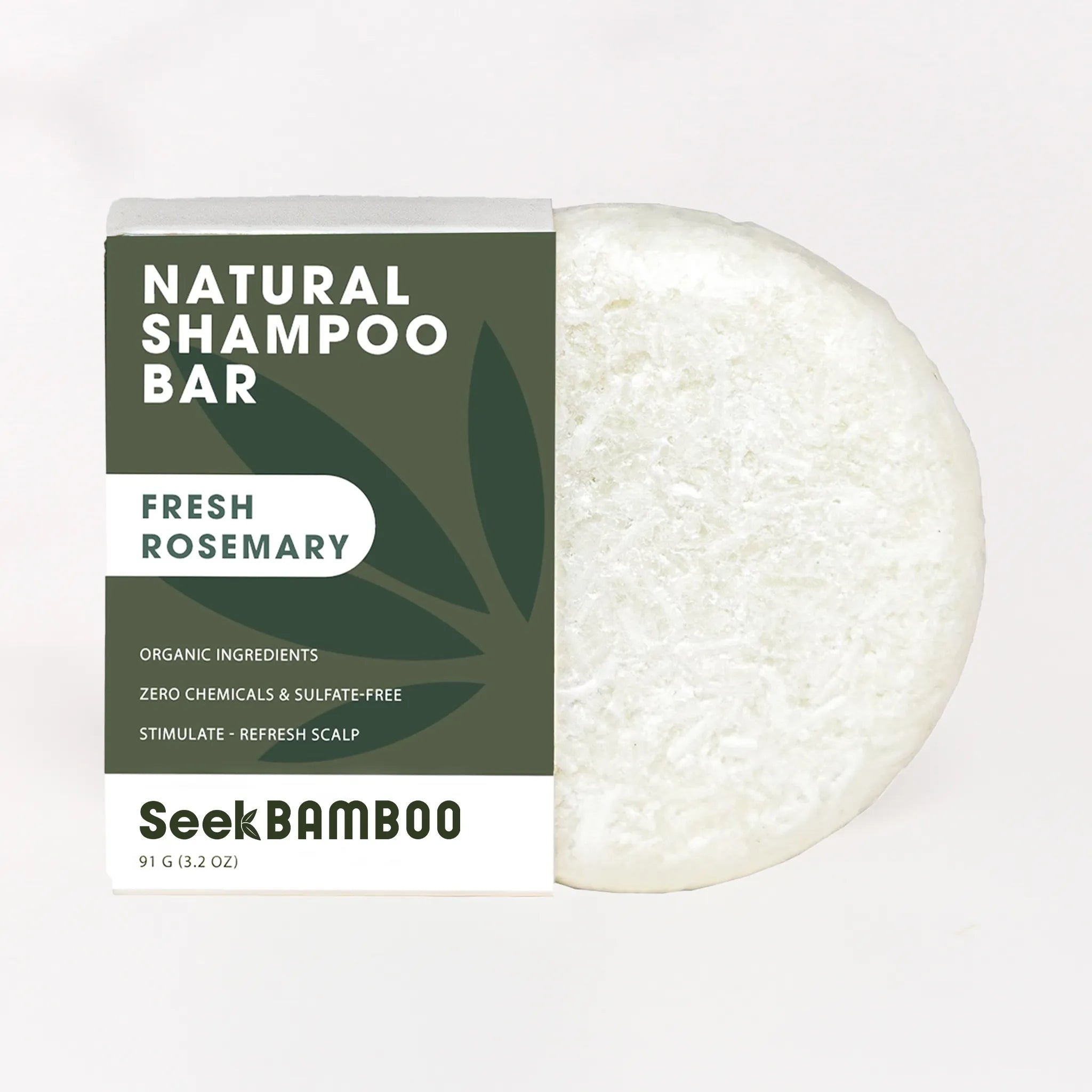
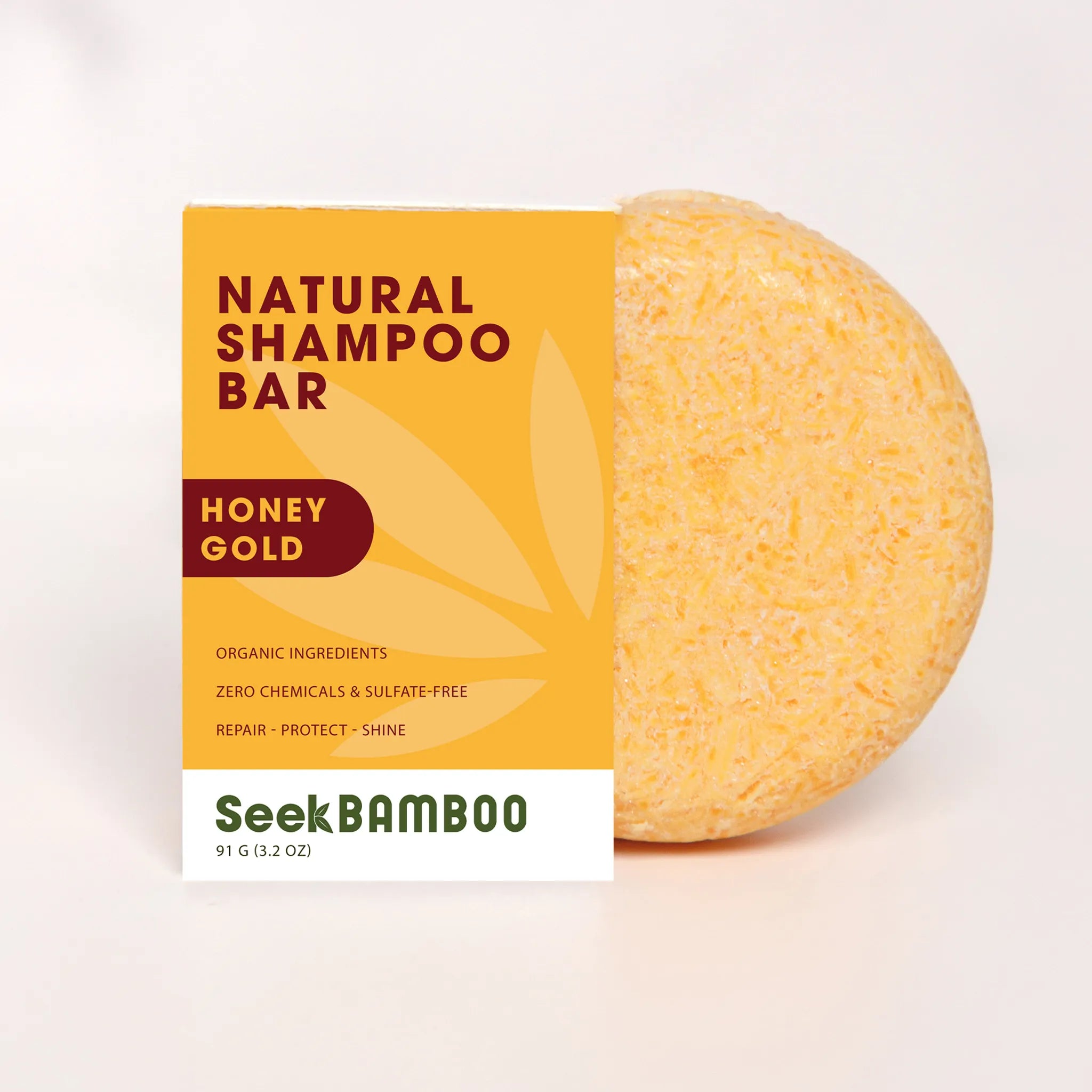
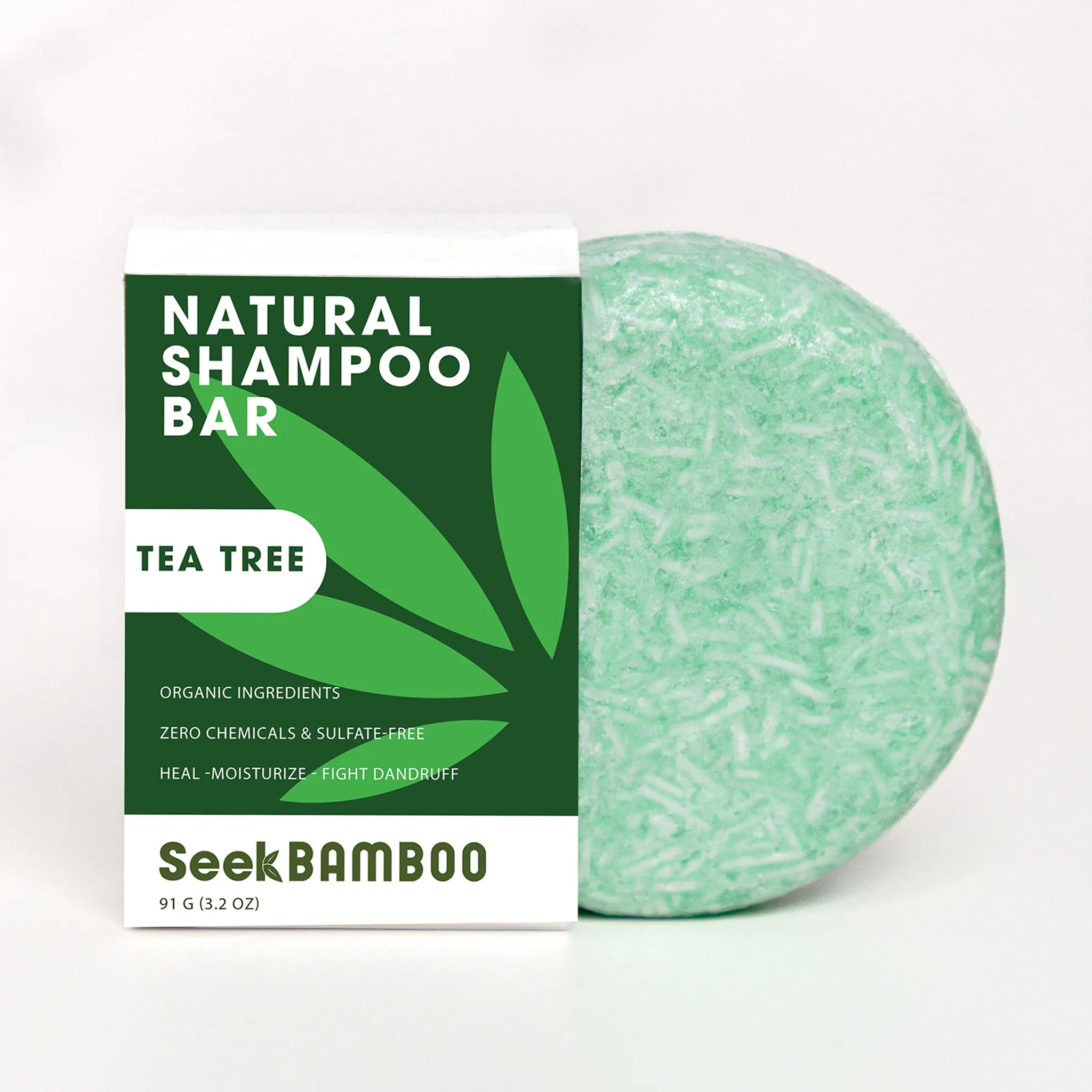
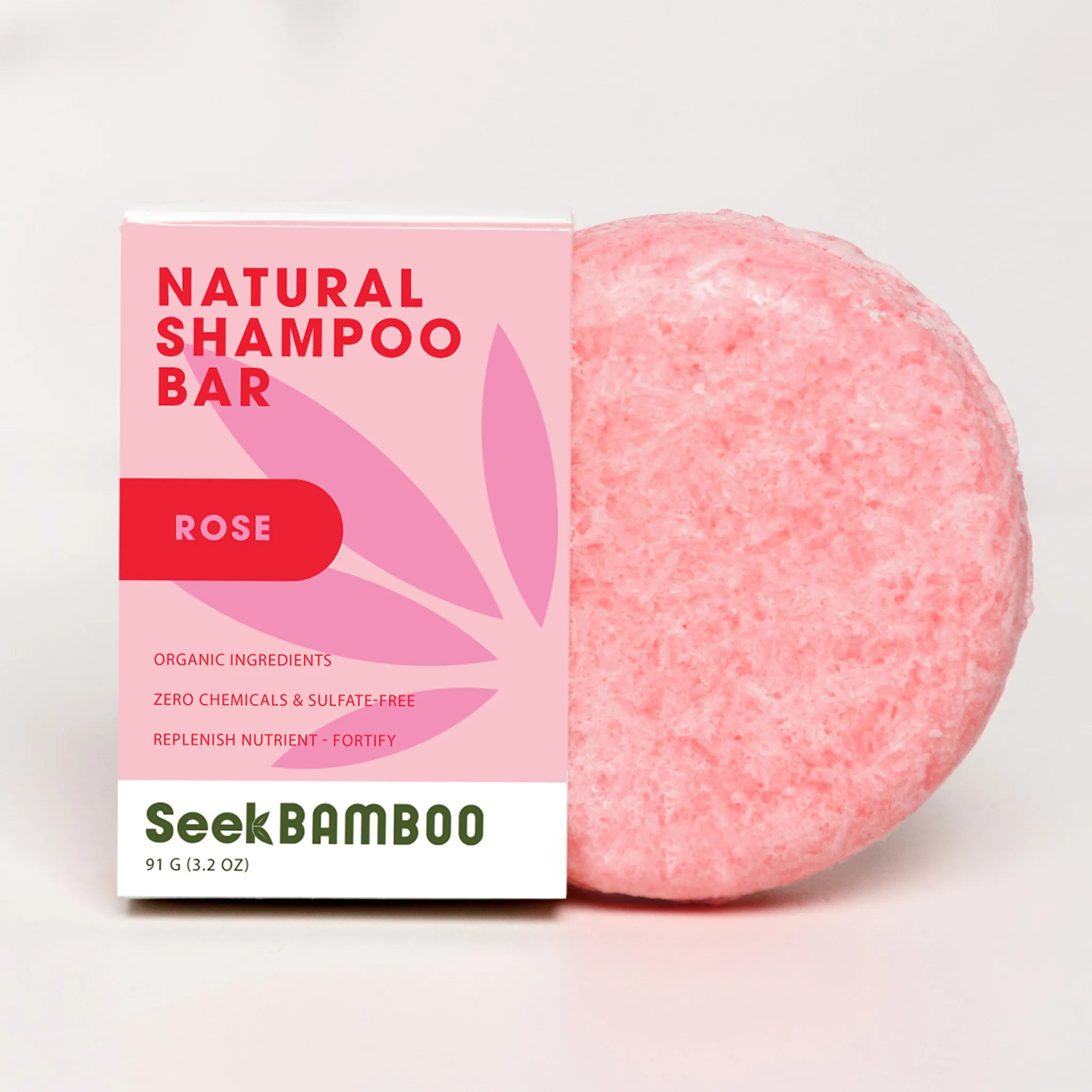
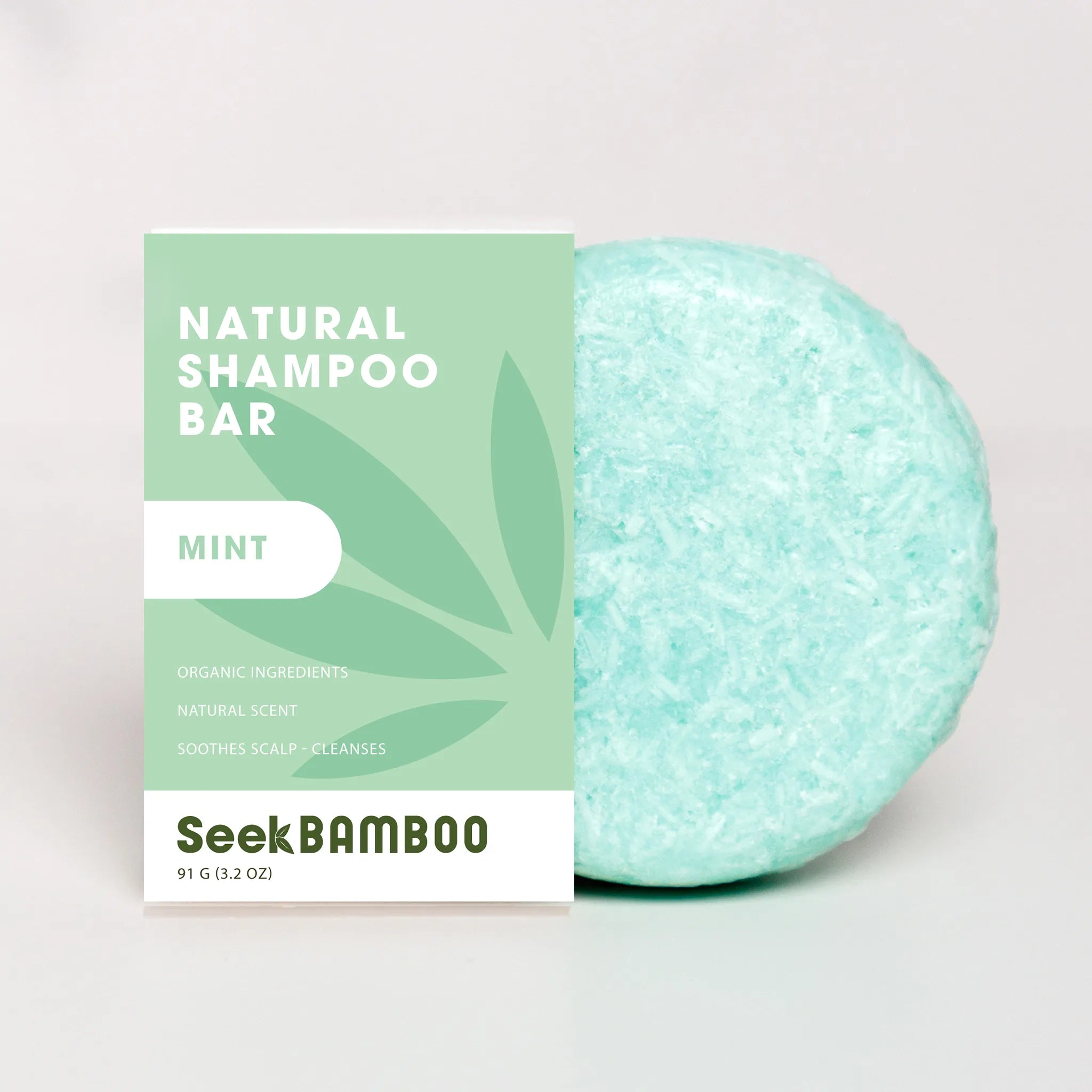
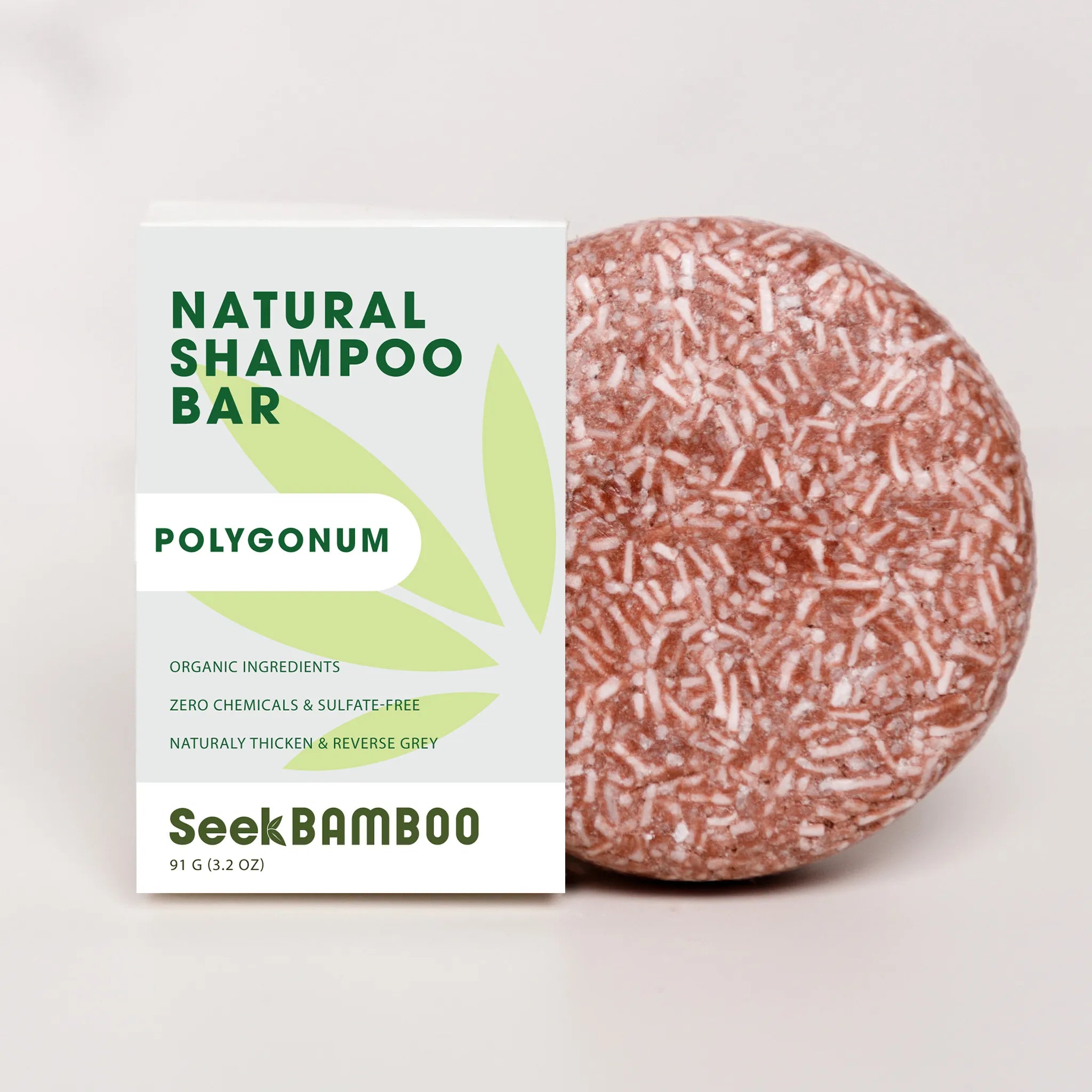
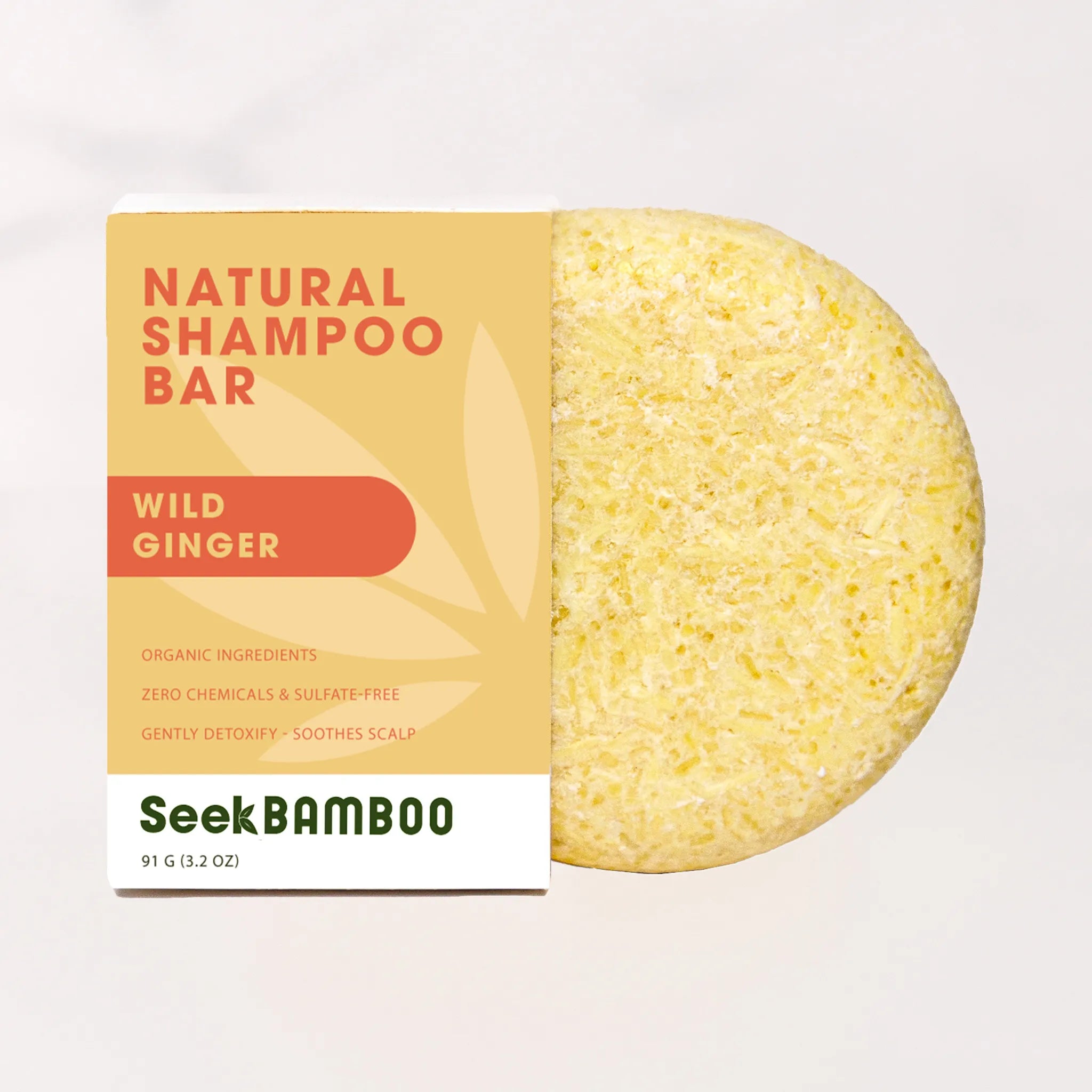
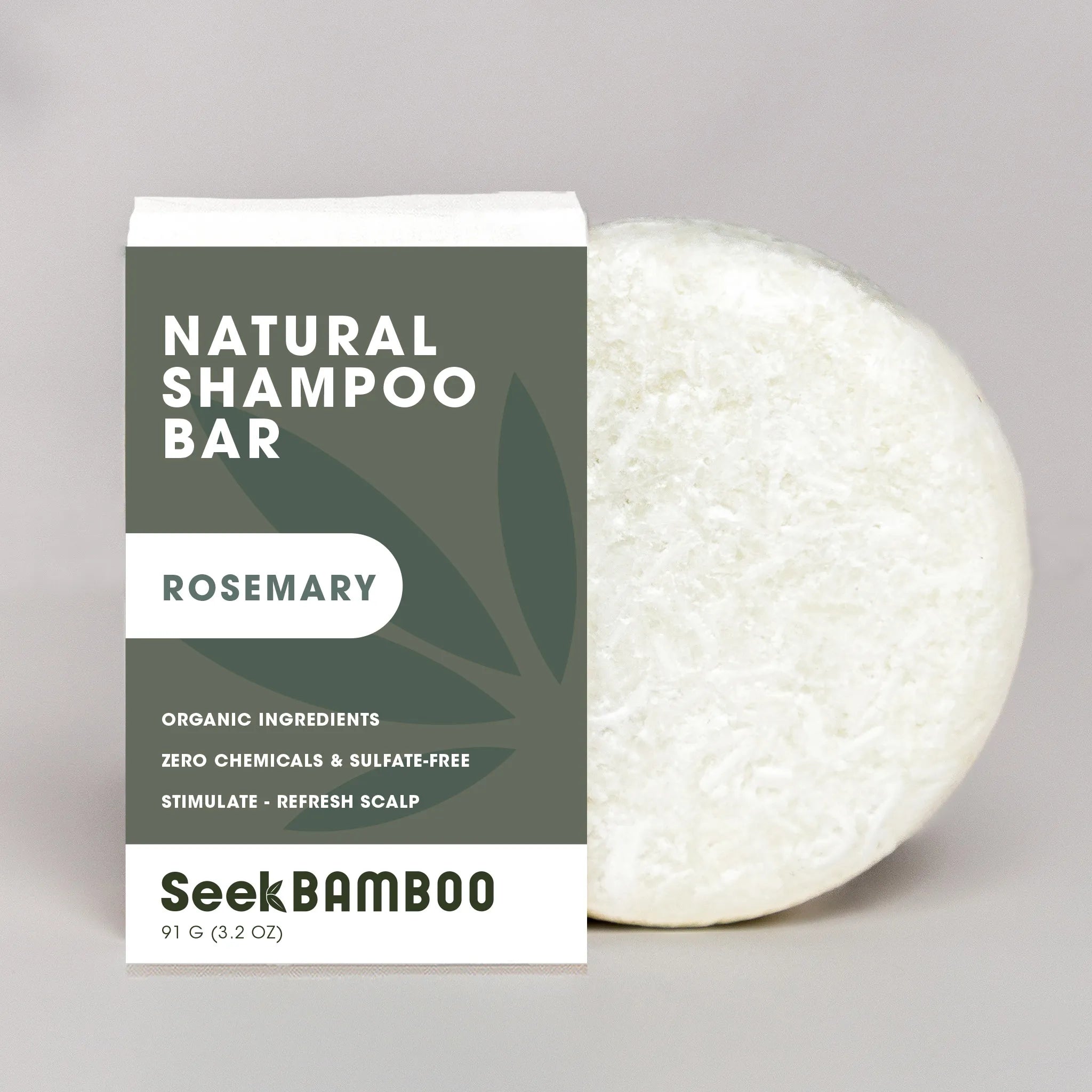
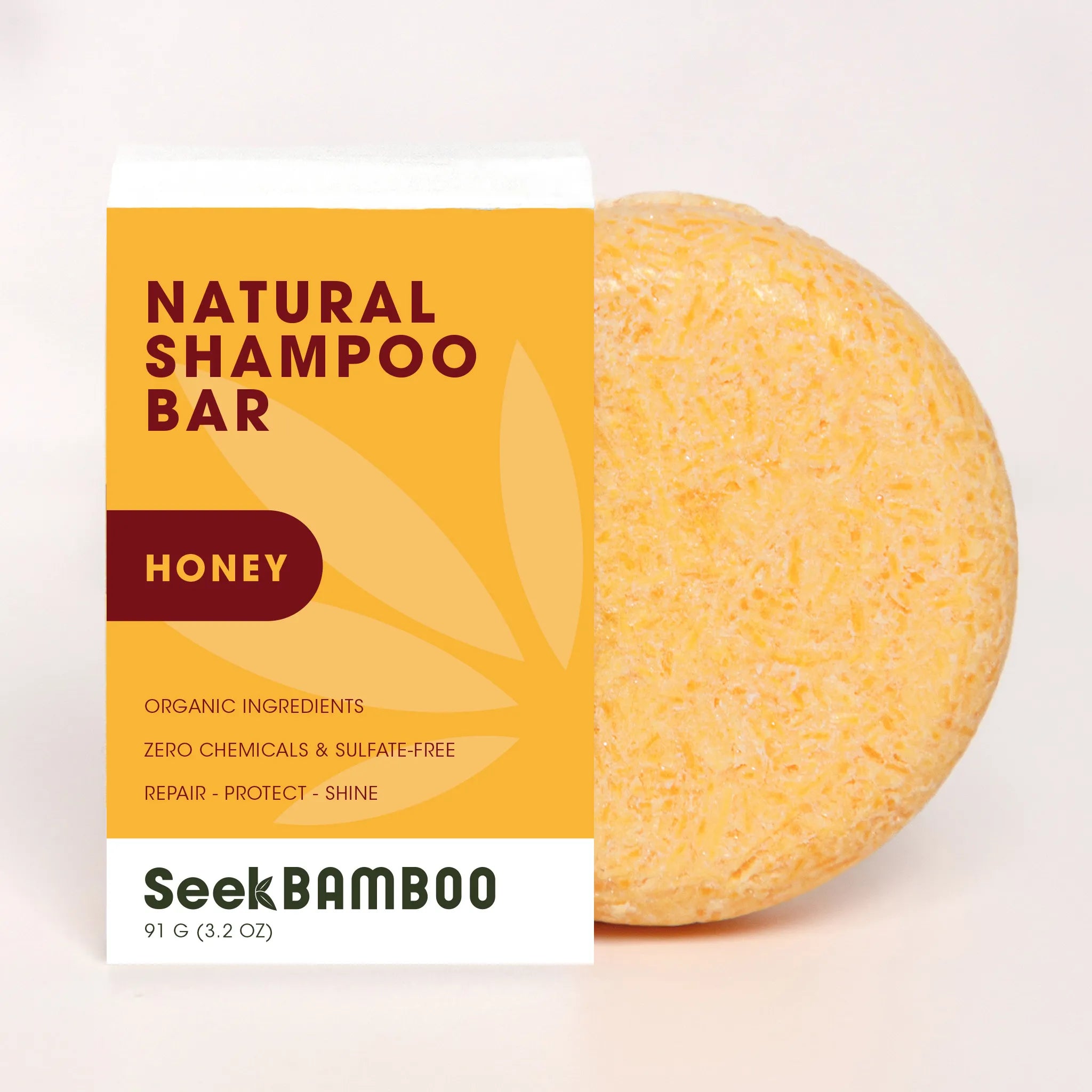
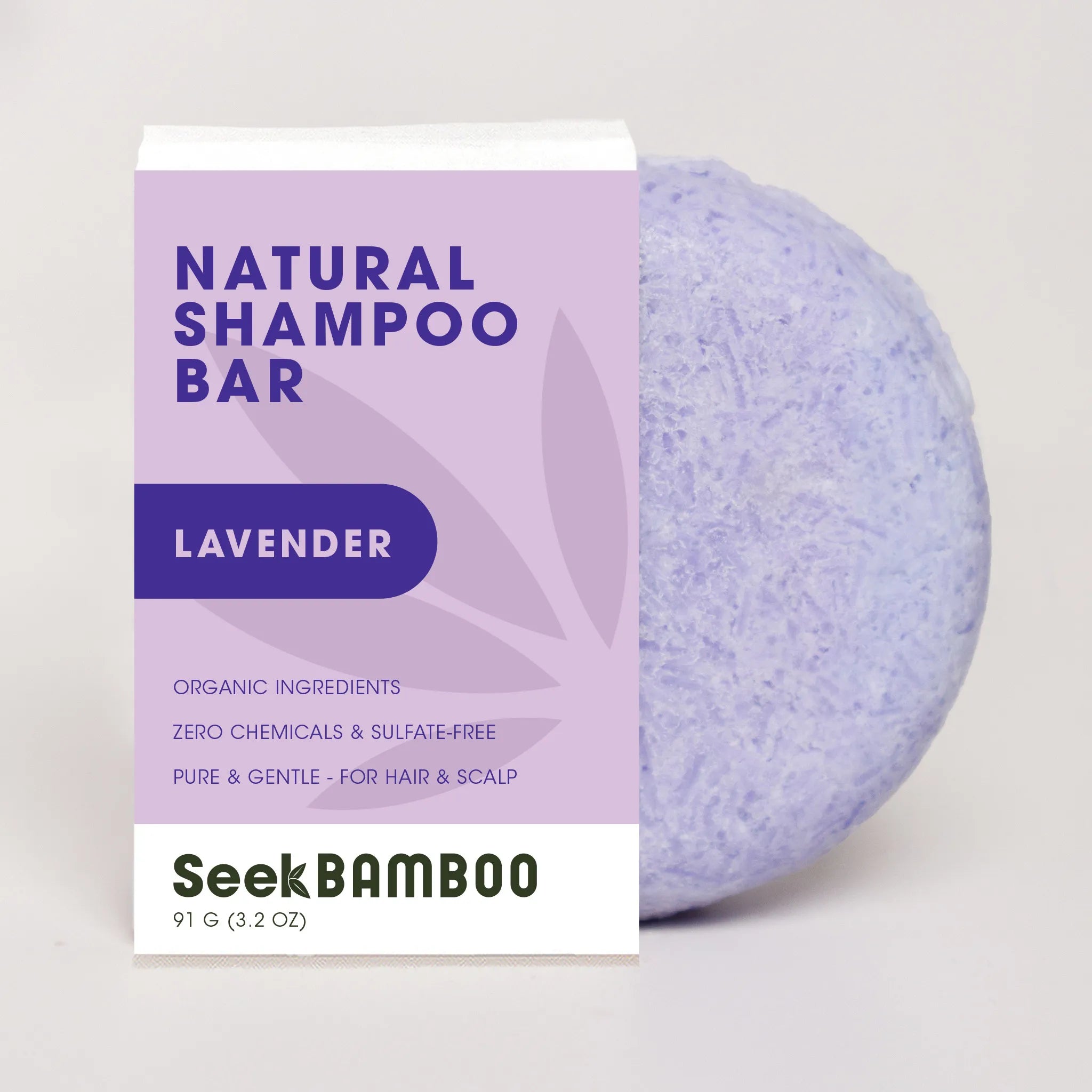
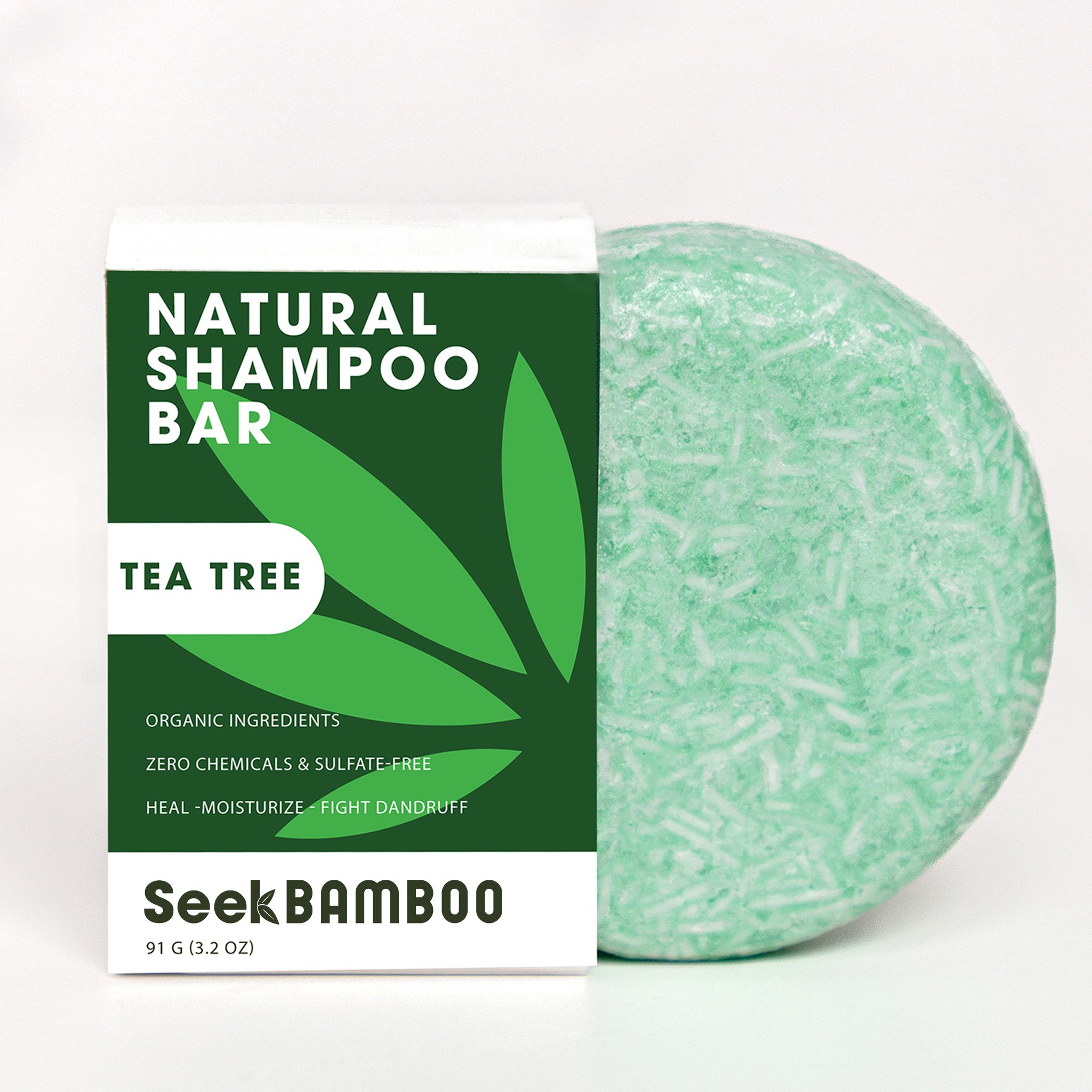
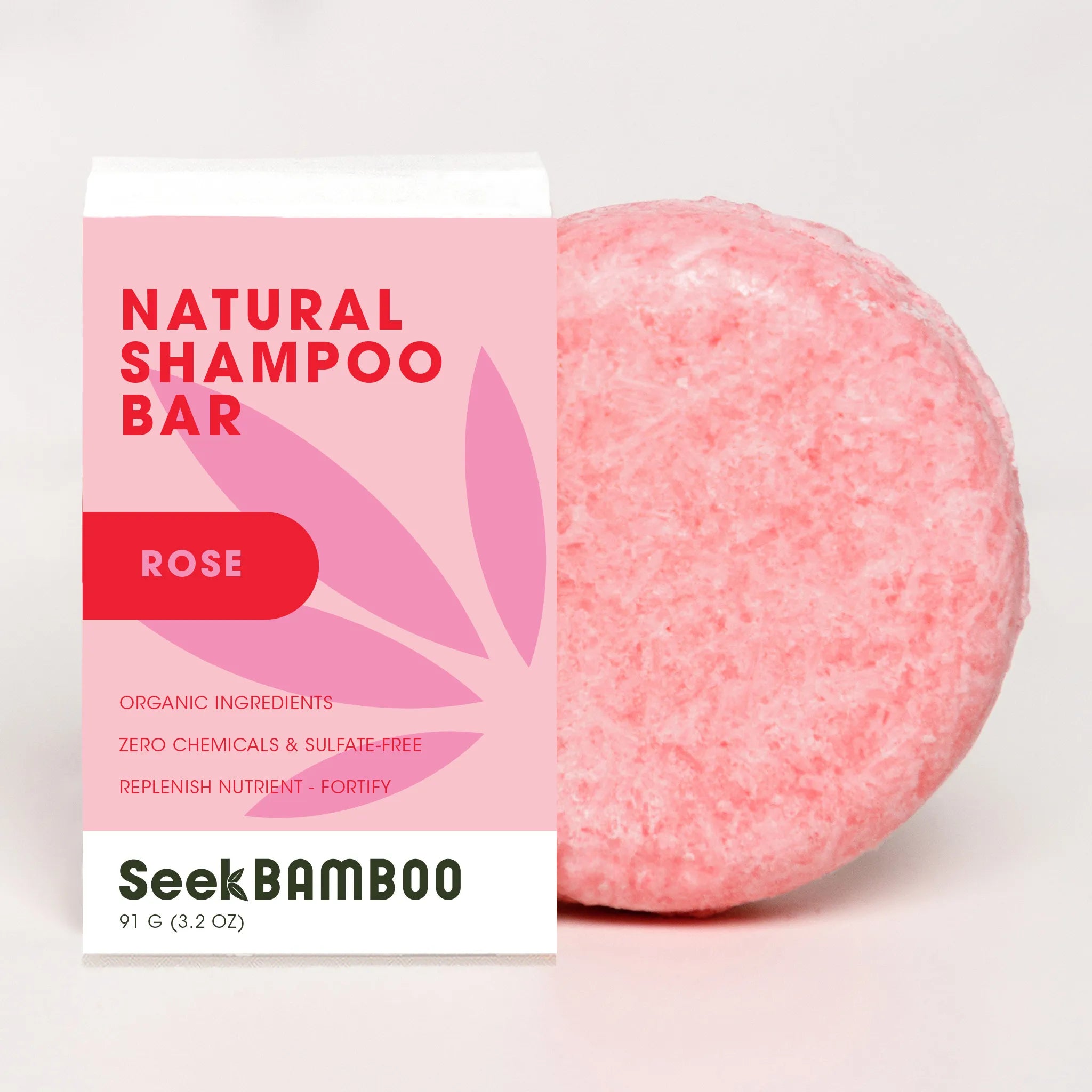
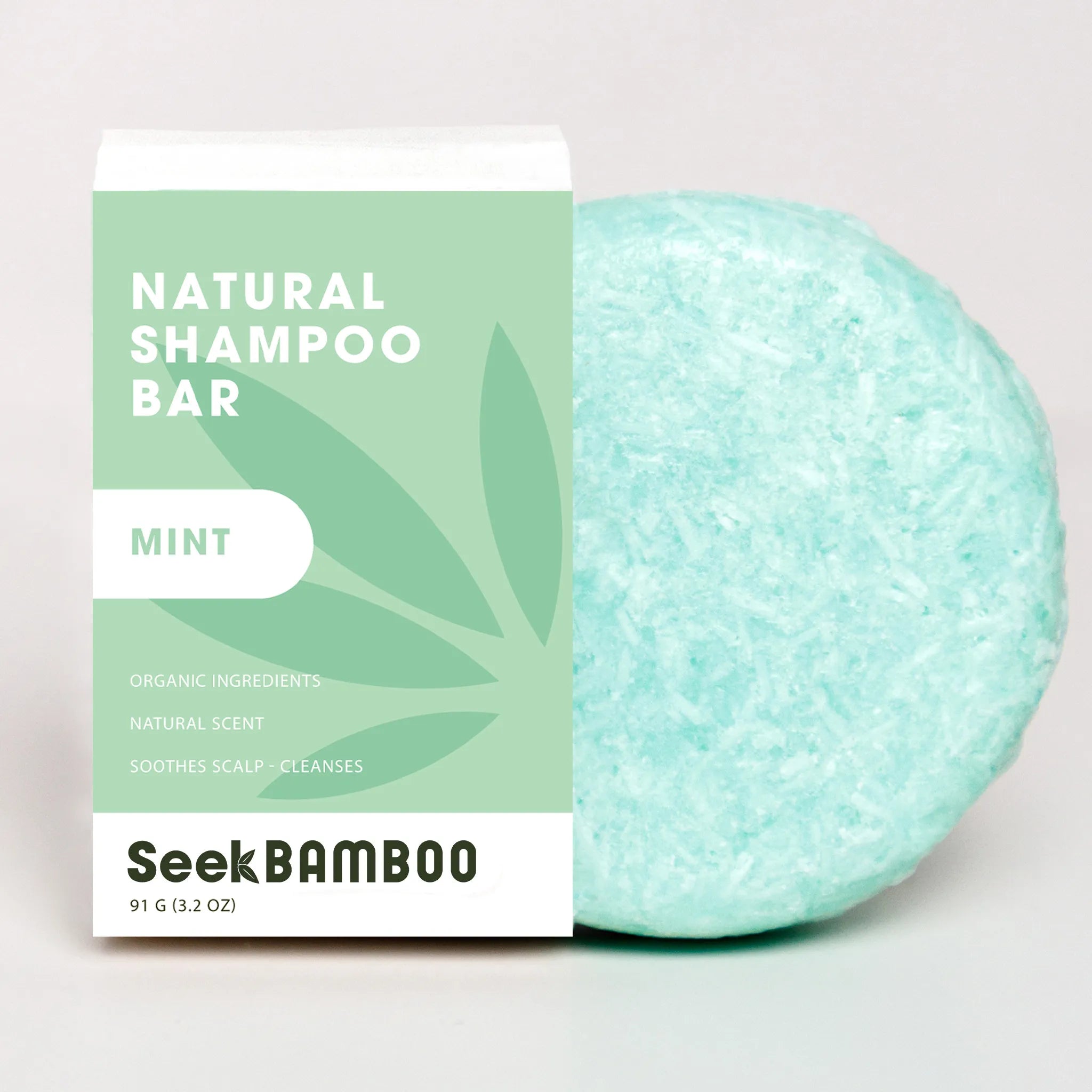
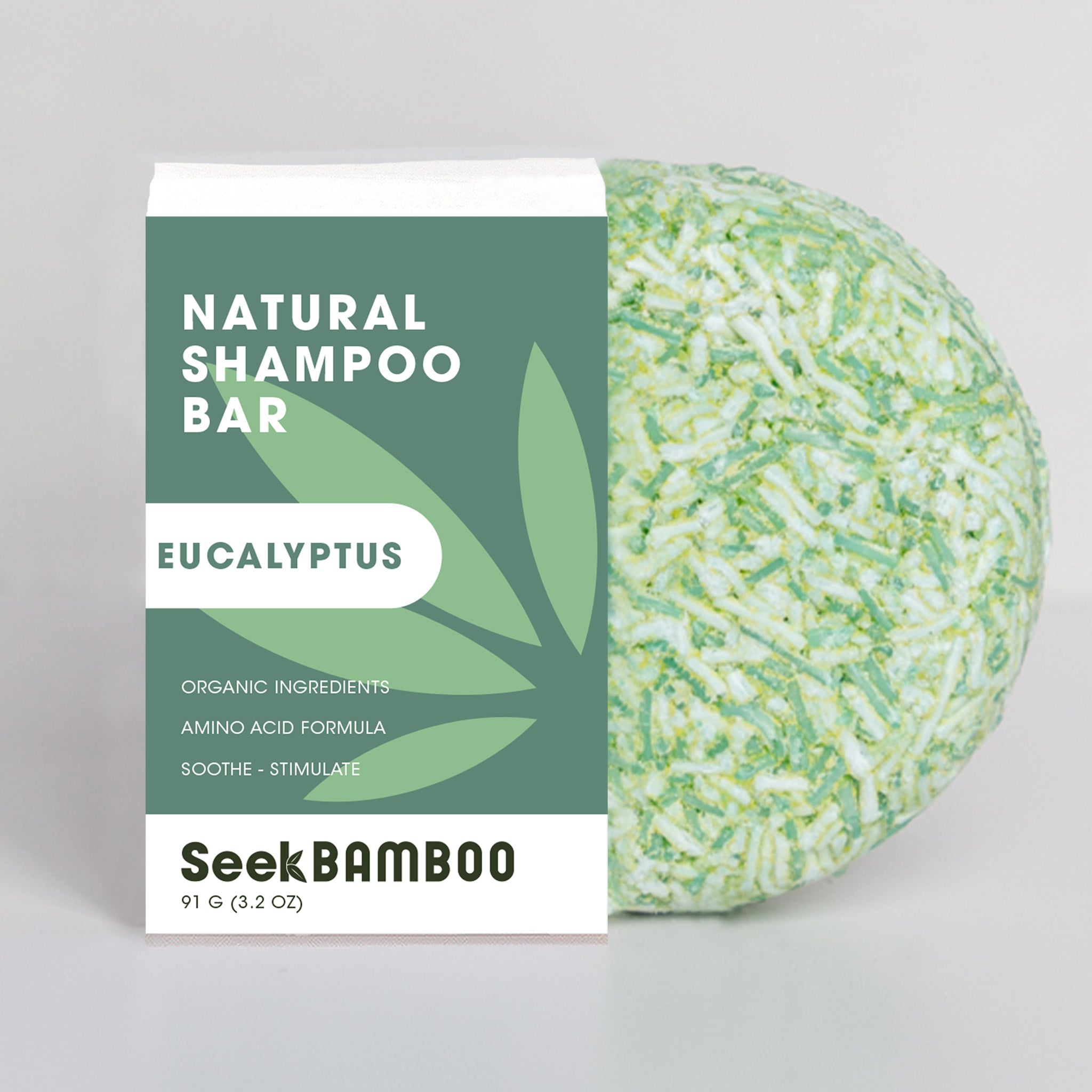
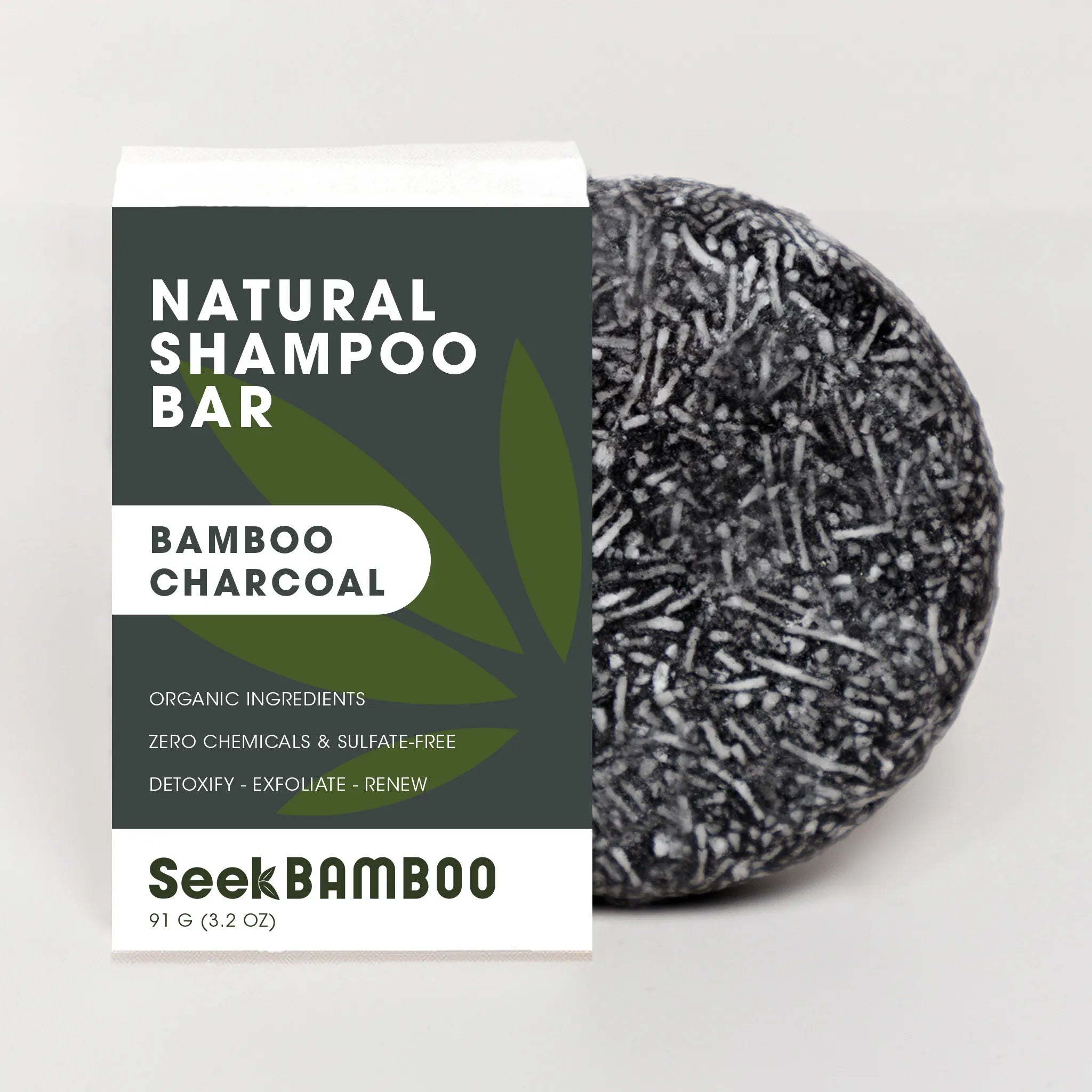
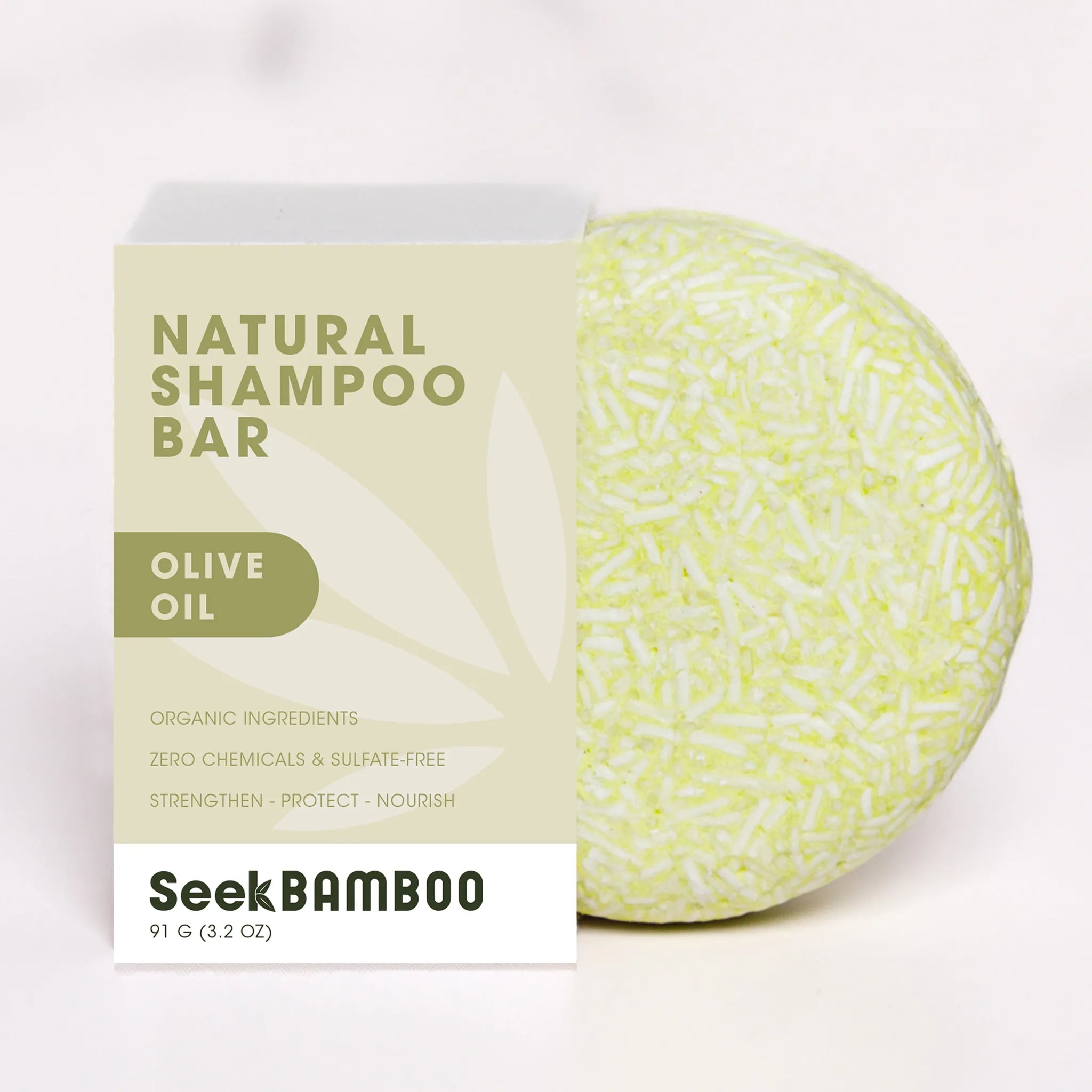
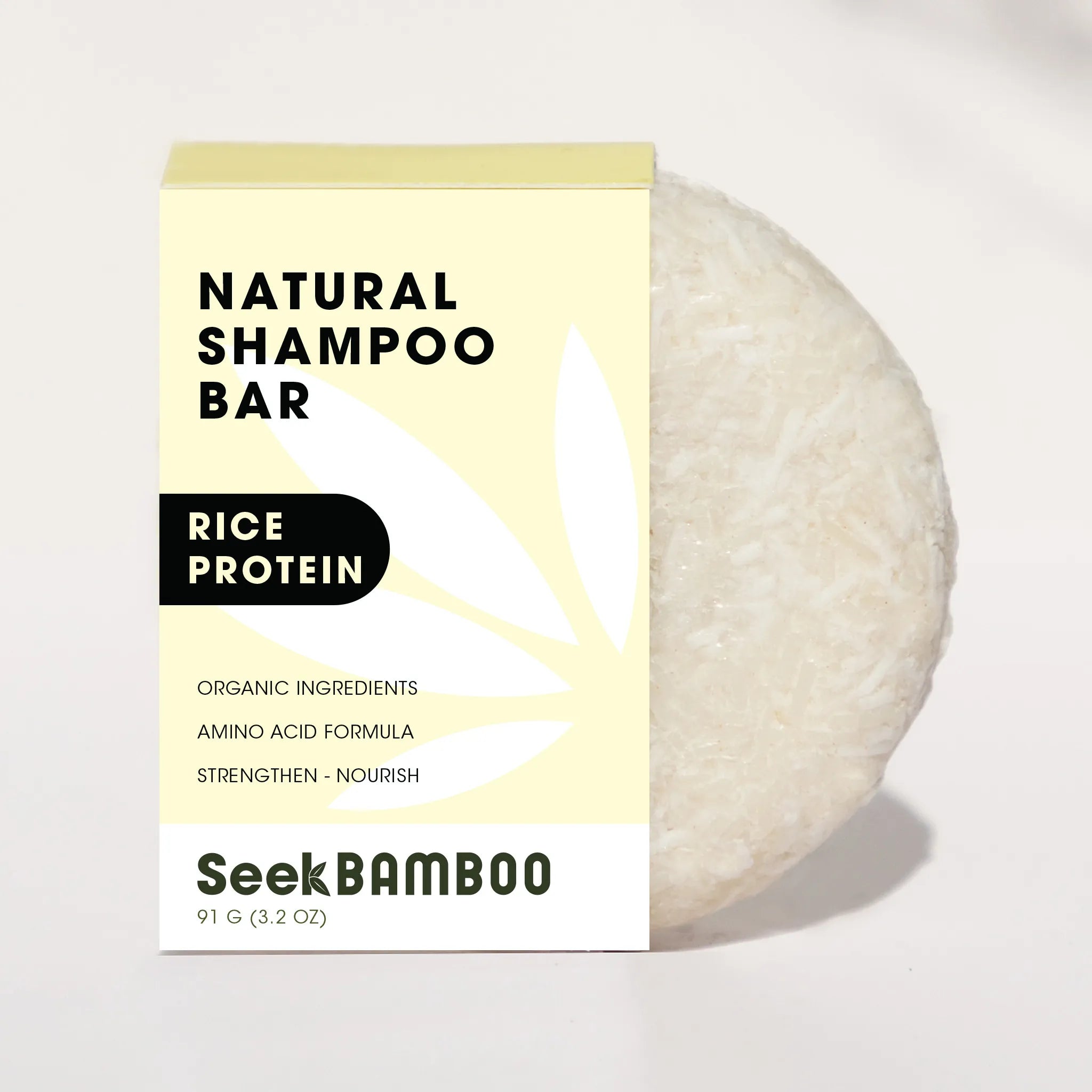
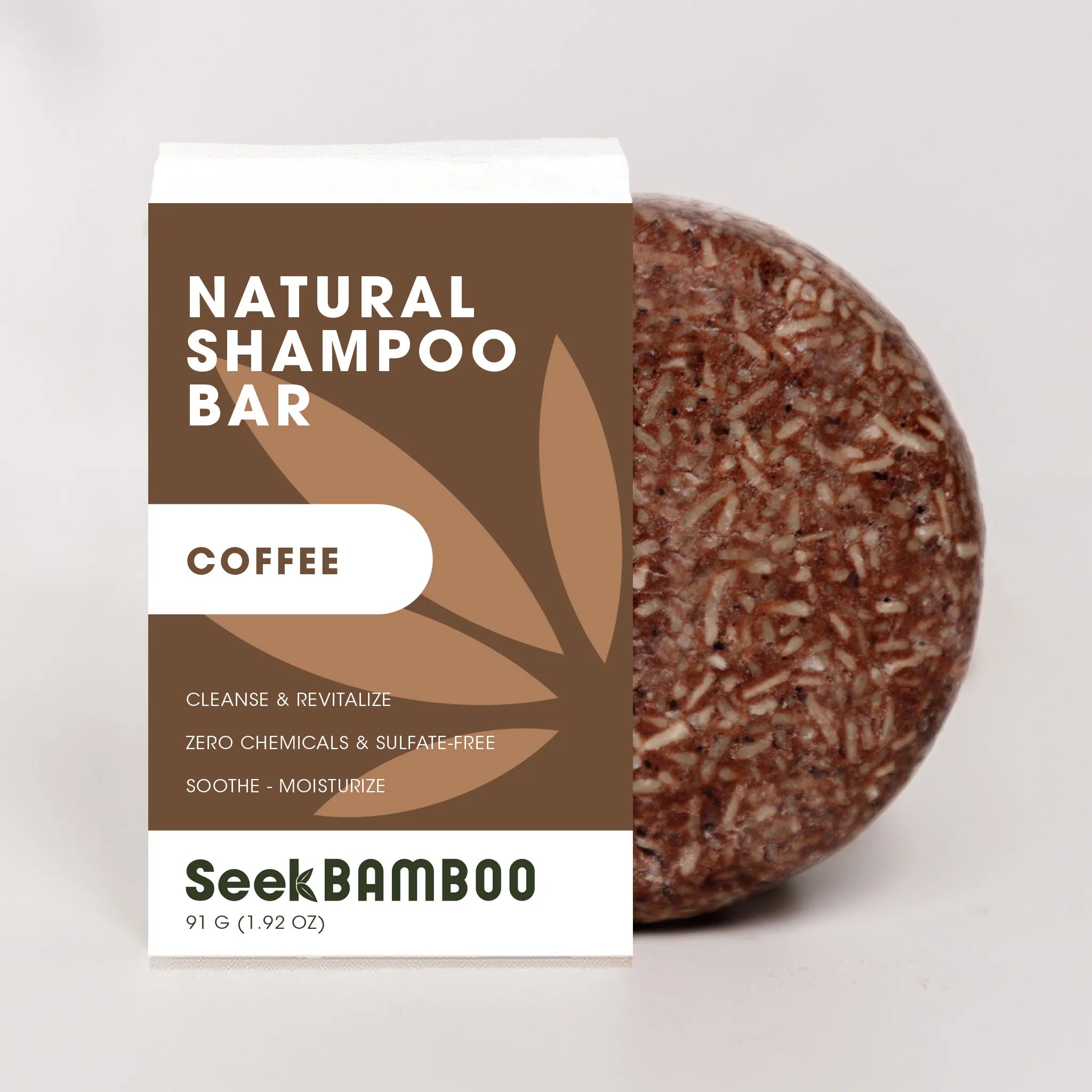
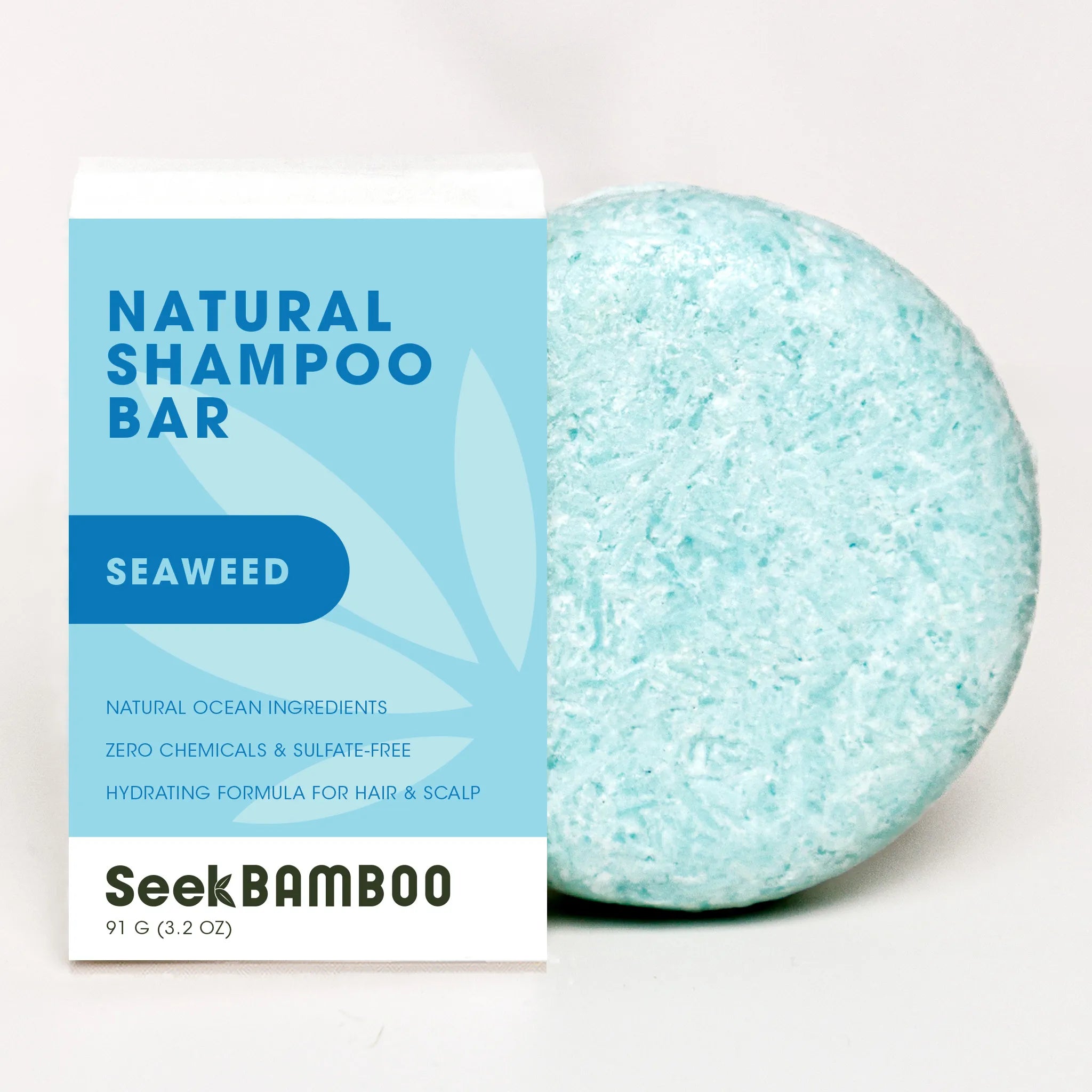
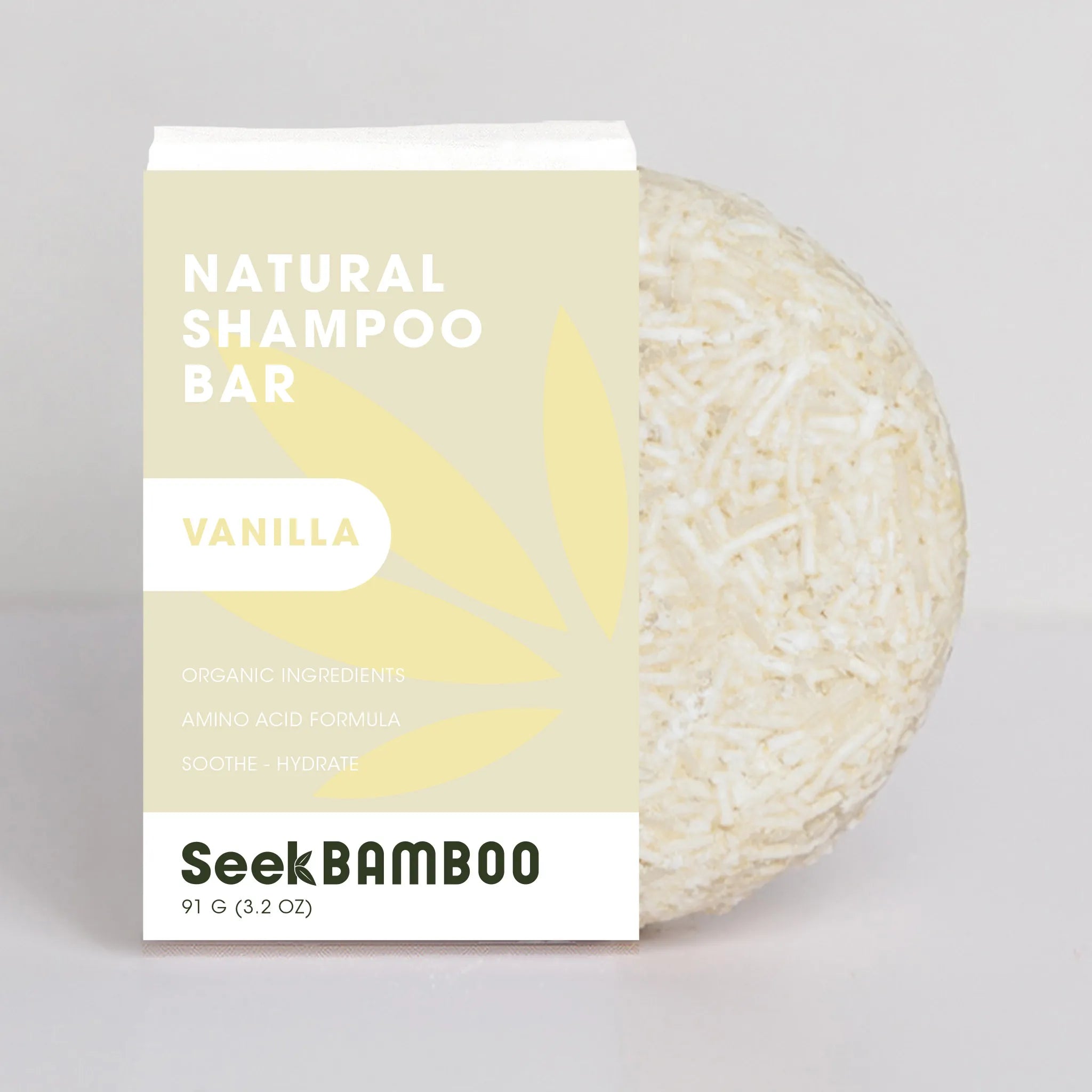
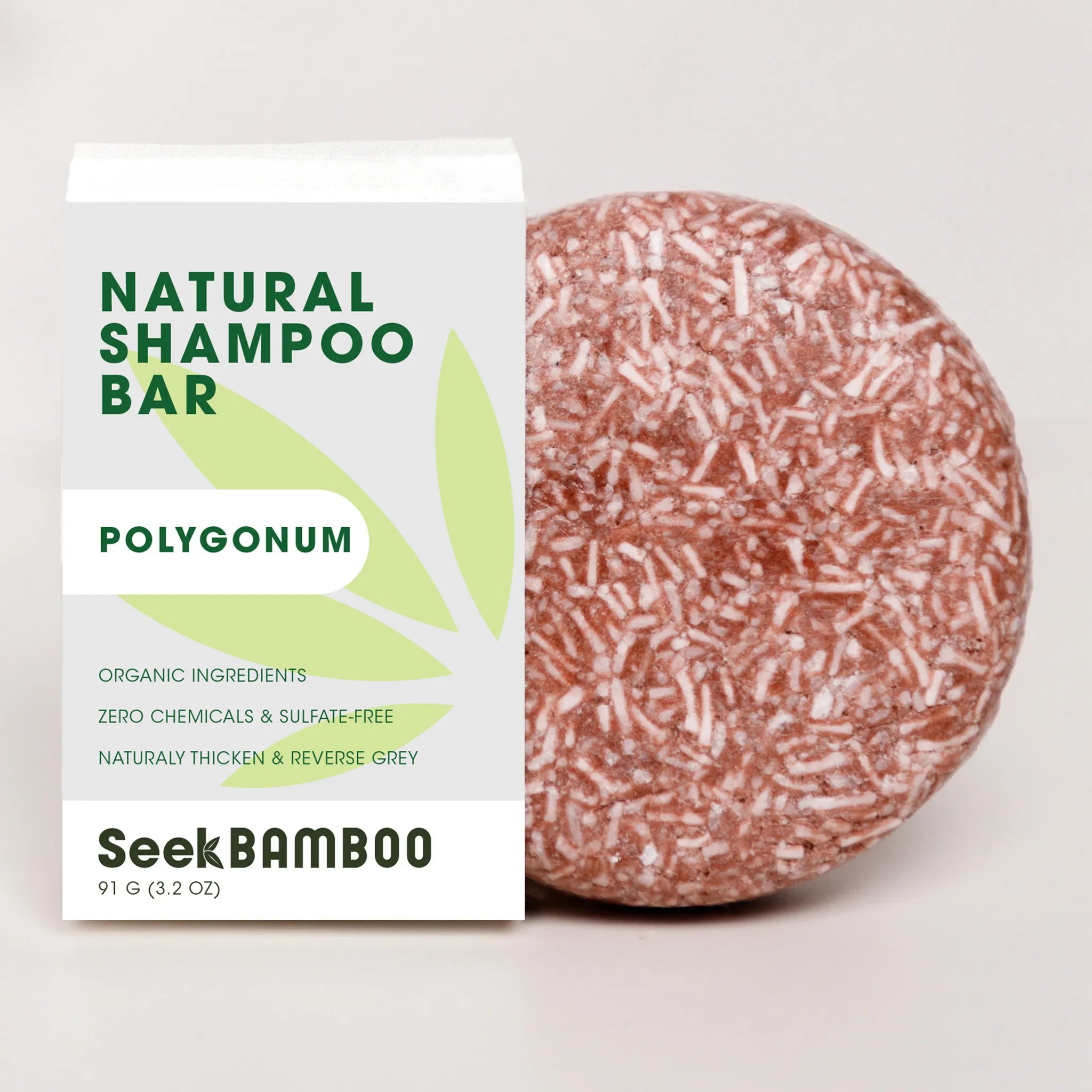
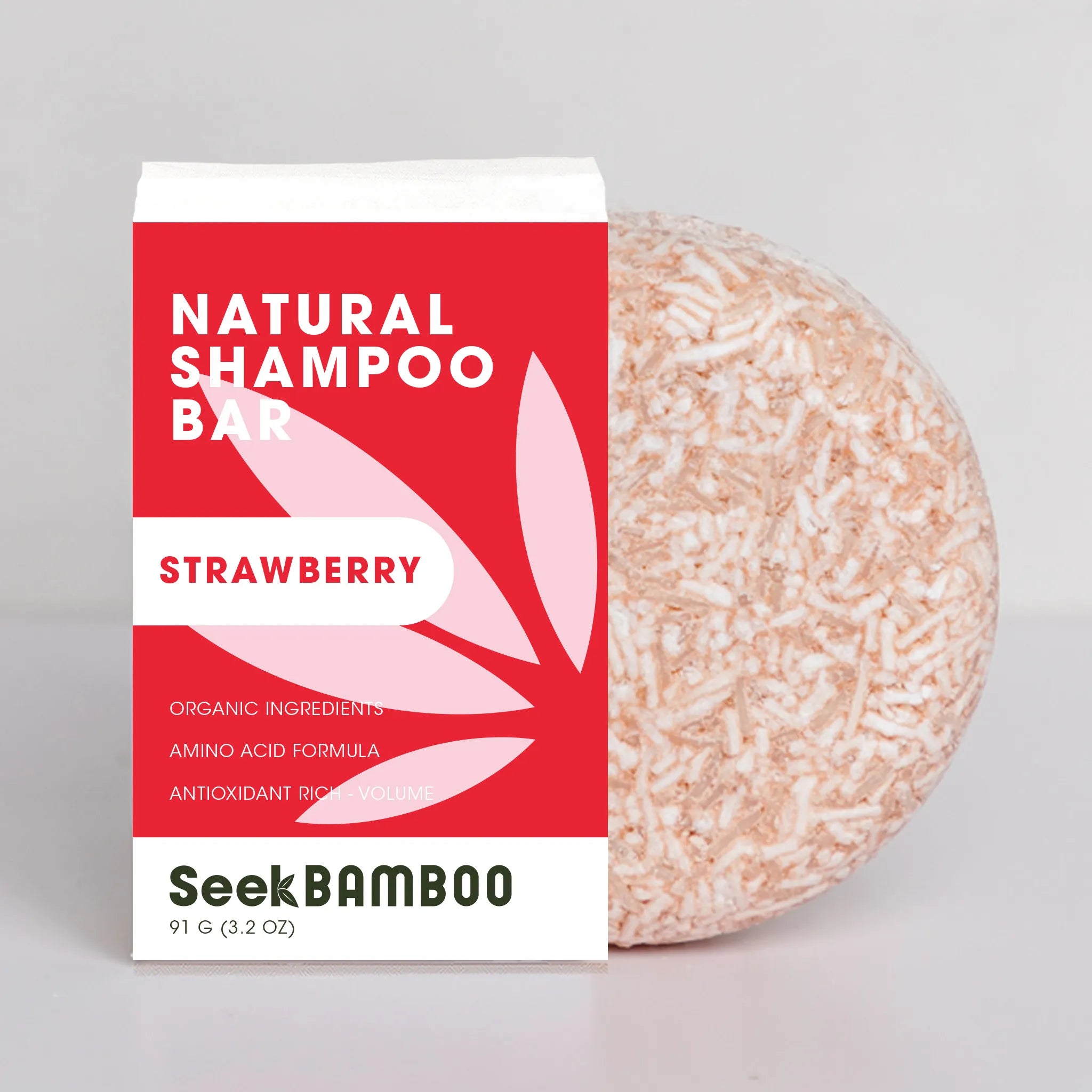
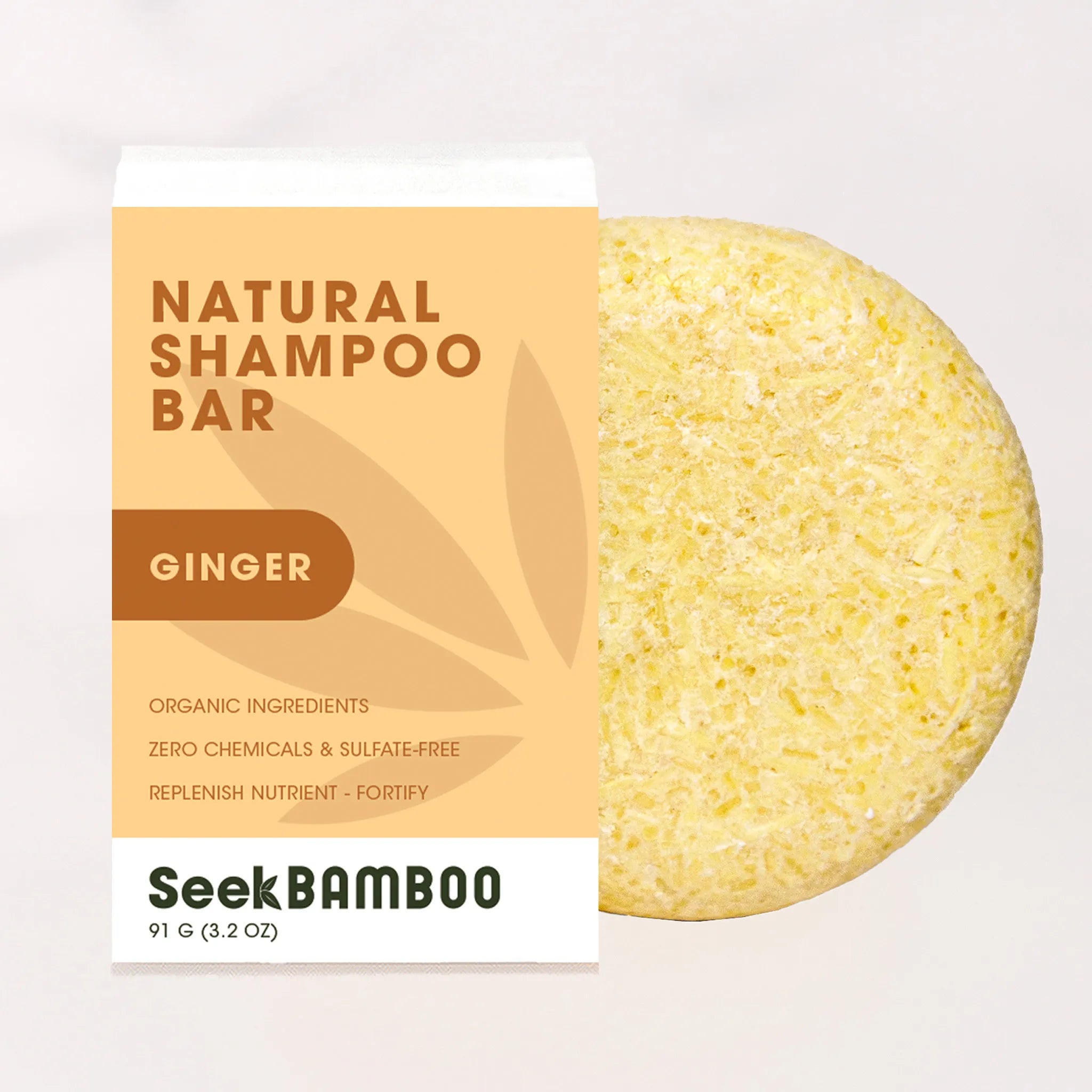
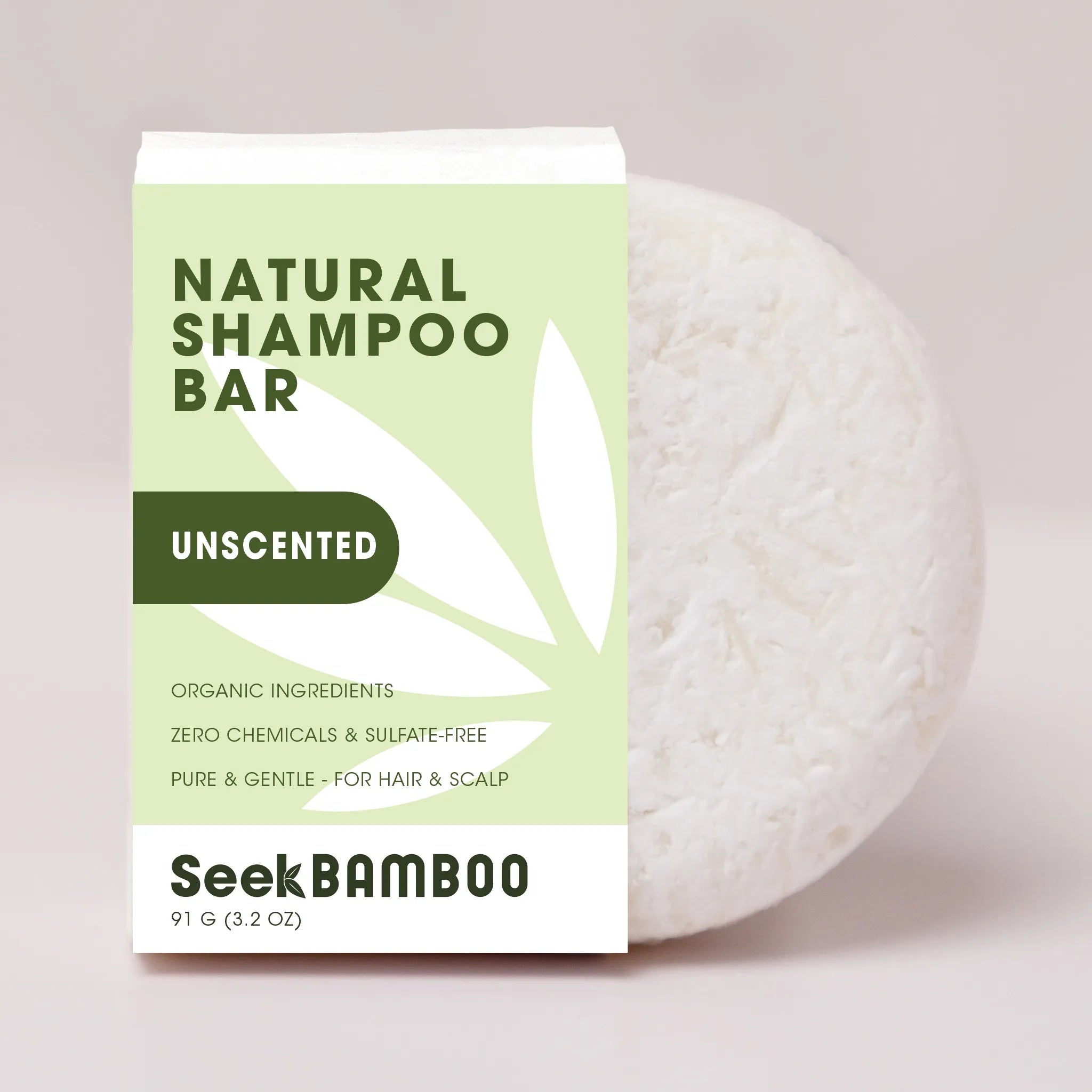
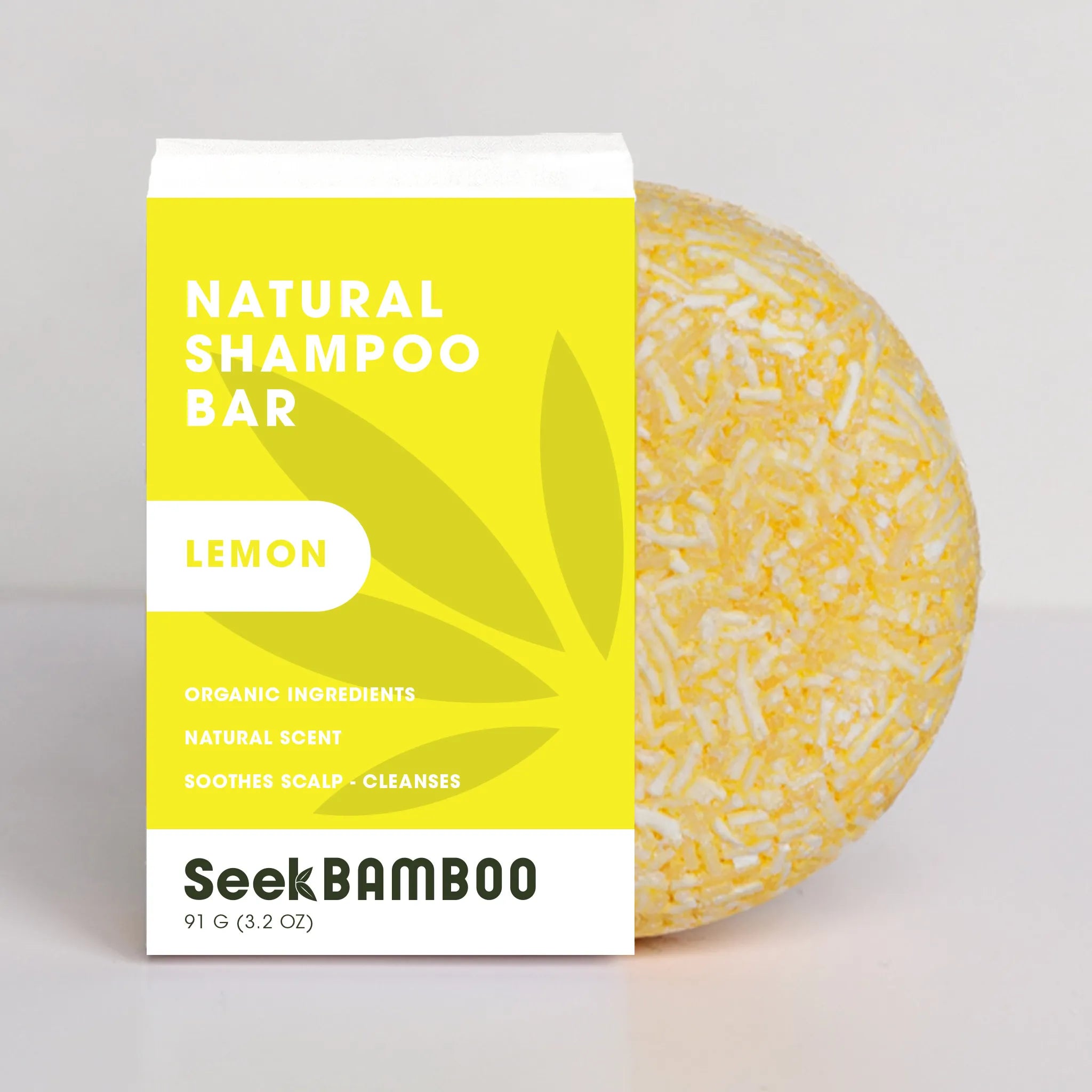
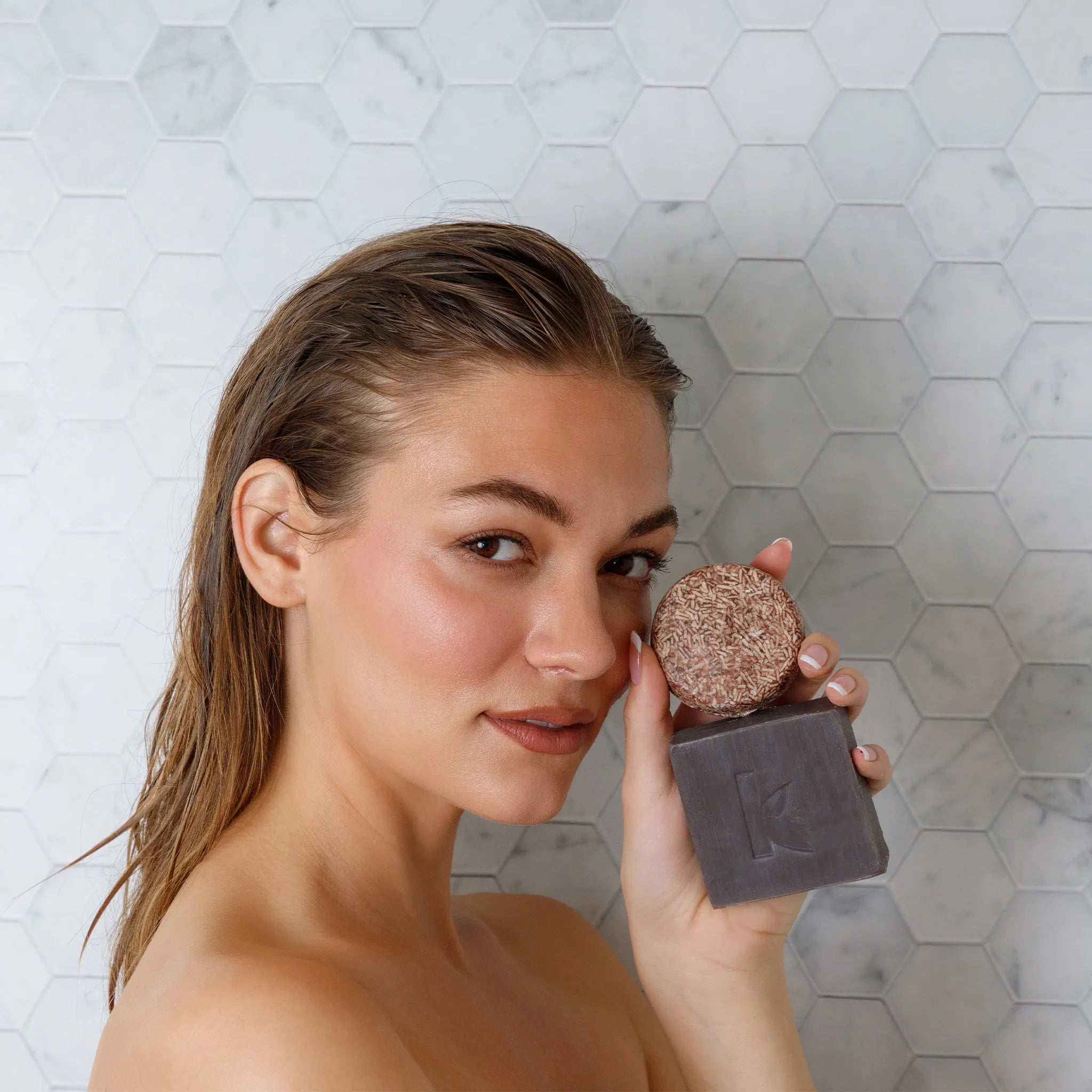
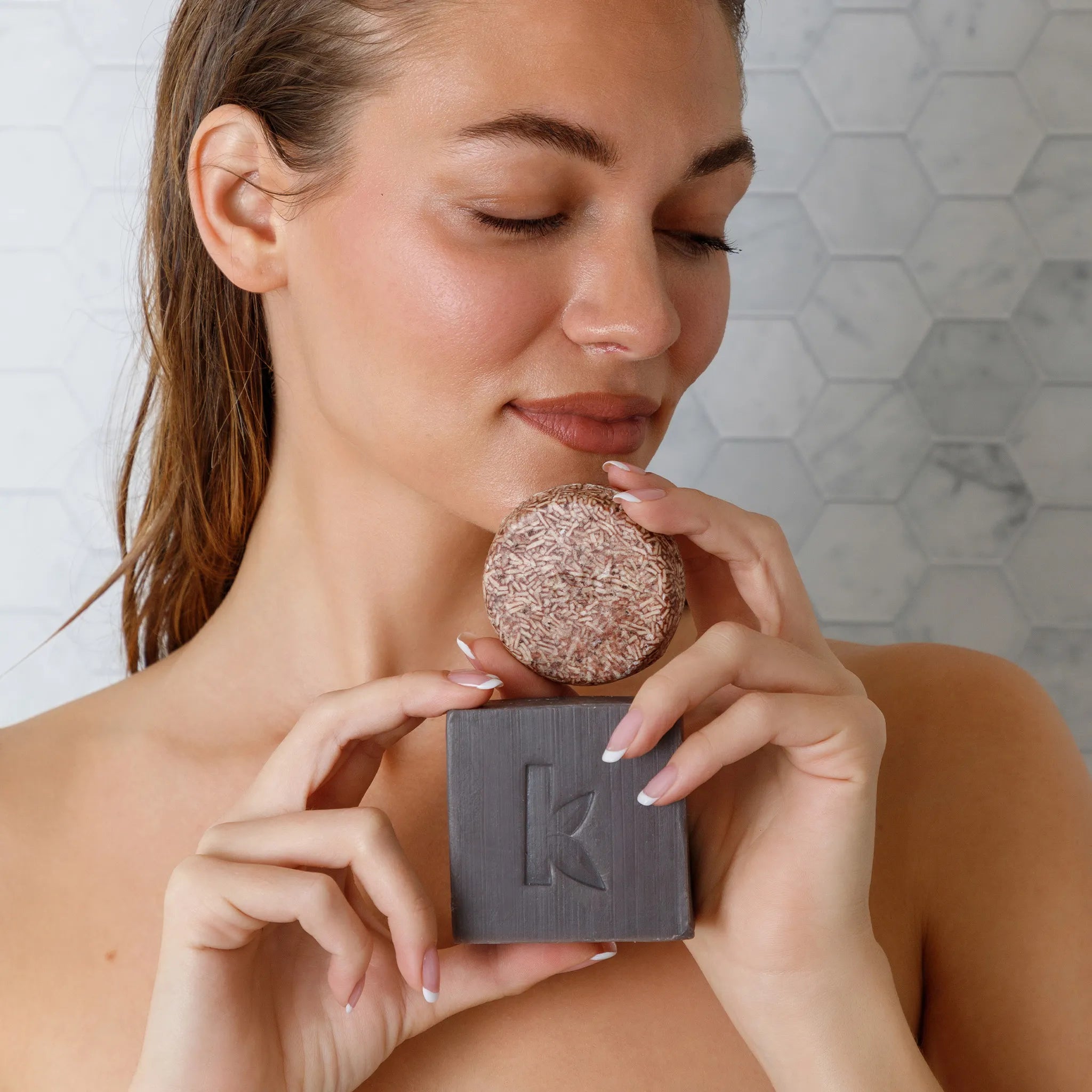
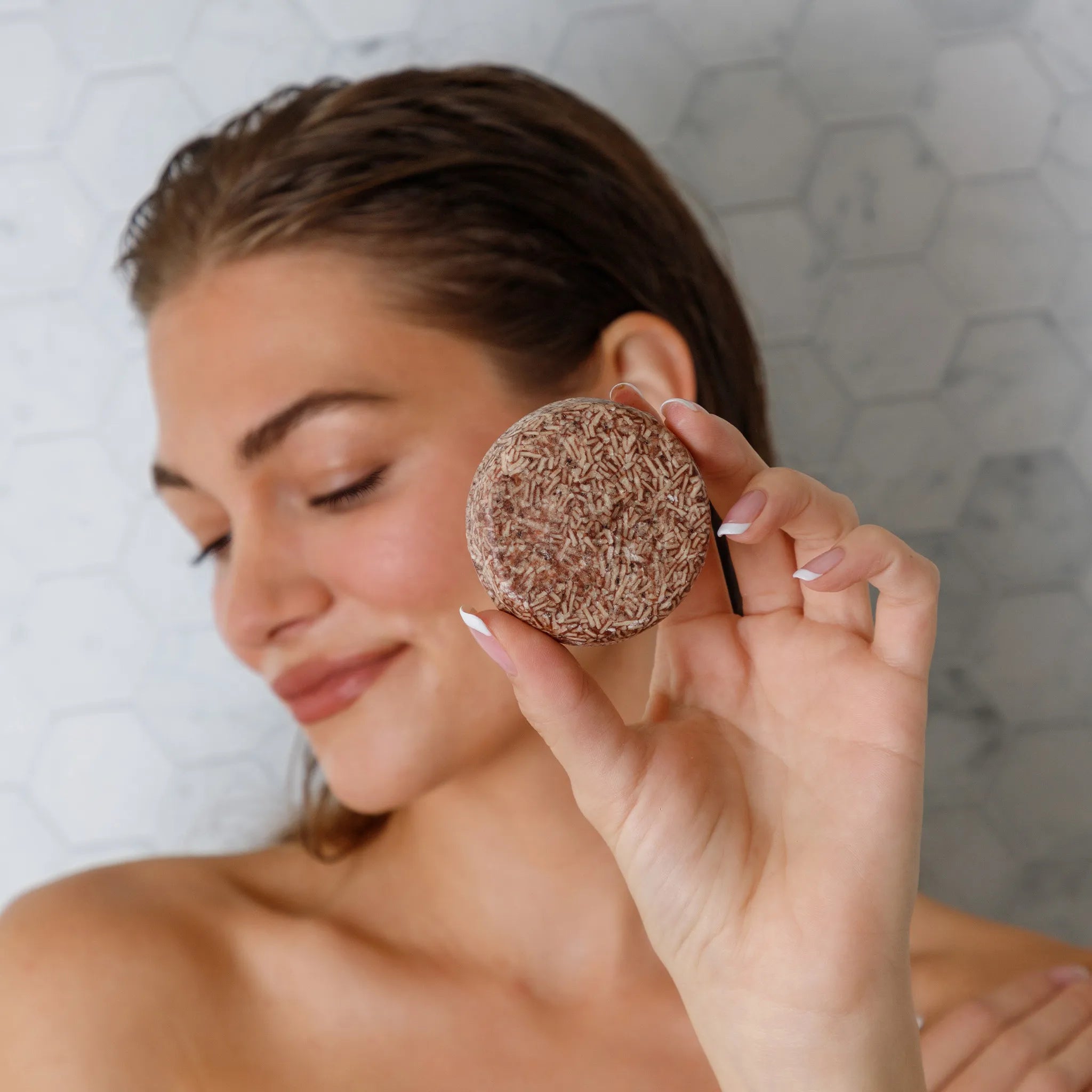
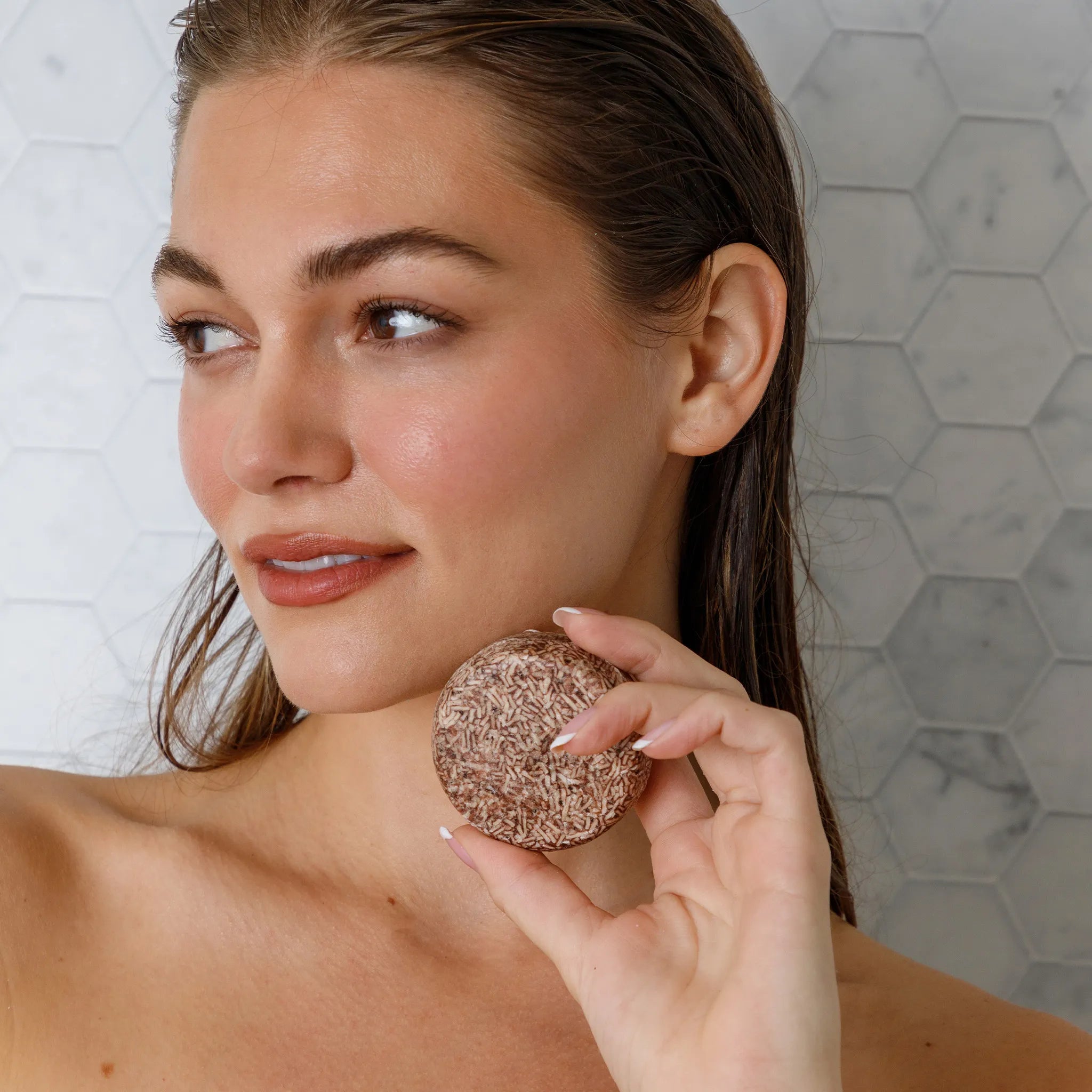
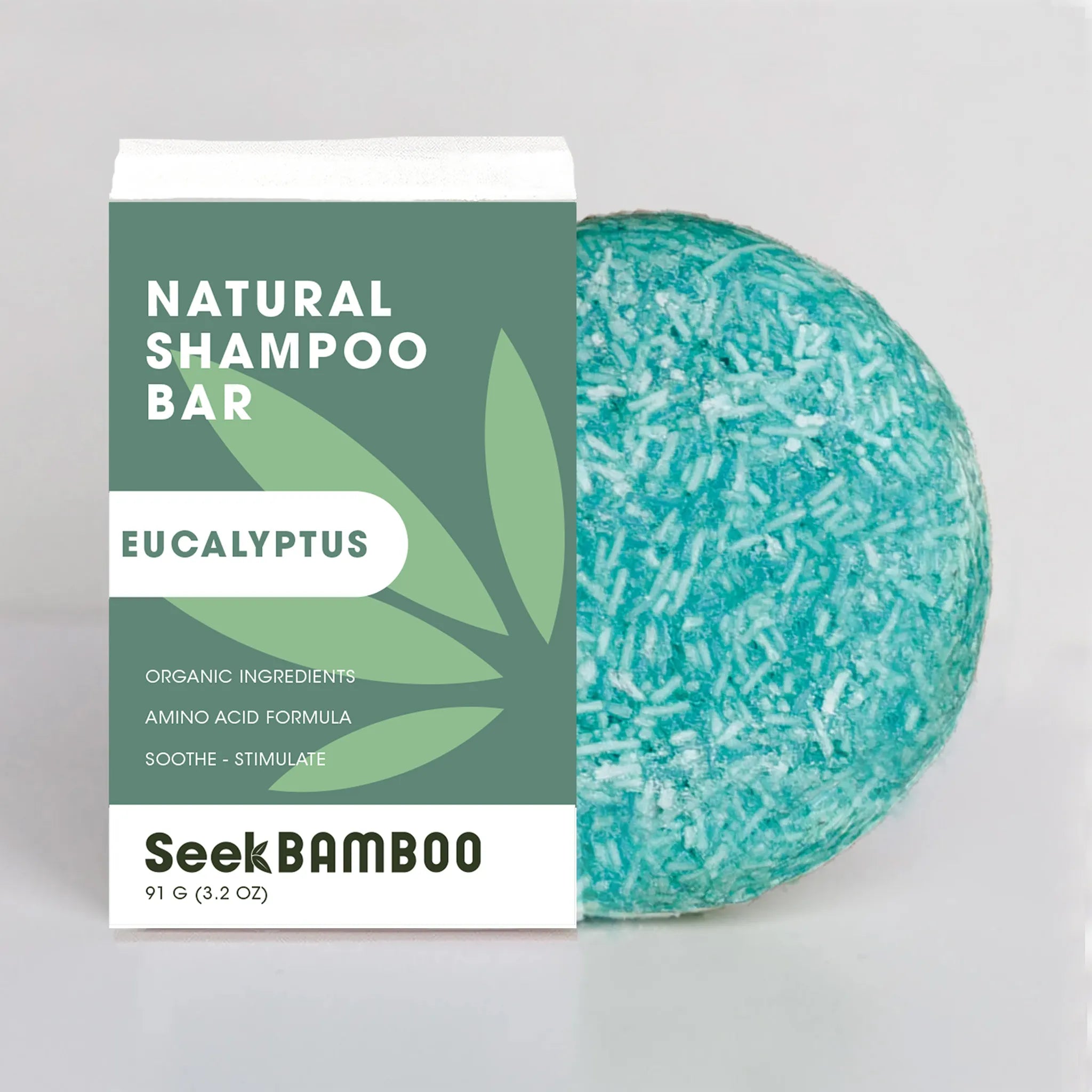
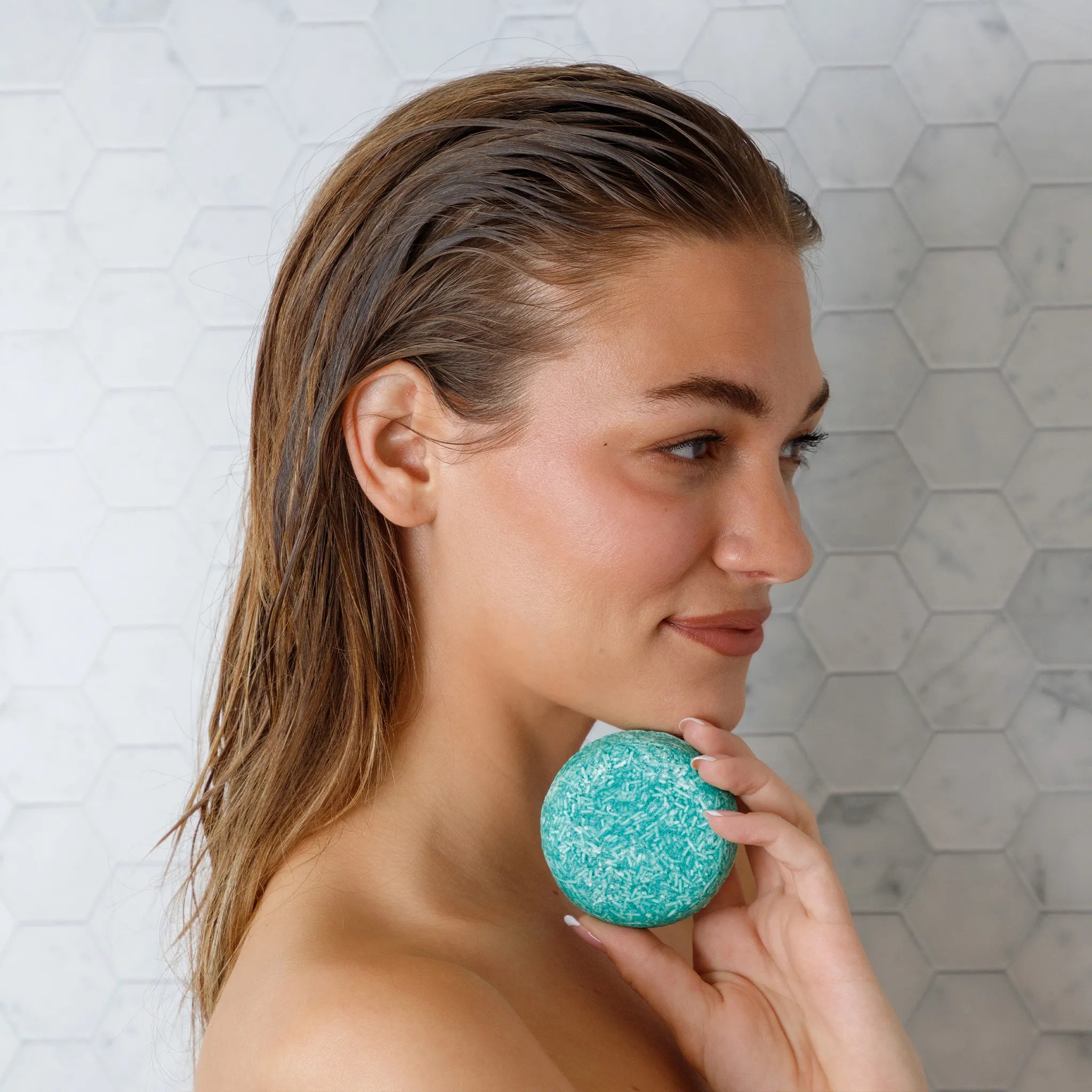
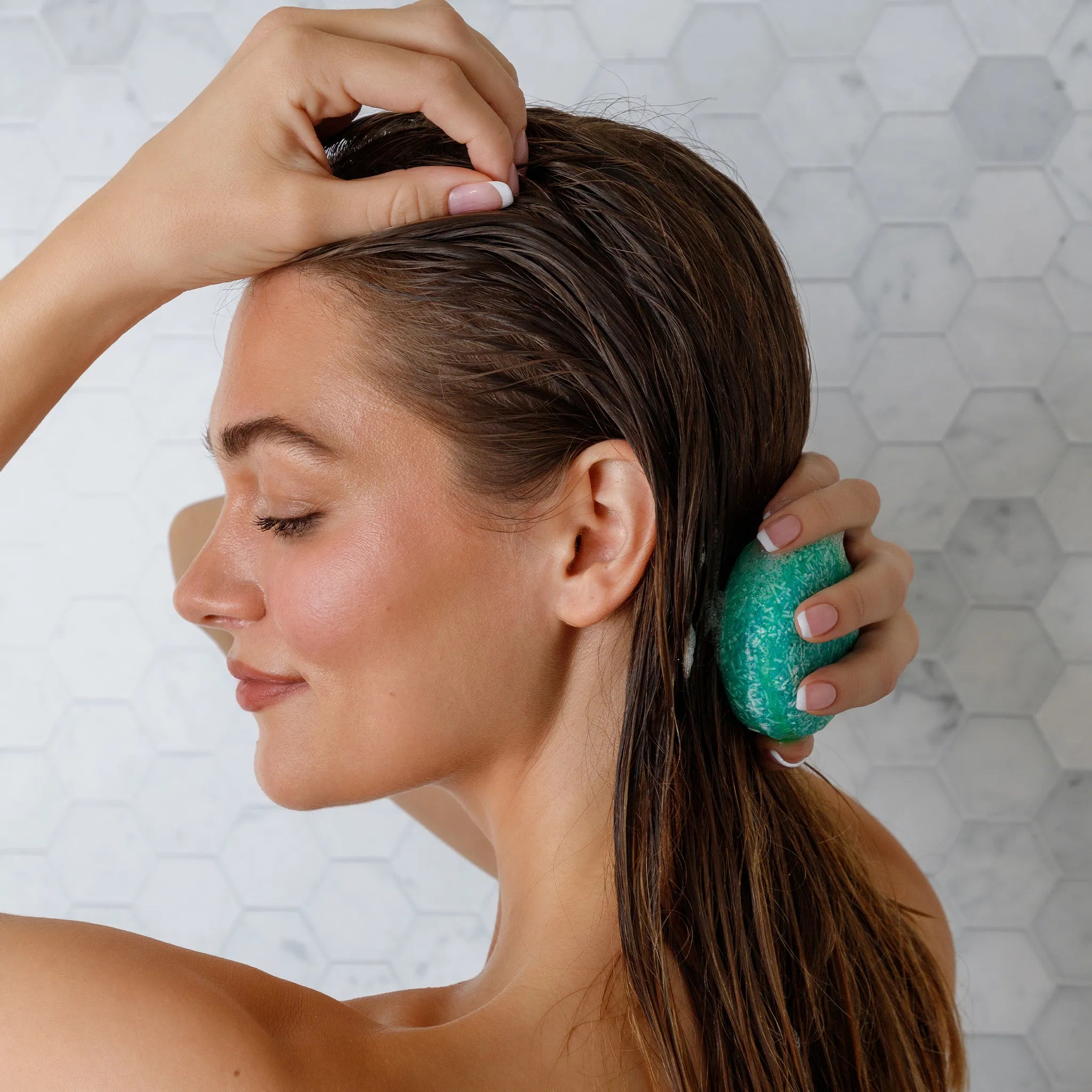
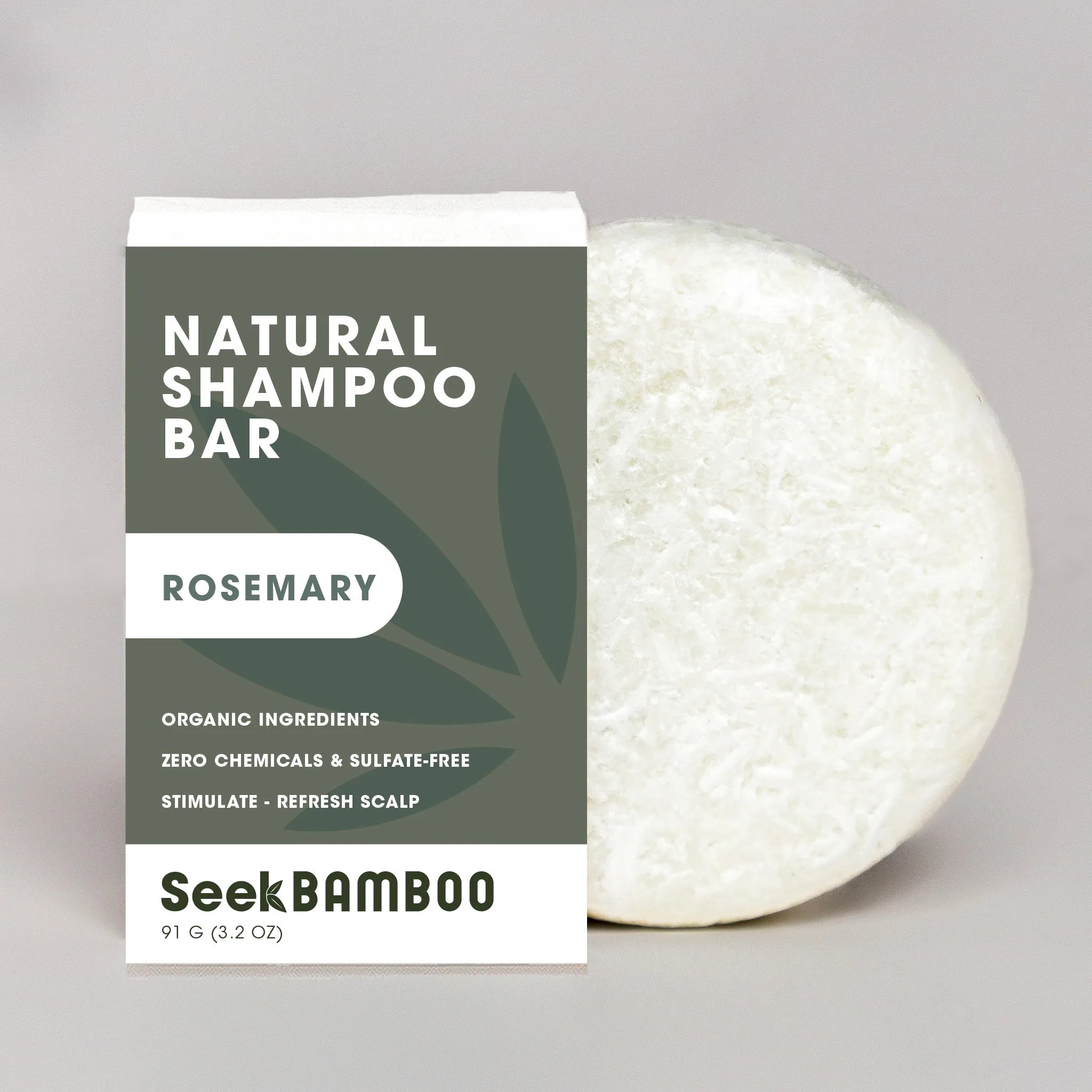
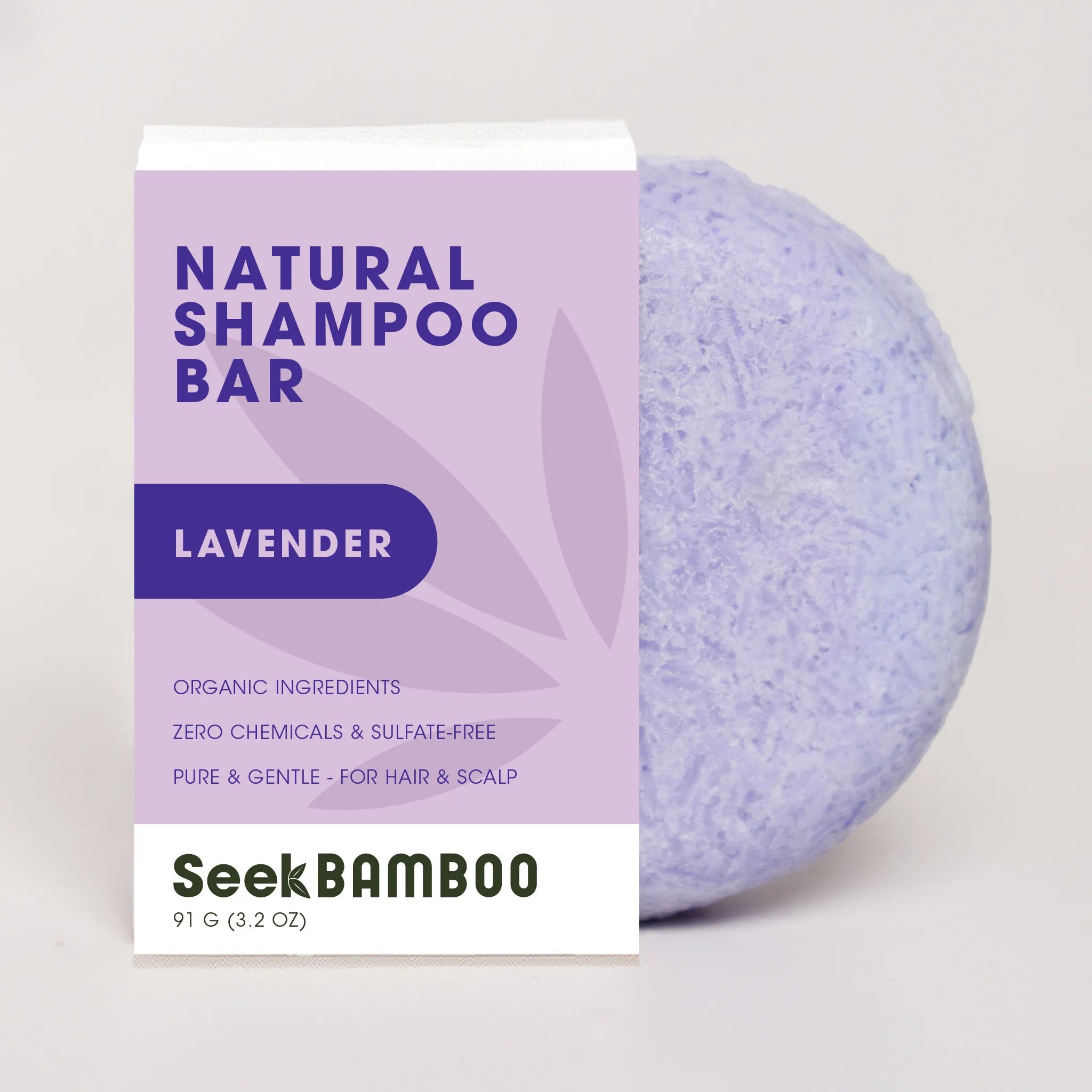
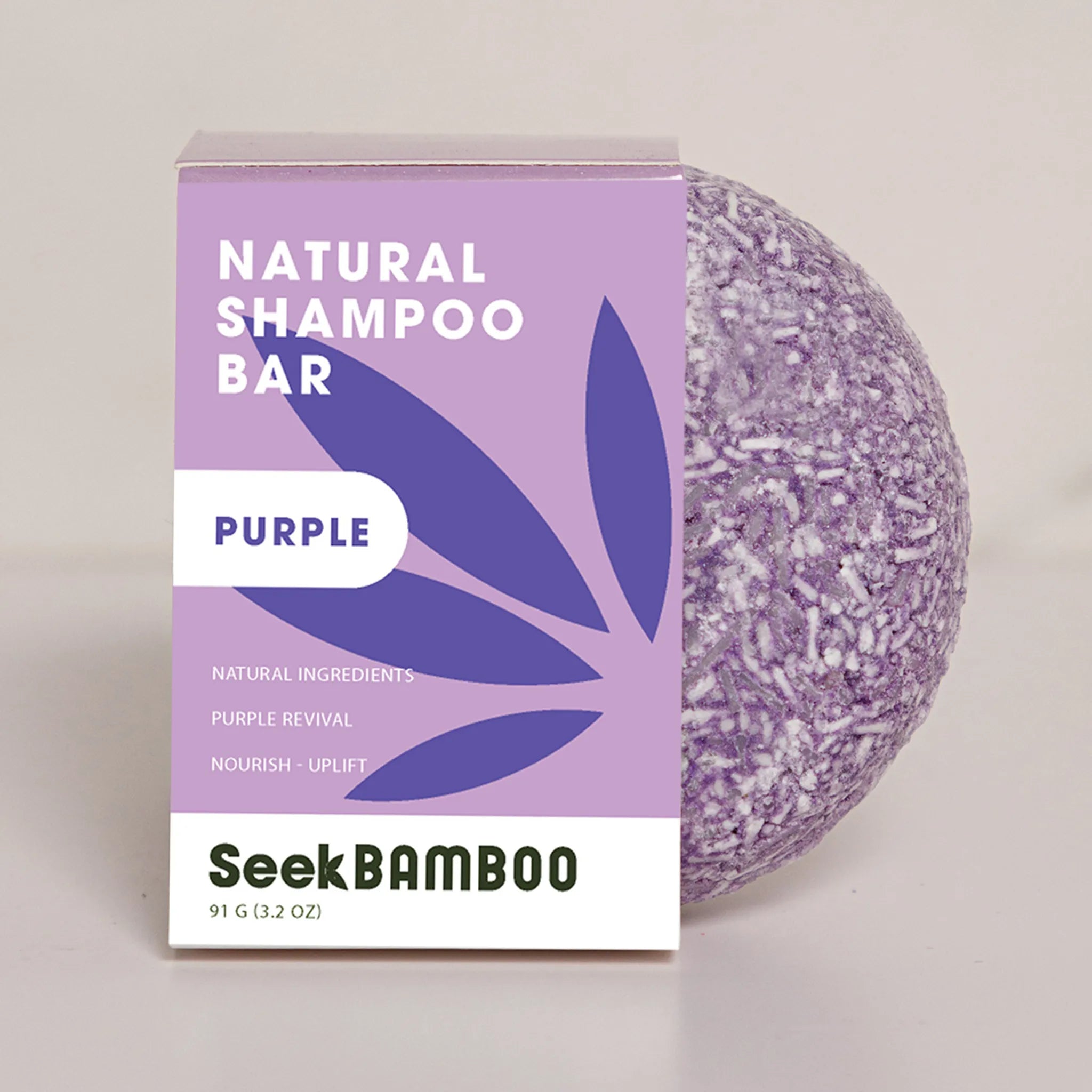
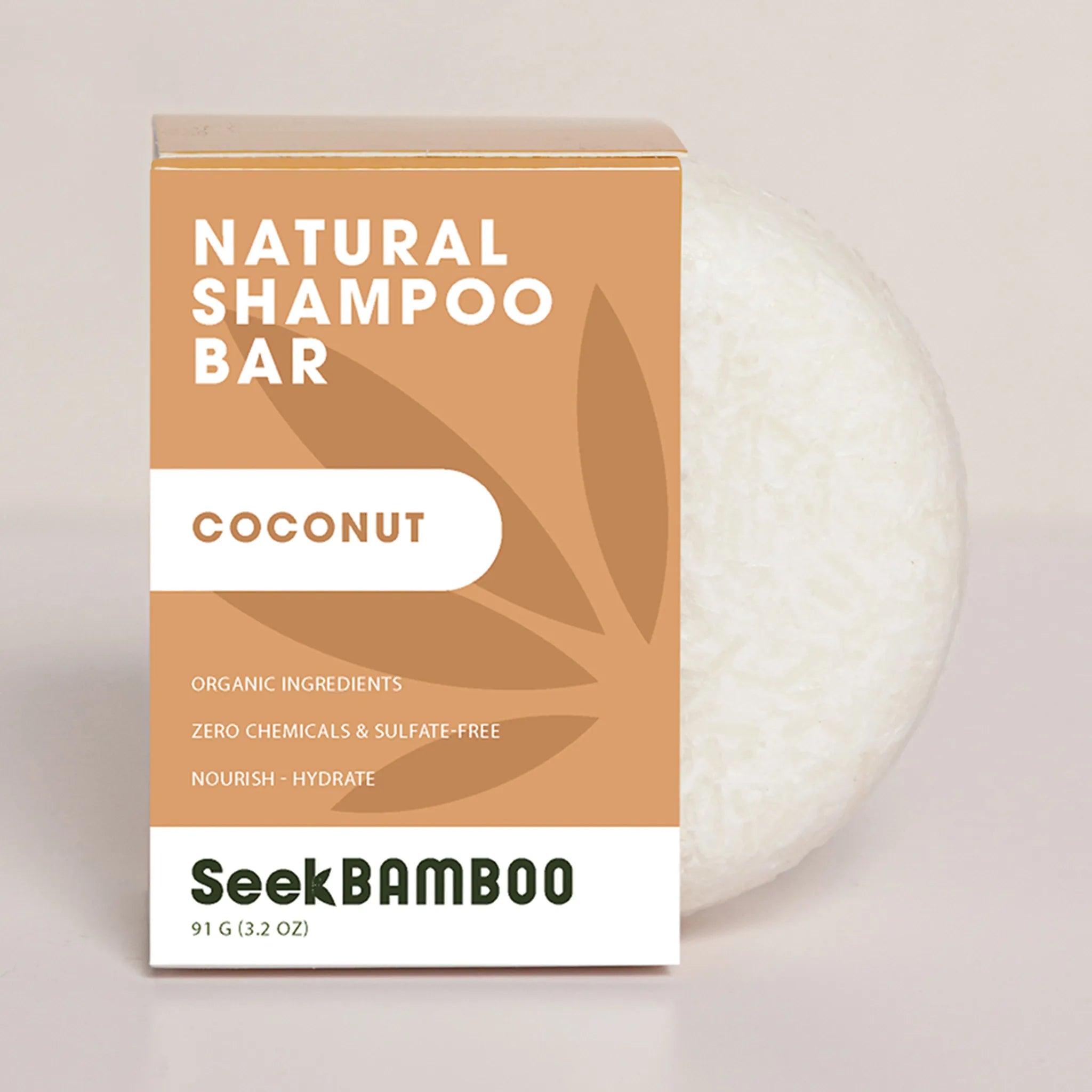
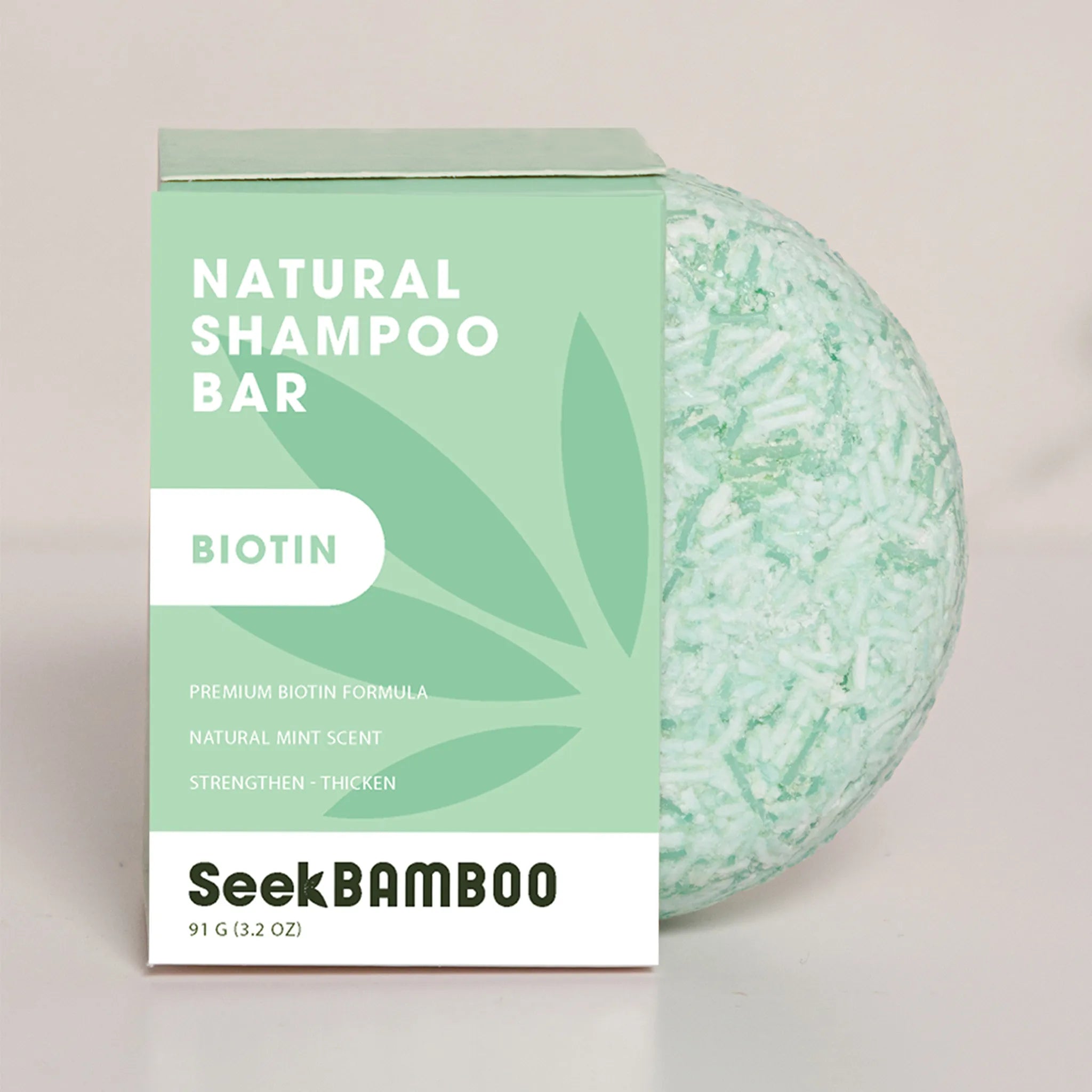
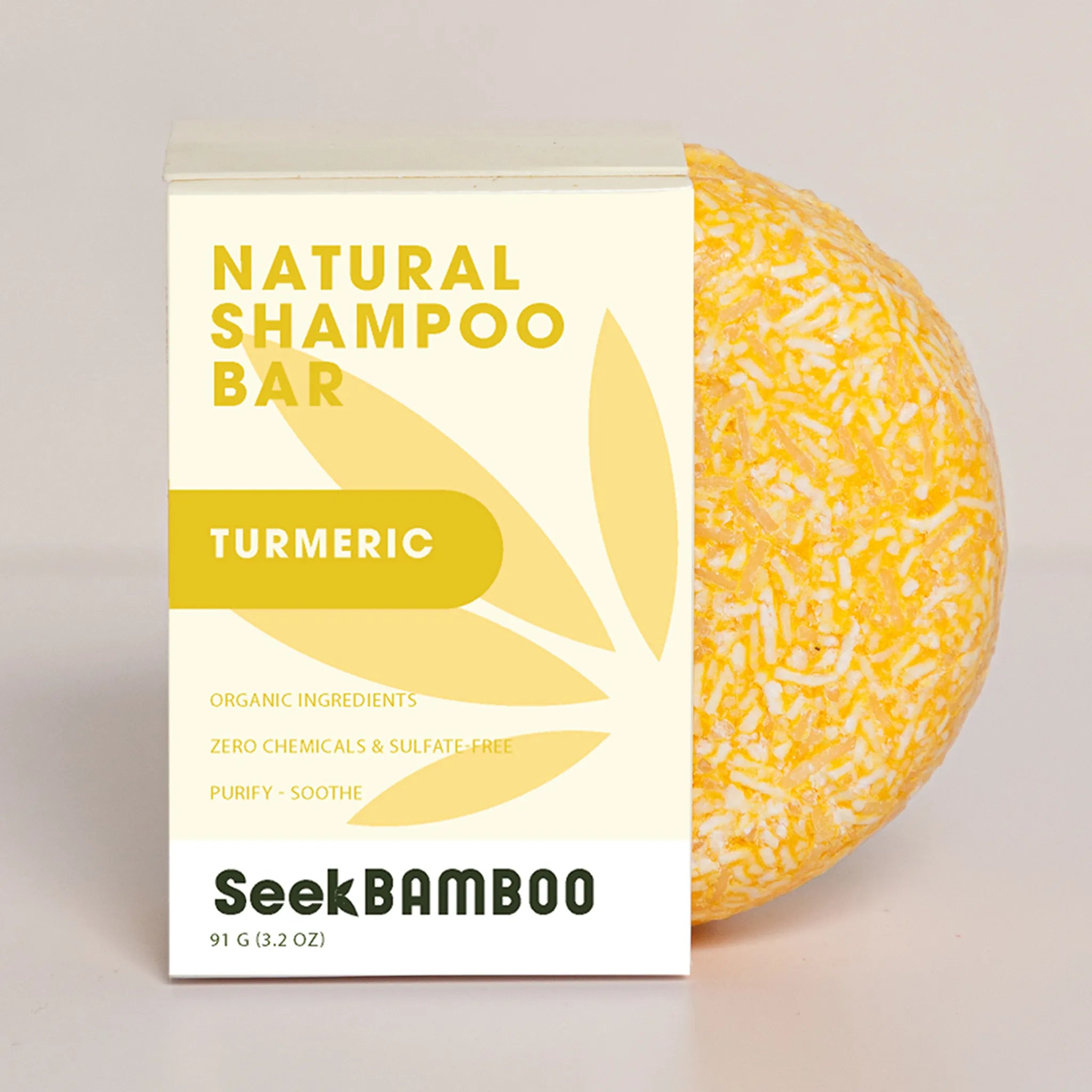
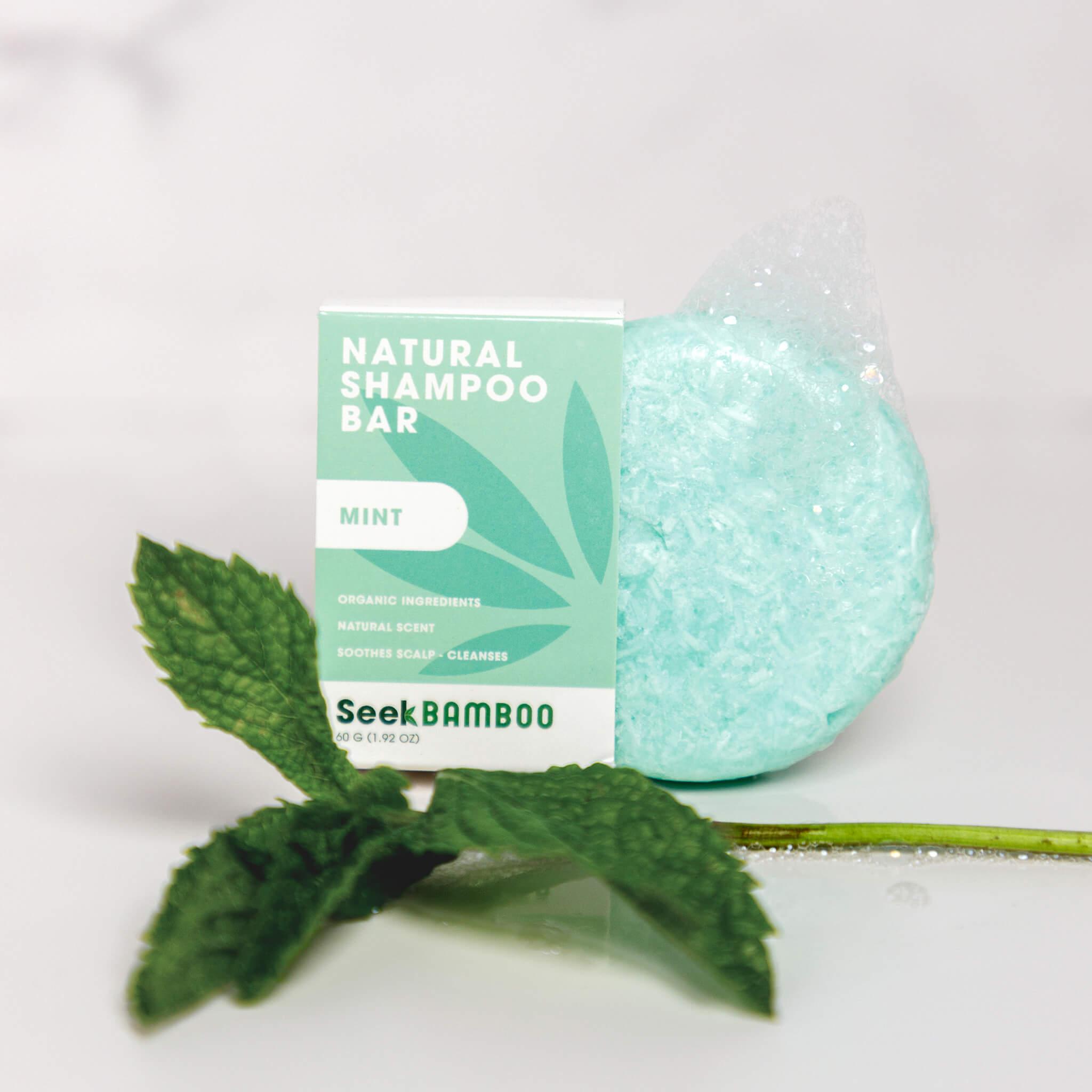
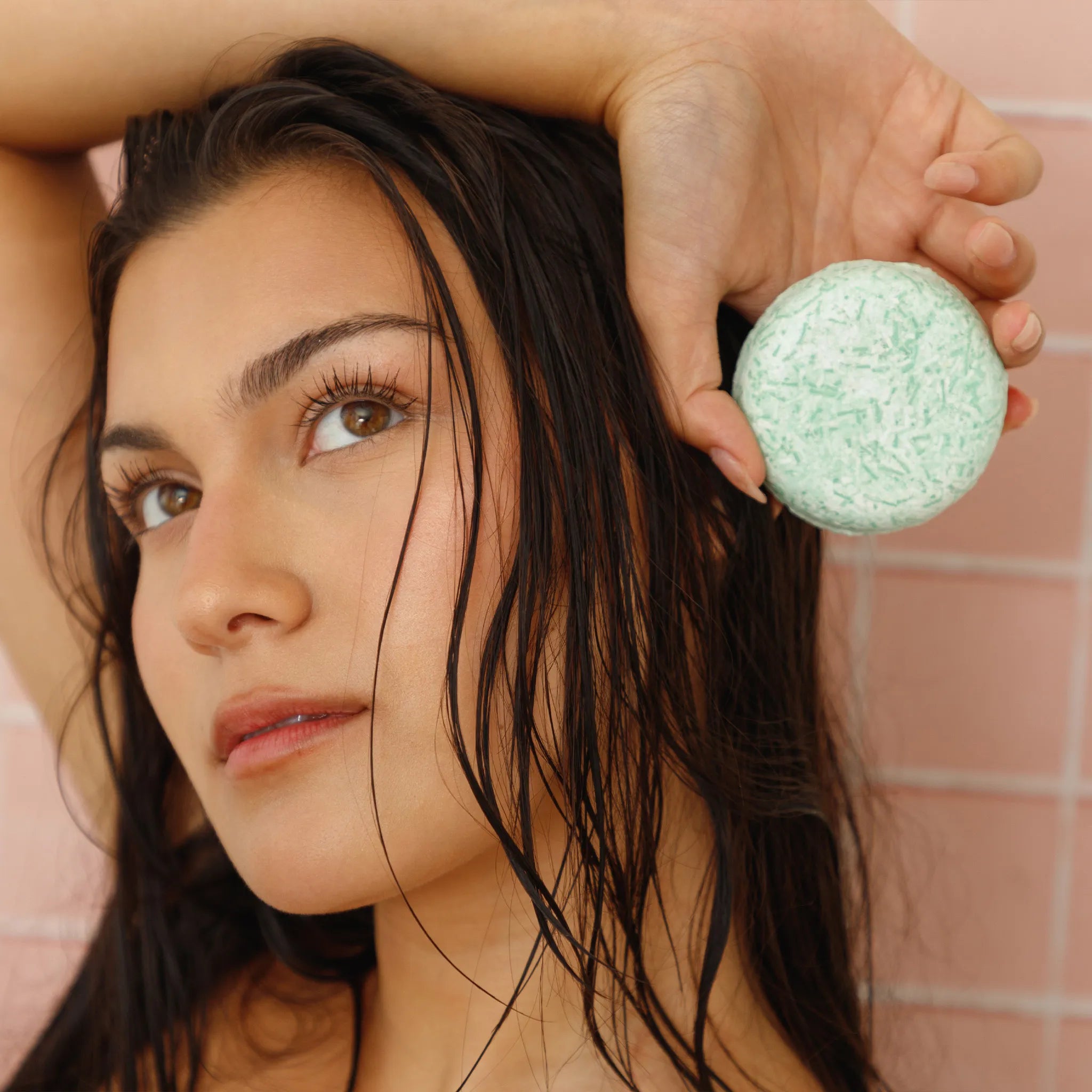
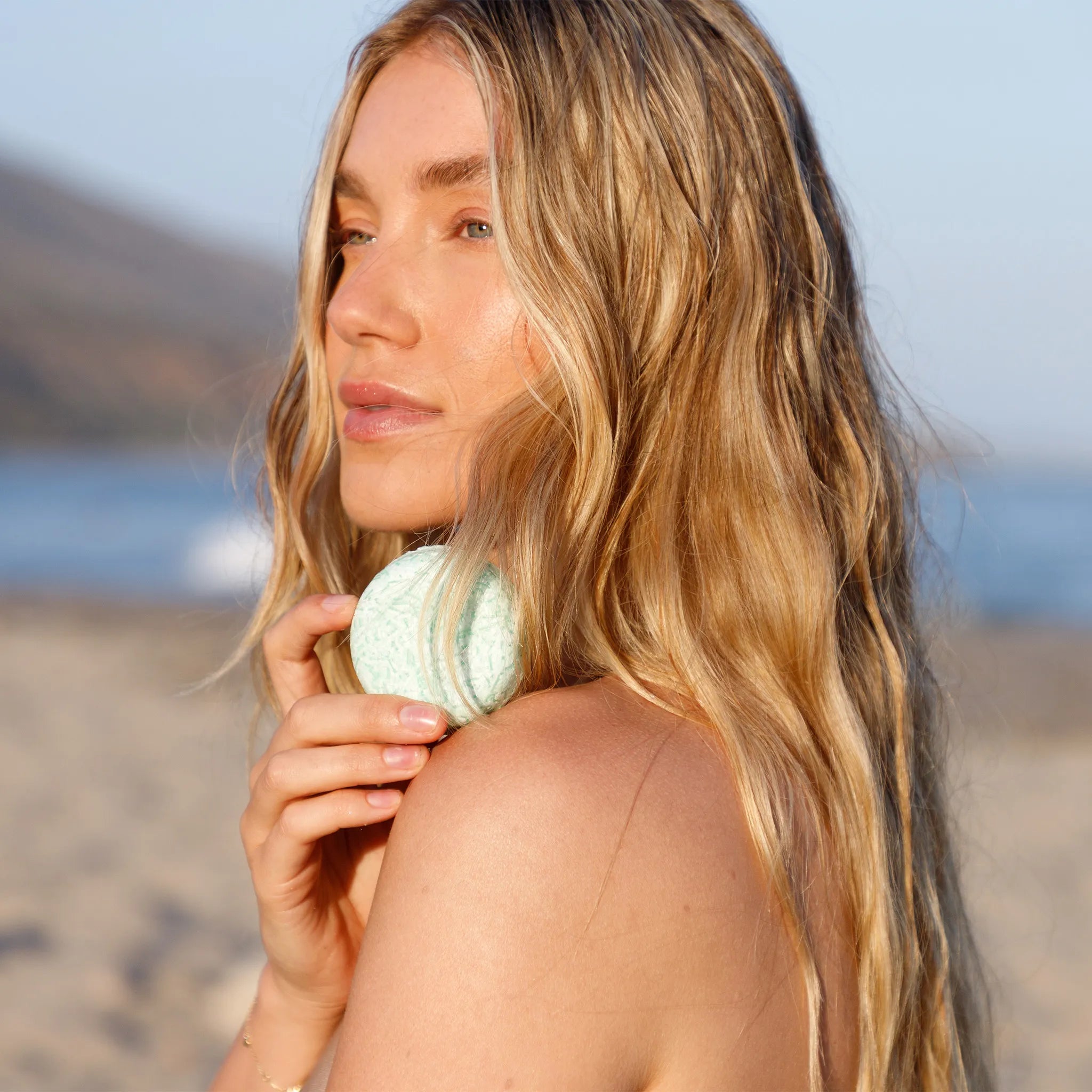
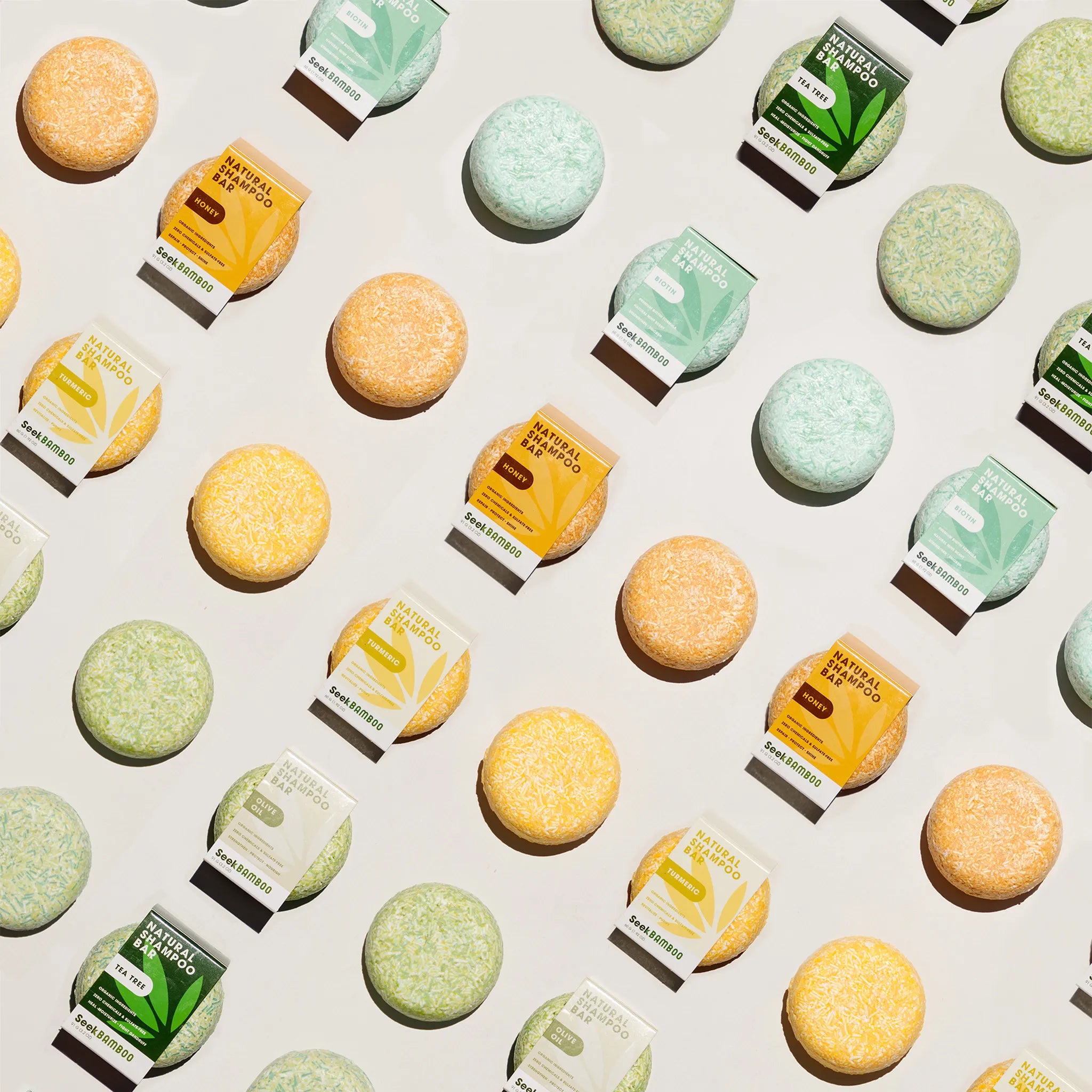
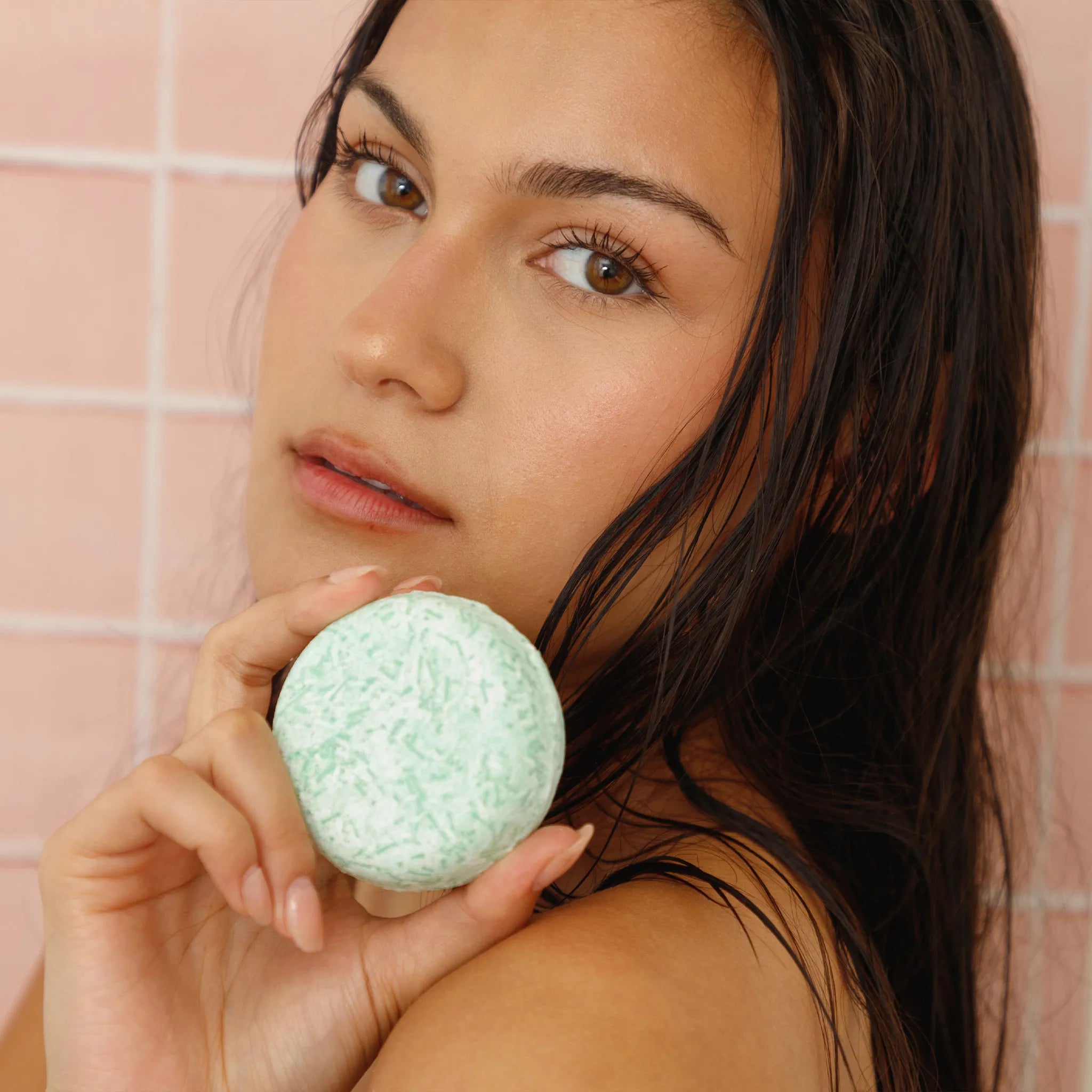
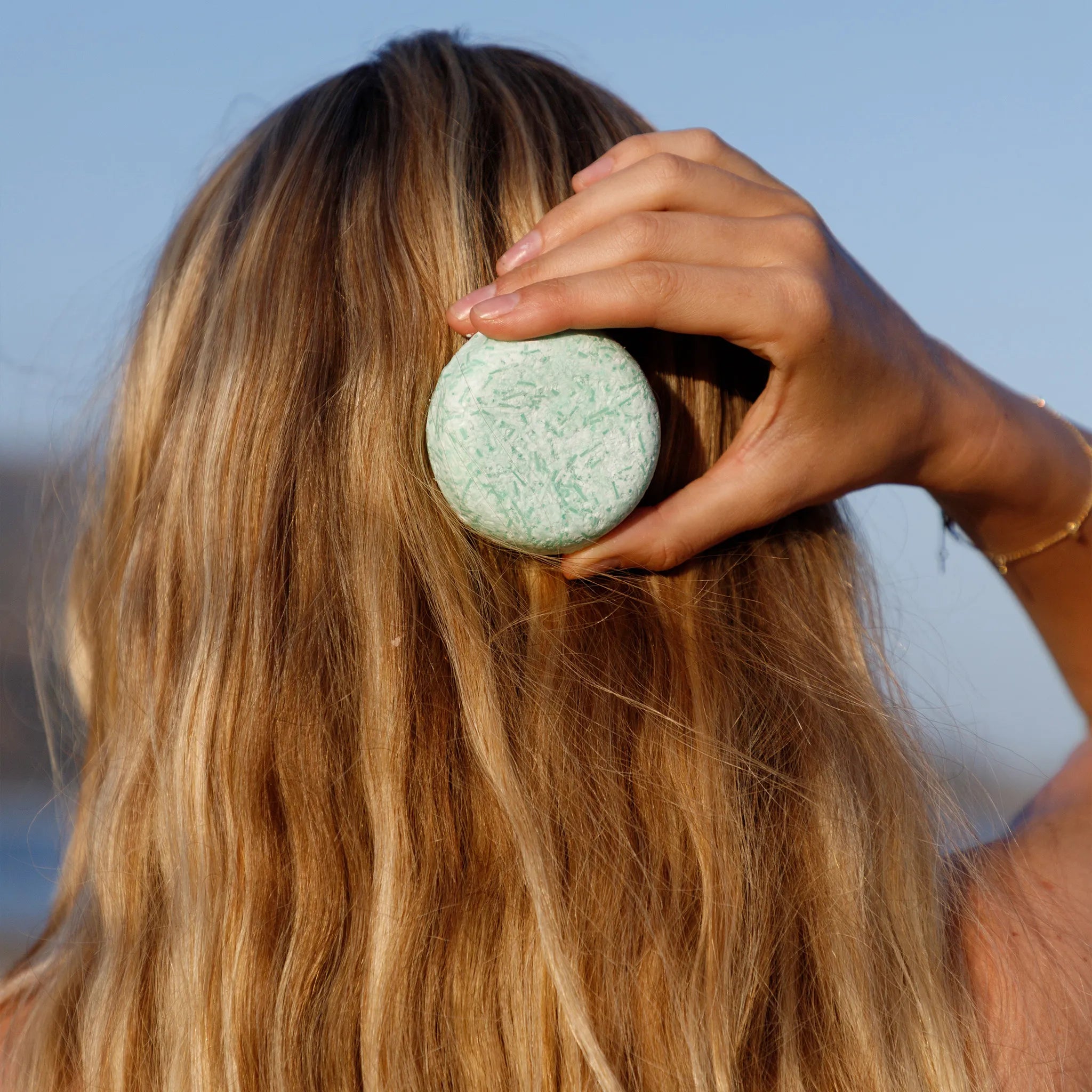
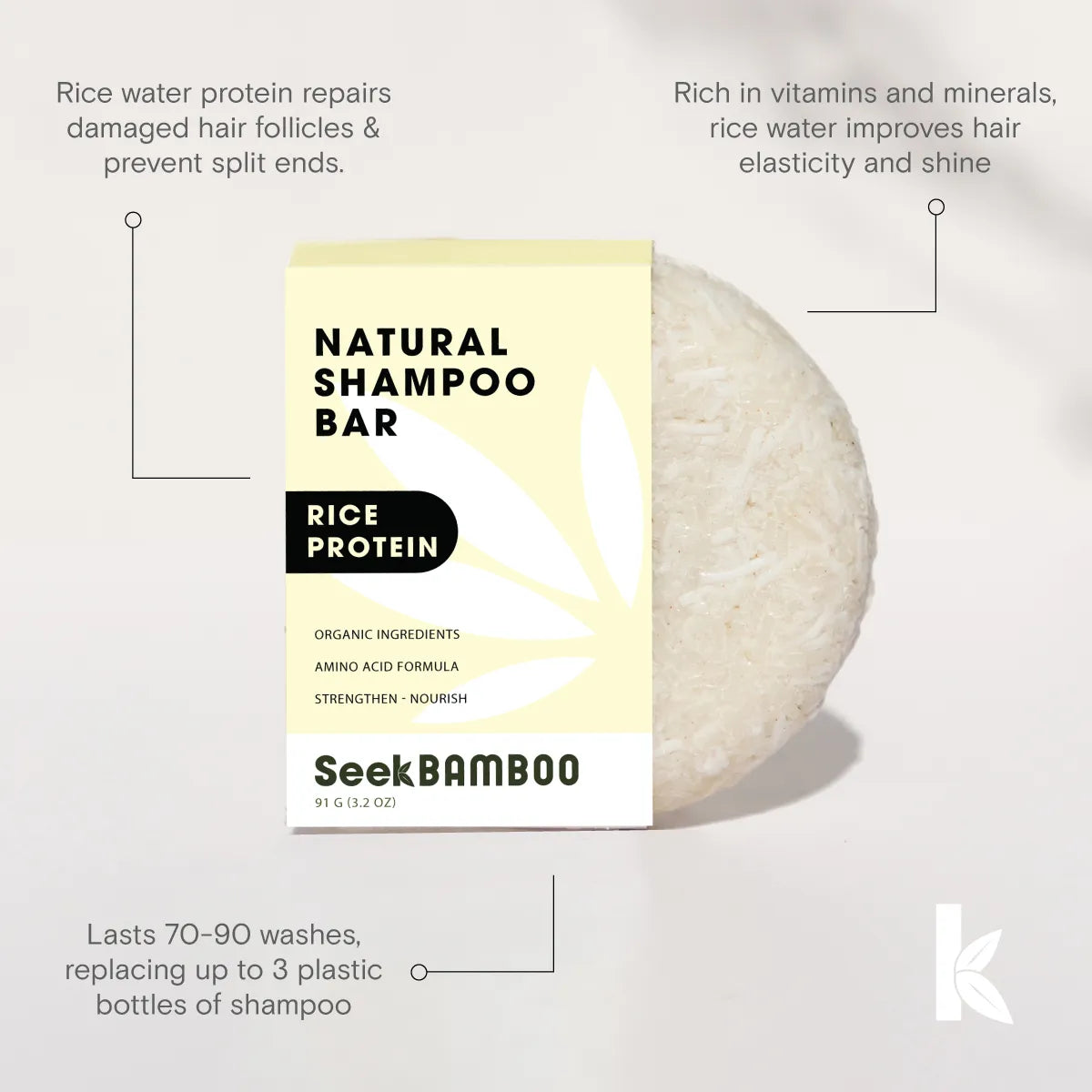
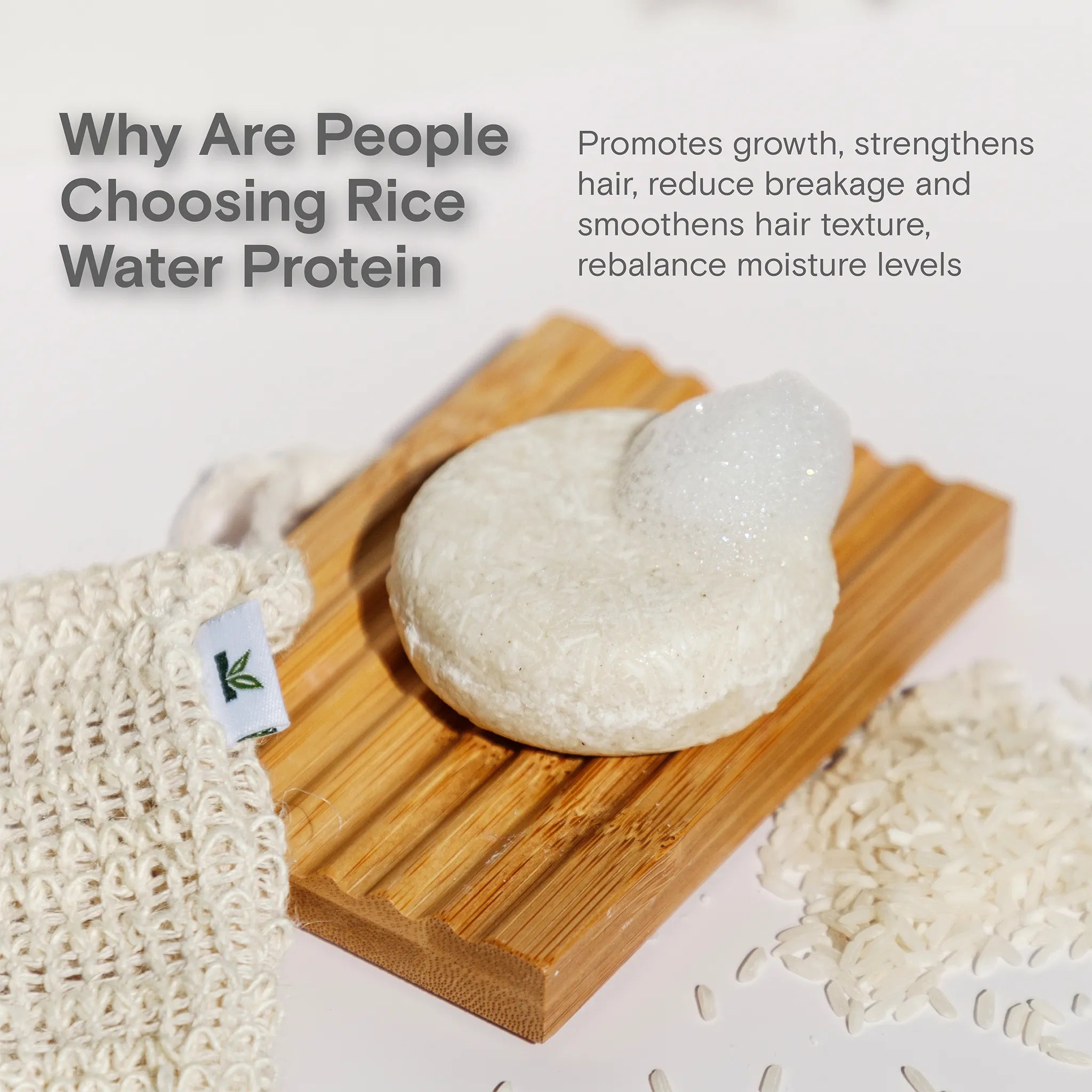
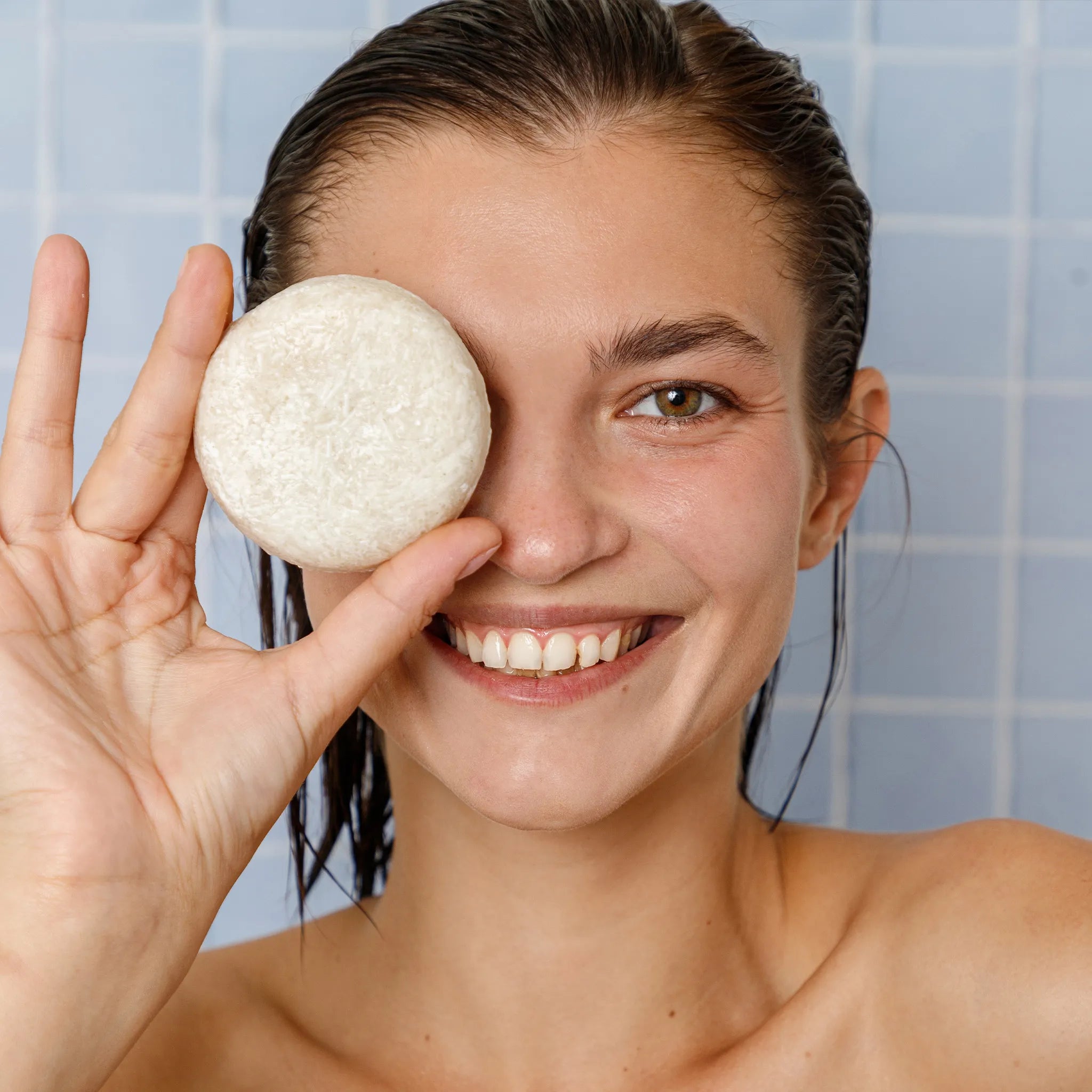
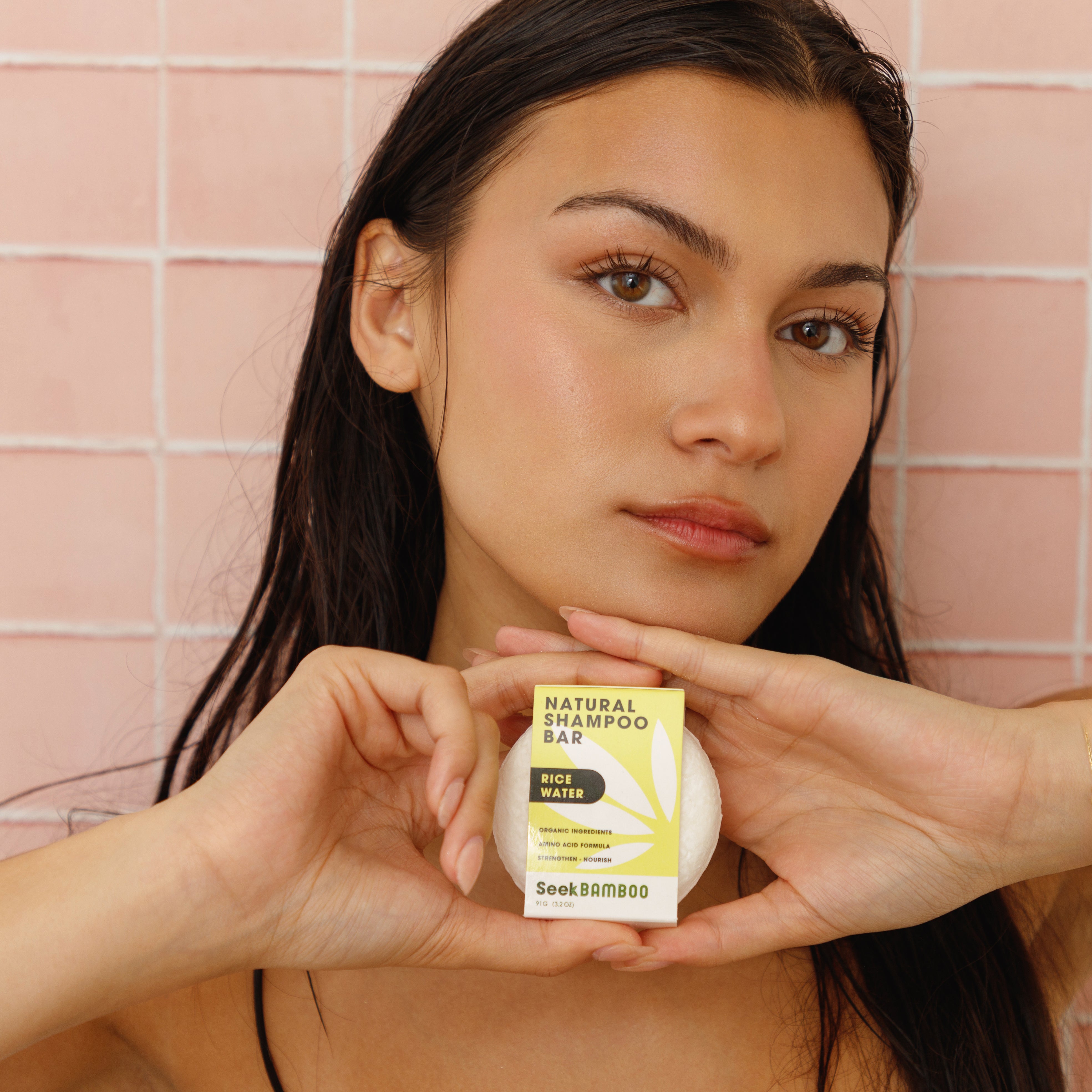
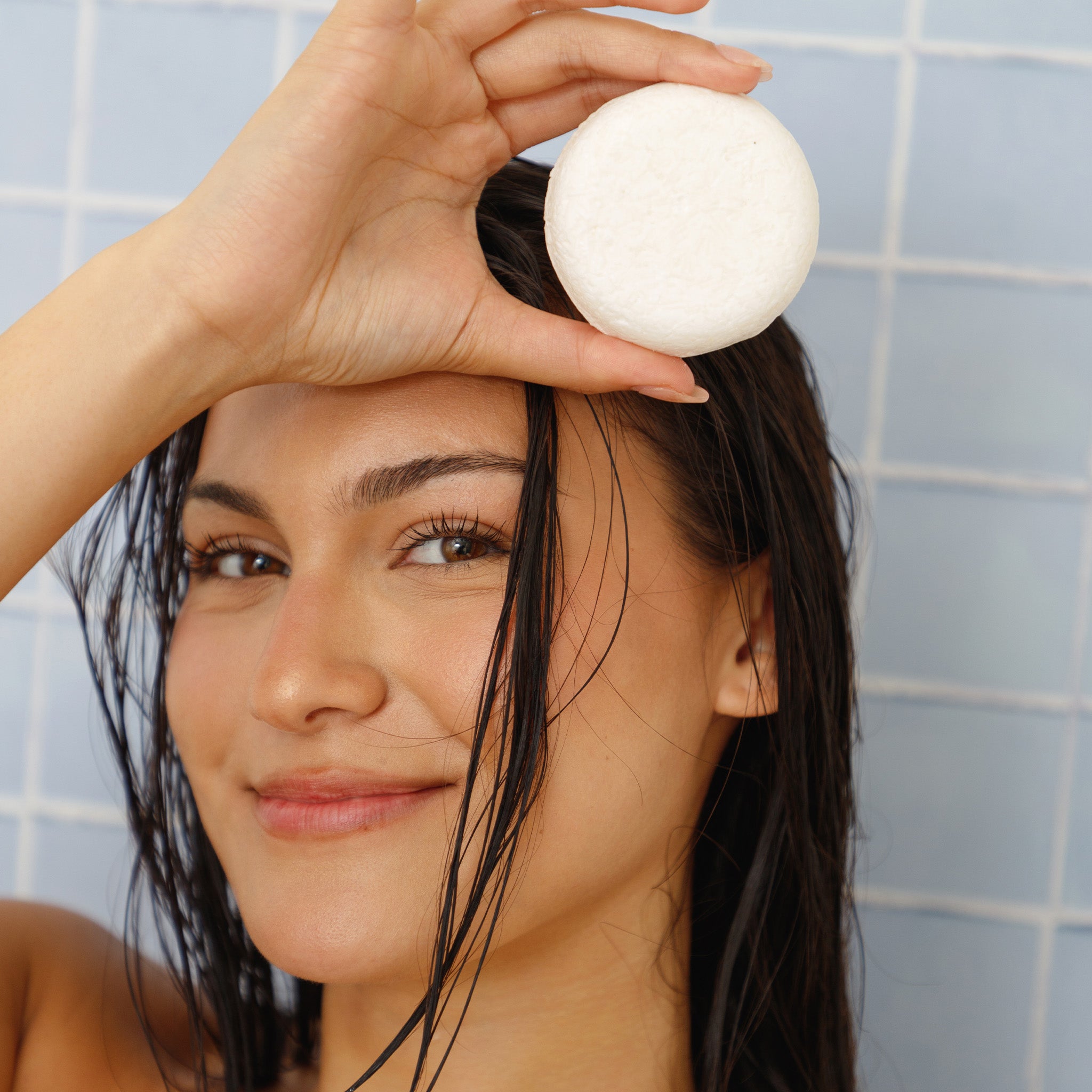
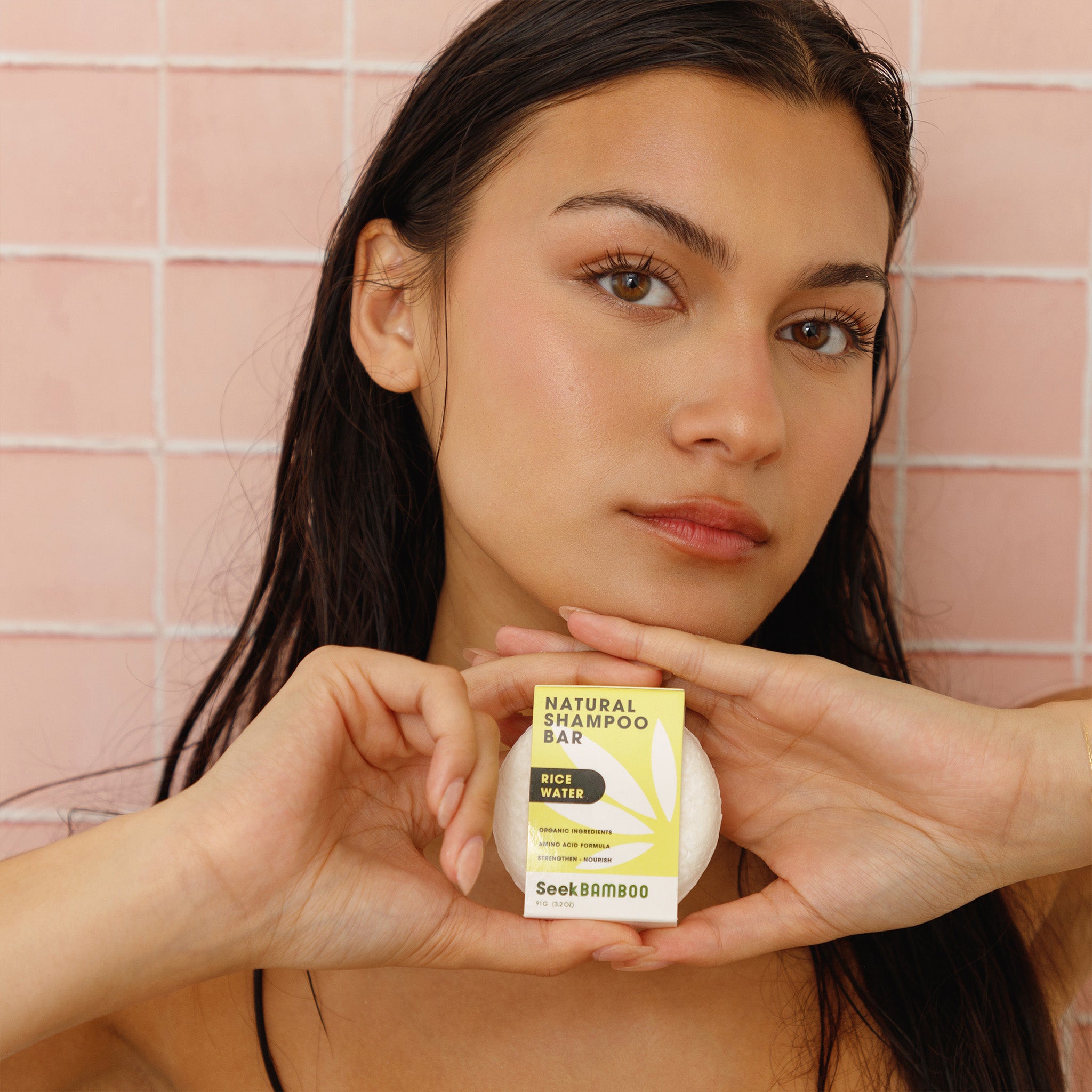
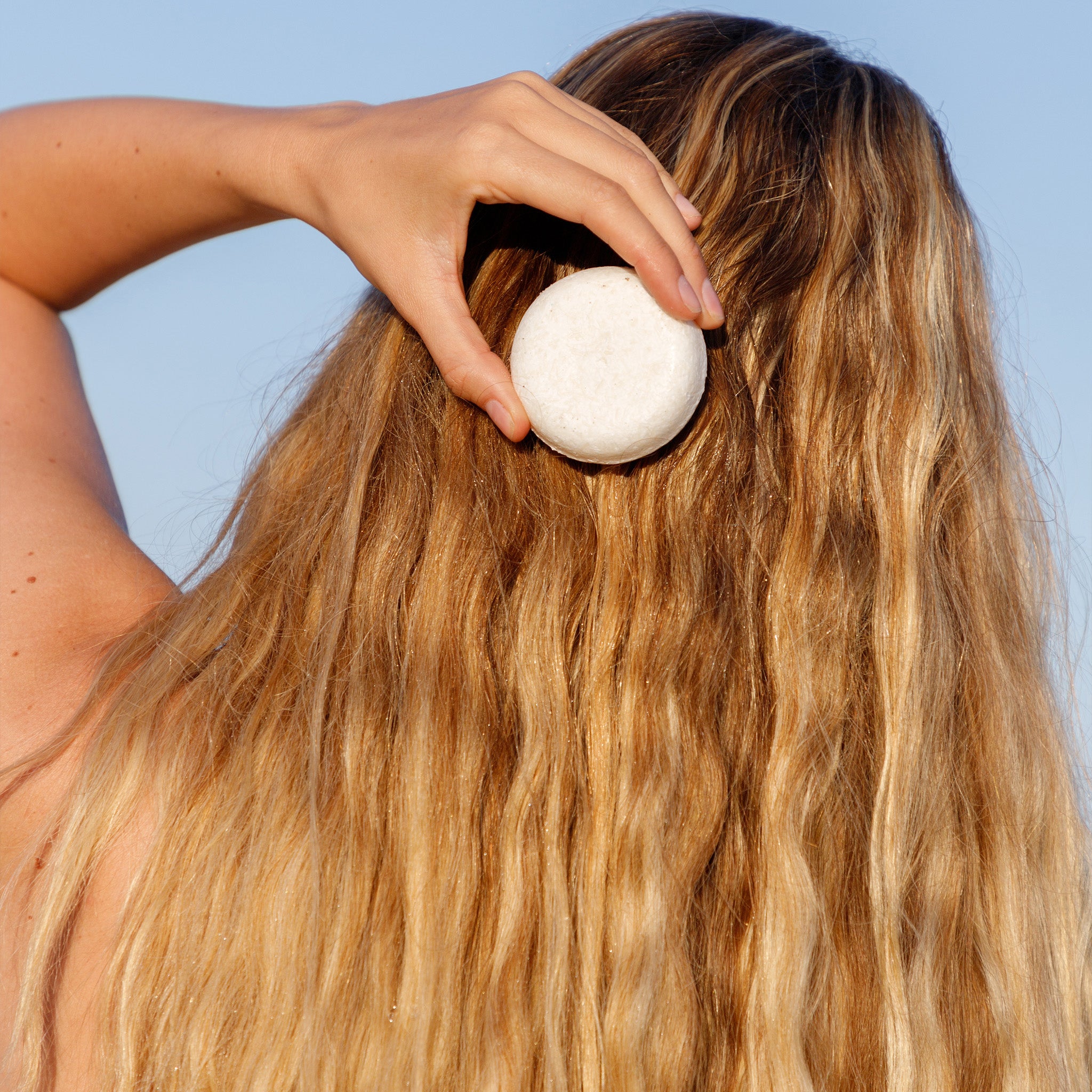
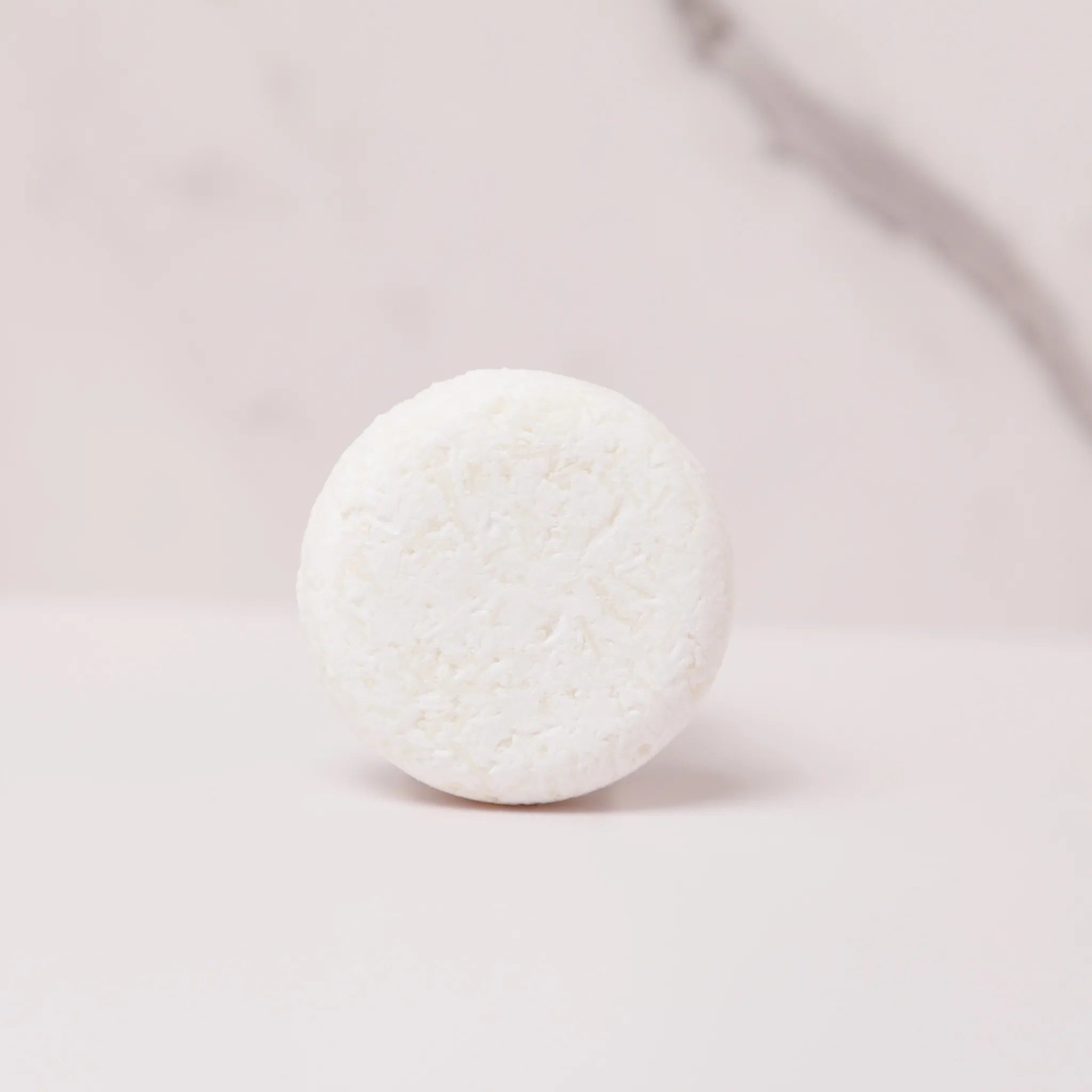
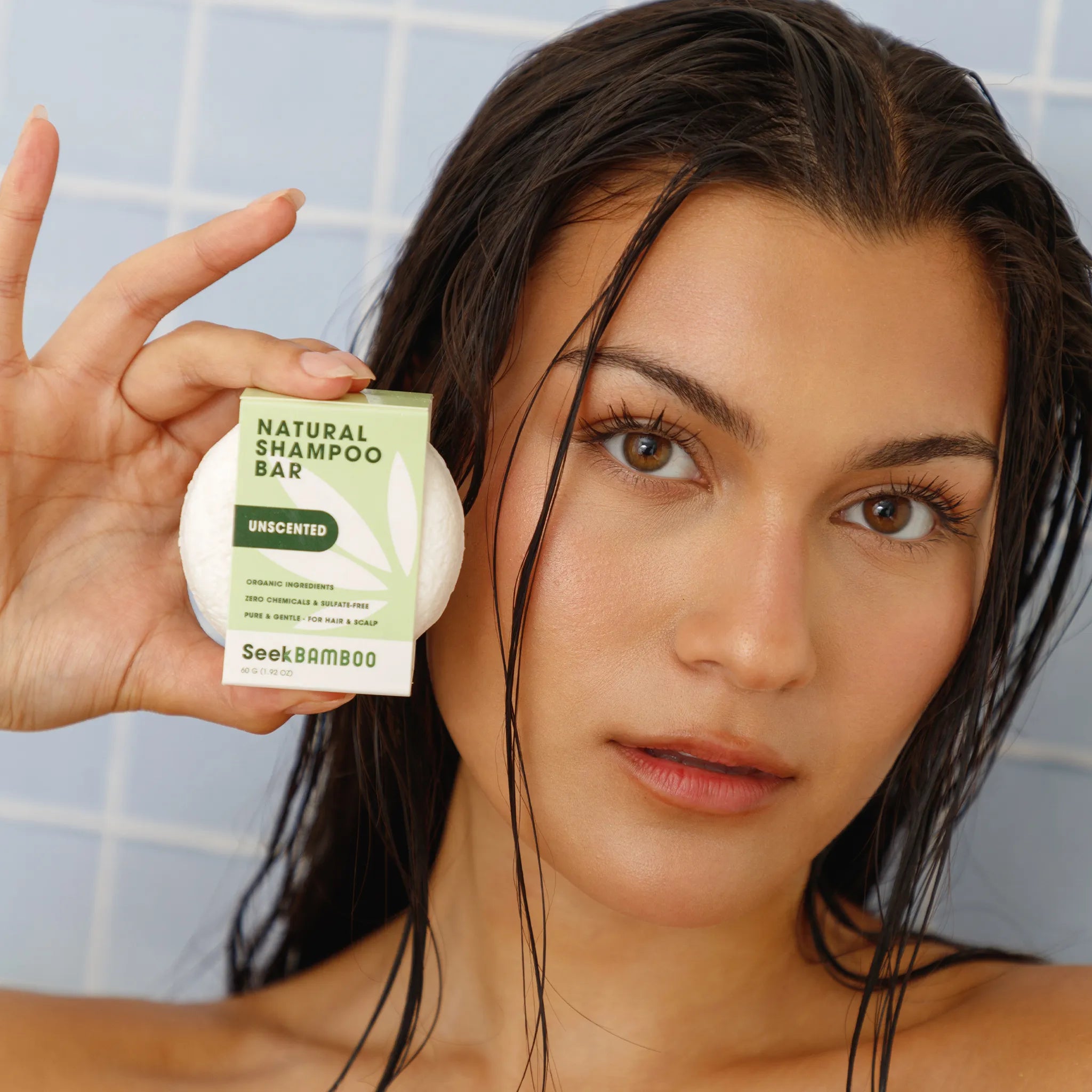
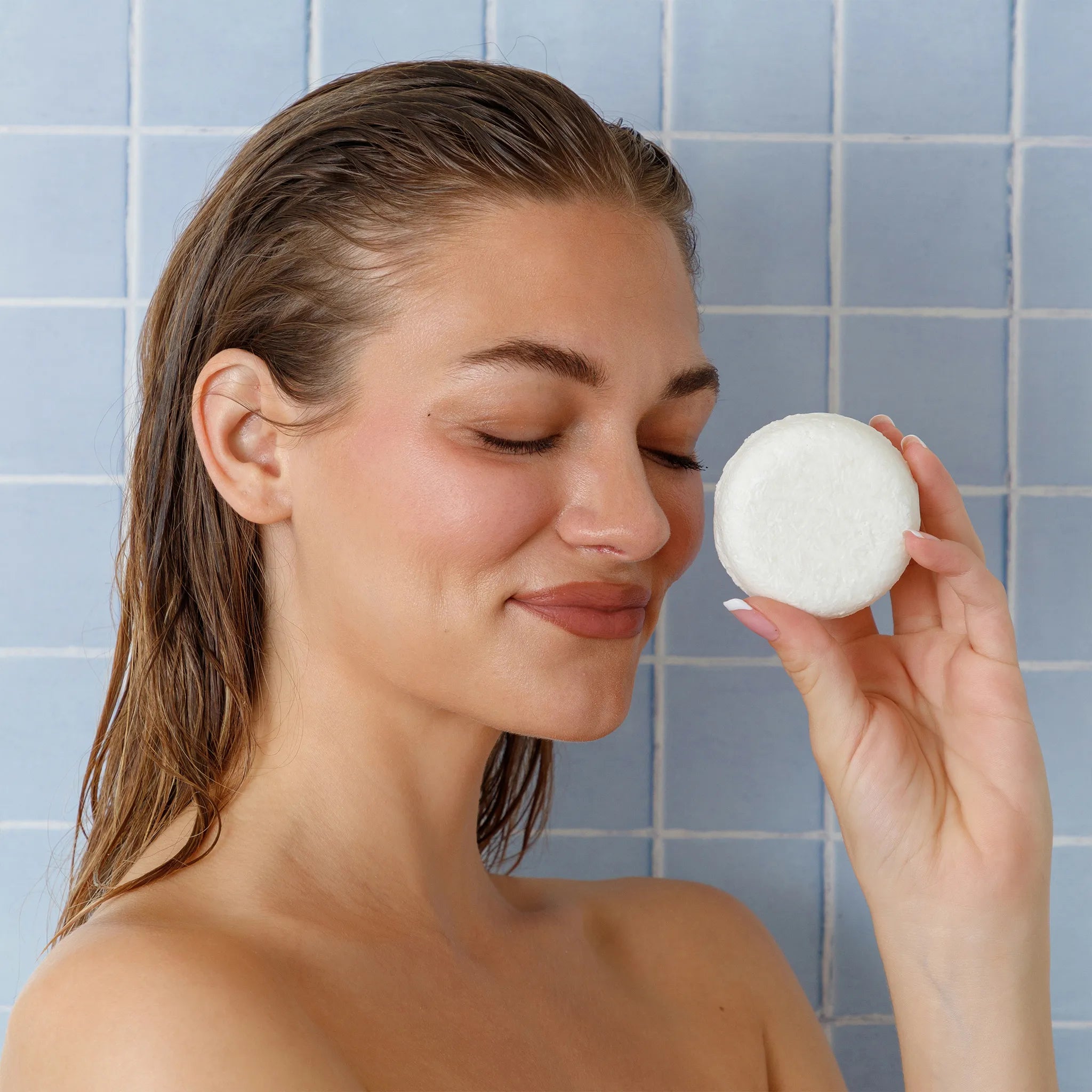
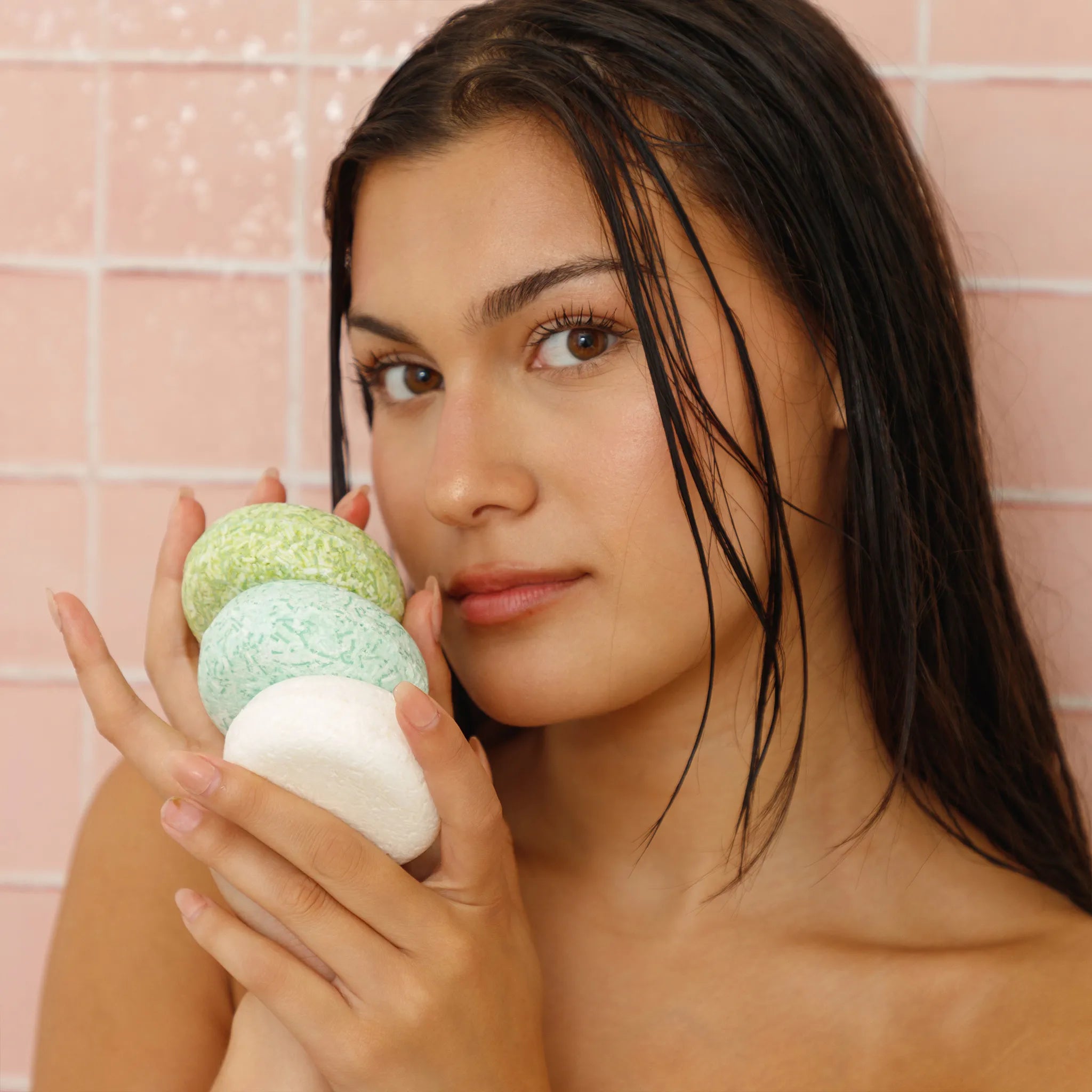
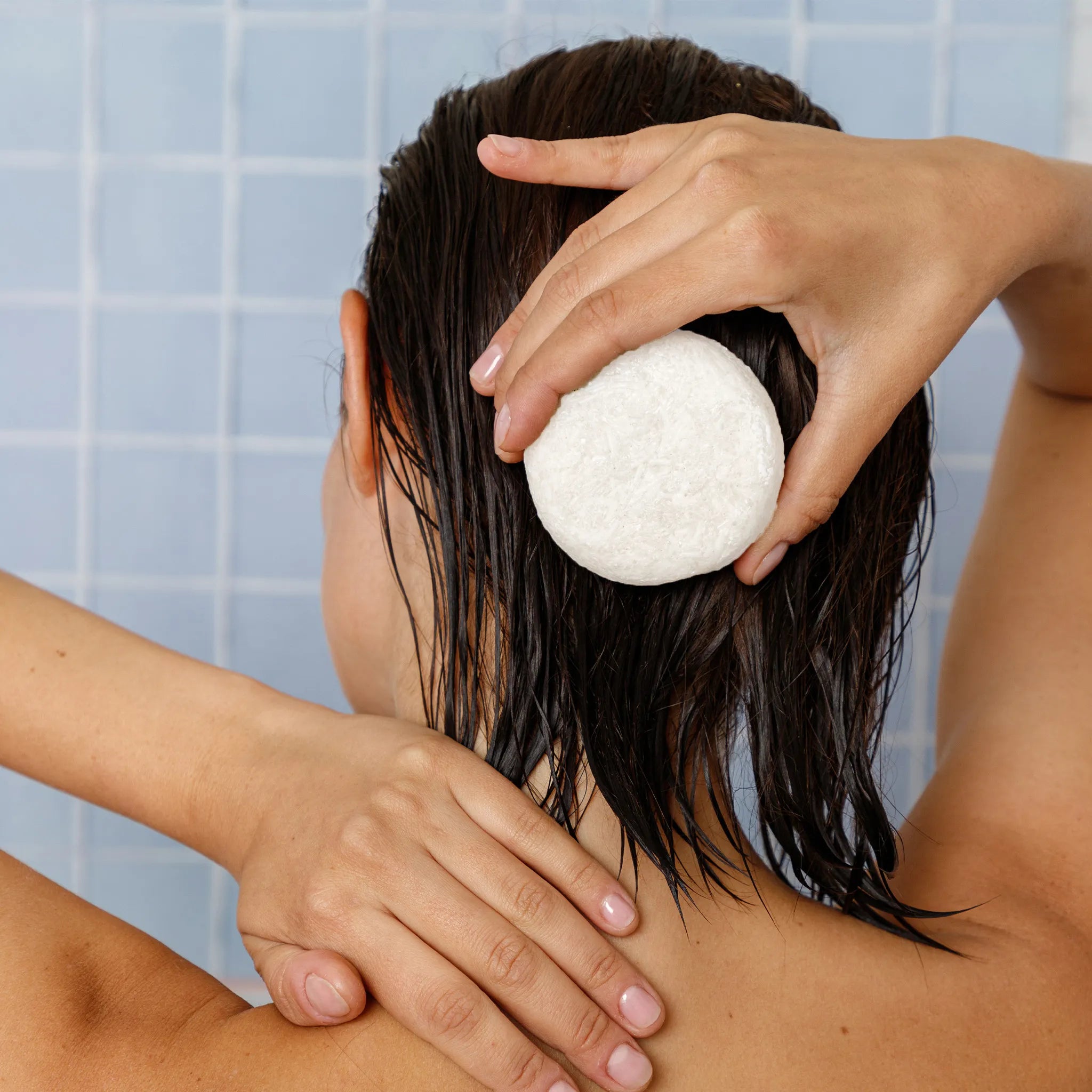
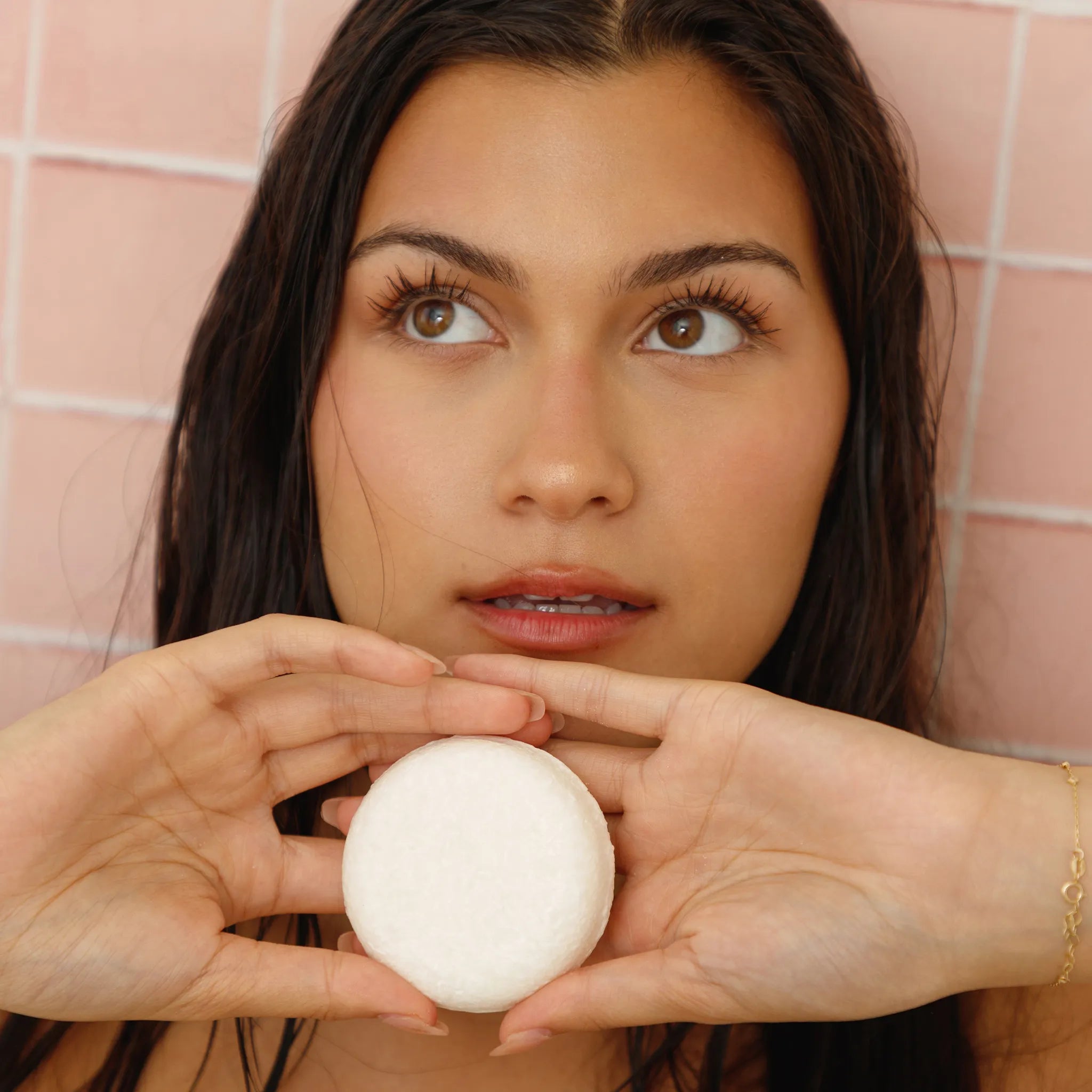
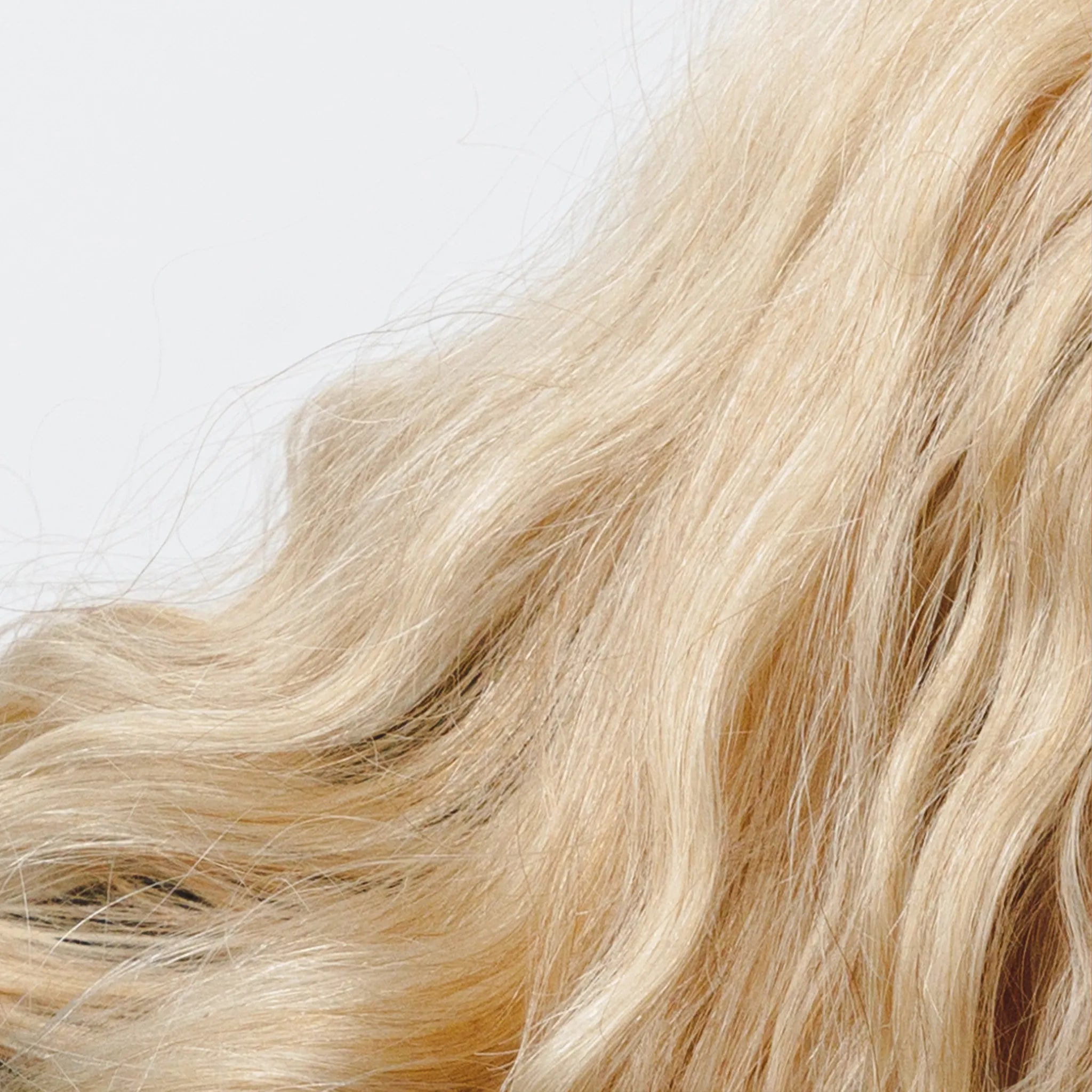
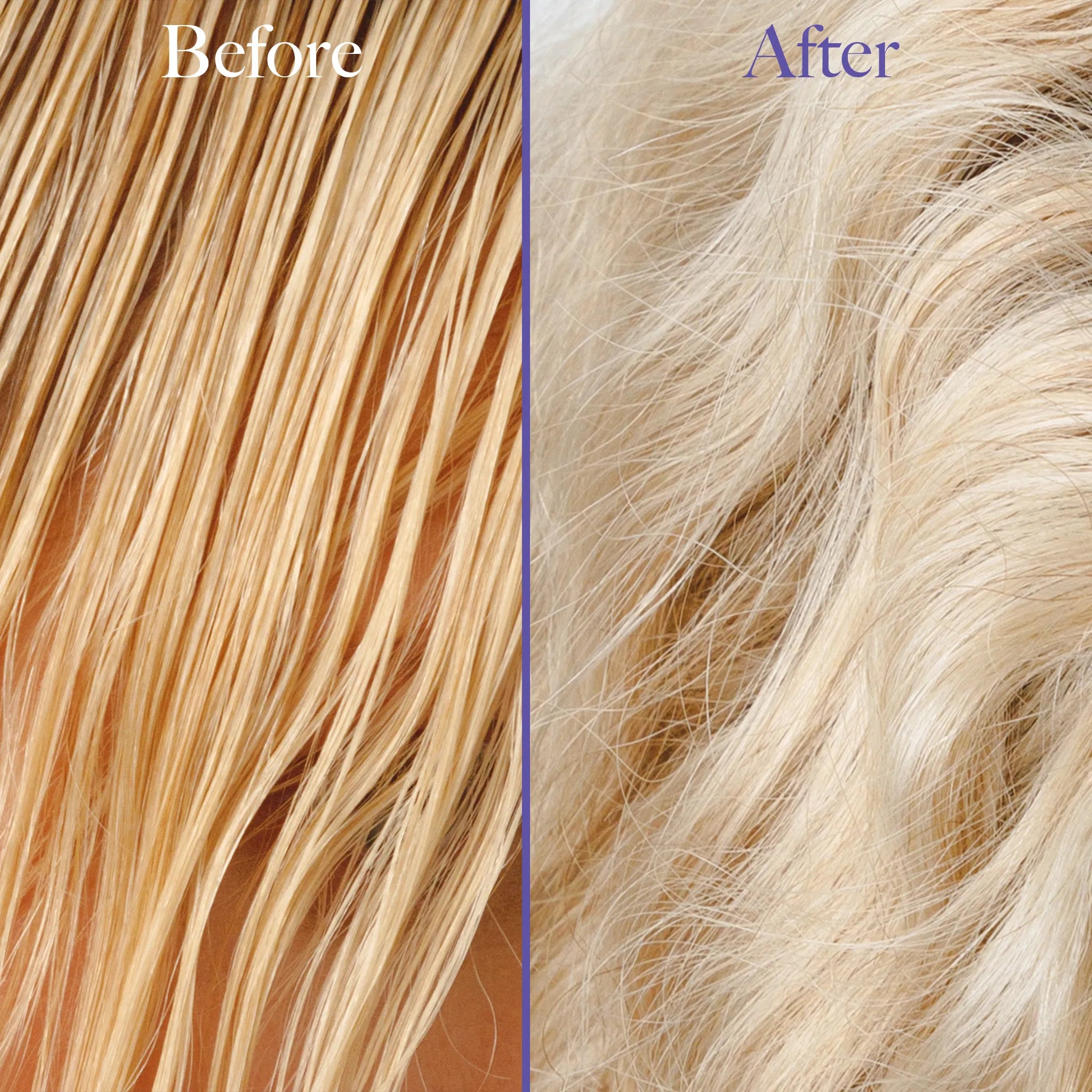
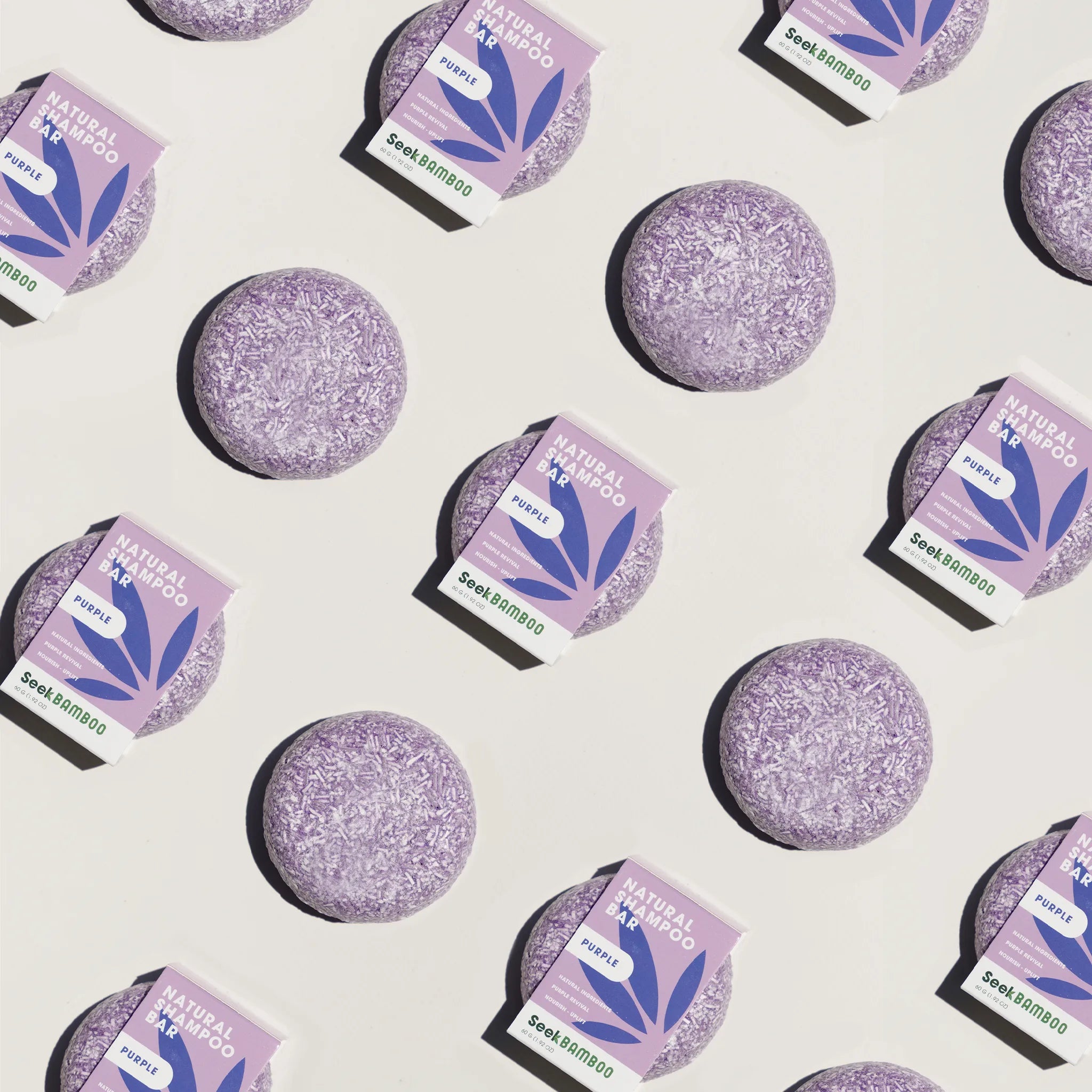
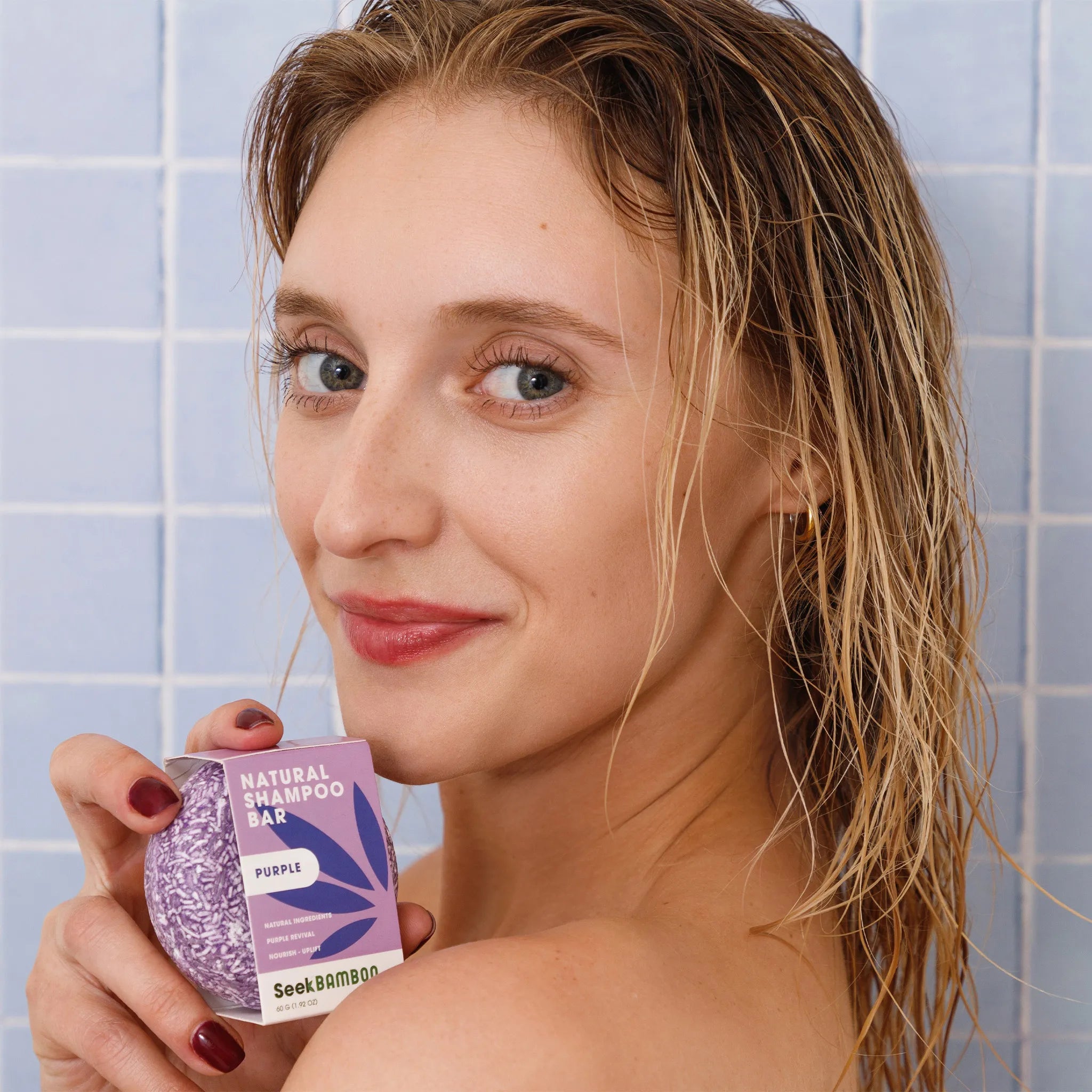
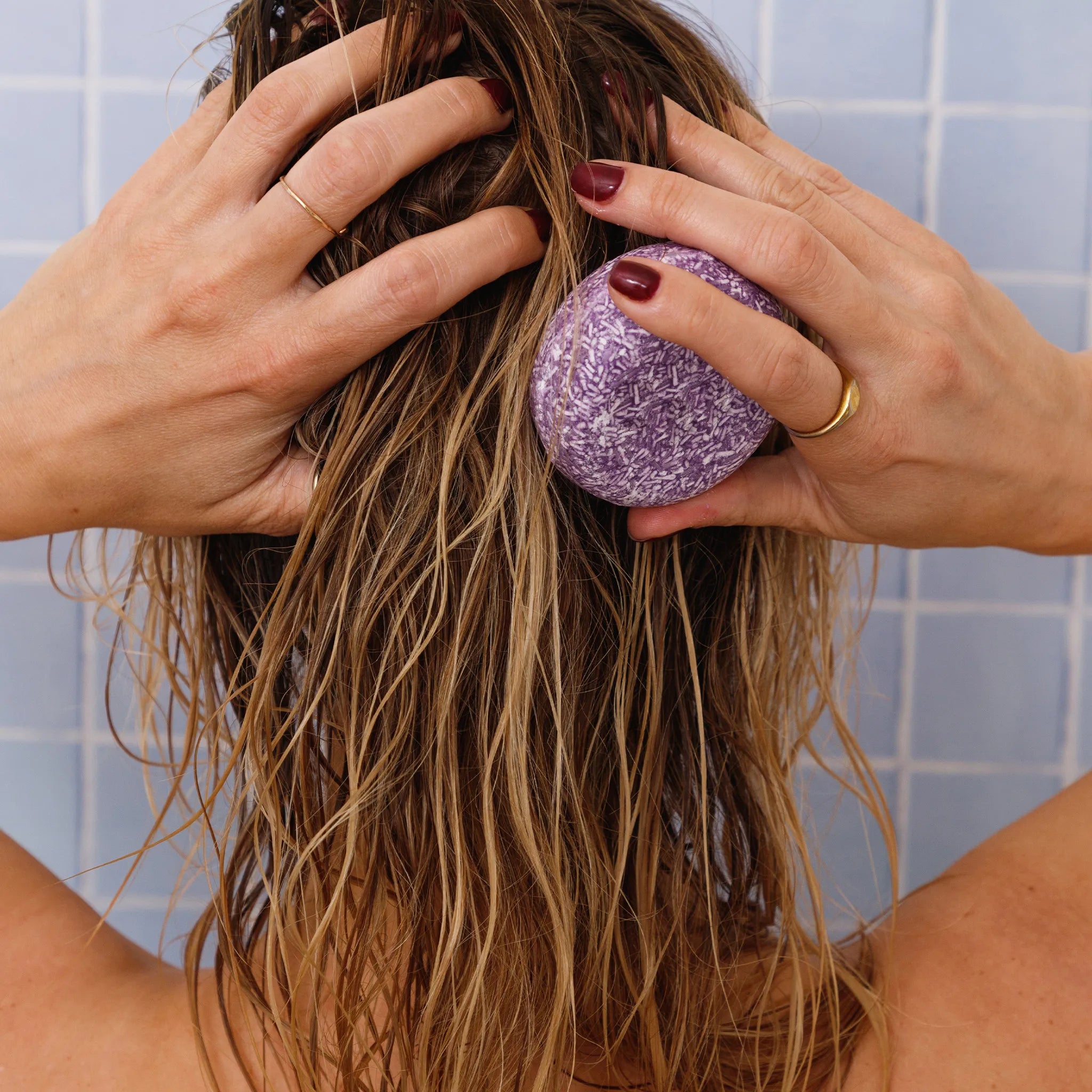
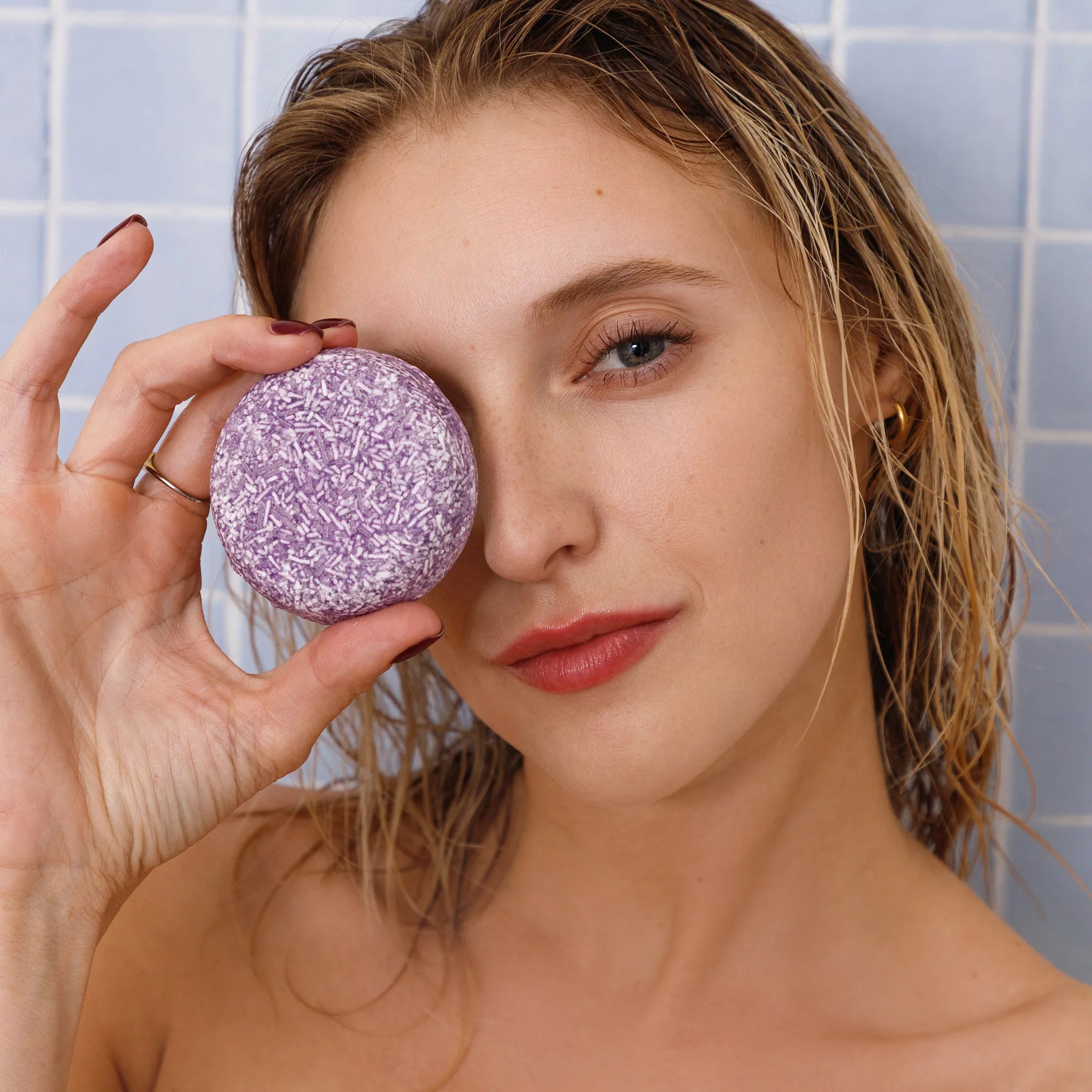
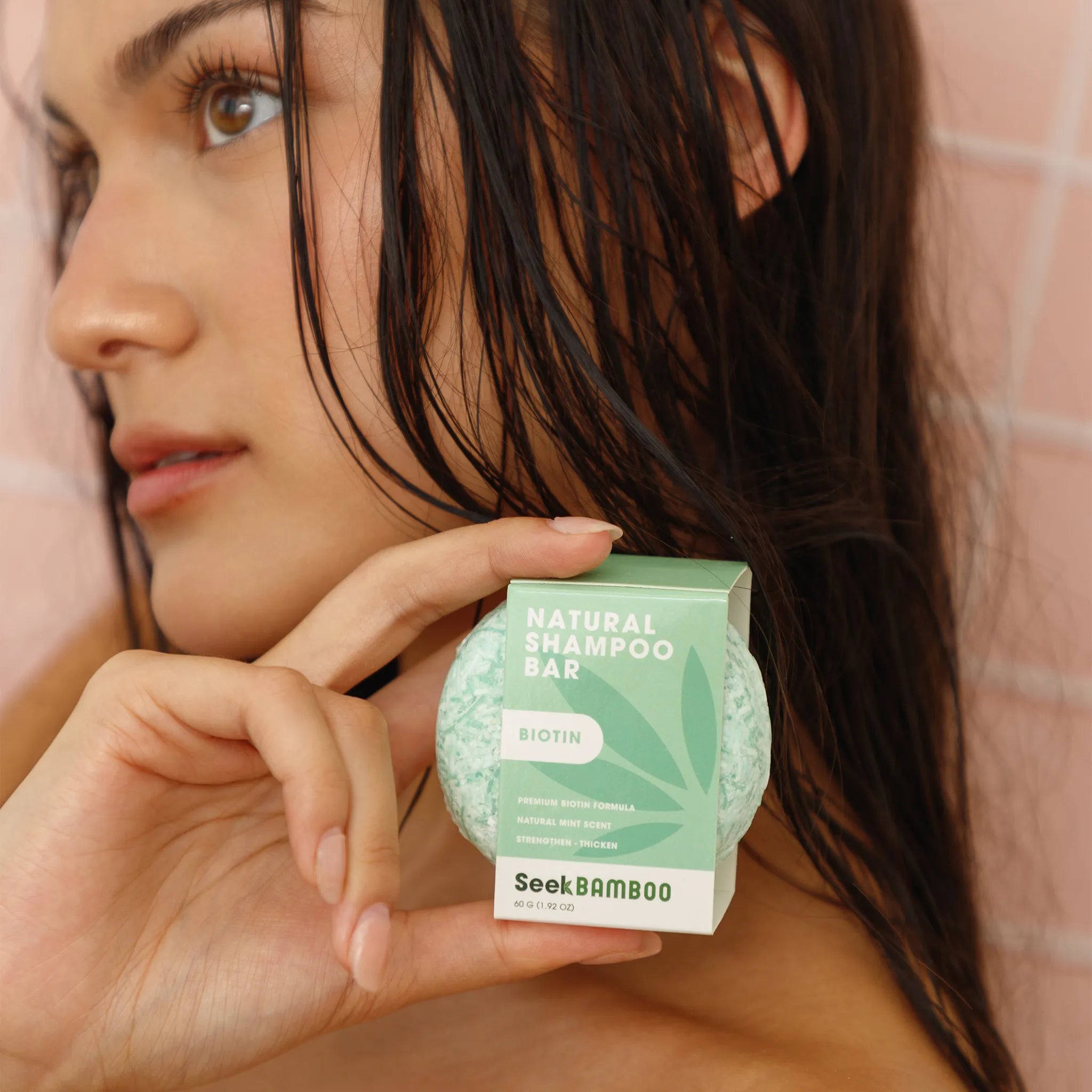
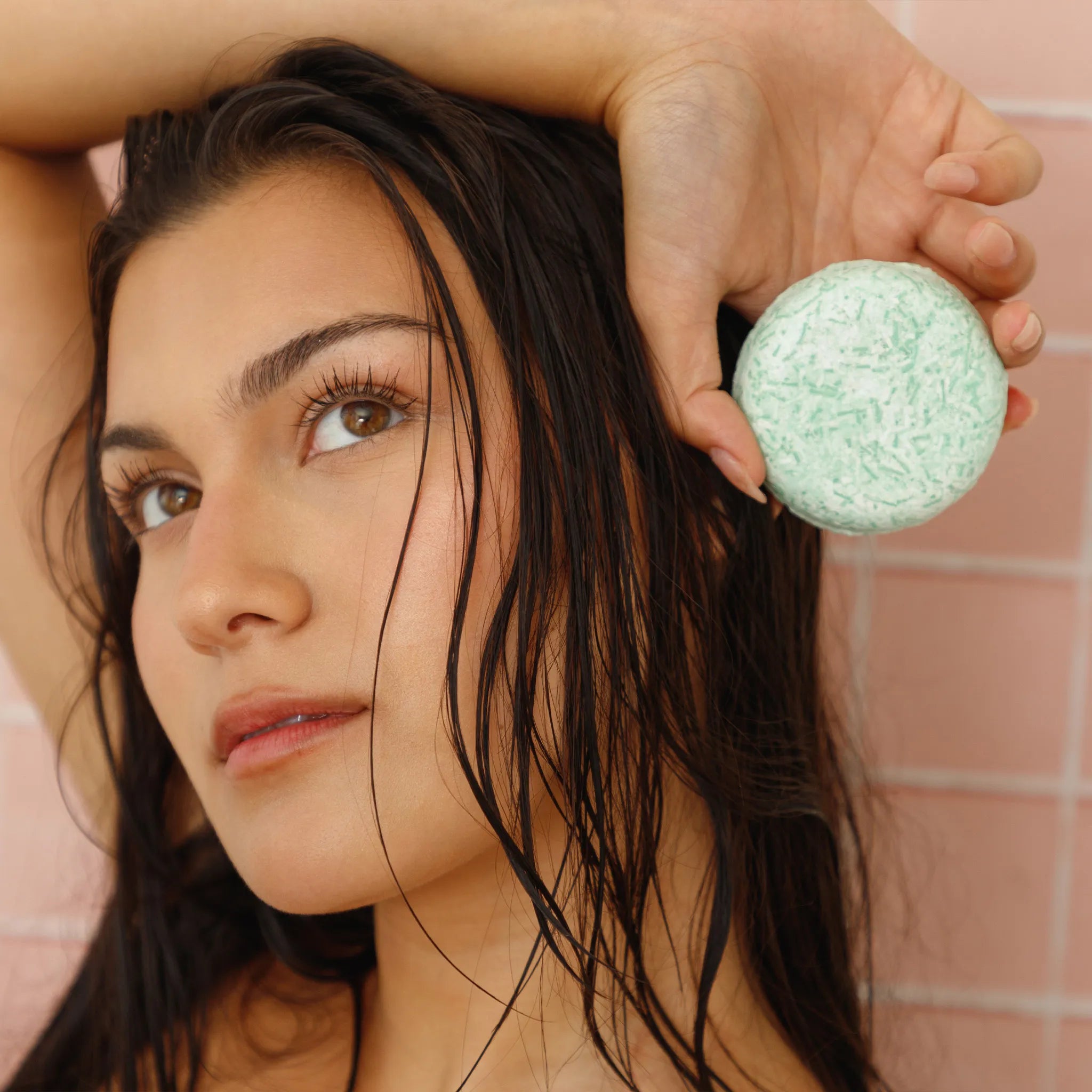
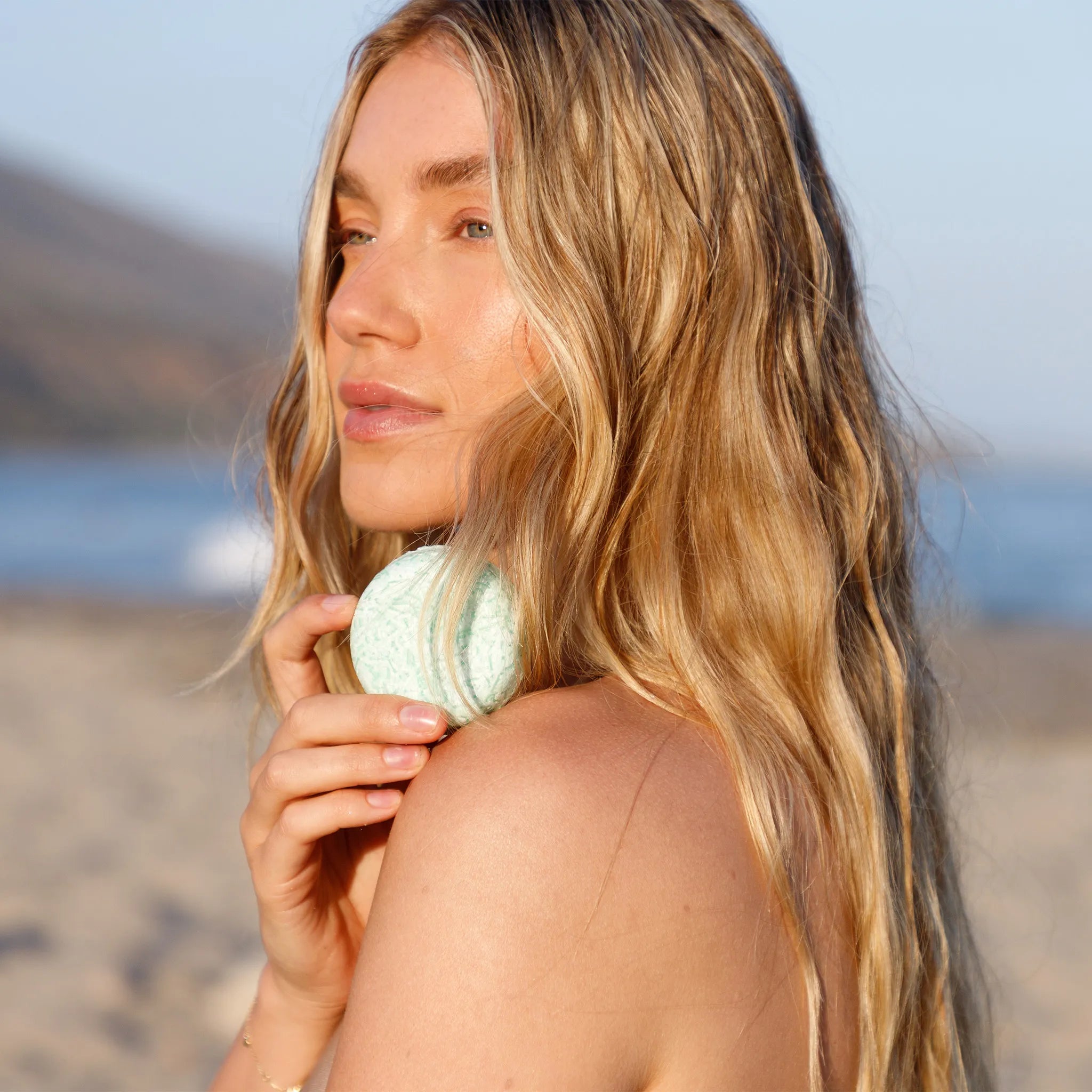
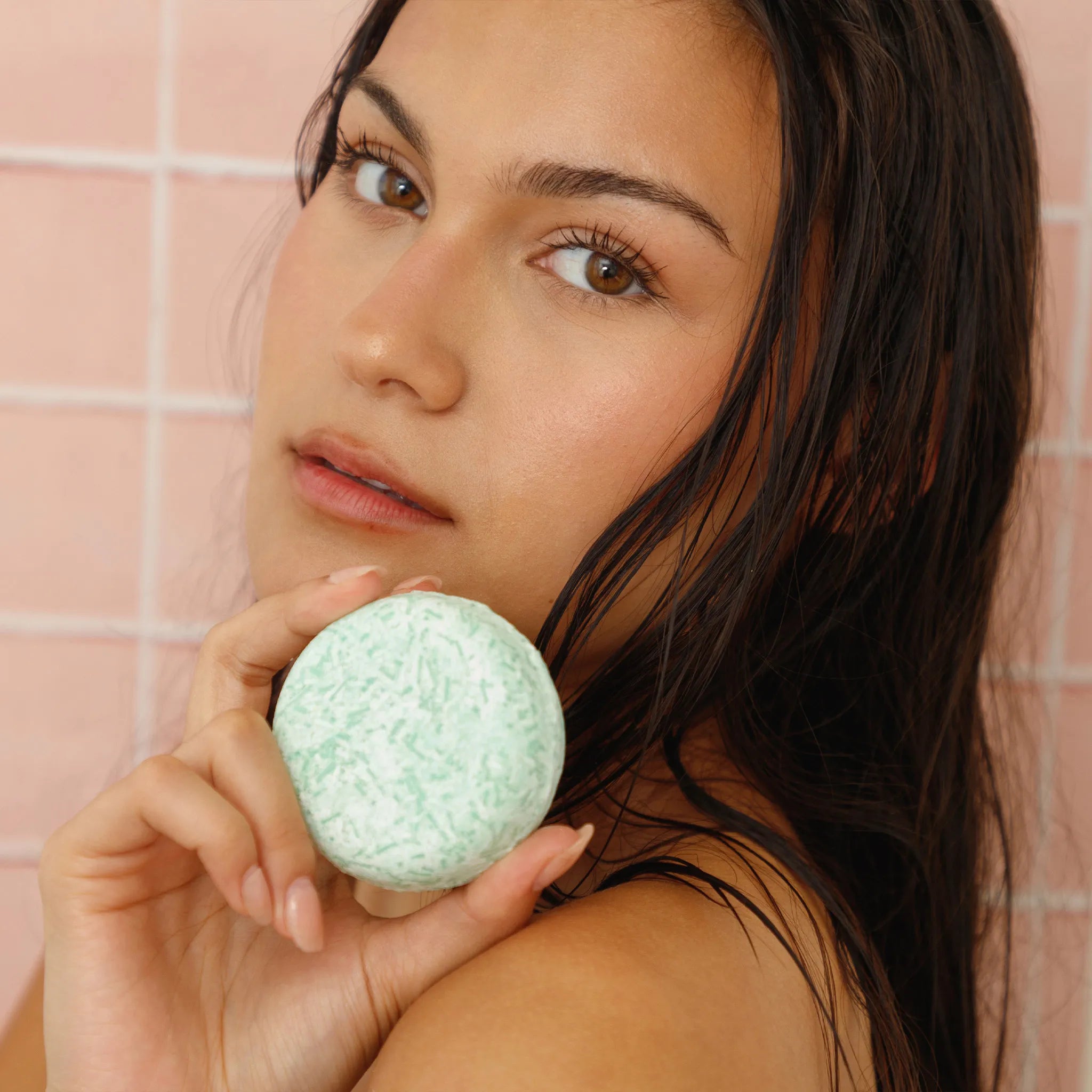
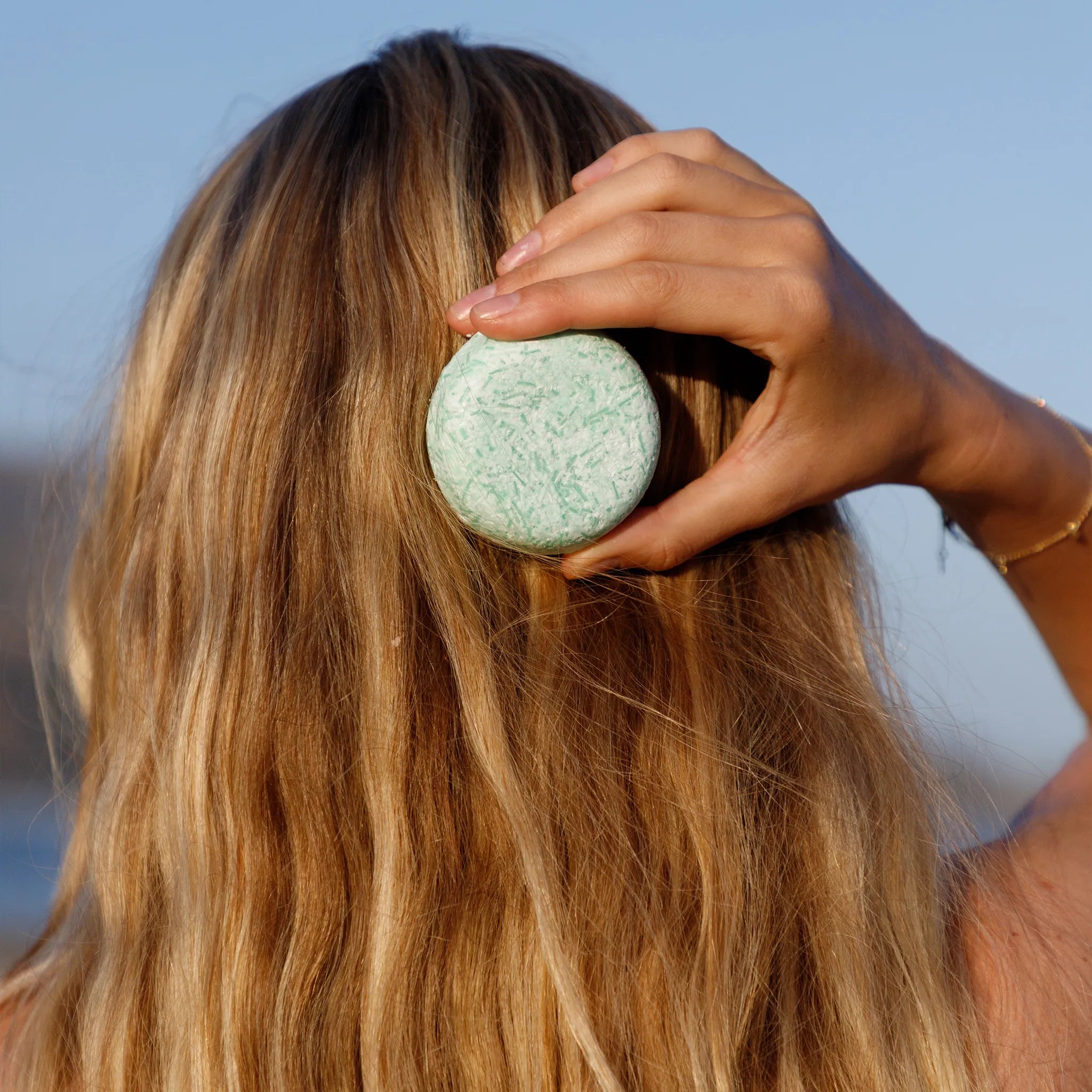
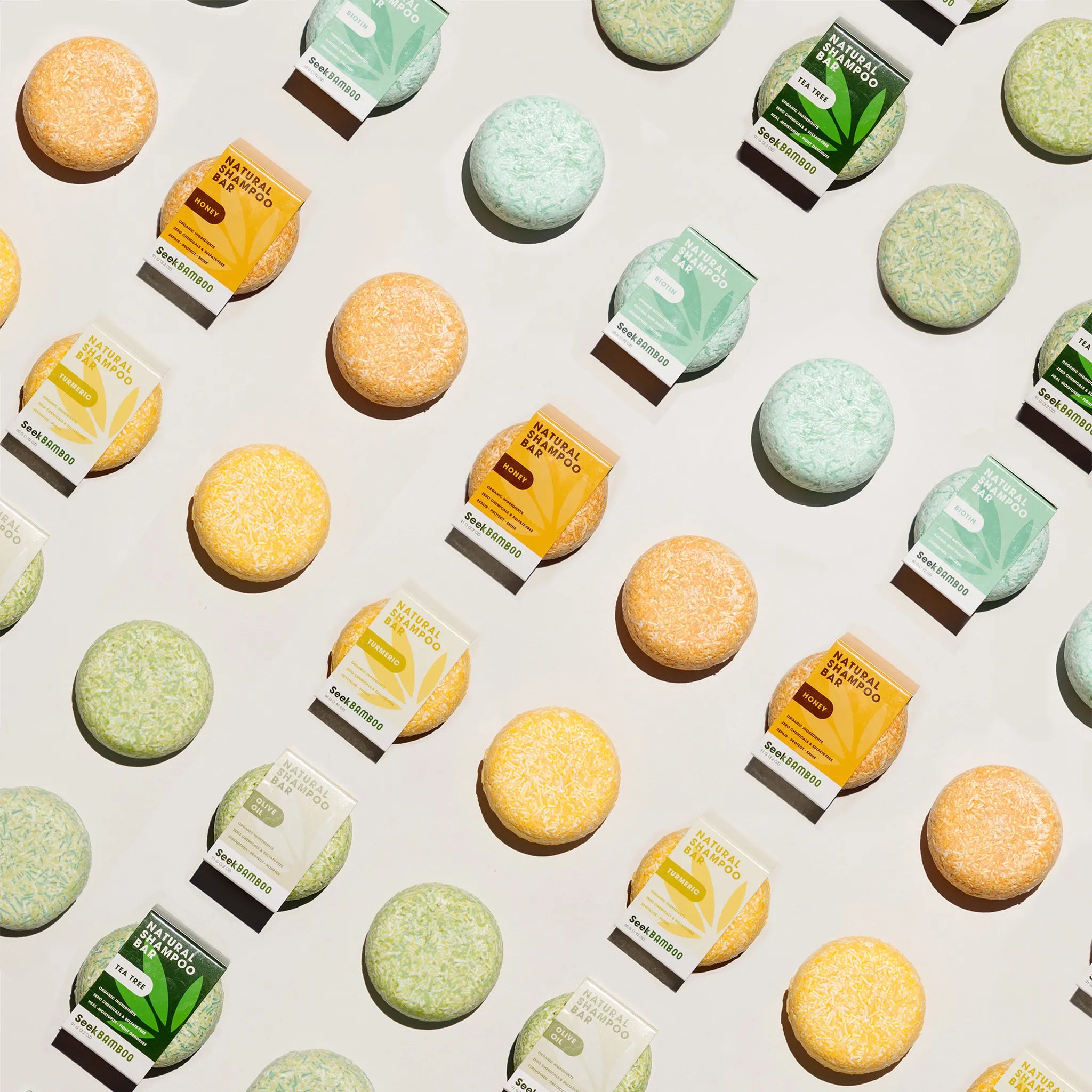
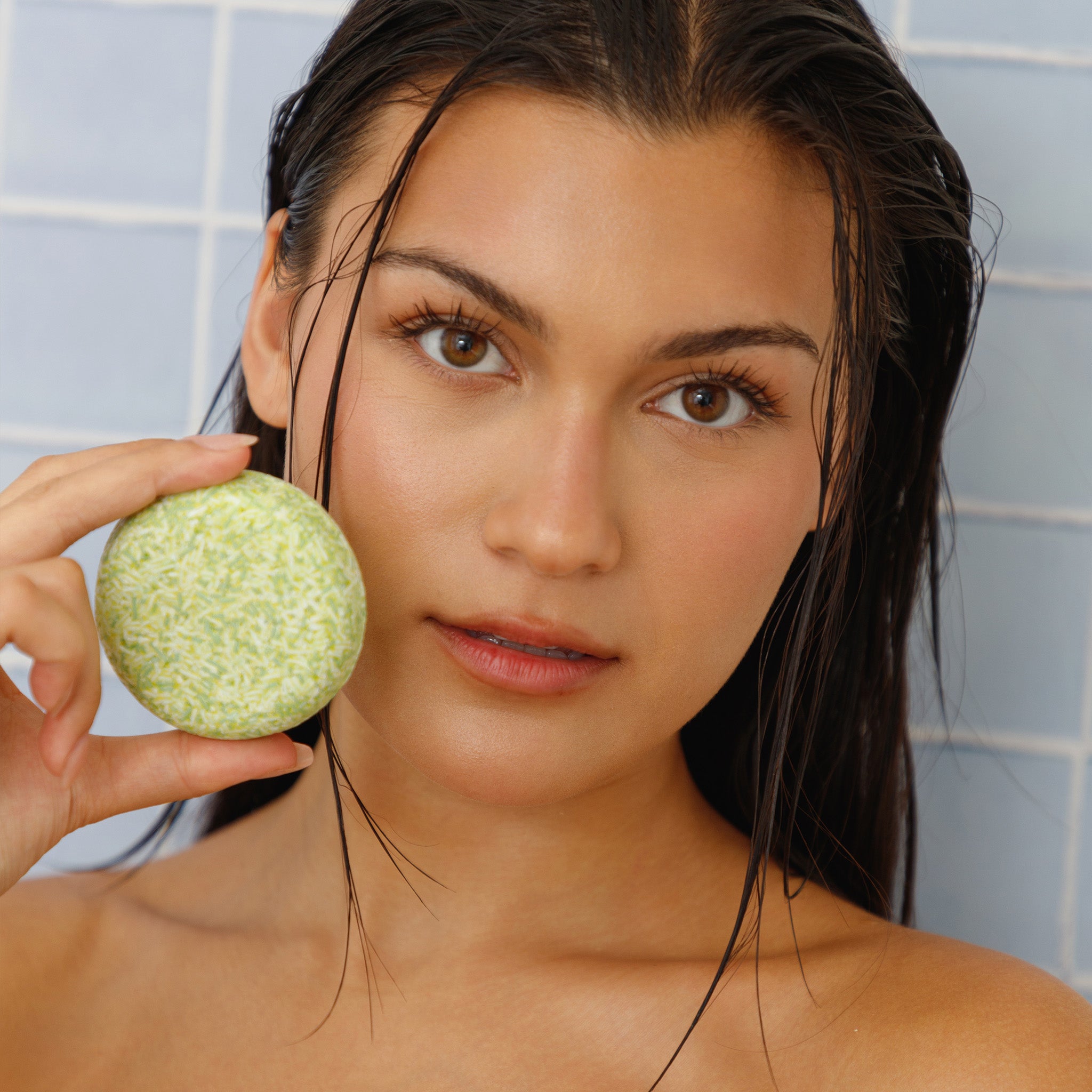
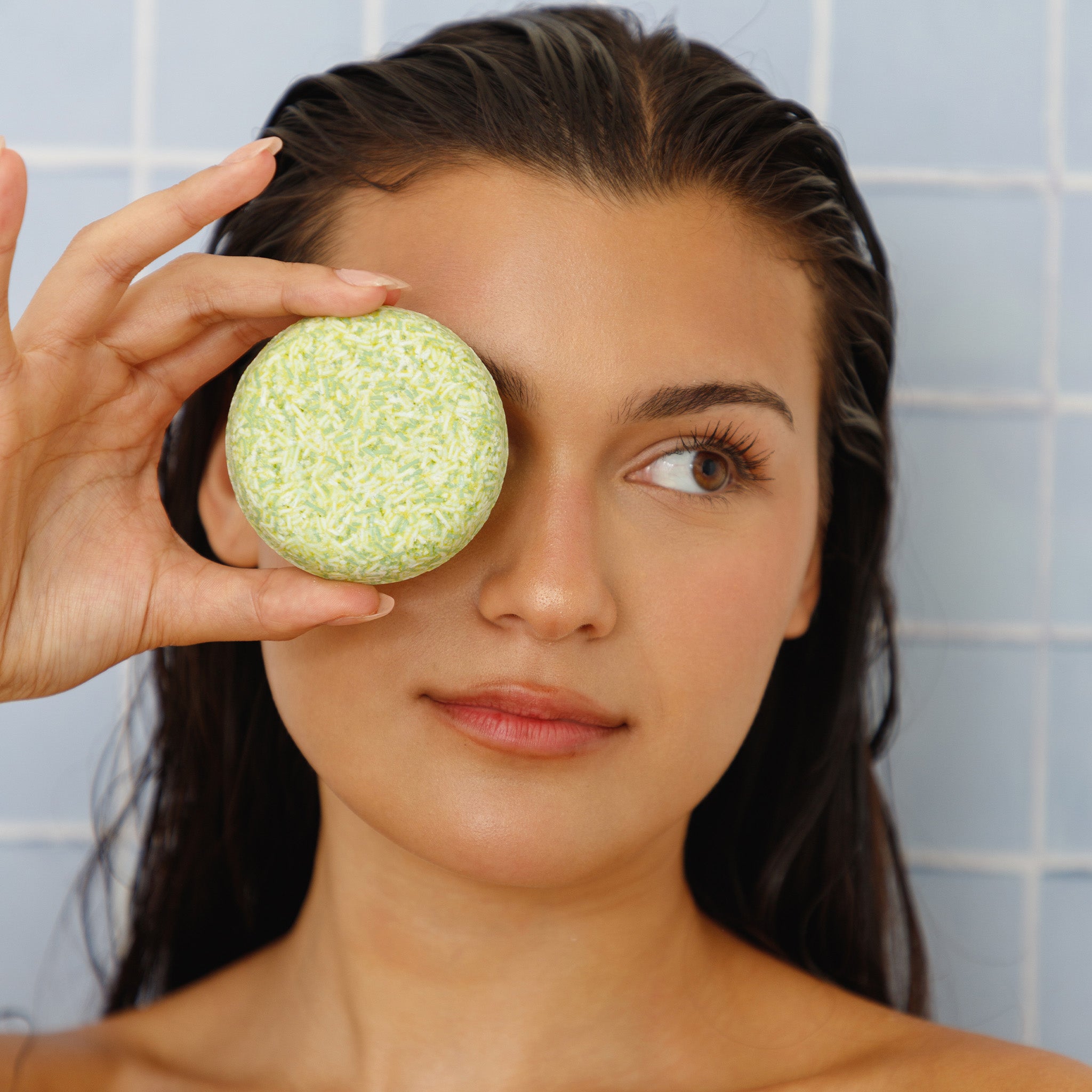
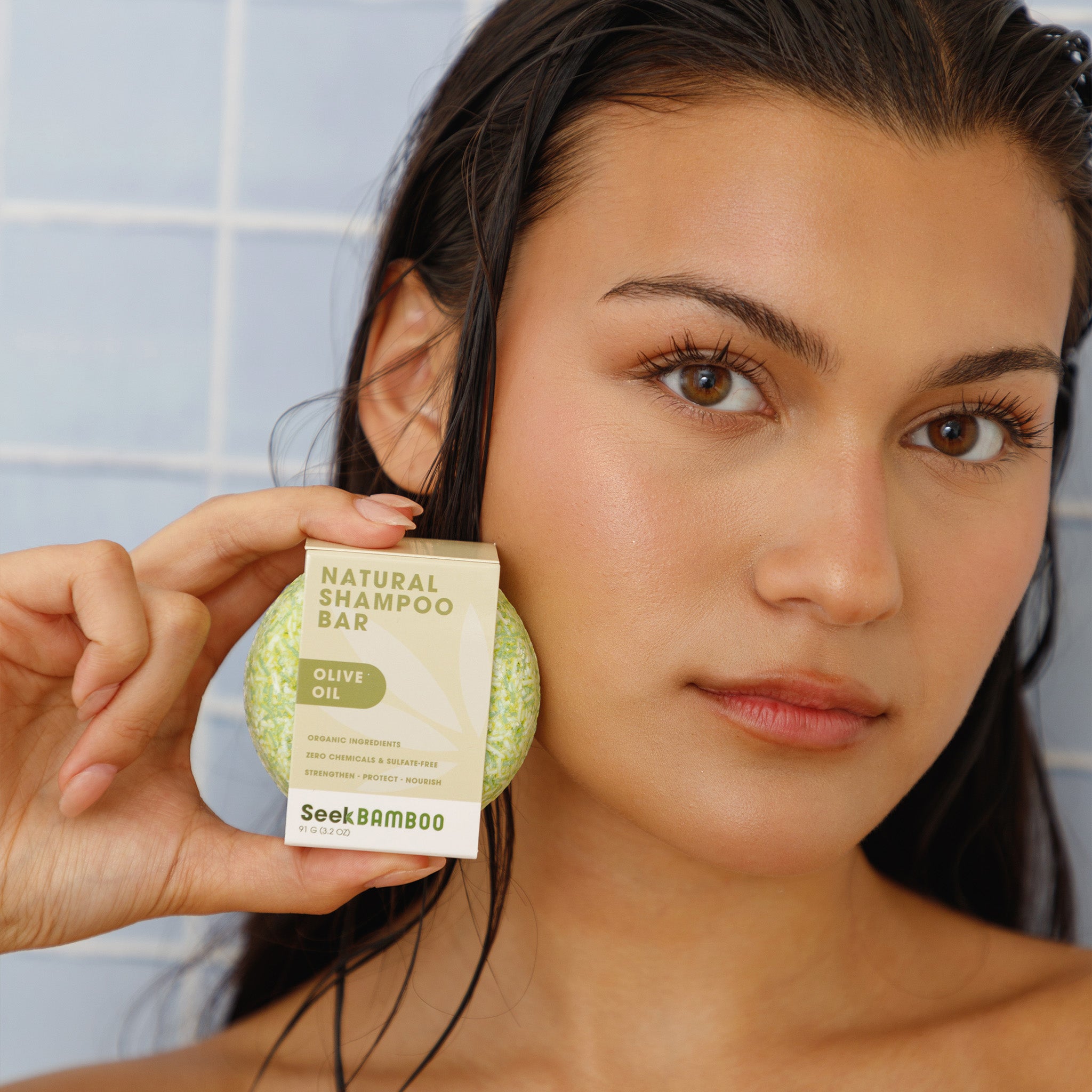
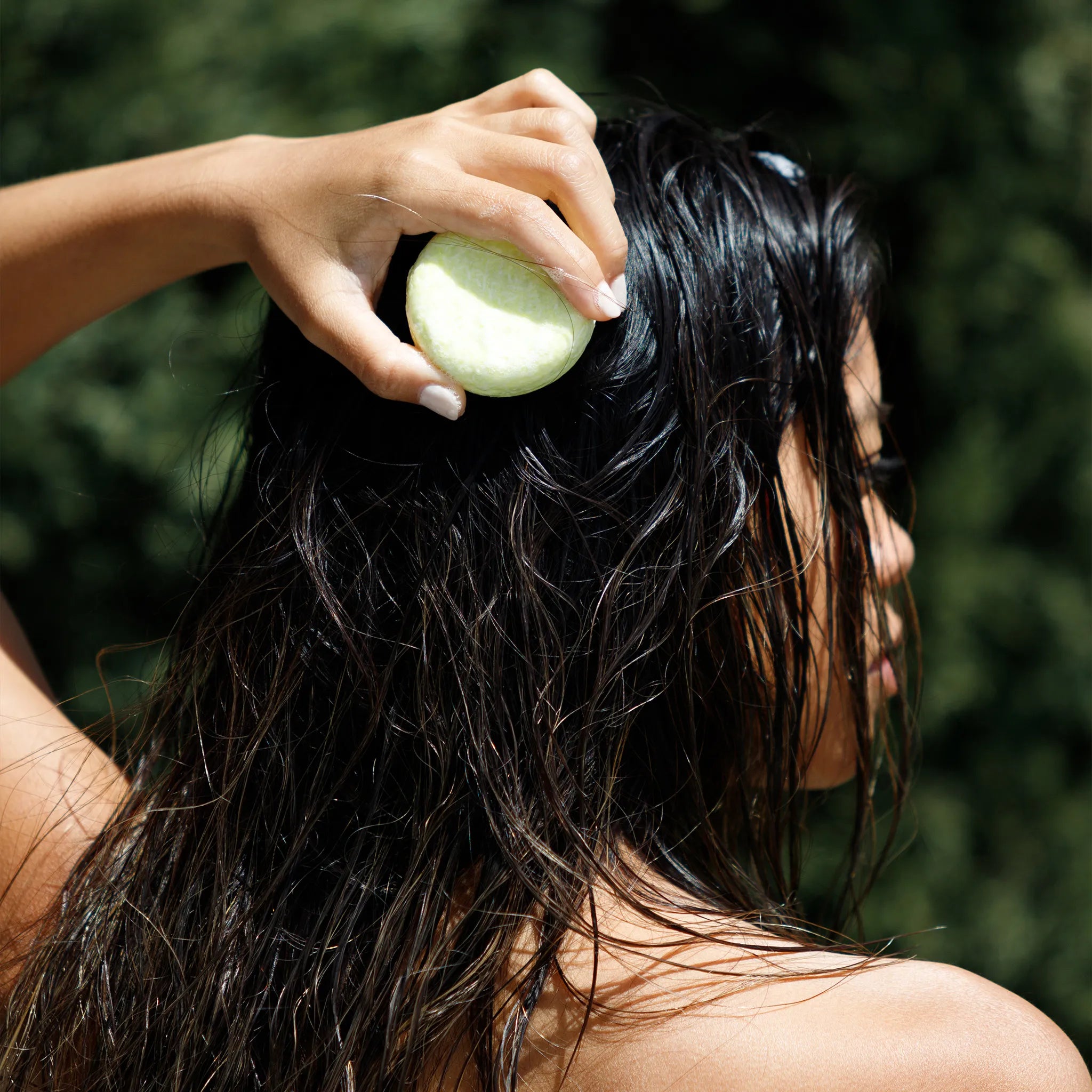
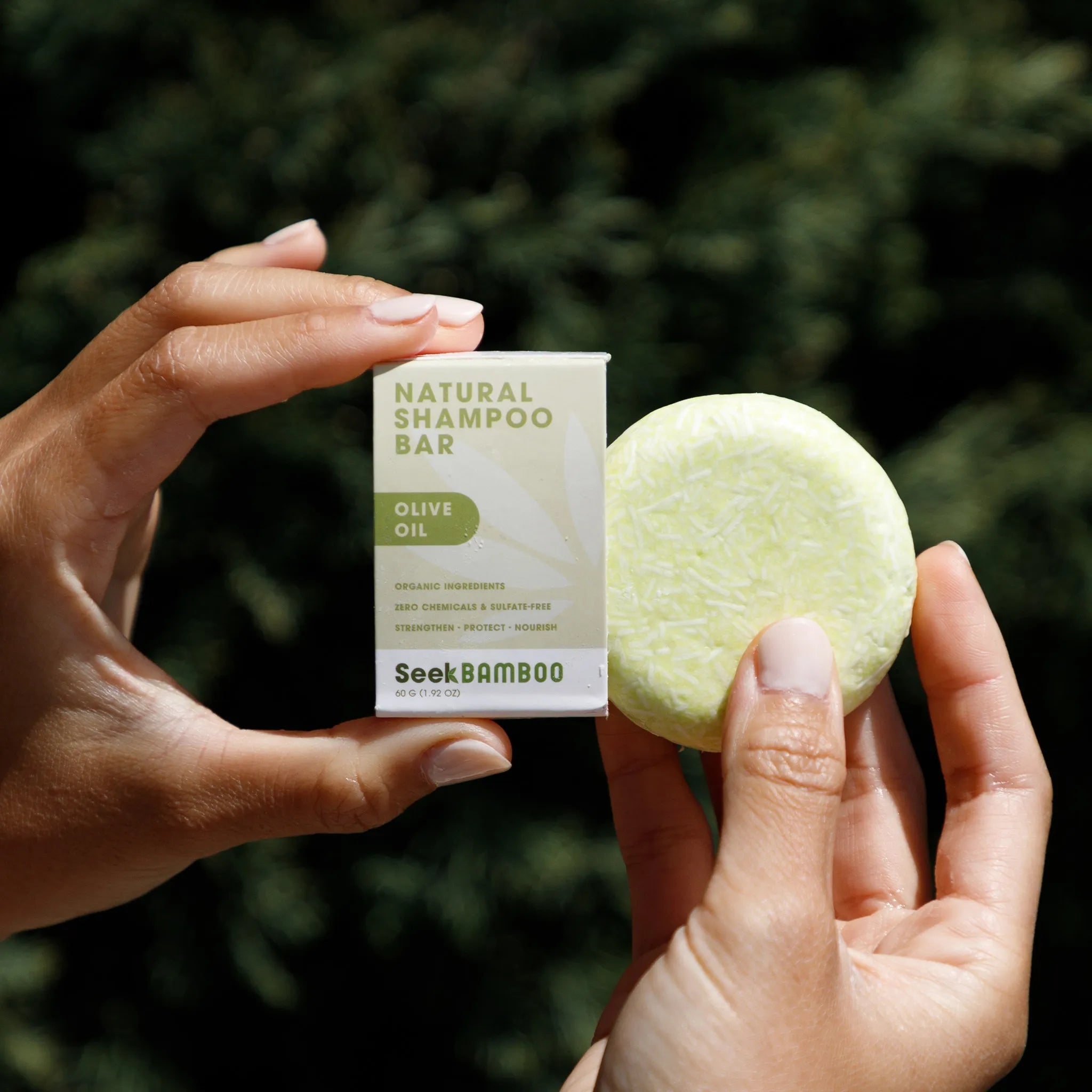
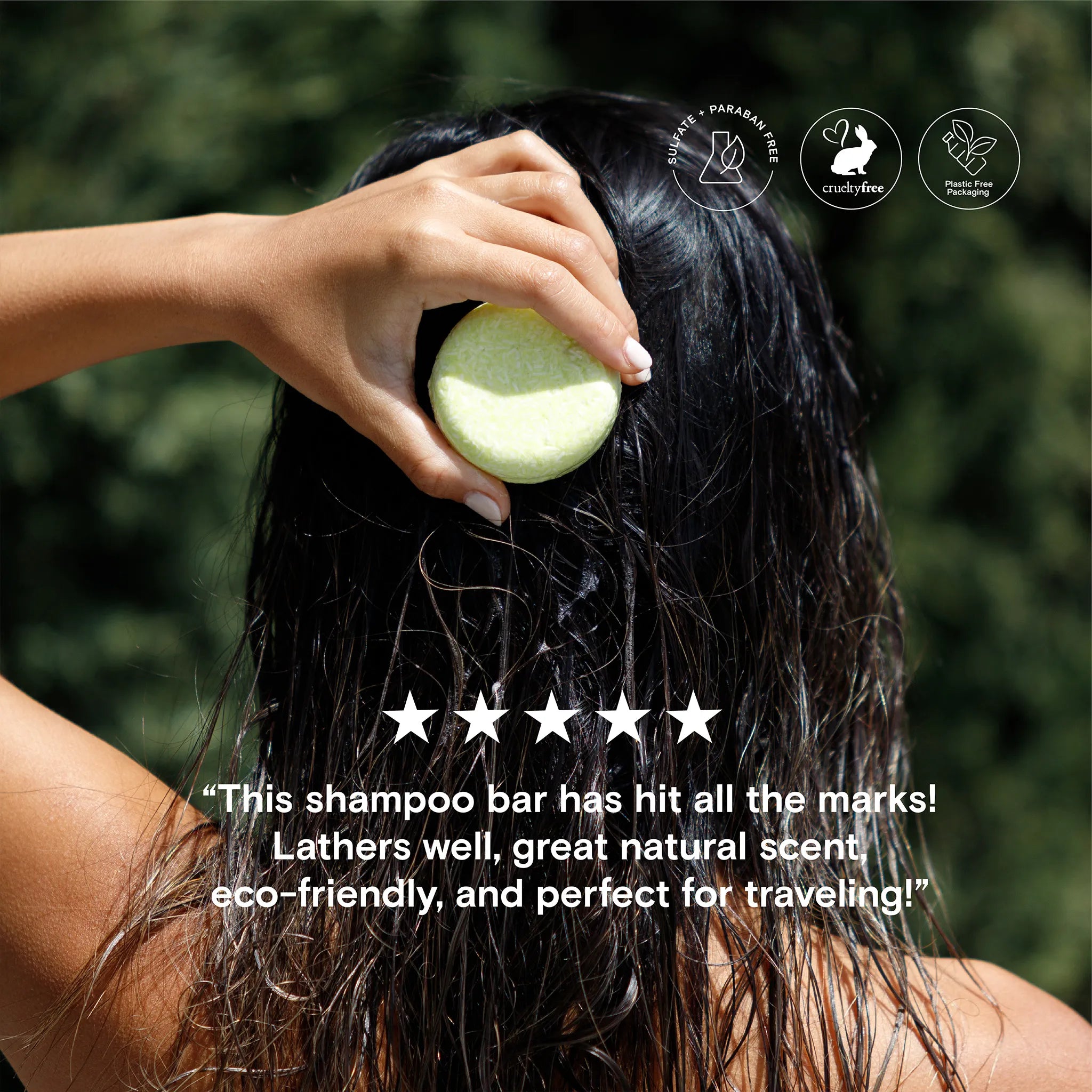
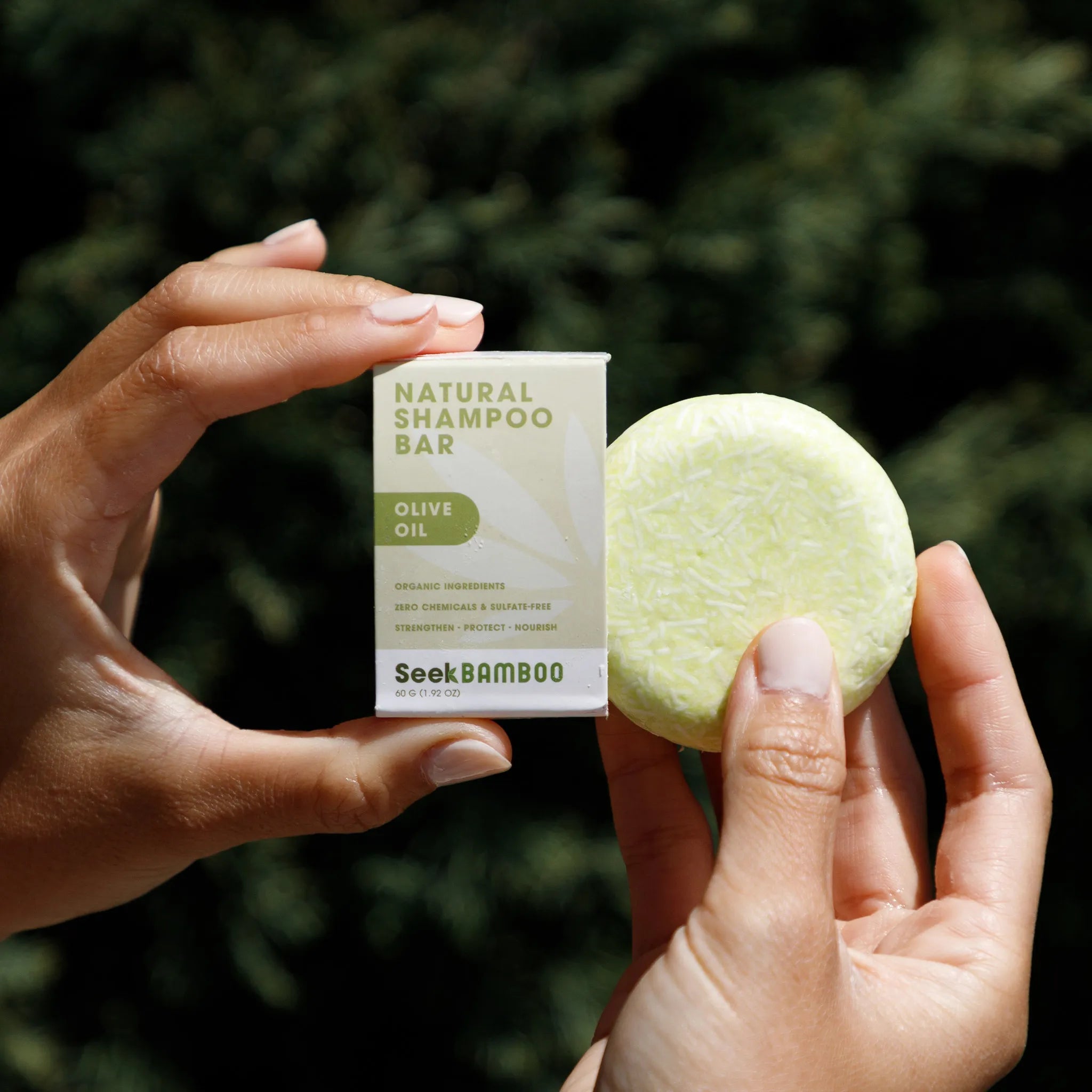
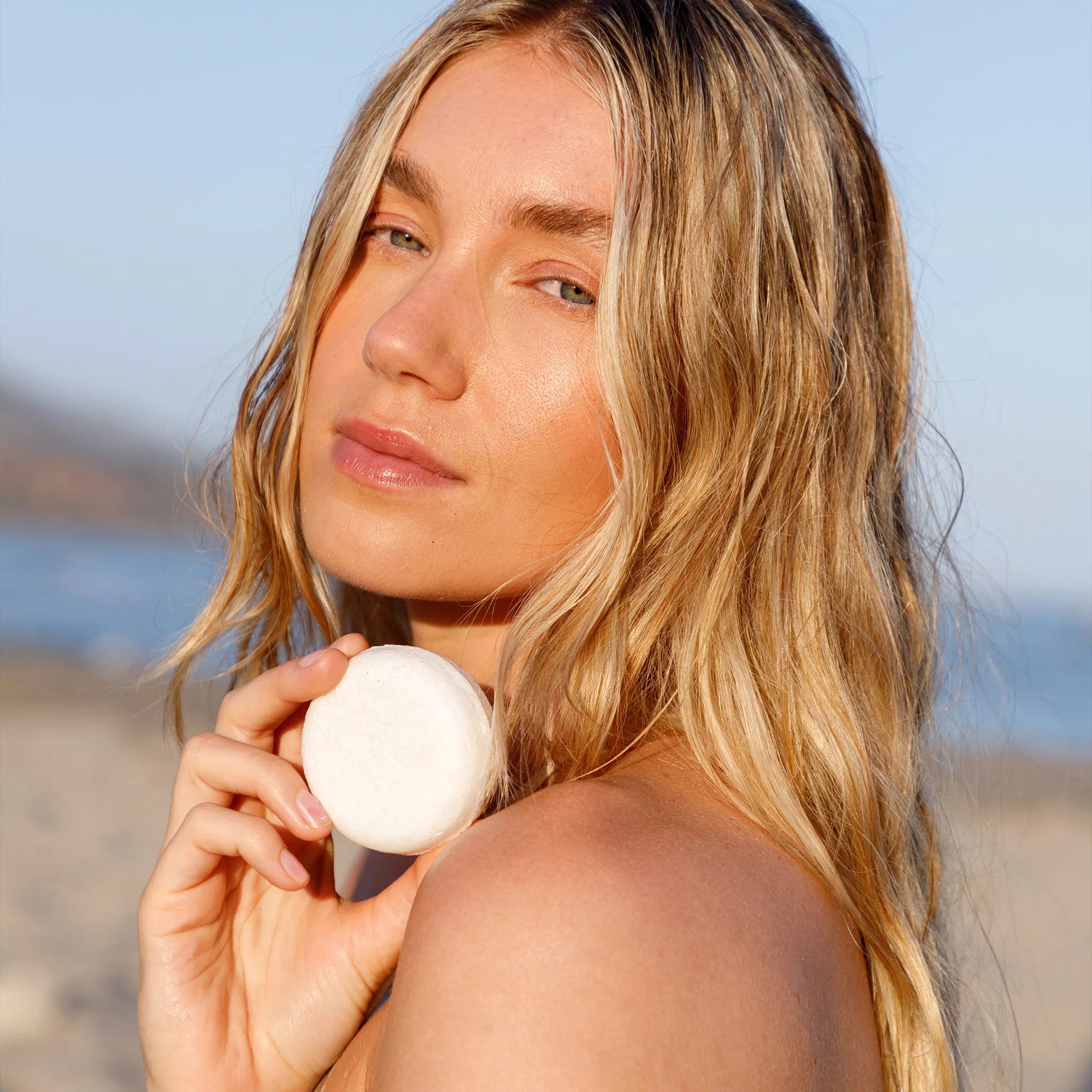
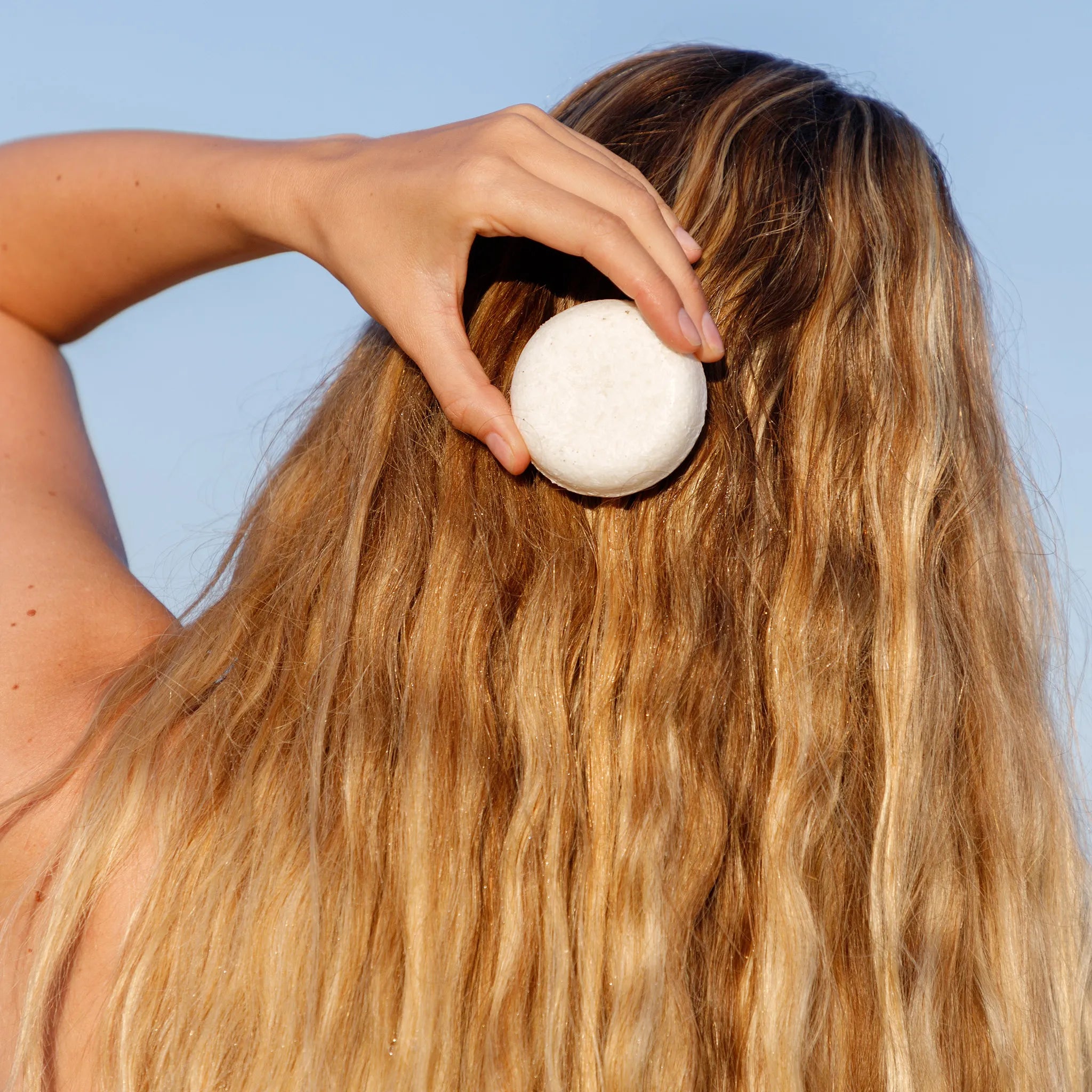
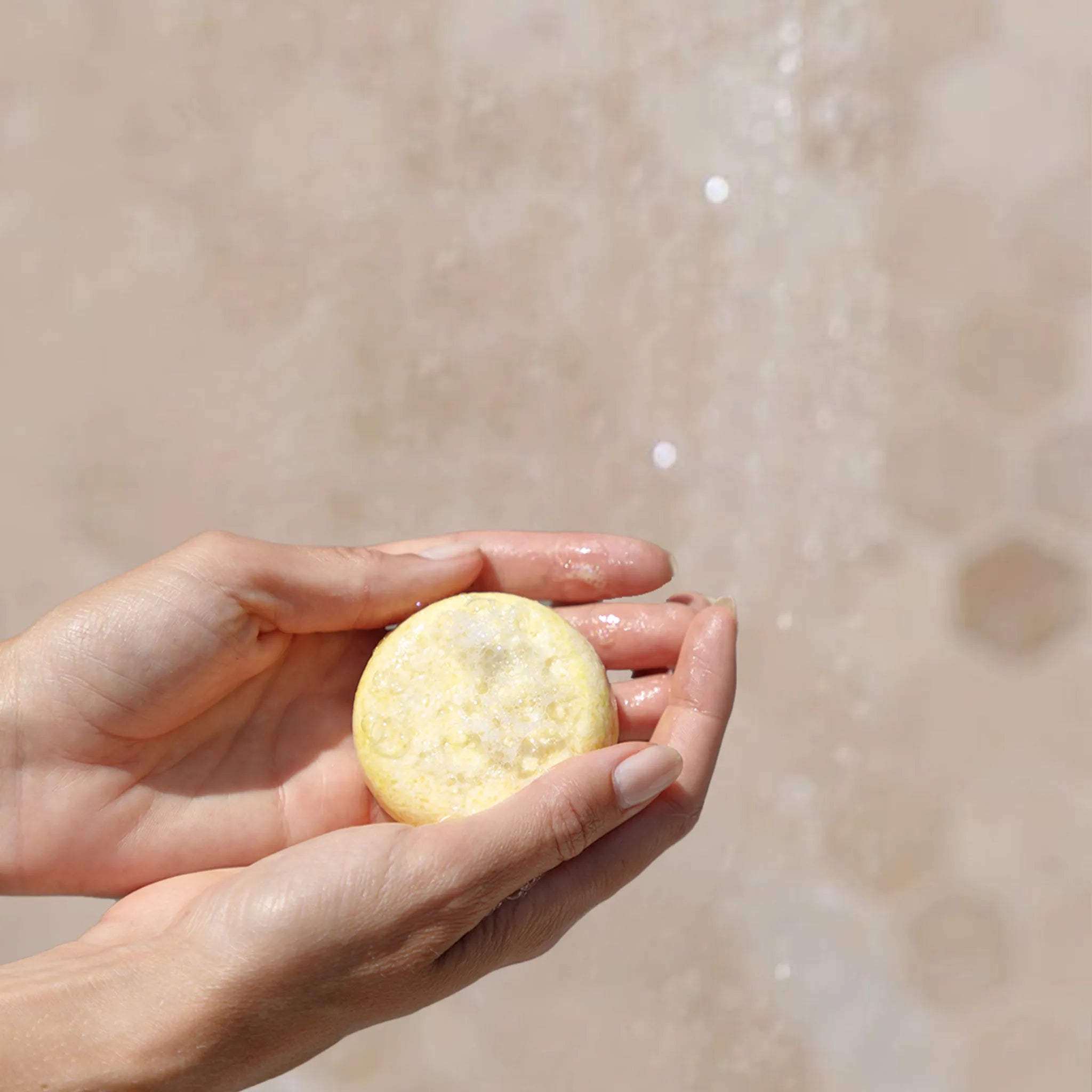
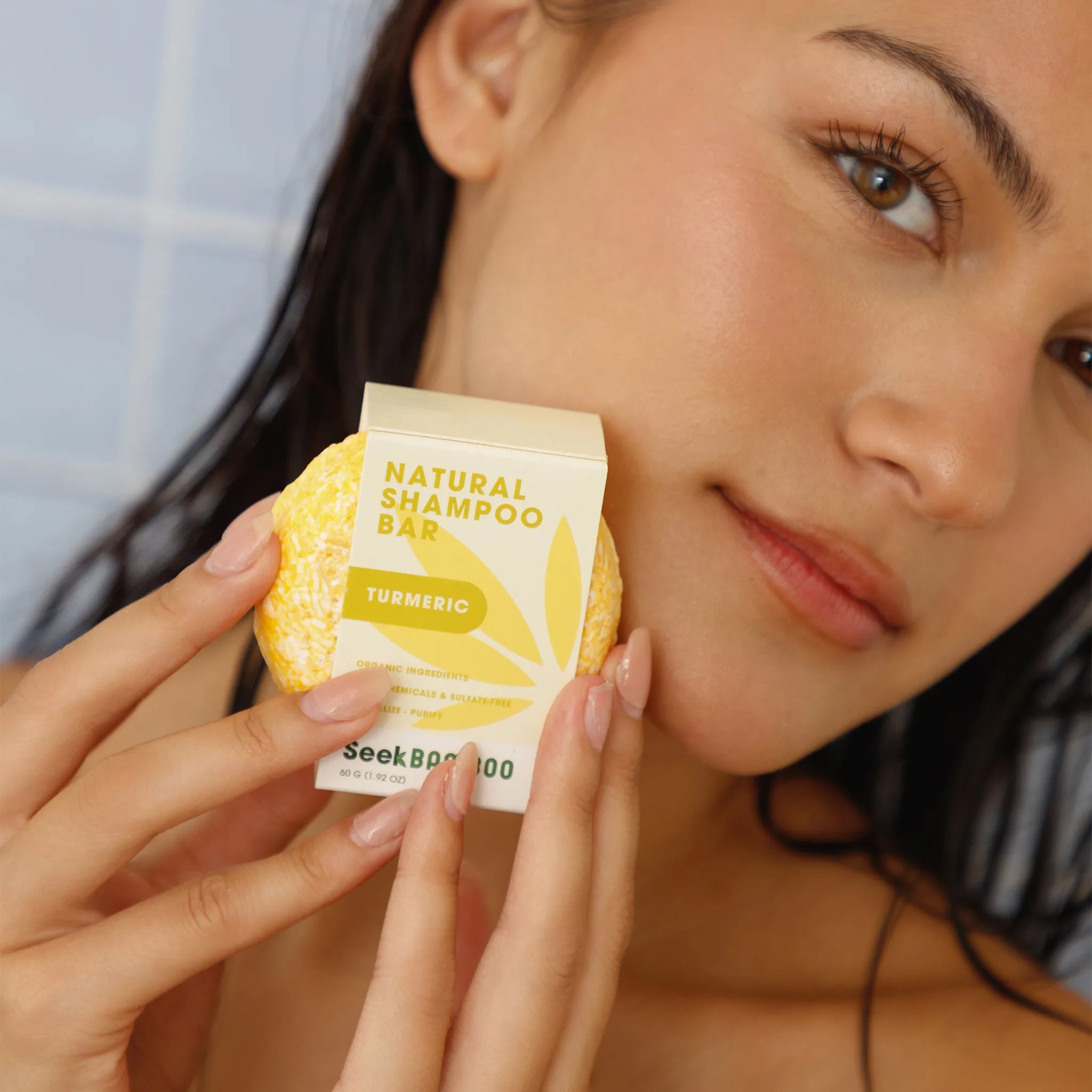
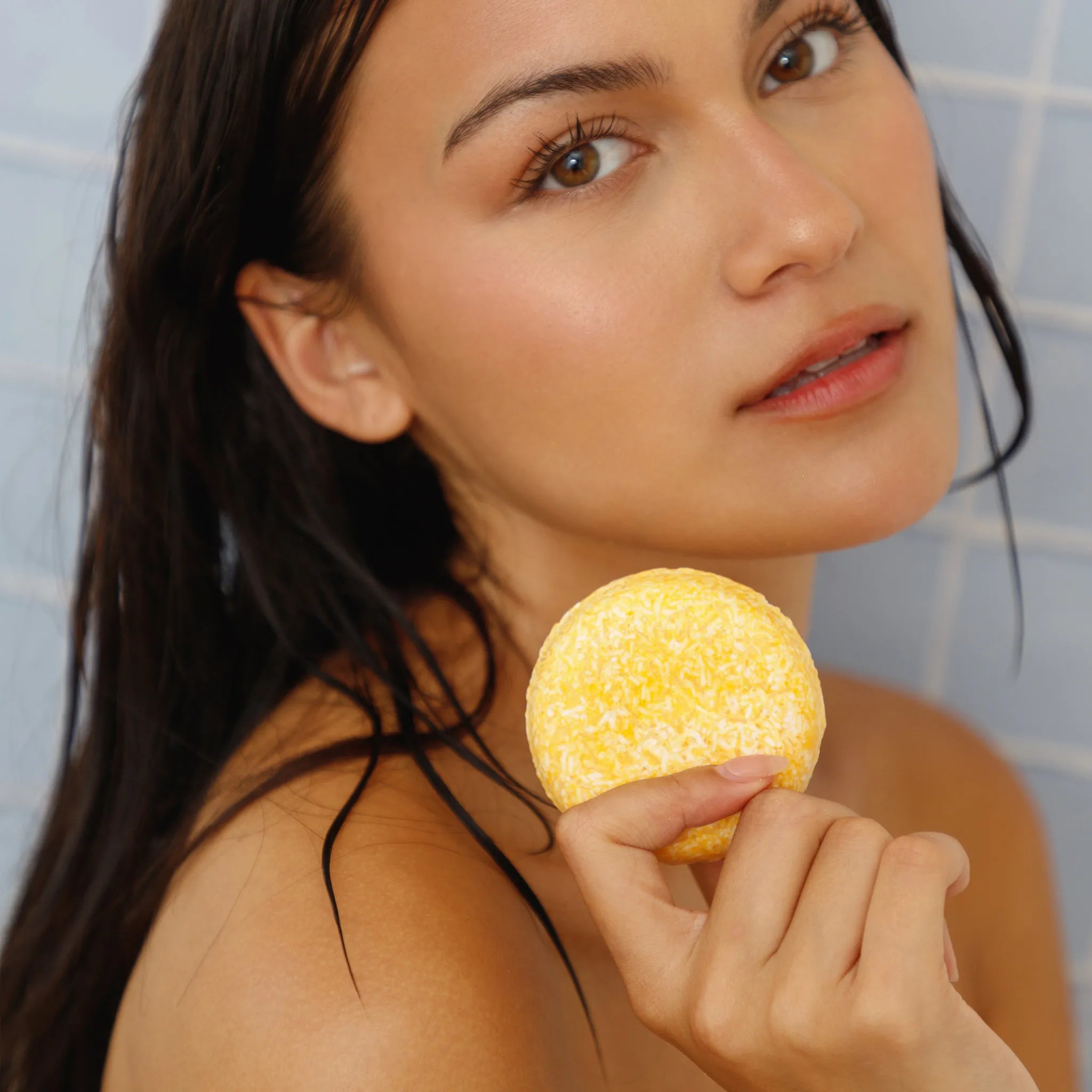

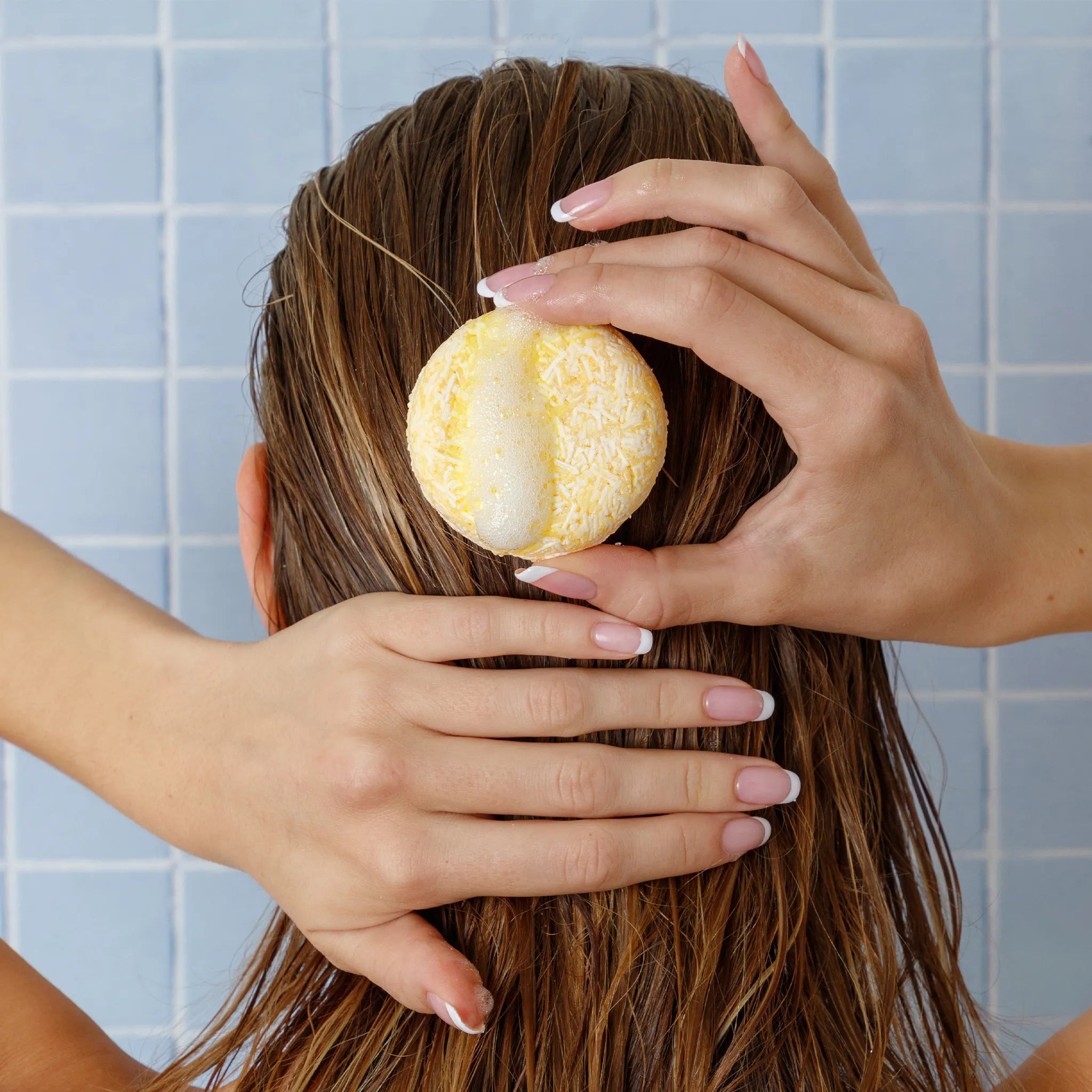
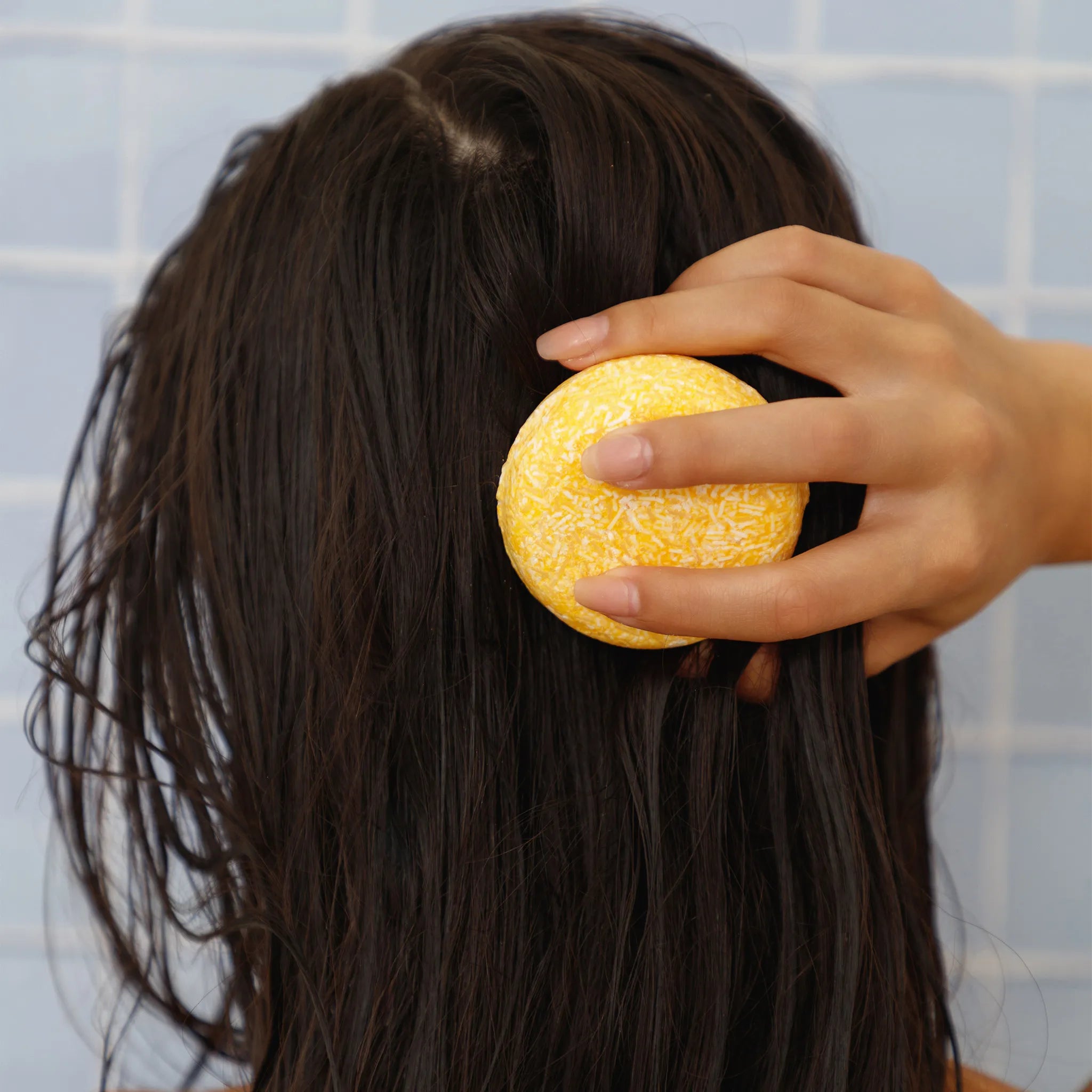
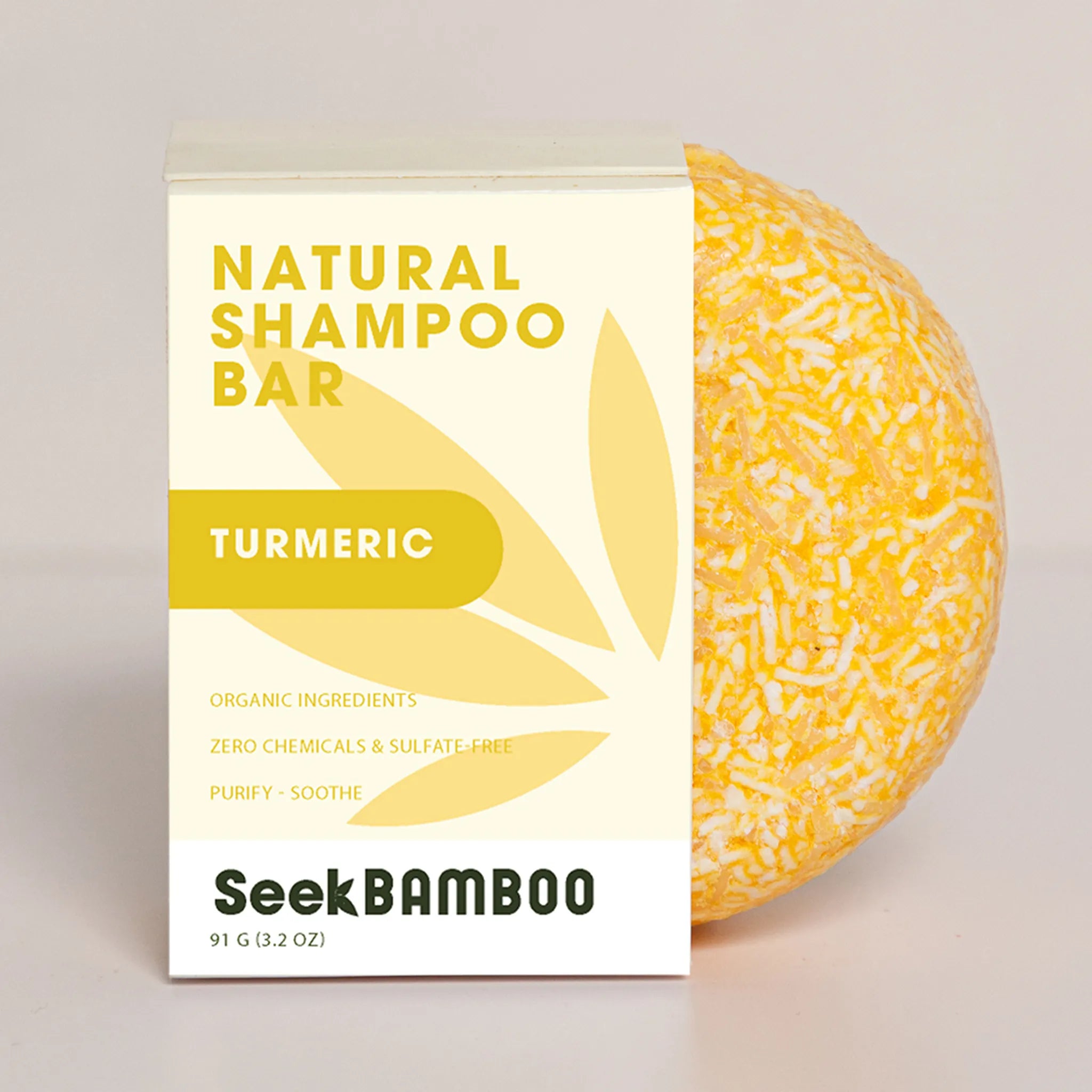
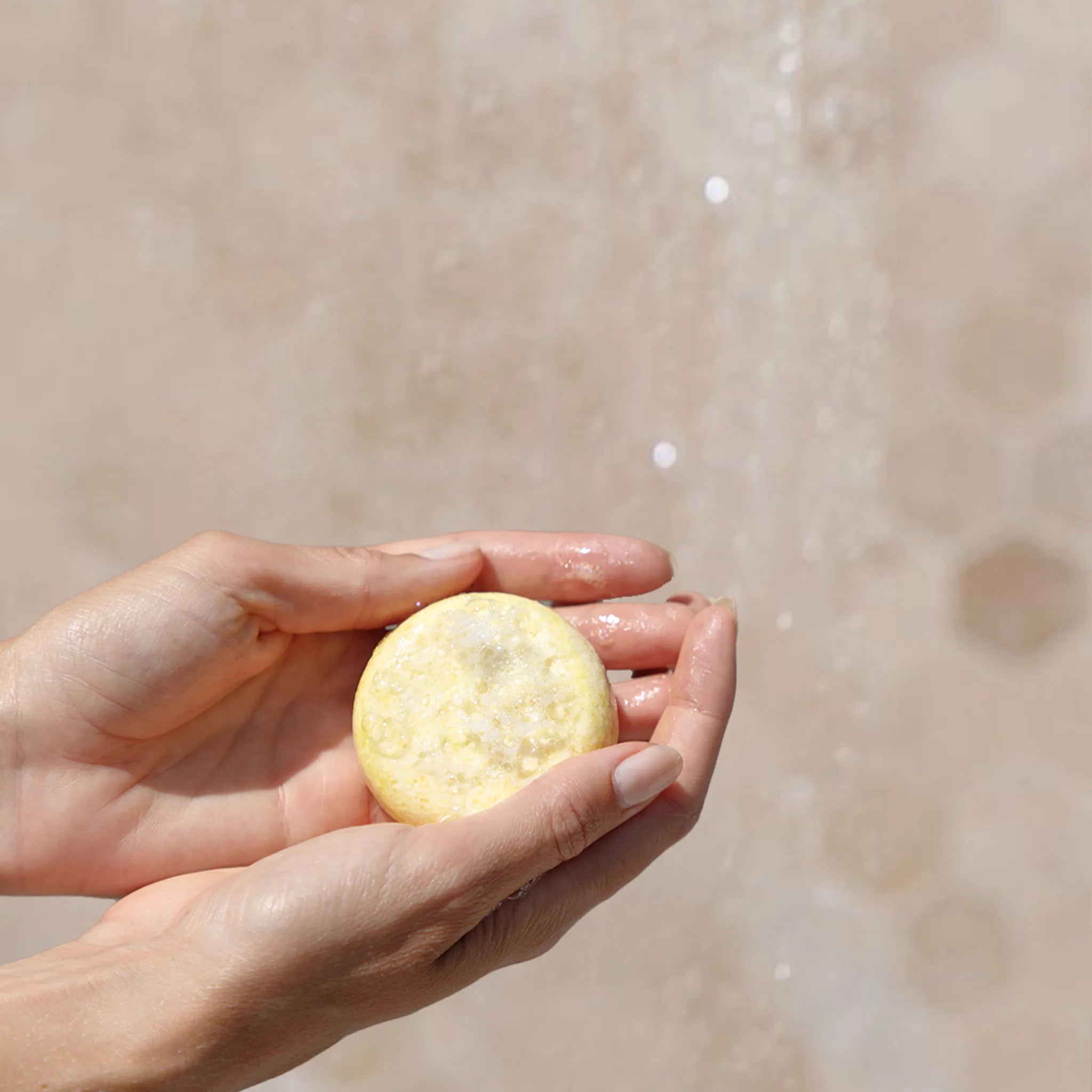
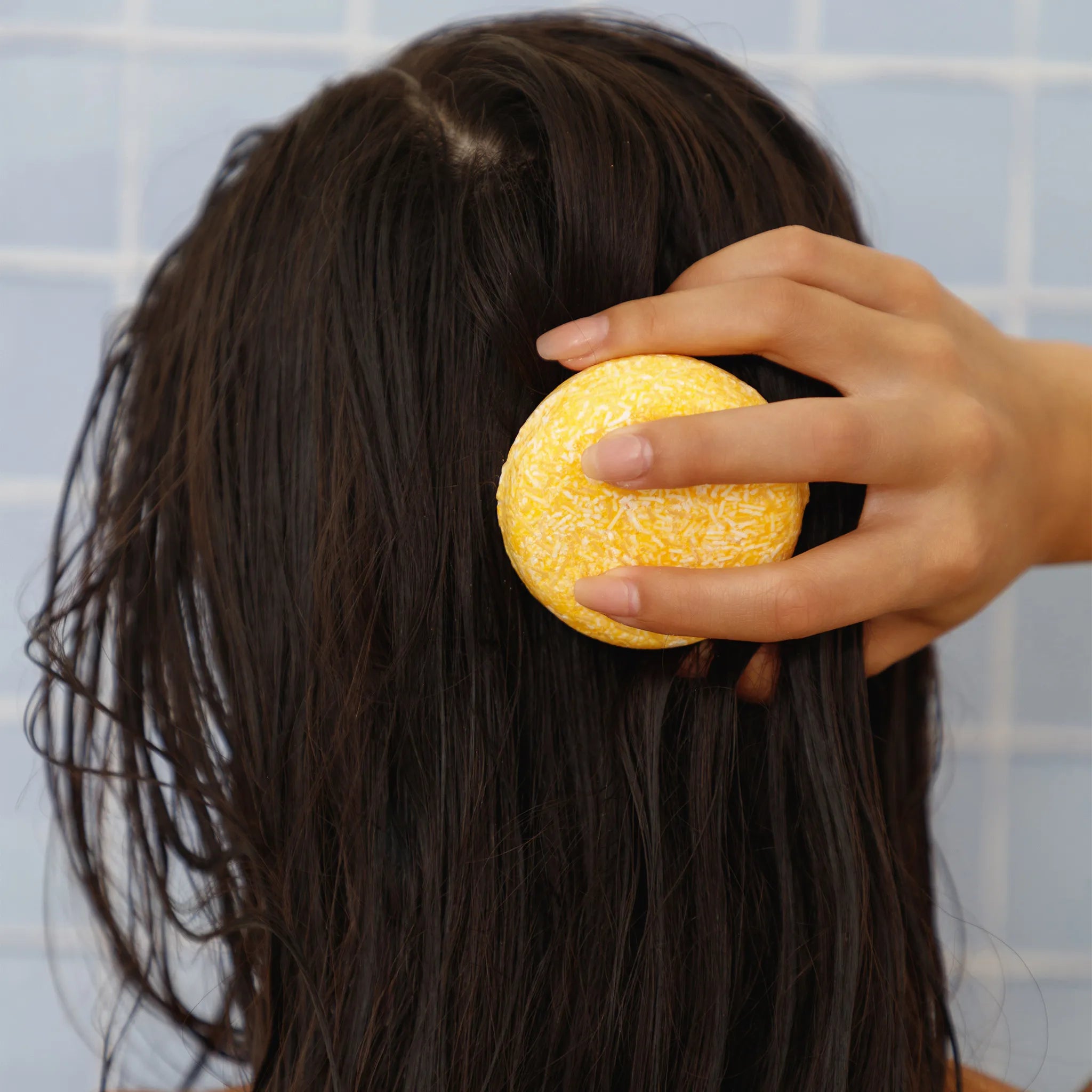
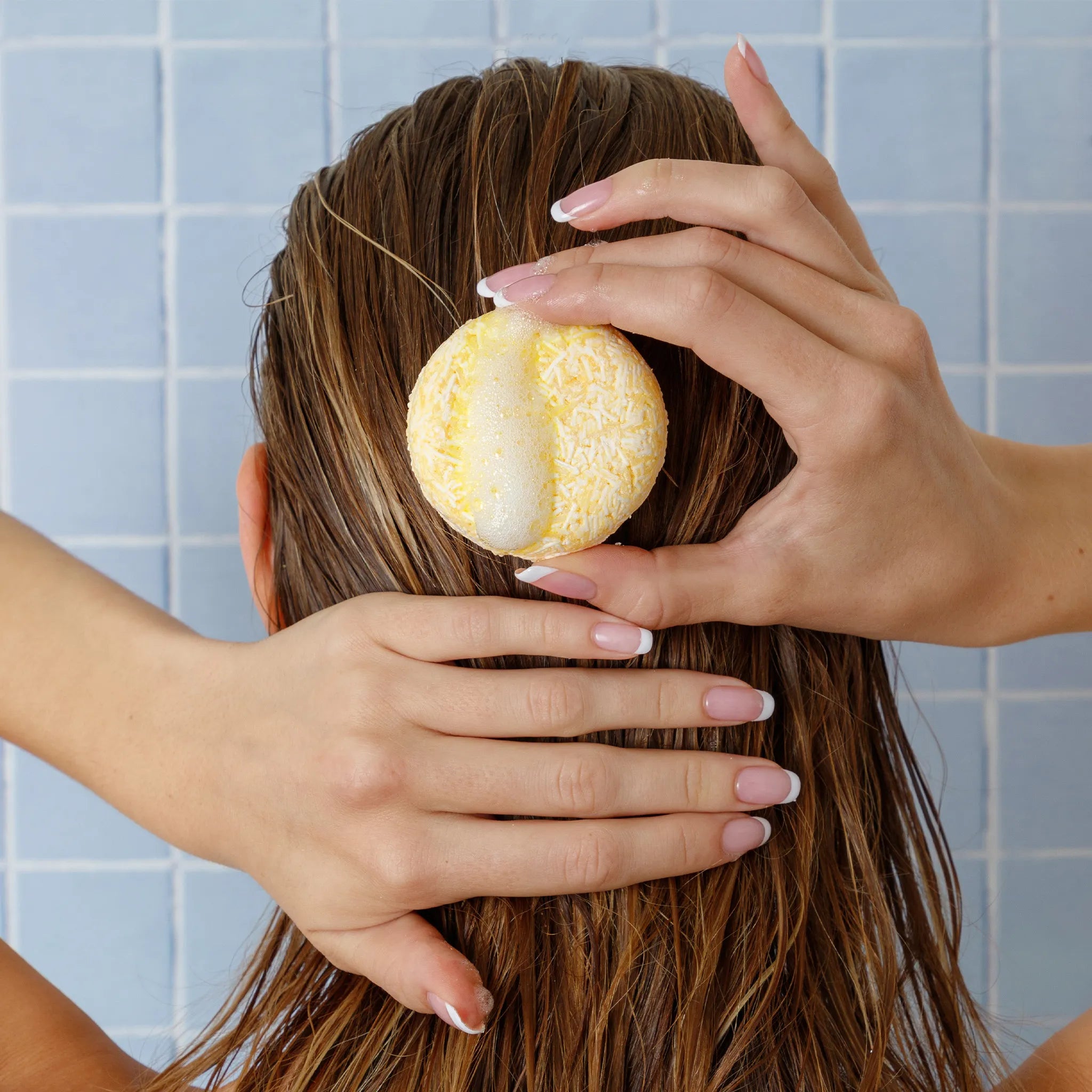

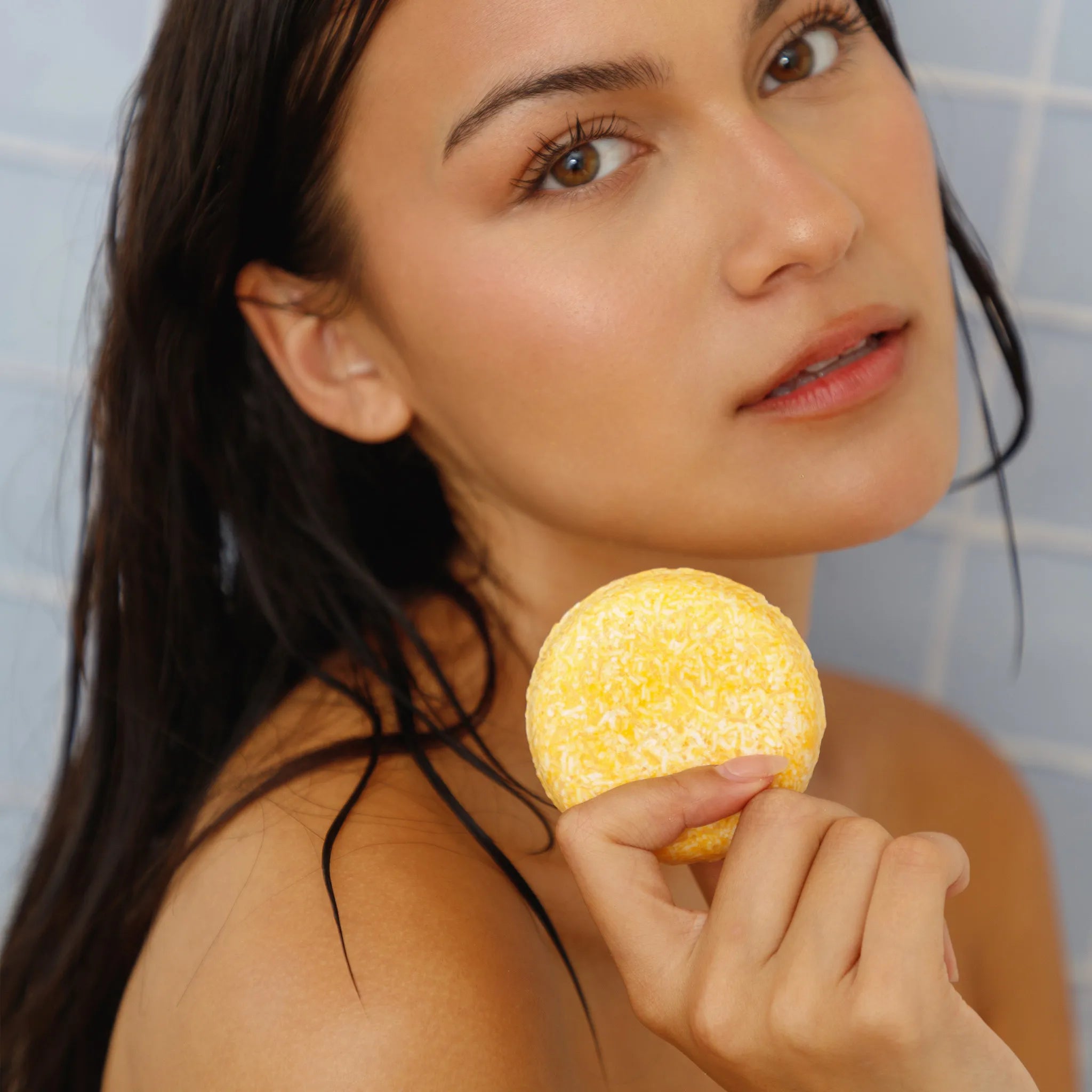
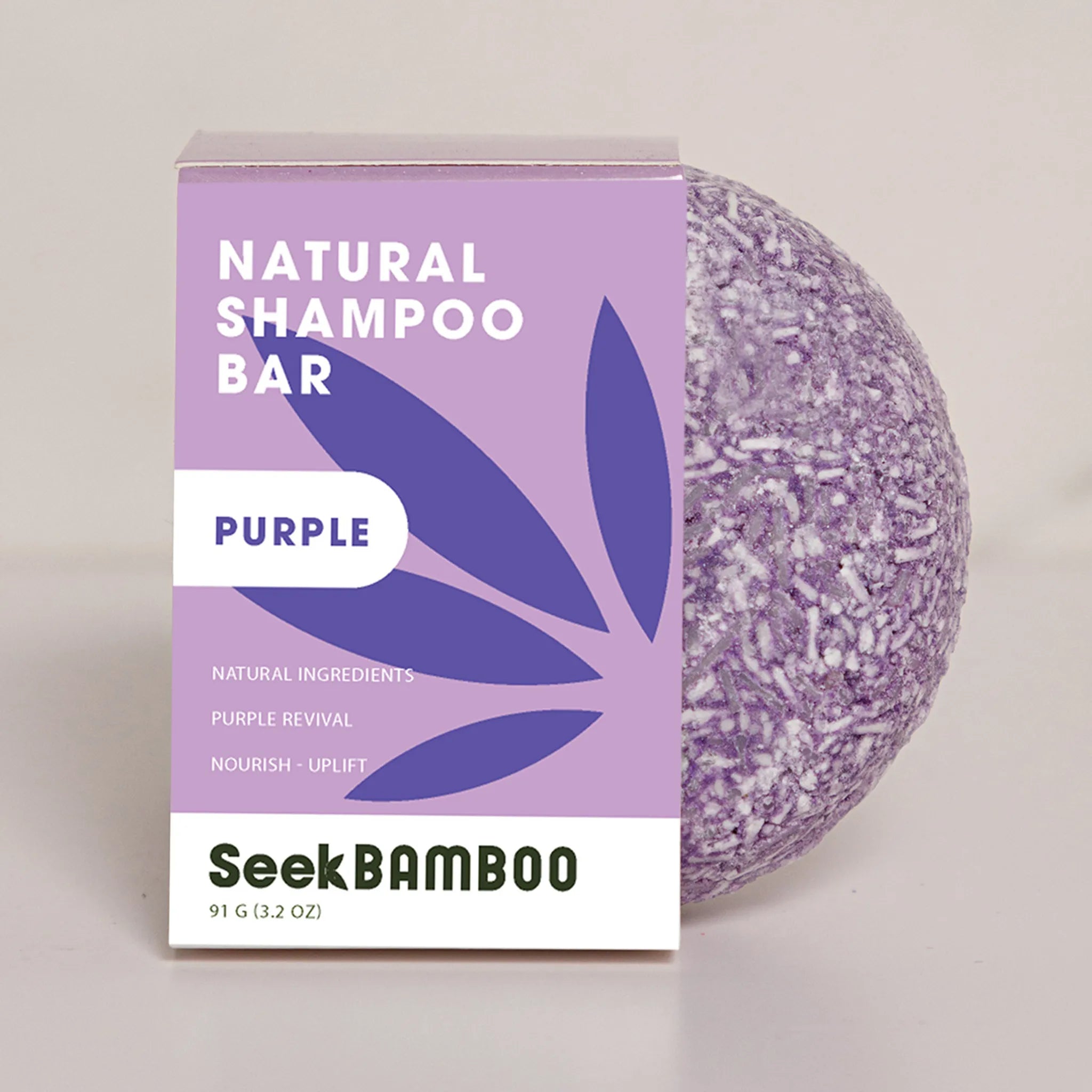
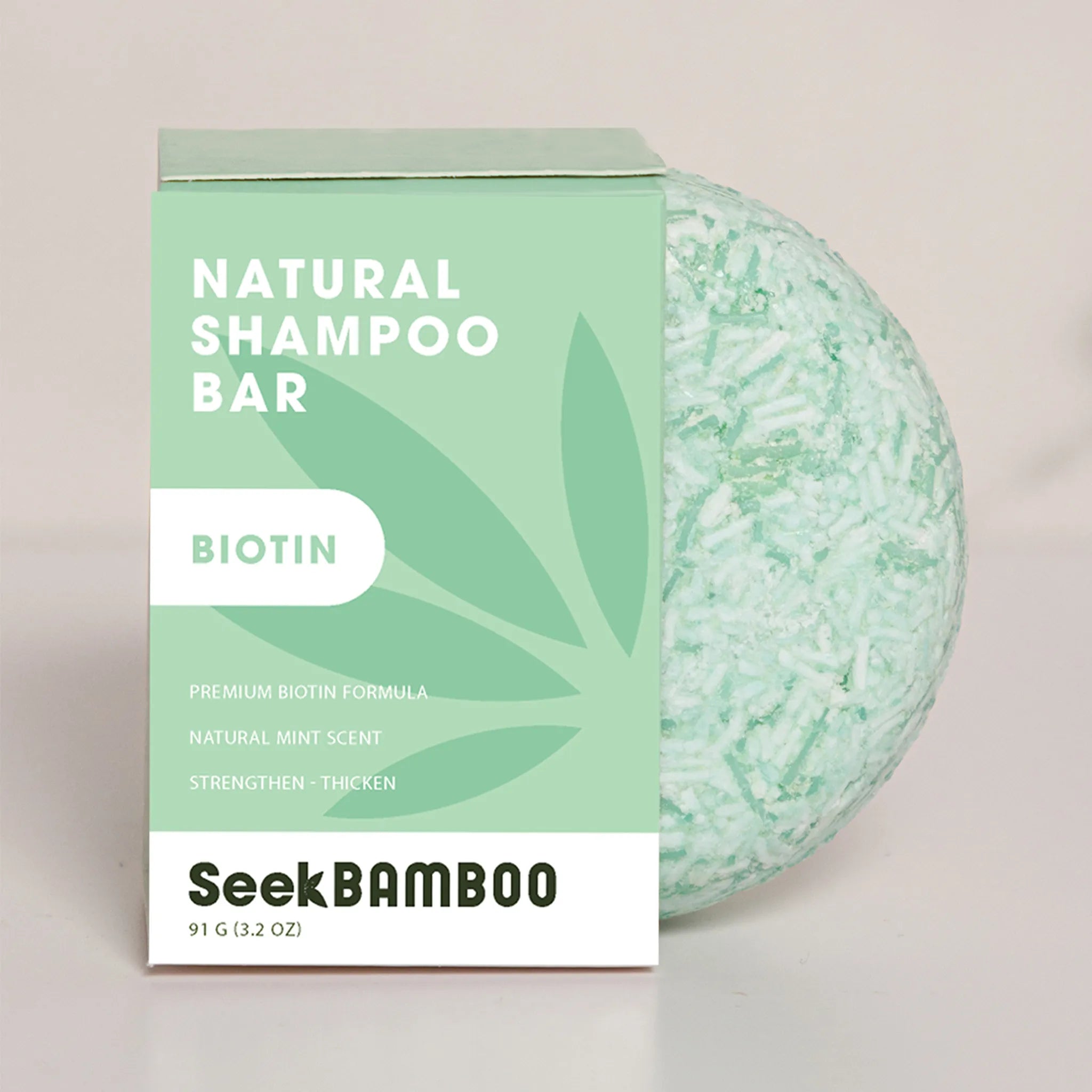
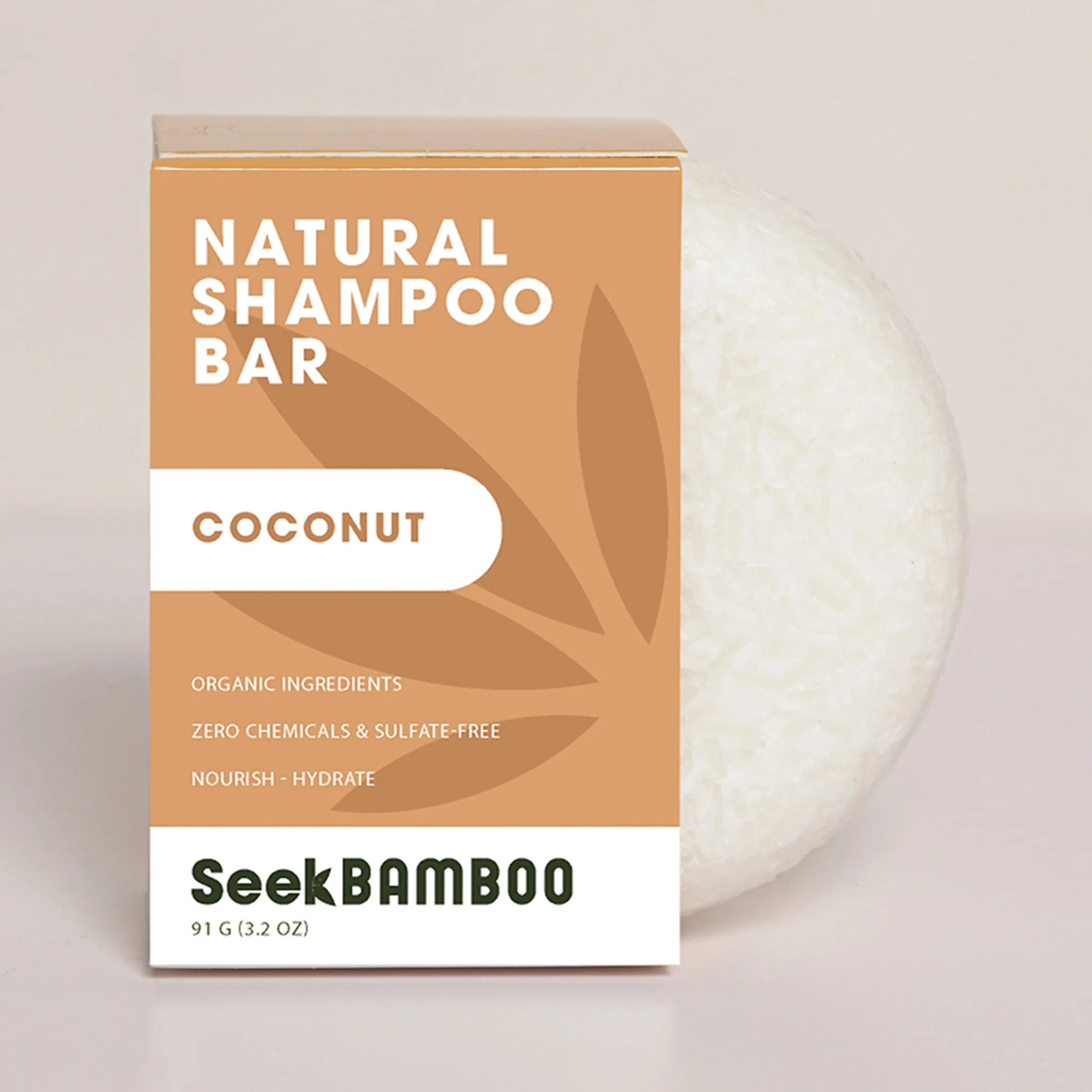
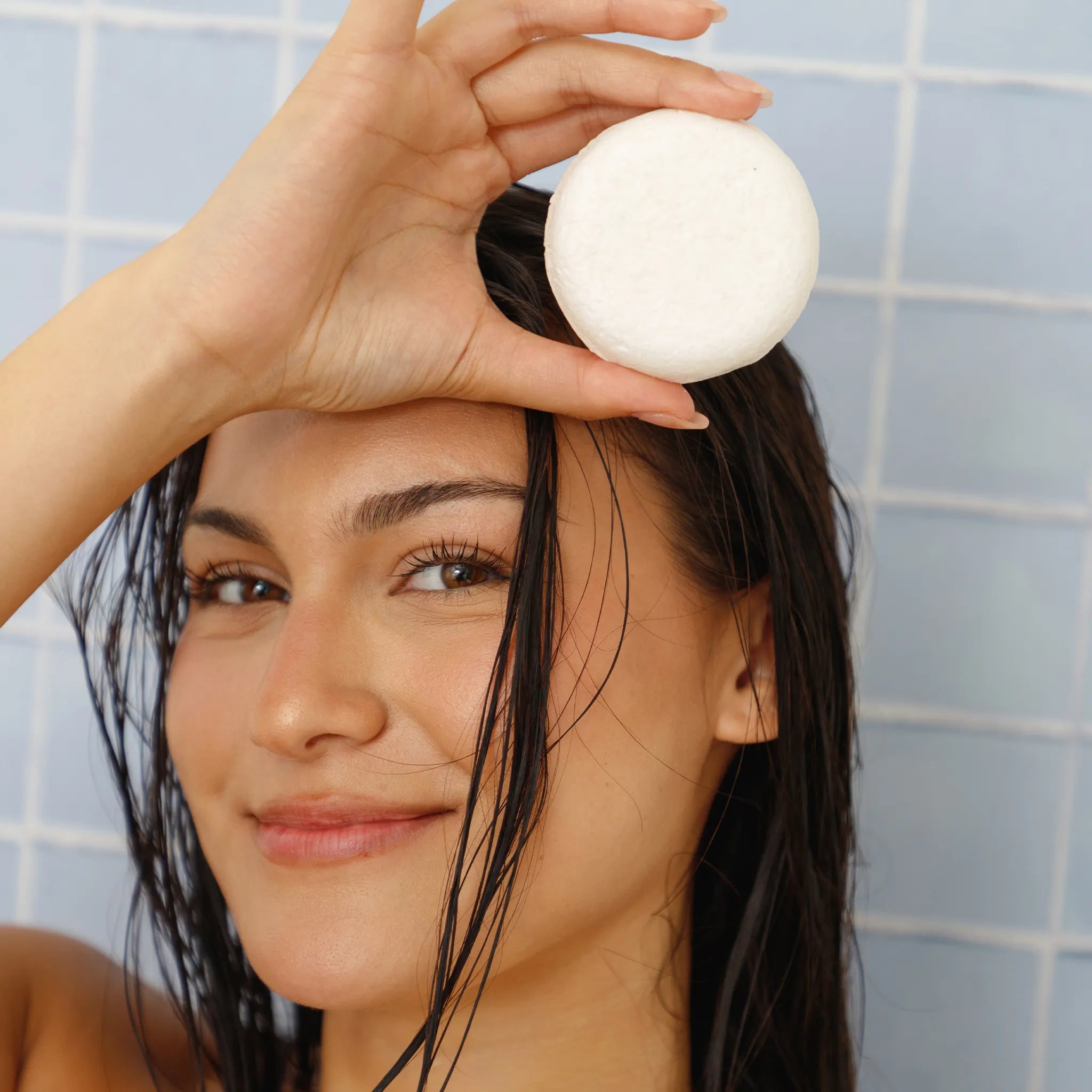
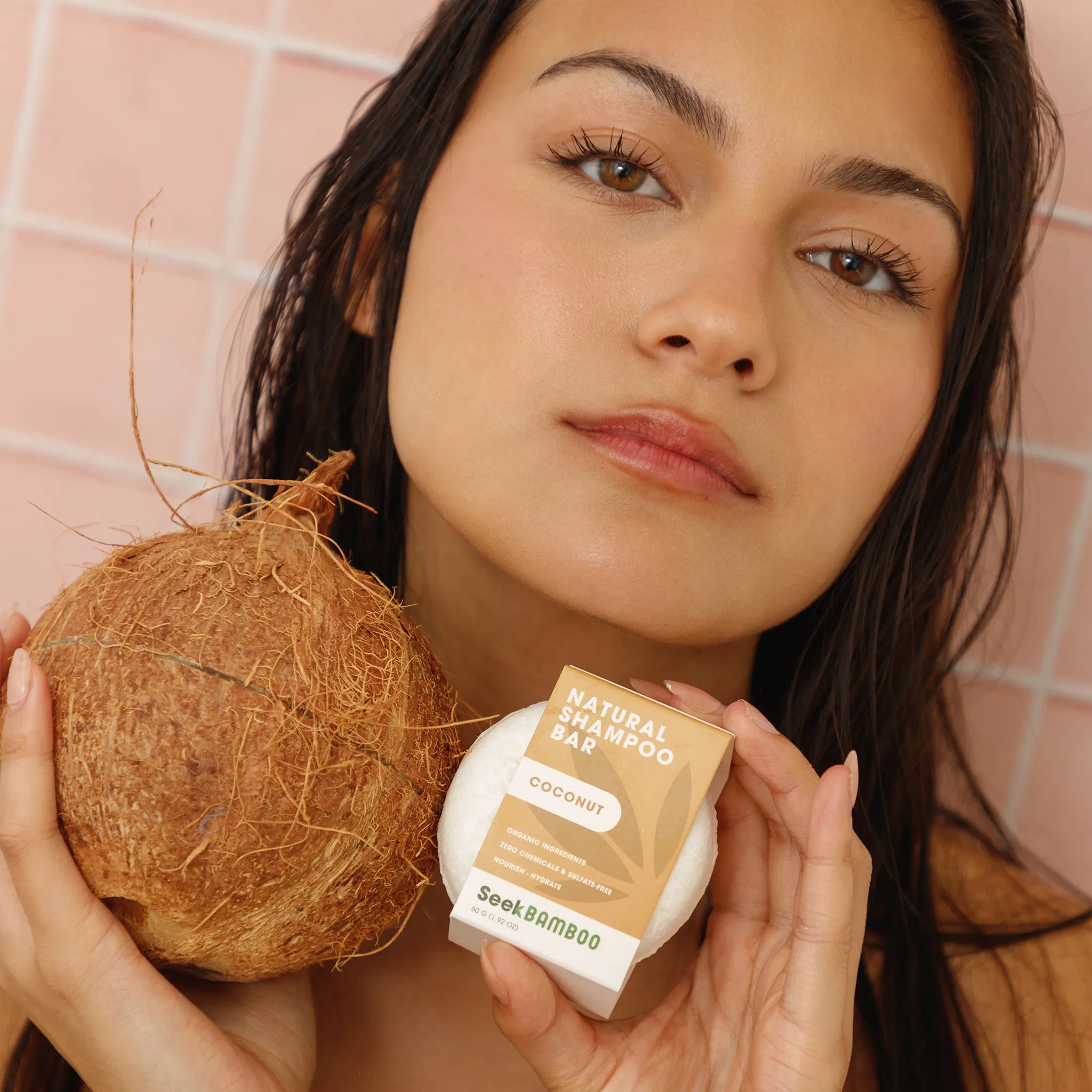
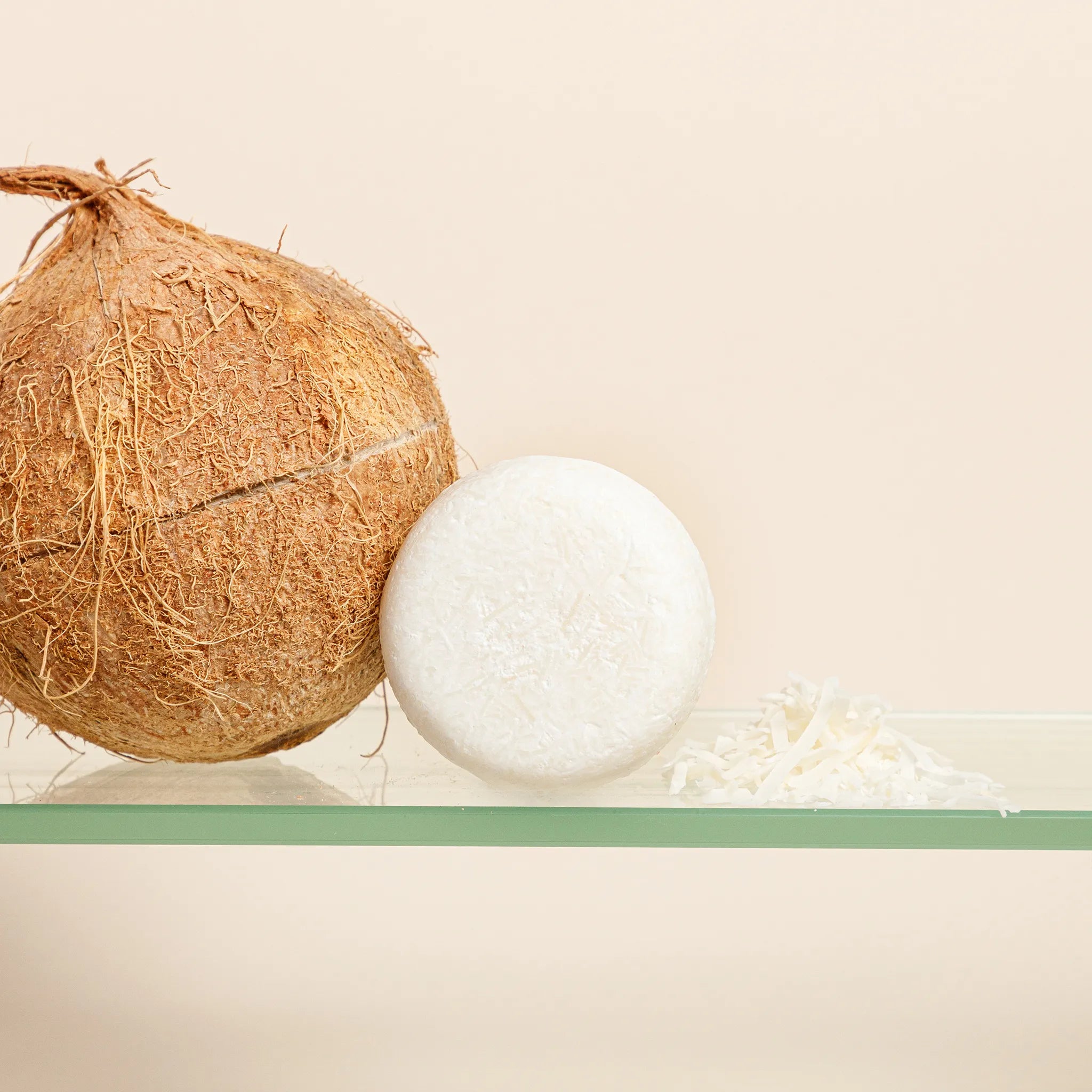
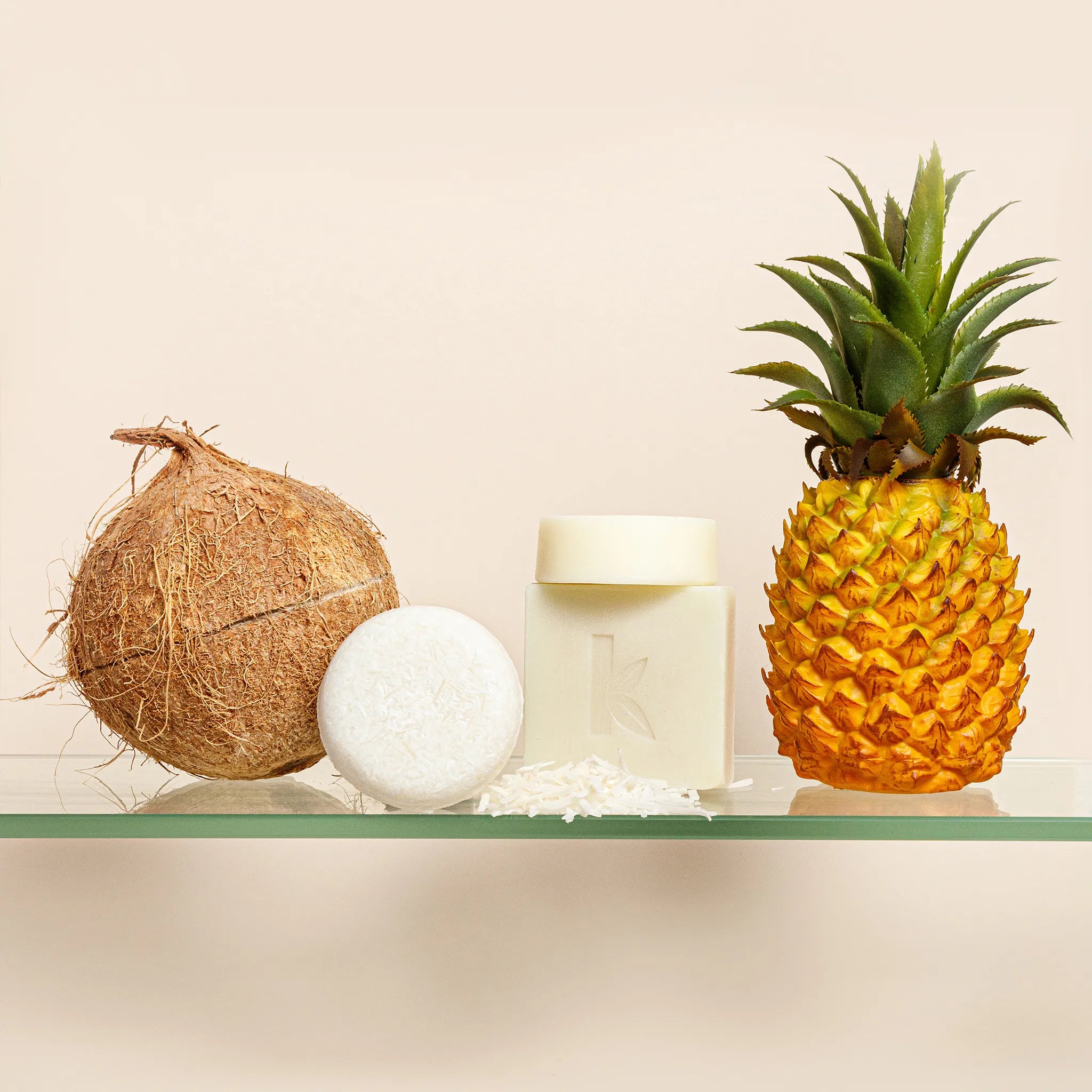
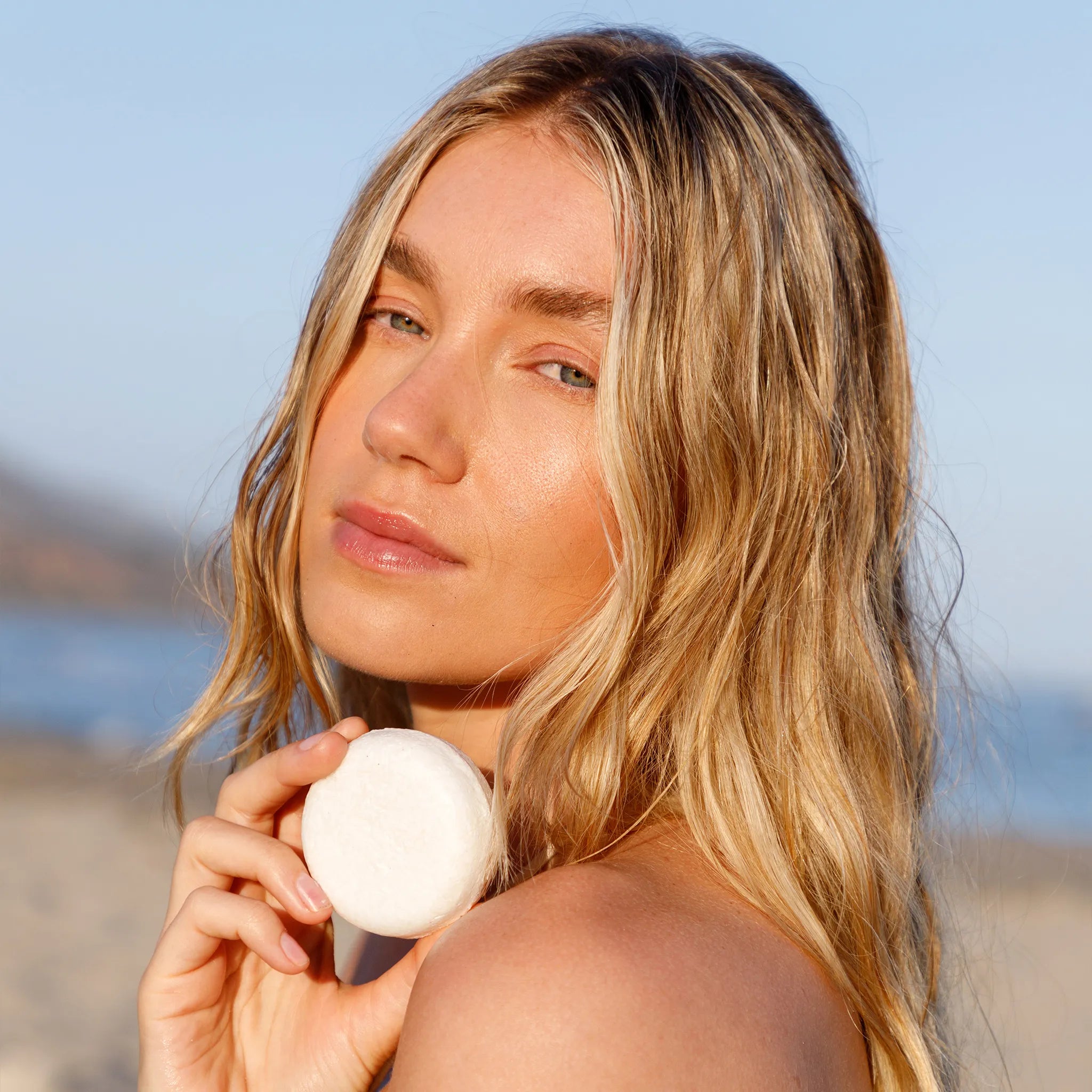
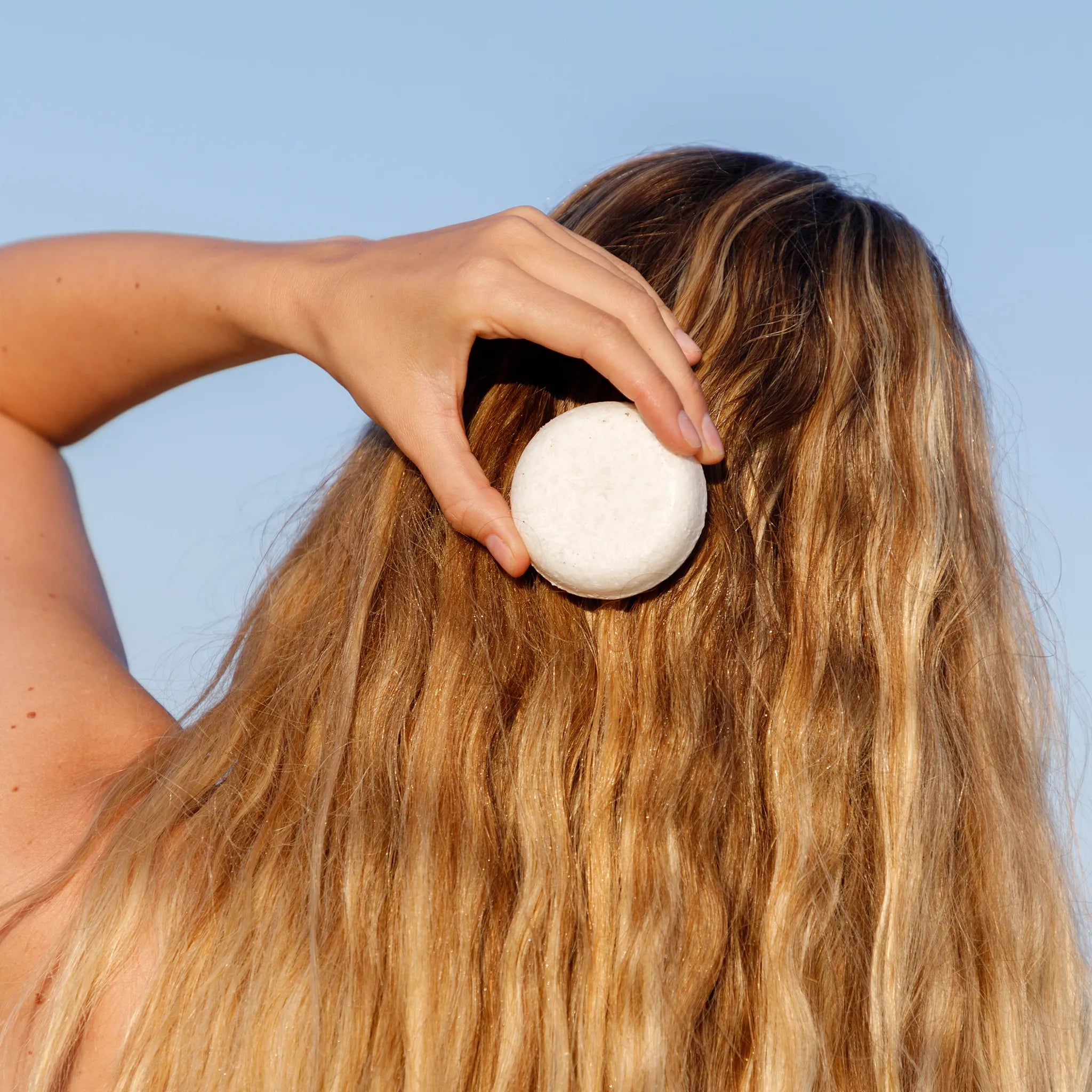
Description
✓ Free of sulfates, palm oil, parabens, dyes, & synthetic fragrances
✓ Amino acid formula for all hair types, promoting strength, volume & vitality
✓ Packed with antioxidants & vitamins
✓ Larger 3.2 oz size lasts 70-90 washes, replacing up to 3 plastic bottles of shampoo
✓ Plastic-free & eco-friendly packaging, making it a sustainable choice for both your hair & the planet
A Breakdown of Key Ingredients
When it comes to caring for hair in hard water conditions, the ingredients in your shampoo bar provide a powerful blend of gentle cleansing and deep hydration, making them an excellent choice. Let’s explore how each component works to combat the challenges posed by hard water:
Gentle Cleansing with Sodium Lauryl Glutamate & Sodium Cocoyl Glutamate
These mild, sulfate-free surfactants are derived from natural sources and are designed to cleanse effectively without stripping away your hair’s natural oils. In hard water conditions, these ingredients shine because they are less likely to react with the minerals in the water, which means less residue buildup on your hair. This ensures that your hair feels clean and light after each wash.
Rich Moisturization from Avocado Butter, Shea Butter, and Cocoa Seed Butter
Hard water can be incredibly drying, but the rich butters in your shampoo bar—avocado, shea, and cocoa seed—provide deep nourishment and moisture. These ingredients create a protective barrier on your hair, helping to lock in moisture and counteracting the dryness that hard water can cause. This leaves your hair feeling soft, smooth, and hydrated, even in challenging water conditions.
Olive Oil for Smoothing and Shine
Use this Olive oil is renowned for its ability to condition and smooth the hair, which is especially beneficial in hard water environments. The mineral deposits from hard water can leave hair feeling rough and looking dull, but olive oil helps to smooth the hair cuticle, enhancing shine and reducing tangles. This makes your hair more manageable and easier to style.text to share information about your brand with your customers. Describe a product, share announcements, or welcome customers to your store.
Trehalose for Moisture Retention
Trehalose is a sugar-based ingredient that excels at retaining moisture. In hard water conditions, where hair can easily become dehydrated, trehalose helps to keep your hair hydrated and resilient. It also provides some protection against environmental stressors, ensuring that your hair stays healthy and vibrant.
Glycerin for Added Hydration
Glycerin, a natural humectant, draws moisture into the hair, which is crucial when dealing with the drying effects of hard water. By maintaining moisture levels, glycerin helps to keep your hair soft and supple, even in environments where hard water would otherwise leave it feeling dry and brittle.
Our shampoo bar’s combination of gentle, non-reactive surfactants and deeply moisturizing ingredients makes it particularly well-suited for hard water. The formulation not only cleanses effectively but also combats the dryness and dullness often associated with mineral-rich water. By providing both hydration and protection, your shampoo bar helps to keep hair soft, manageable, and healthy, even in the face of hard water challenges.
Hard Water Shampoo and Conditioner
Additional Tips for Protecting Hair from Hard Water
Dealing with the challenges of hard water requires more than just the right shampoo—it also calls for a few strategic adjustments to your overall hair care routine. By combining the right products with these additional tips, you can protect your hair from the negative effects of hard water and maintain its health, shine, and manageability.
Invest in a Water Softener or Shower Filter
One of the most effective ways to combat hard water is by installing a water softener or a shower filter. These devices help to reduce the mineral content in your water, making it less harsh on your hair. A water softener treats all the water in your home, while a shower filter is a more affordable and easy-to-install option that can significantly reduce the impact of hard water on your hair. By using softened water, you can prevent the buildup of minerals on your hair and scalp, making it easier to maintain clean, soft, and shiny hair.
Adjust Your Shampooing Routine
In hard water conditions, shampooing too frequently can exacerbate dryness and lead to further damage. To prevent over-drying, consider reducing the frequency of your washes. When you do shampoo, focus on thoroughly rinsing your hair to remove any potential buildup. You might also benefit from alternating between your regular shampoo and a clarifying shampoo or rinse, like an apple cider vinegar rinse, to help remove any mineral residue.
Incorporate Deep Conditioning Treatments
Regular deep conditioning treatments are essential for replenishing moisture and maintaining the health of your hair in hard water environments. Look for deep conditioners or hair masks that contain nourishing ingredients like avocado butter, shea butter, and olive oil—ingredients that are also found in your shampoo bar. These treatments can help to restore hydration, smooth the hair cuticle, and protect your hair from the drying effects of hard water.
Embrace a Tailored Approach to Combat Hard Water
Dealing with hard water requires a multi-faceted approach, but with the right tools and knowledge, you can protect your hair from its damaging effects. By combining the use of an amino acid formulated shampoo to your routine—such as installing a shower filter, reducing shampoo frequency, and incorporating deep conditioning—you can maintain healthy, vibrant hair even in challenging water conditions. Remember, finding the perfect balance may take some time and experimentation, but your hair will thank you for the extra care and attention.
Hard Water Hair Hacks
Keep Your Hair Happy and Healthy in Hard Water
What is hard water and how does it affect my hair?
Hard water is water that contains a high concentration of minerals, particularly calcium and magnesium. These minerals can interact with hair and shampoo, leading to a buildup of residue on the hair shaft. Over time, this buildup can cause dryness, dullness, tangles, and even hair breakage. Hard water can also make it difficult for shampoo to lather properly, reducing its cleansing effectiveness and leaving hair feeling heavy and less manageable.
How can I tell if my hair is being affected by hard water?
Common signs that your hair is being affected by hard water include a lack of shine, increased tangles, a rough texture, and more hair breakage than usual. You may also notice that your hair feels heavy or sticky, which is often due to mineral buildup. Additionally, if your shampoo doesn’t lather well or your scalp feels dry or flaky, hard water could be the cause.
What ingredients should I look for in a shampoo bar if I have hard water?
When choosing a shampoo bar for hard water, look for ingredients that can help counteract the drying and dulling effects of minerals. Gentle surfactants like sodium lauryl glutamate and sodium cocoyl glutamate are effective cleansers that don’t react strongly with hard water minerals. Moisturizing ingredients like avocado butter, shea butter, olive oil, and cocoa seed butter are excellent for maintaining hydration and protecting the hair shaft. Additionally, glycerin and trehalose can help retain moisture, keeping your hair soft and manageable.
Can a shampoo bar help with hard water buildup?
Yes, a well-formulated shampoo bar can help manage hard water buildup. The gentle cleansing agents in the shampoo bar can effectively remove dirt and oil without reacting with the minerals in hard water. Additionally, the moisturizing ingredients in the shampoo bar can help to condition the hair, making it easier to rinse away any mineral residue and preventing the buildup from weighing down your hair.
How often should I wash my hair if I have hard water?
If you’re dealing with hard water, it’s often beneficial to reduce the frequency of hair washing to prevent over-drying. Washing your hair 2-3 times a week is usually sufficient for most people. On non-wash days, you can use a dry shampoo or simply rinse your hair with filtered water to help remove any surface dirt or oil. When you do shampoo, make sure to rinse thoroughly to help minimize mineral buildup.
What other steps can I take to protect my hair from hard water?
In addition to using a shampoo bar formulated for hard water, consider installing a water softener or a shower filter to reduce the mineral content in your water. This can significantly decrease the impact of hard water on your hair. Additionally, using a clarifying rinse, such as apple cider vinegar diluted with water, once a week can help remove mineral buildup. Regular deep conditioning treatments are also important for maintaining moisture and protecting your hair from dryness.
Will a shampoo bar work better than liquid shampoo in hard water?
Both shampoo bars and liquid shampoos can work effectively in hard water, but shampoo bars have some advantages. They often contain fewer synthetic ingredients and more concentrated natural oils and butters, which can help counteract the drying effects of hard water. Additionally, shampoo bars are eco-friendly, typically coming with minimal packaging, which is a bonus for environmentally conscious consumers. The key is to choose a shampoo bar with the right blend of cleansing and moisturizing ingredients to address hard water challenges.
How can I prevent mineral buildup on my hair?
To prevent mineral buildup from hard water, try using a clarifying shampoo or rinse periodically to remove any residue. You can also rinse your hair with distilled or filtered water as a final step after washing, which can help reduce the amount of minerals left on your hair. Another effective method is to use a leave-in conditioner or hair oil after washing, which can create a barrier that prevents minerals from adhering to the hair shaft.
Is it necessary to use a conditioner after using a shampoo bar in hard water?
While some shampoo bars are formulated to be moisturizing enough on their own, using a conditioner can provide added protection and hydration, especially in hard water conditions. A conditioner can help to seal the hair cuticle, lock in moisture, and smooth the hair shaft, reducing the effects of mineral buildup. Look for a conditioner that complements the ingredients in your shampoo bar, focusing on moisturizing and nourishing properties.
QuestionCan hard water affect my scalp as well as my hair?
Yes, hard water can affect your scalp by contributing to dryness, flakiness, and irritation. The minerals in hard water can accumulate on the scalp, clogging pores and potentially leading to issues like dandruff or seborrheic dermatitis. To maintain a healthy scalp, ensure you’re using a shampoo bar that cleanses effectively without stripping away natural oils. Additionally, regular exfoliation of the scalp using a gentle scrub or brush can help remove buildup and promote healthy skin.


